What's the Difference Between Fee Simple and Leasehold Properties?

In most areas of the United States, when you purchase property, you are buying the land and all of its improvements in perpetuity. However, this is not always the case in select states and vicinities. Before you buy real estate on Maui or in any other area, it is important to know exactly what your purchase includes and how long you will have access to that property. With this in mind, a closer look at the differences between fee simple vs. leasehold ownership is in order.
Understanding Fee Simple Ownership
Fee simple ownership, which may also be referred to as a freehold, is the type of real estate ownership that most people are familiar with. With fee simple ownership, you are buying the land and its improvements in their entirety. More than that, you will have direct ownership of the property until you decide to sell it.
This is real estate that may be passed down to your heirs after your passing. The property owner may also execute a lease and grant the temporary use of the land and its improvements to another person or legal entity. Essentially, the owner can do as he or she wishes with the property with only a few exceptions. These exceptions are tied to local zoning ordinances, subdivision restrictions, and other such exceptions that are specifically linked to the land and that are known before the purchase takes place.
Newest Maui Properties For Sale
How Leasehold Ownership Is Different
Leasehold ownership stands far apart from fee simple ownership. Essentially, a fee simple owner enters into a leasehold agreement with another person. This agreement is generally far longer than a typical residential lease that you may be familiar with. It is common to find leaseholds that extend for 15, 30, or more years. The fee simple owner retains full rights to the land. The leaseholder buys rights to the improvements on the land, but he or she is leasing the land underneath those improvements.
For this right, the leaseholder must pay the fee simple owner a monthly rent payment. Because of the extended length of a leasehold agreement, the rental payment amount usually is escalatory over time. The specific terms, however, can vary dramatically based on the terms of the agreement. In addition, the leaseholder must purchase the improvements on the land, such as through a mortgage.
At the end of a leasehold, the fee simple owner has full control over the land and its improvements once again. Keep in mind that the leaseholder is not bound to the property for the entire length of the agreement. The leaseholder has the ability to sell his or her leasehold rights to another party. Regardless of who owns the property at the end of the leasehold term, however, the property will revert back to the fee simple owner.
The Benefits of a Leasehold
At first glance, the limited access to property rights with a leasehold may make this type of ownership unattractive. However, there are several important benefits of a leasehold that you should be aware of. For example, when you compare the cost of a fee simple vs. leasehold property, you may discover that the purchase price is far more affordable.
A lower sales price generally equates to more affordable monthly payments. This means that the affordability benefit may continue for the length of your leasehold term. There is also a possibility that the fee simple owner will sell his or her fee simple ownership to you. If this happens, you will then have fee simple ownership of the property.
The Drawbacks of a Leasehold
Likewise, there are a few drawbacks to a leasehold that you should be aware of. The length of a leasehold is usually so long that the leaseholder will sell his or her interests in it well before the leasehold term expires. However, if you plan to hang onto the property, you will eventually be required to return the land to the fee simple owner.
A leasehold agreement typically has a surrender clause. This means that all of the improvements to the land revert to the fee simple owner. It is also important to note that it can be increasingly difficult to sell a leasehold property as the end of the lease term approaches. One reason for this is because of a lack of available financing for a buyer.
The Impact on Taxes and Mortgage Options
Unless you plan to pay for your new property outright with cash, you need to know how your ownership interest in the property will affect your mortgage options. Many Maui lenders require the mortgage term to be shorter than the remaining length on a leasehold term. This means that if your leasehold term has 21 years remaining, you may only be able to qualify for a 20-year mortgage. If your leasehold term has 10 years remaining on it, you likely will not be able to refinance your mortgage. You also may only be able to sell to a cash buyer.
In addition, your interest in real estate can impact your tax liability. Regardless of your ownership interest in the property, you may have access to several lucrative tax credits through depreciation. However, the IRS only views leaseholds with a term of 30 years or longer in the same light as a fee simple property. If the leasehold term is less than 30 years long, the property is considered personal property rather than real estate for tax purposes.
Maui’s Leasehold Properties
Now that you have a better understanding of fee simple vs. leasehold properties, you may be wondering how this will impact your property search. Several notable condominium communities throughout Maui are leasehold properties. For example, Ma'alaea is an area where leasehold properties are common. This includes the beautiful Ma'alaea Yacht Marina community. In addition, there are several leasehold properties in Ka'anapali, including Ka'anapali Shores and Maui Eldorado. Kihei is also home to several leasehold properties, such as Kamaole Nalu.
The nuances of fee simple and leasehold properties can be complex, and they can have far-reaching impacts on everything from your usage of the property and its future salability to taxation, mortgage options, and more. With this in mind, consider discussing the purchase of any leasehold property with an experienced real estate attorney as a first step.
If you're interested in learning more about the differences or want to start searching for a home or condo for yourself, please feel free to reach out to me anytime.
Get In Touch With Evan!
_(1).jpg)
Evan Harlow ranks among the best real estate agents on Maui annually and is in the top 1% of Coldwell Banker agents worldwide in production. Evan has the expertise, experience, and work ethic to help you achieve your real estate buying and selling goals. We promise exceptional service and support from the beginning of the process through closing and beyond. See what Evan's clients are saying on Google.
Posted by Evan Harlow R(S) on

.jpg)
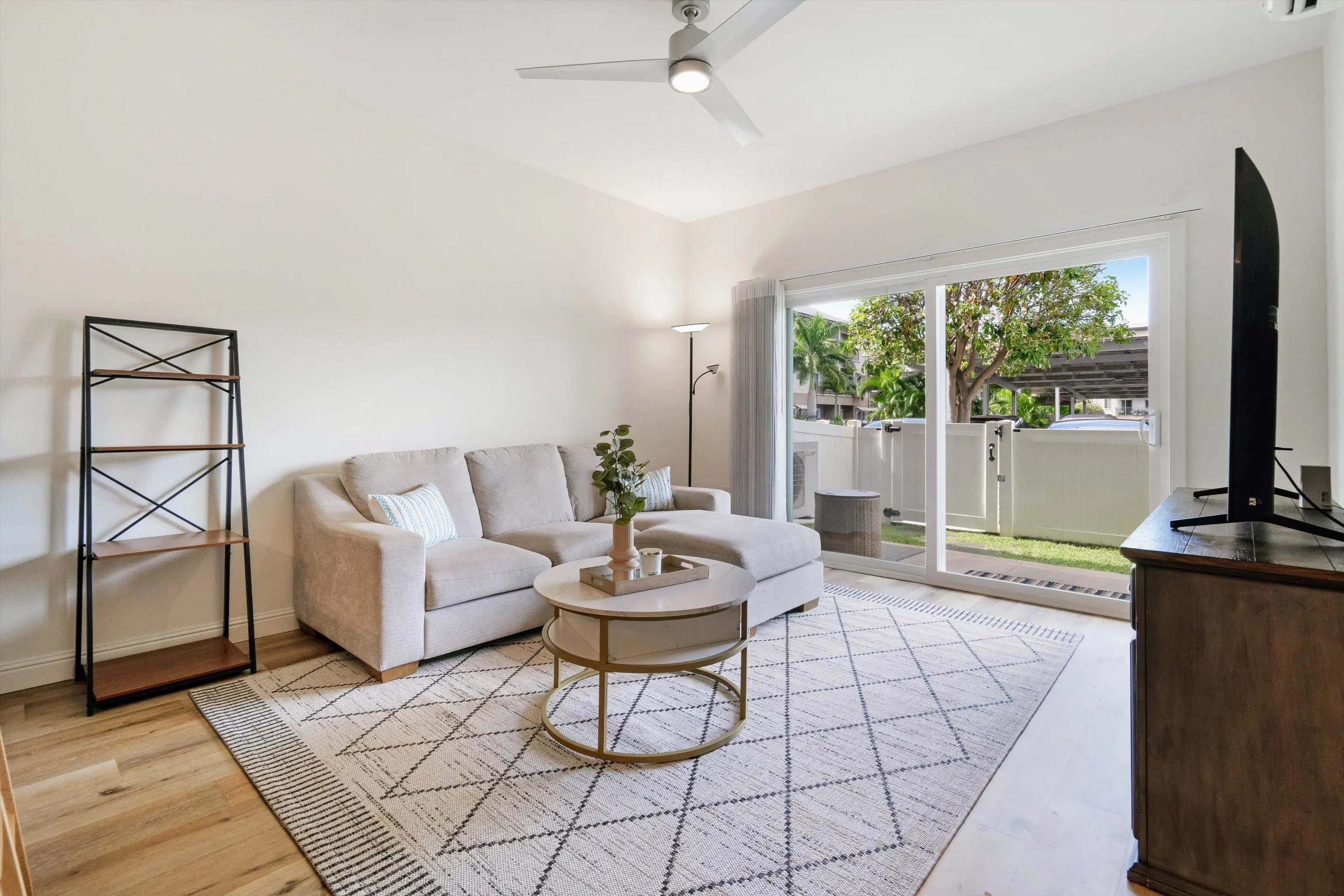





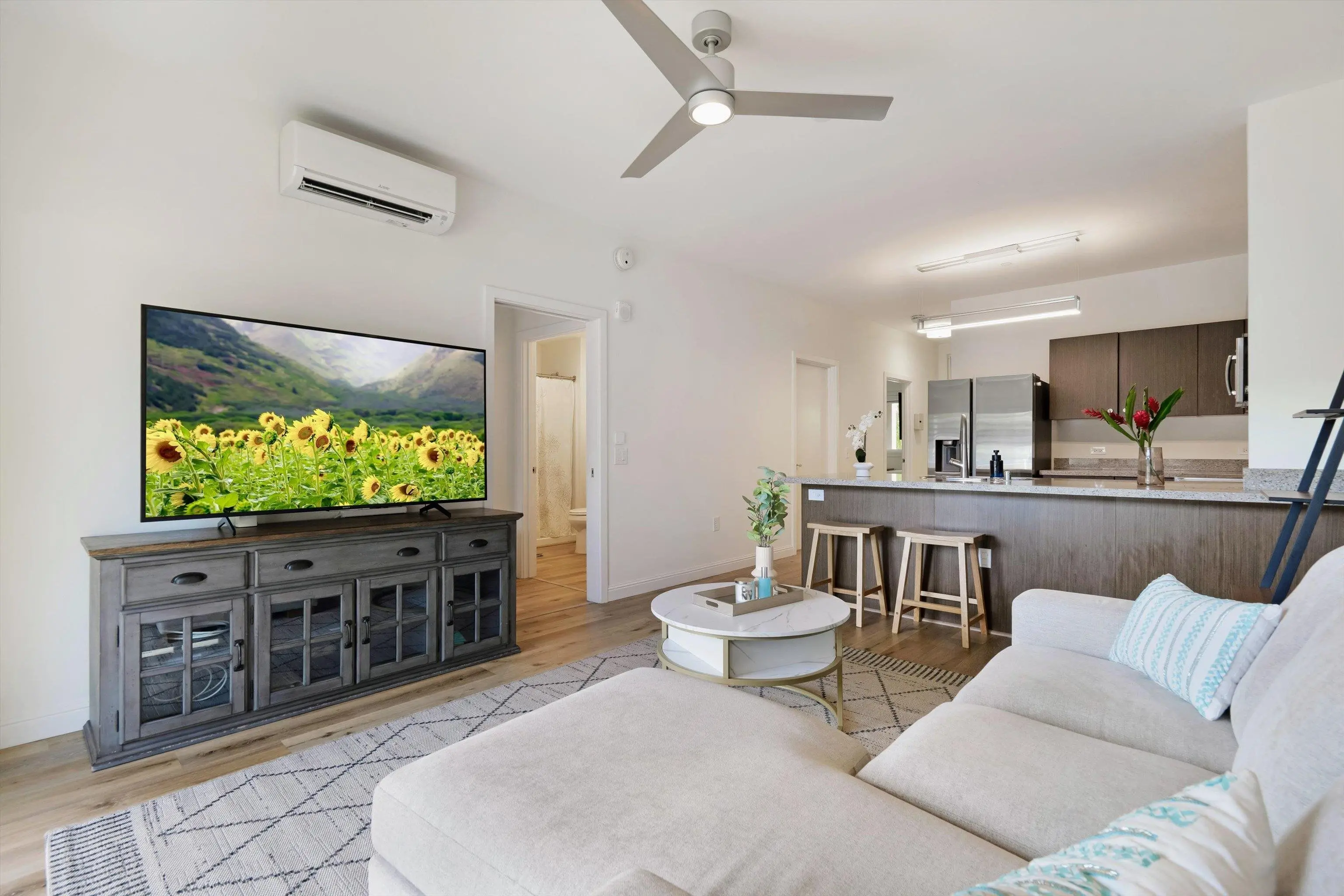
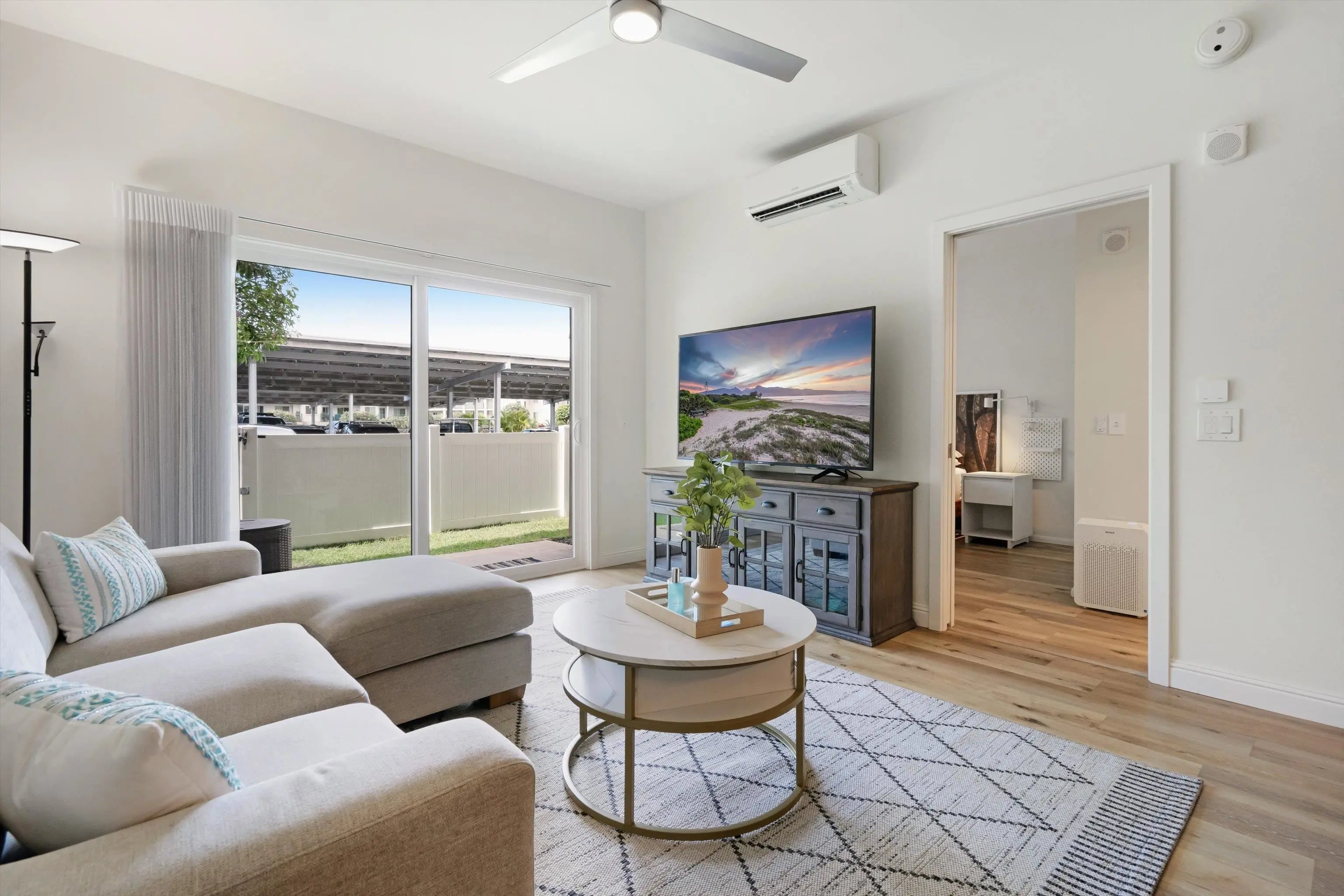
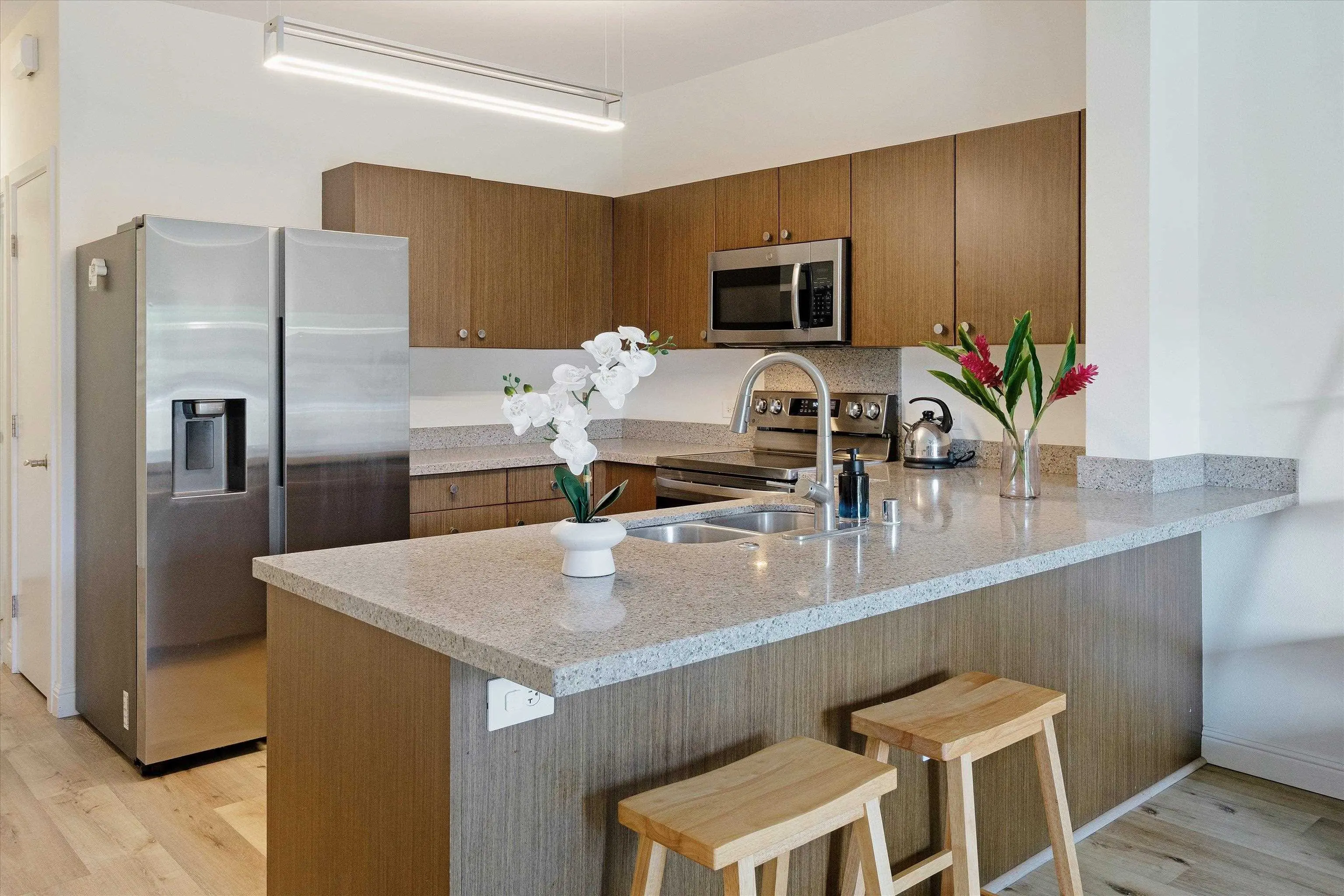
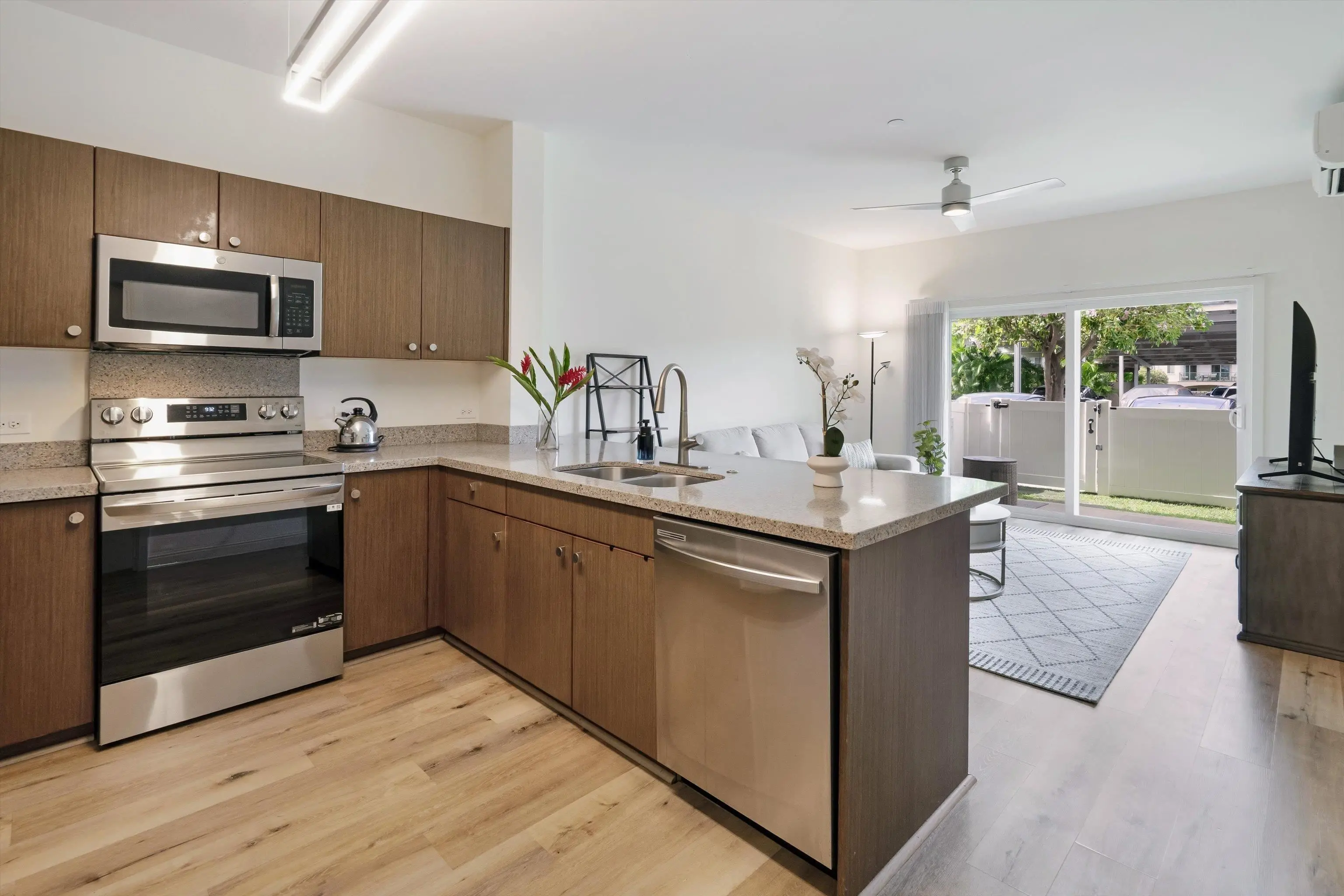
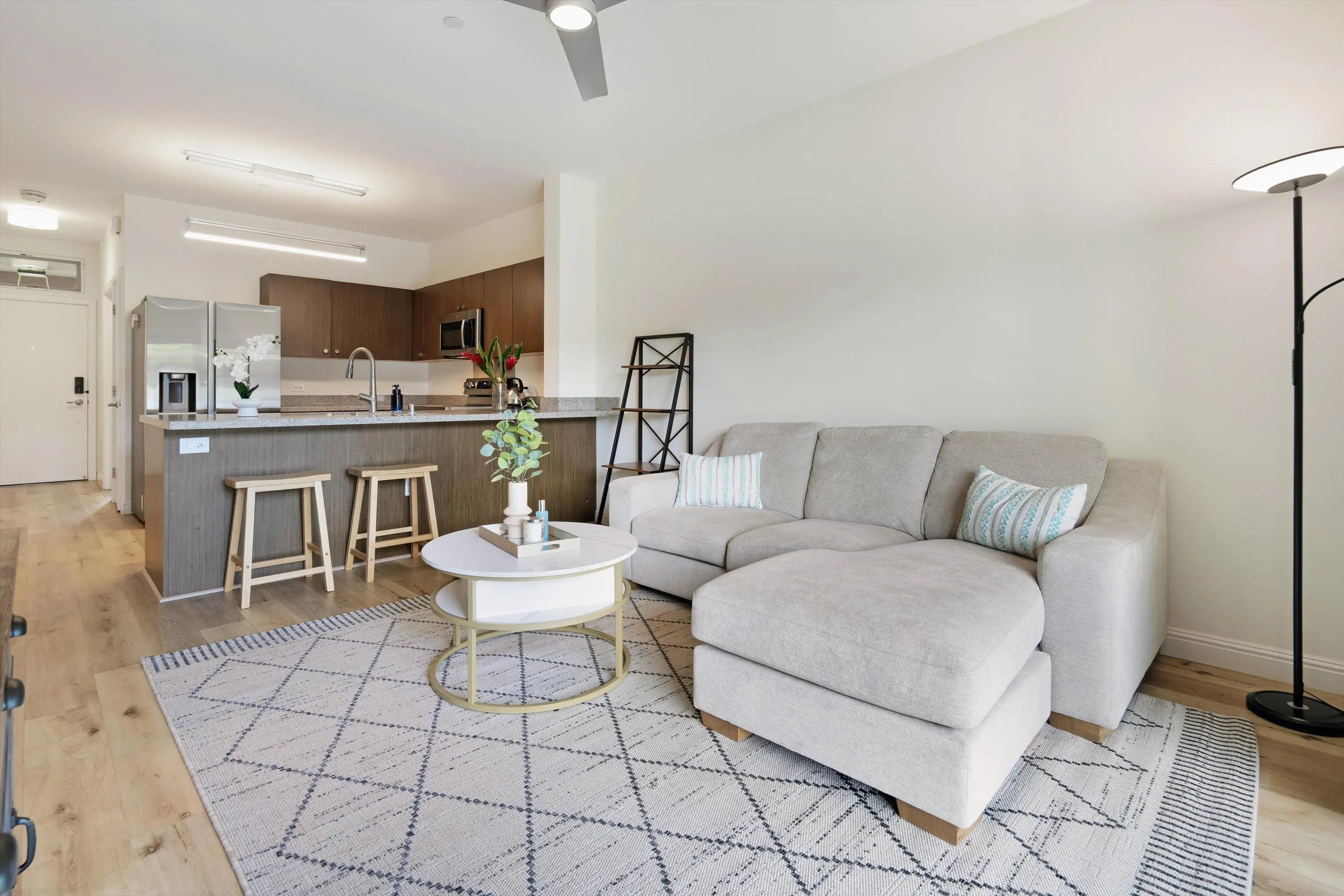
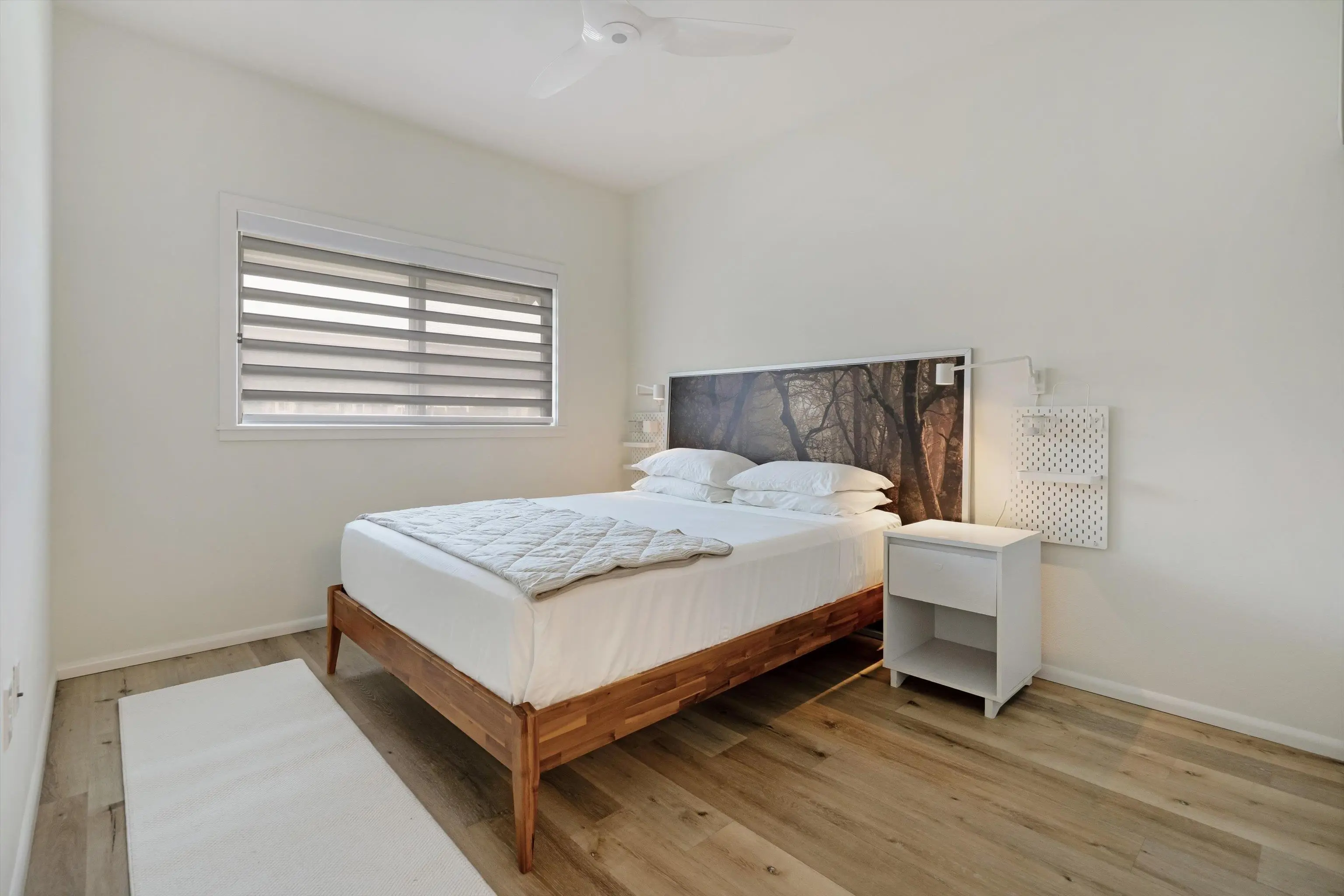
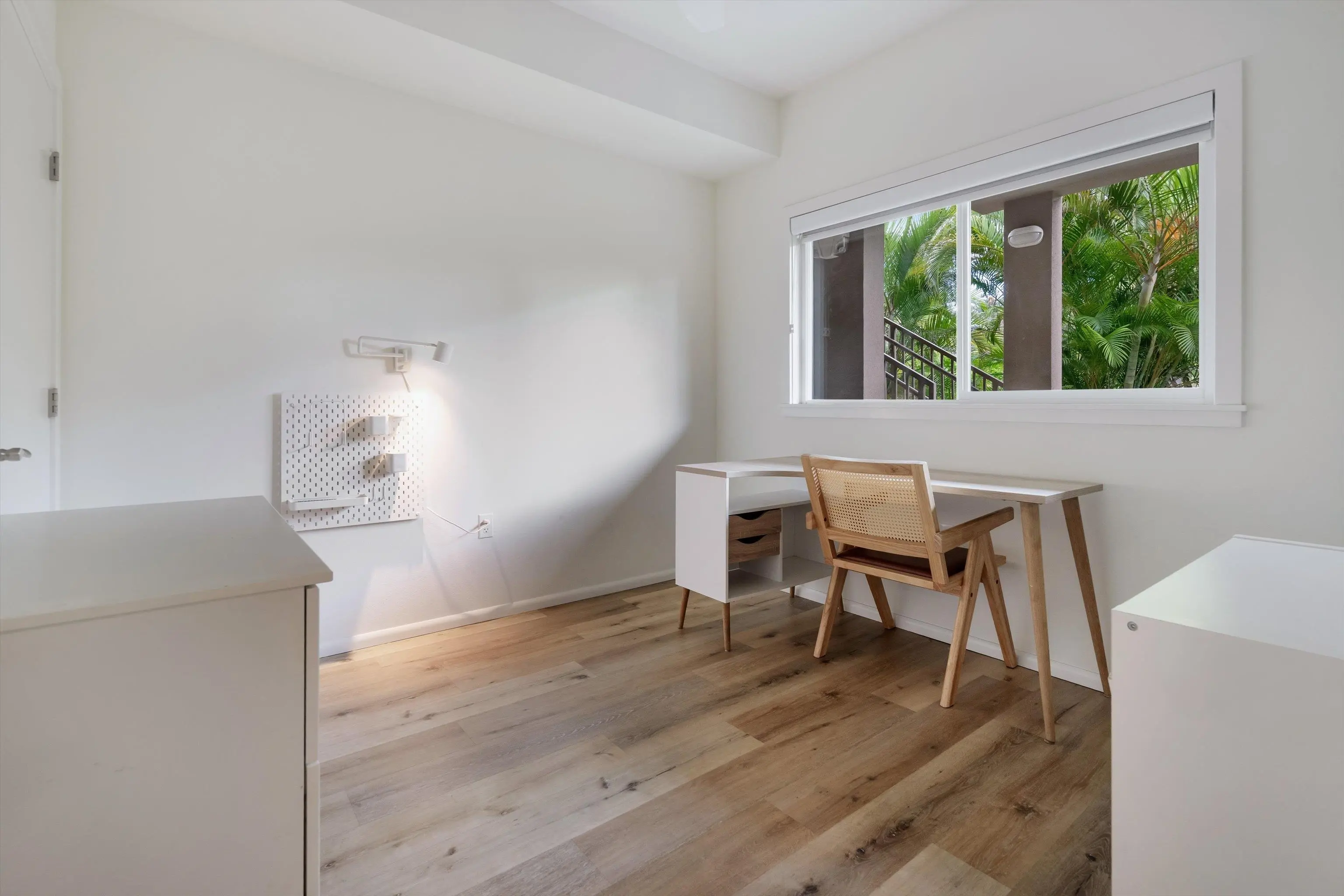
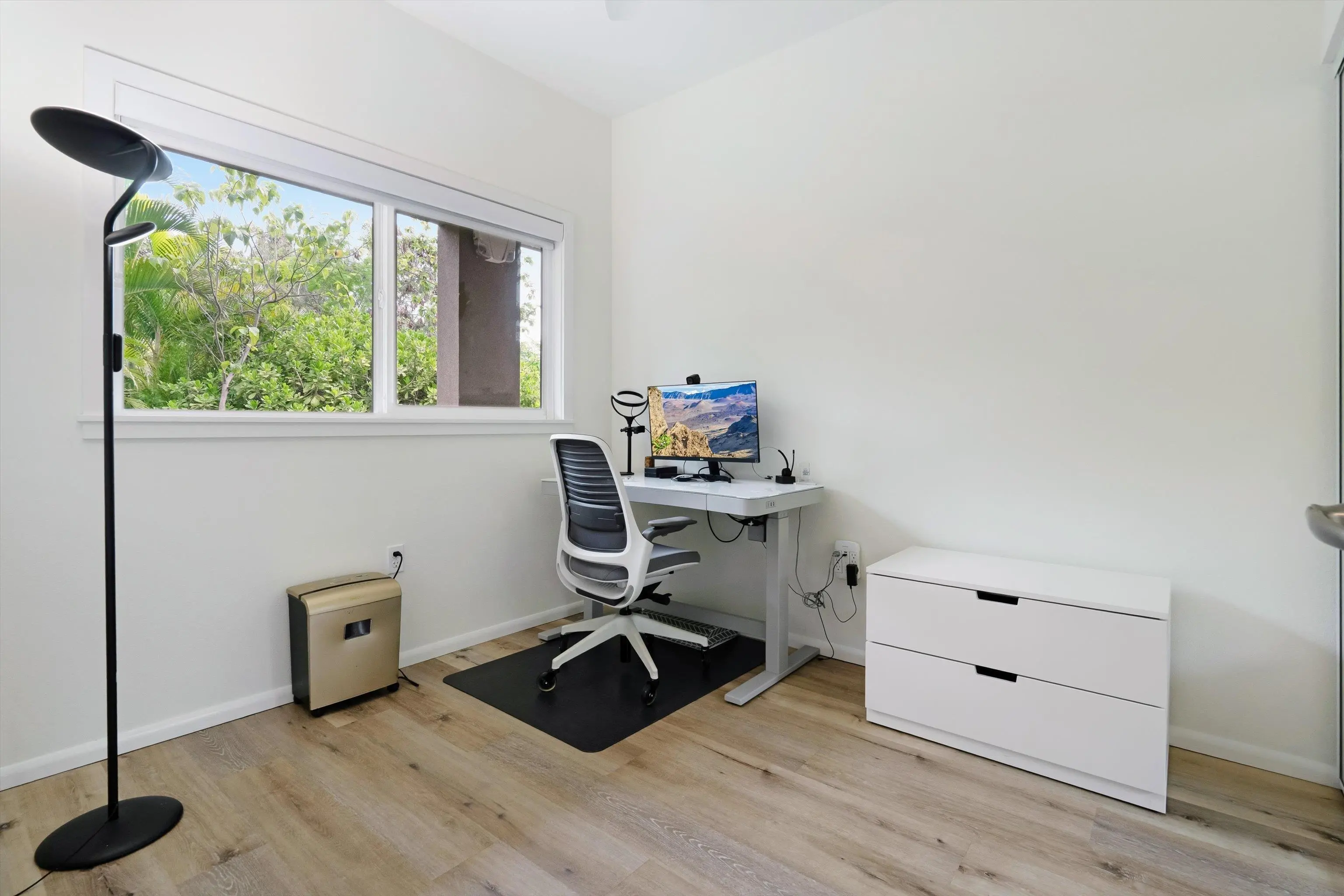
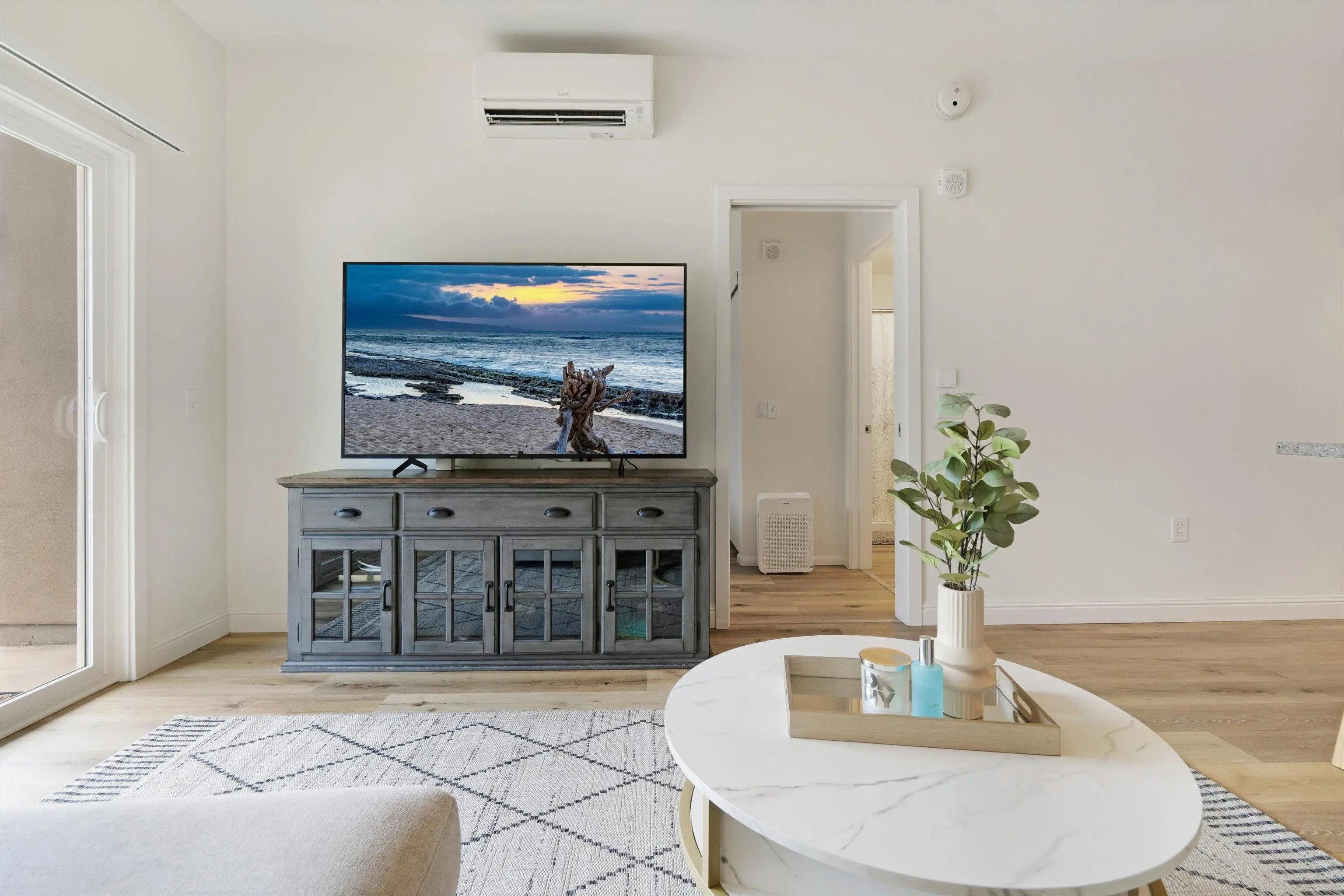
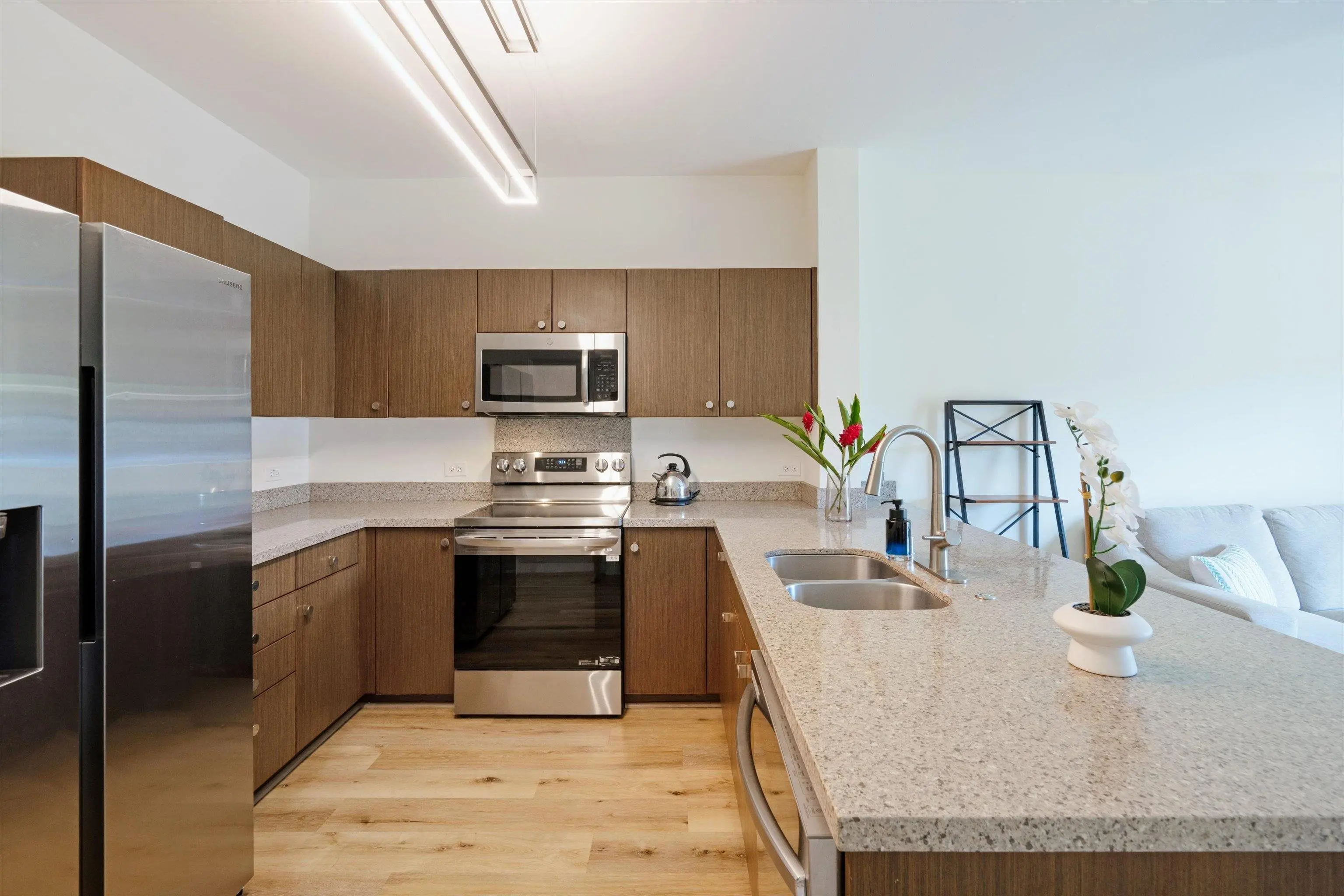
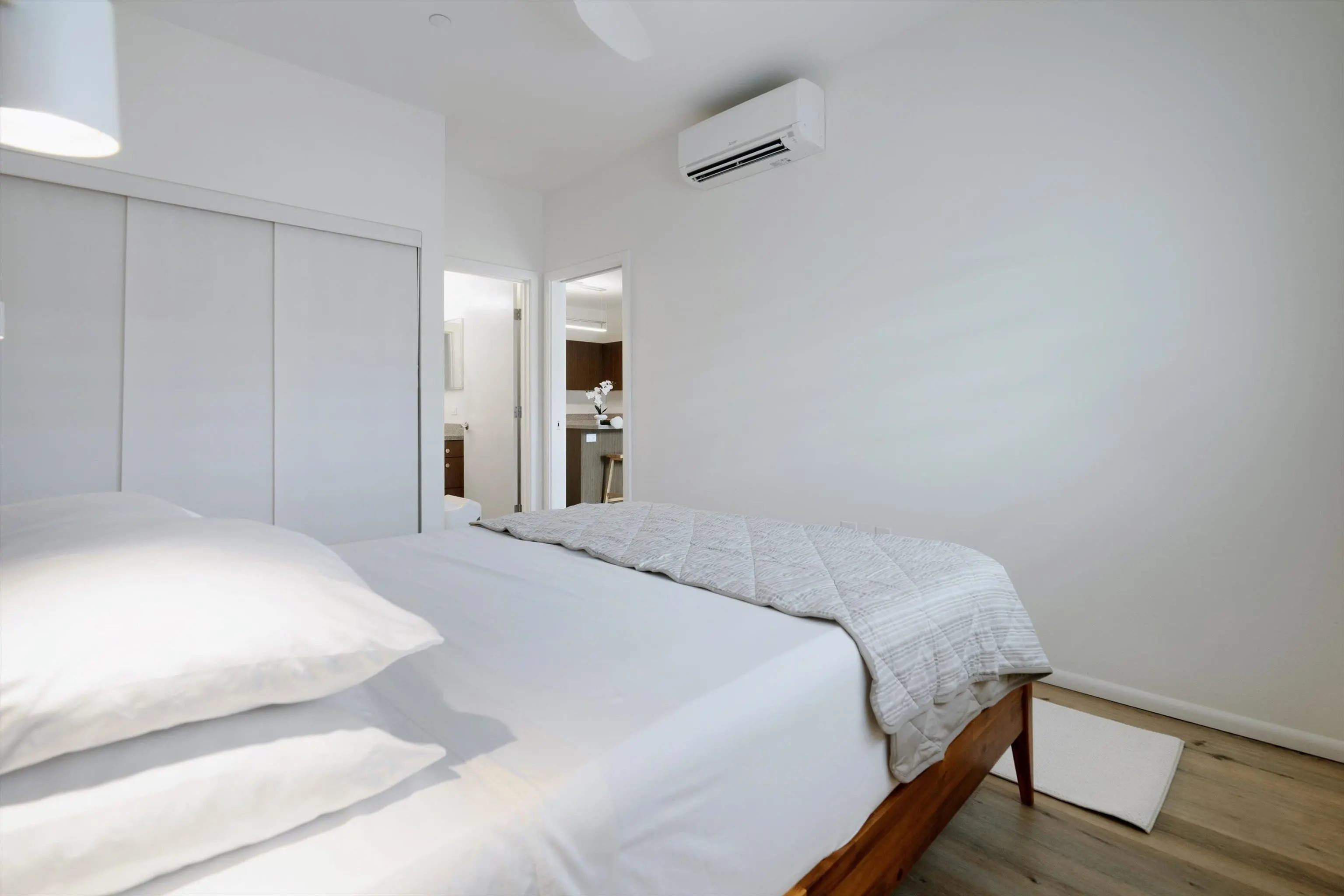
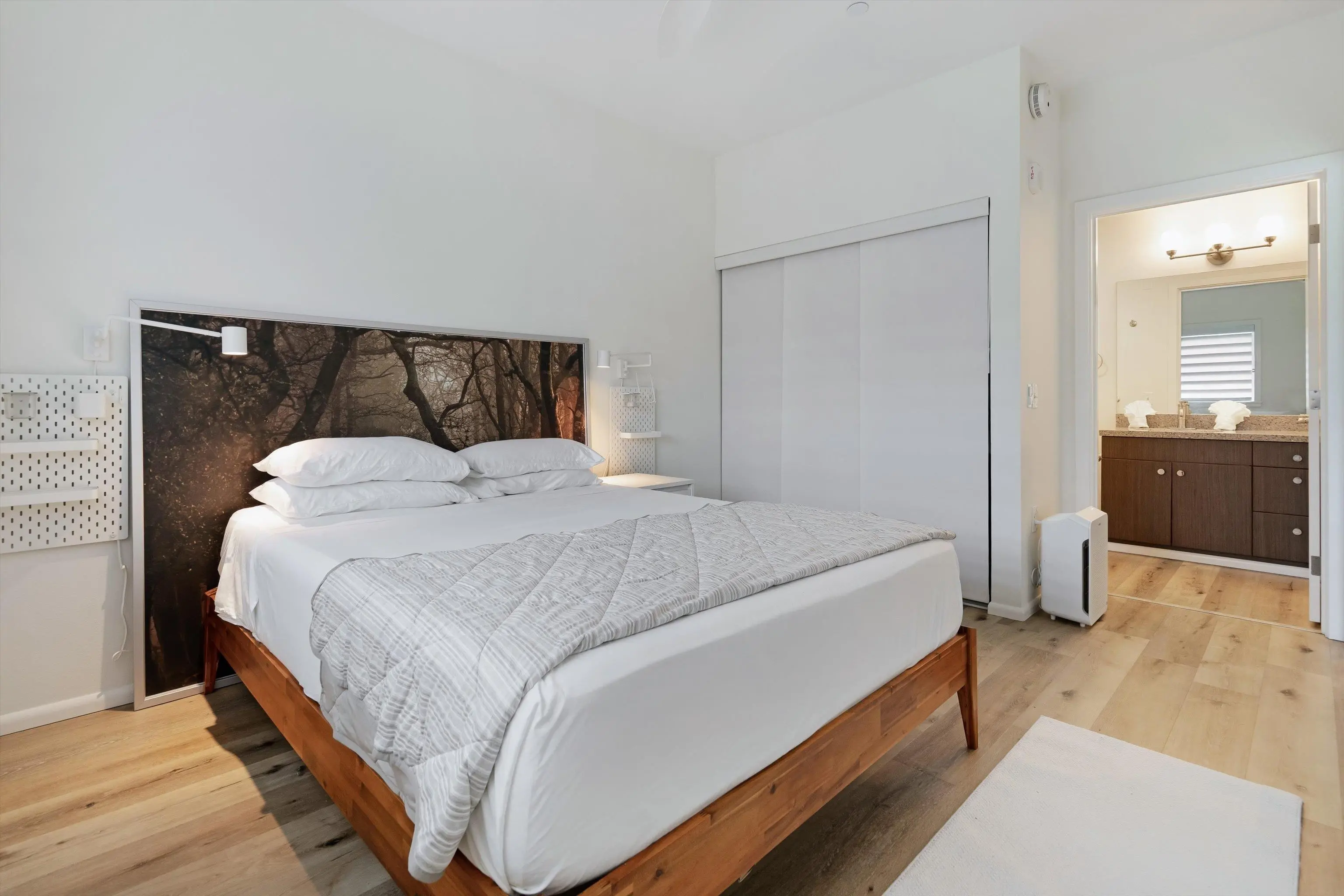
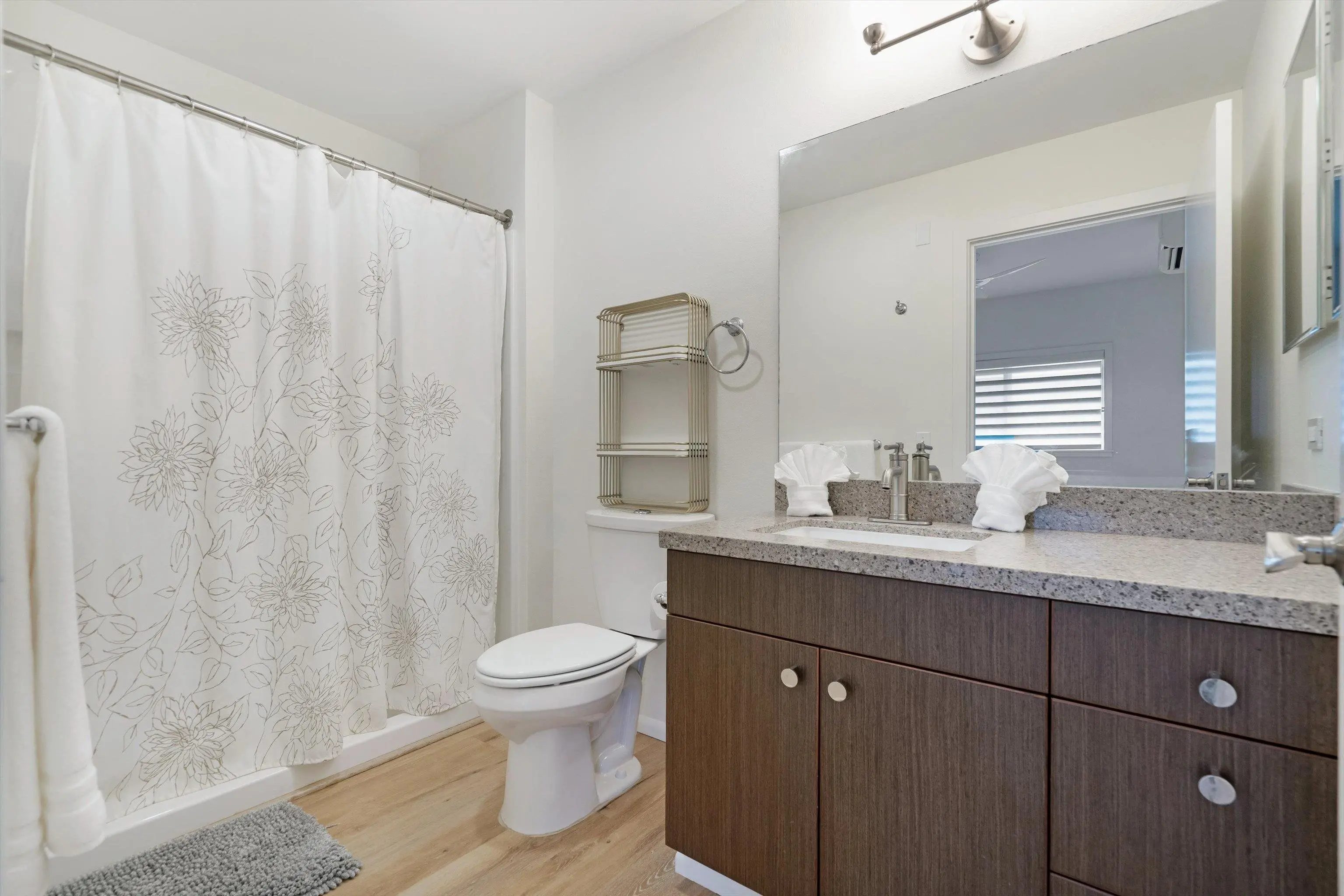
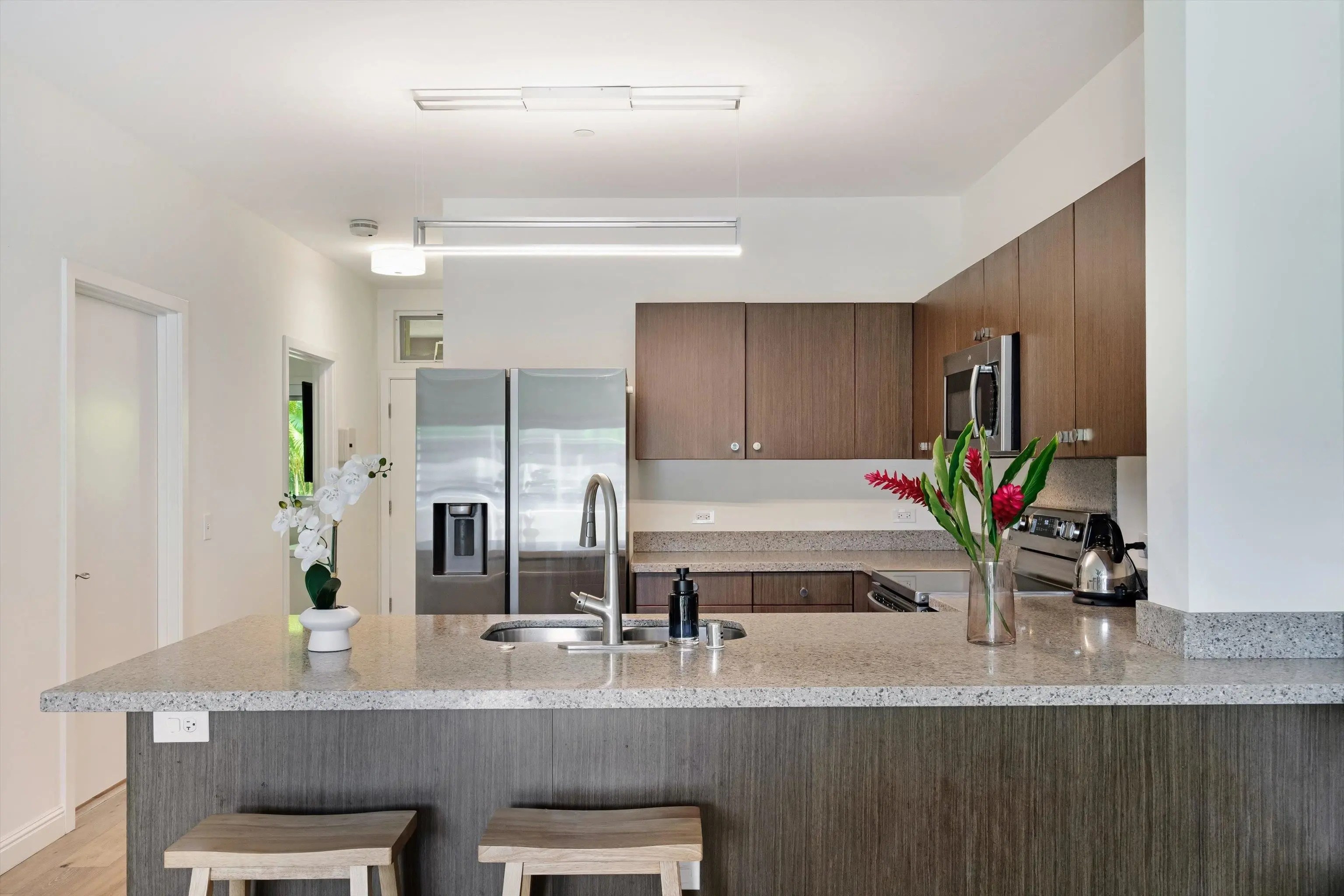

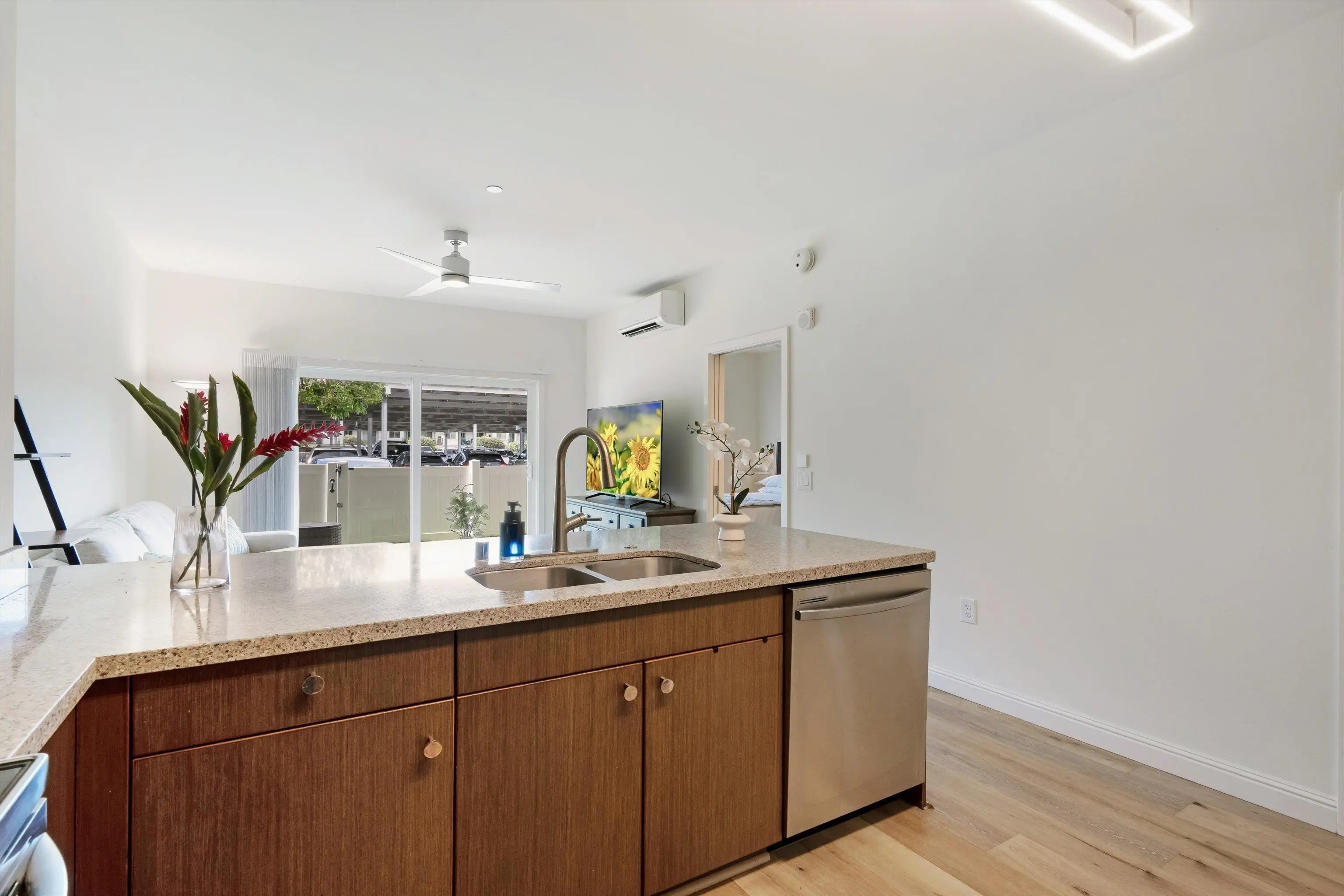
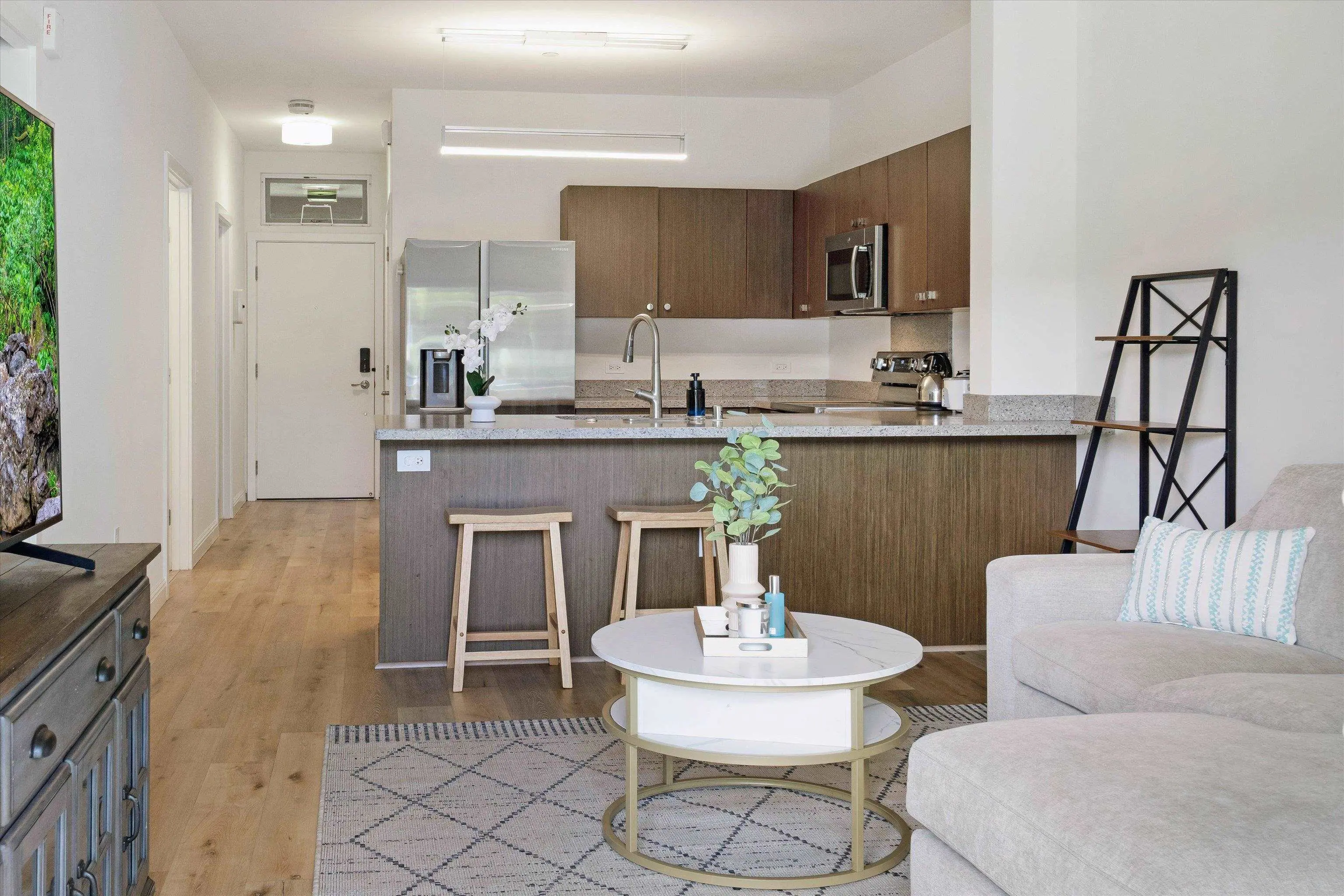

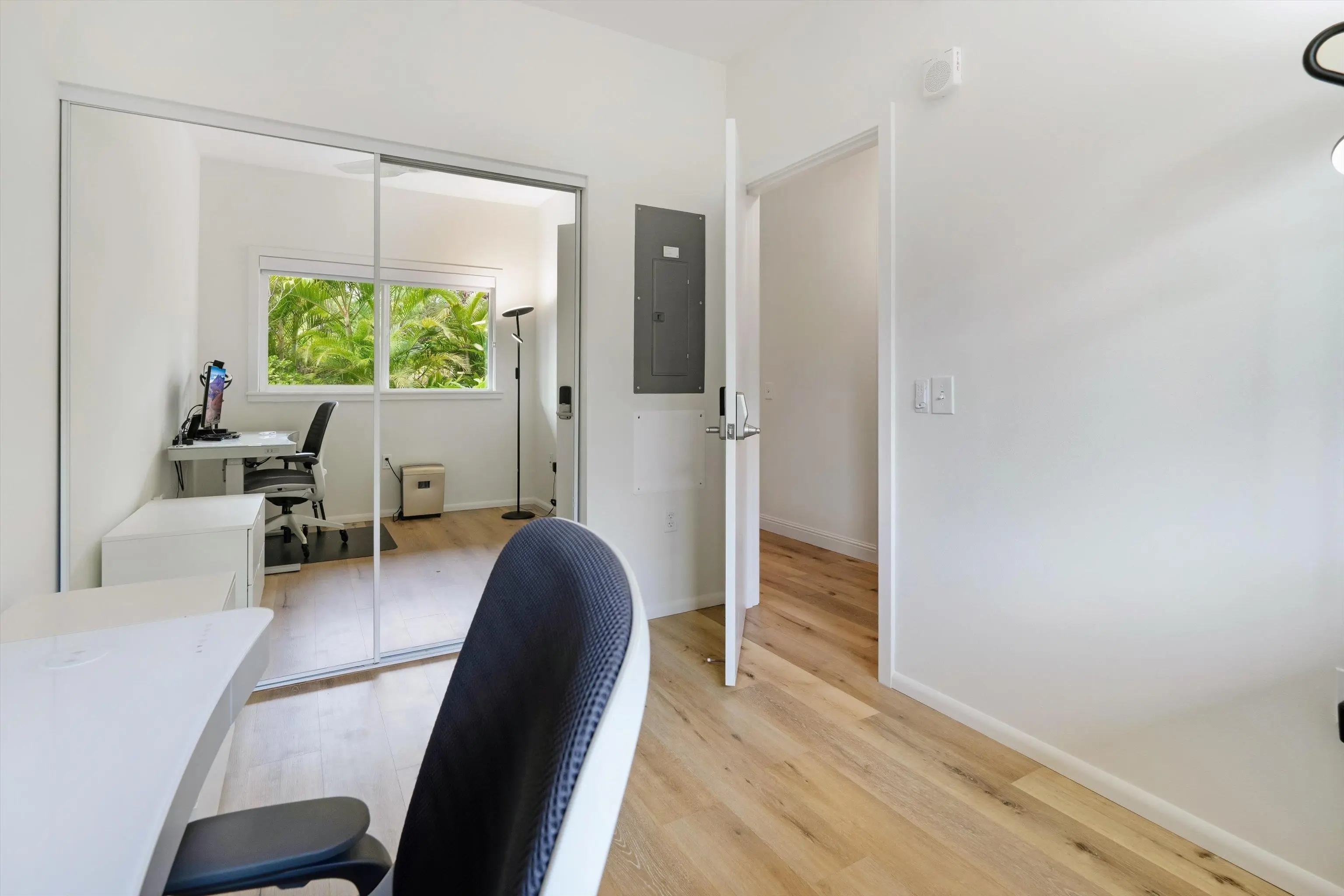

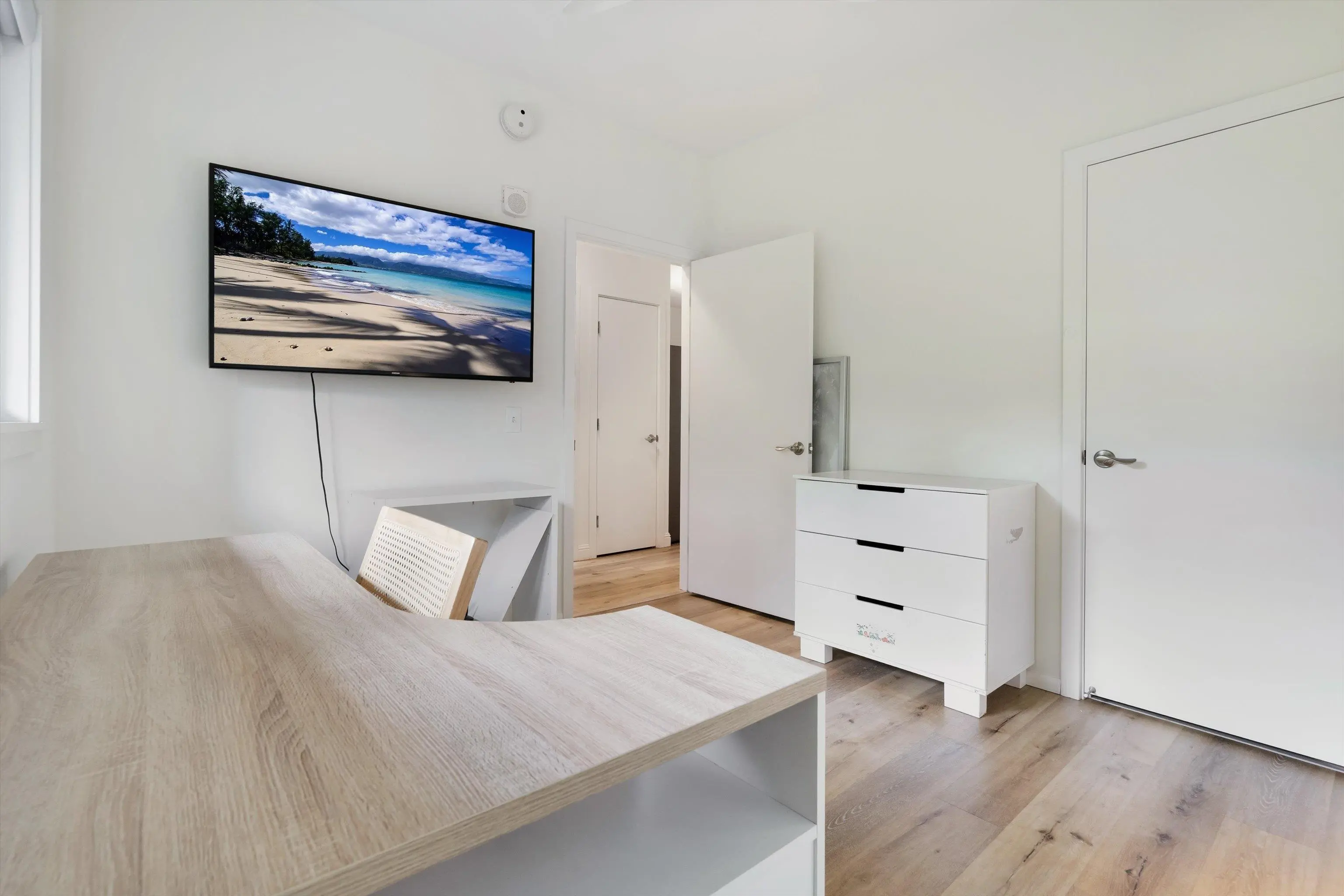
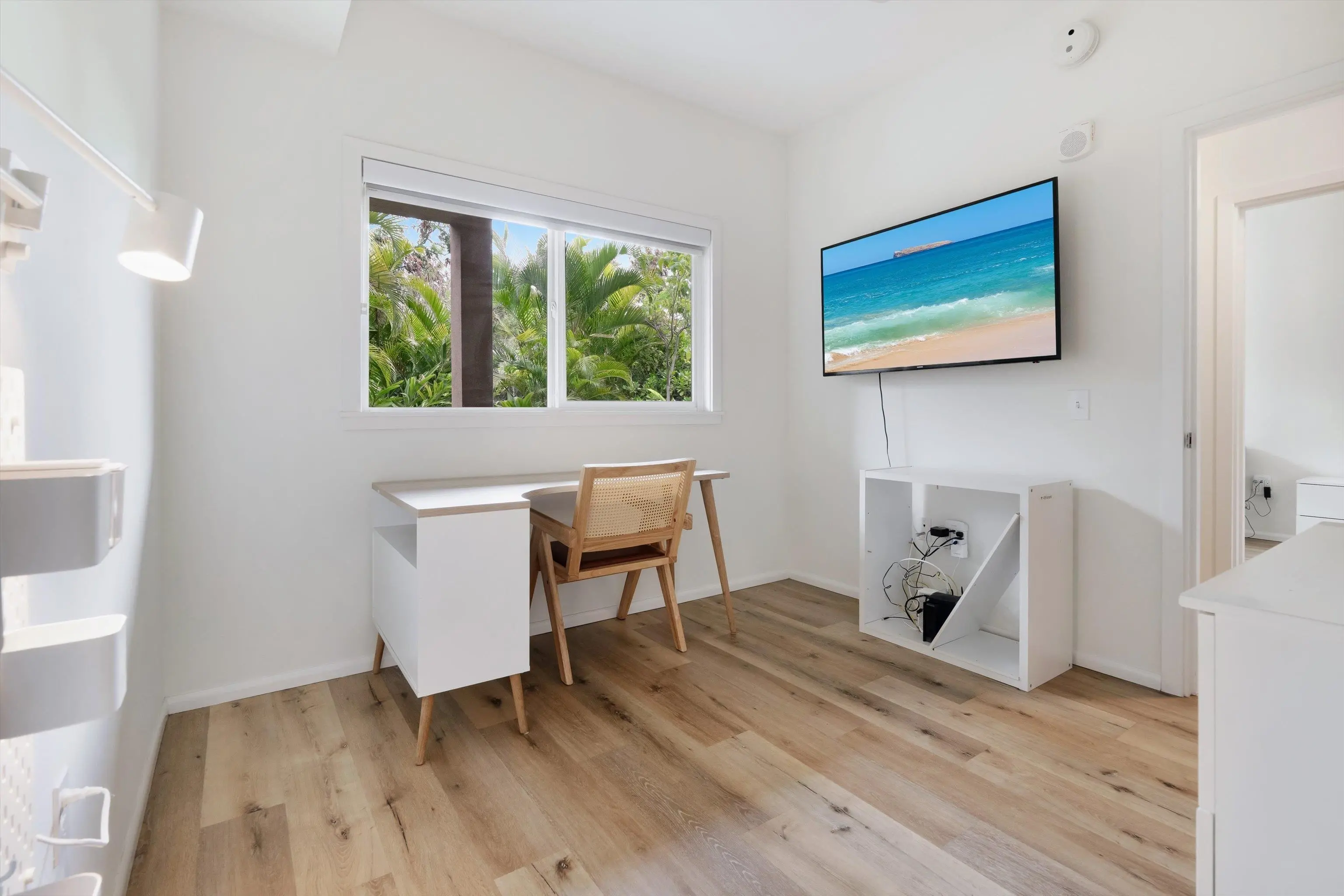
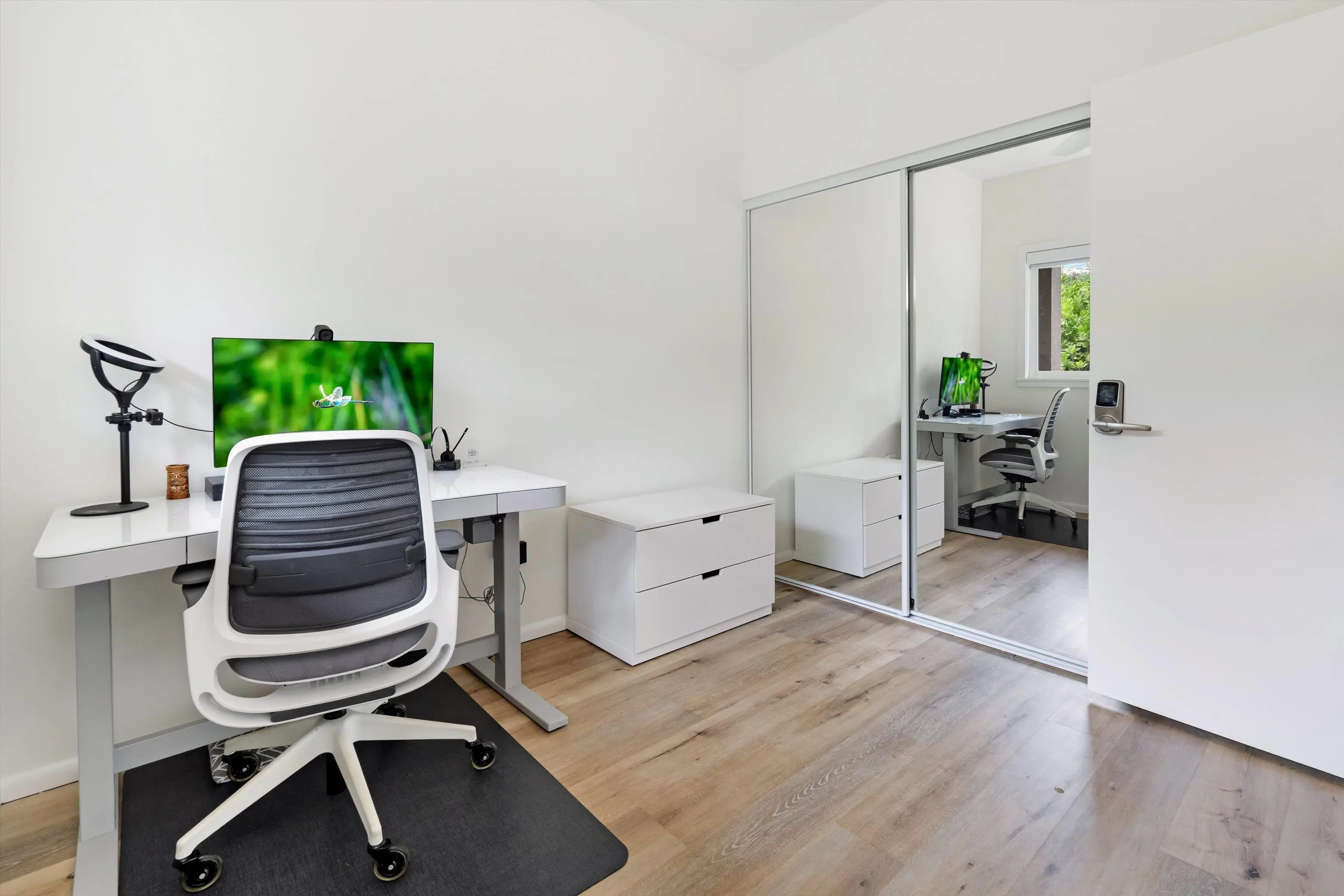





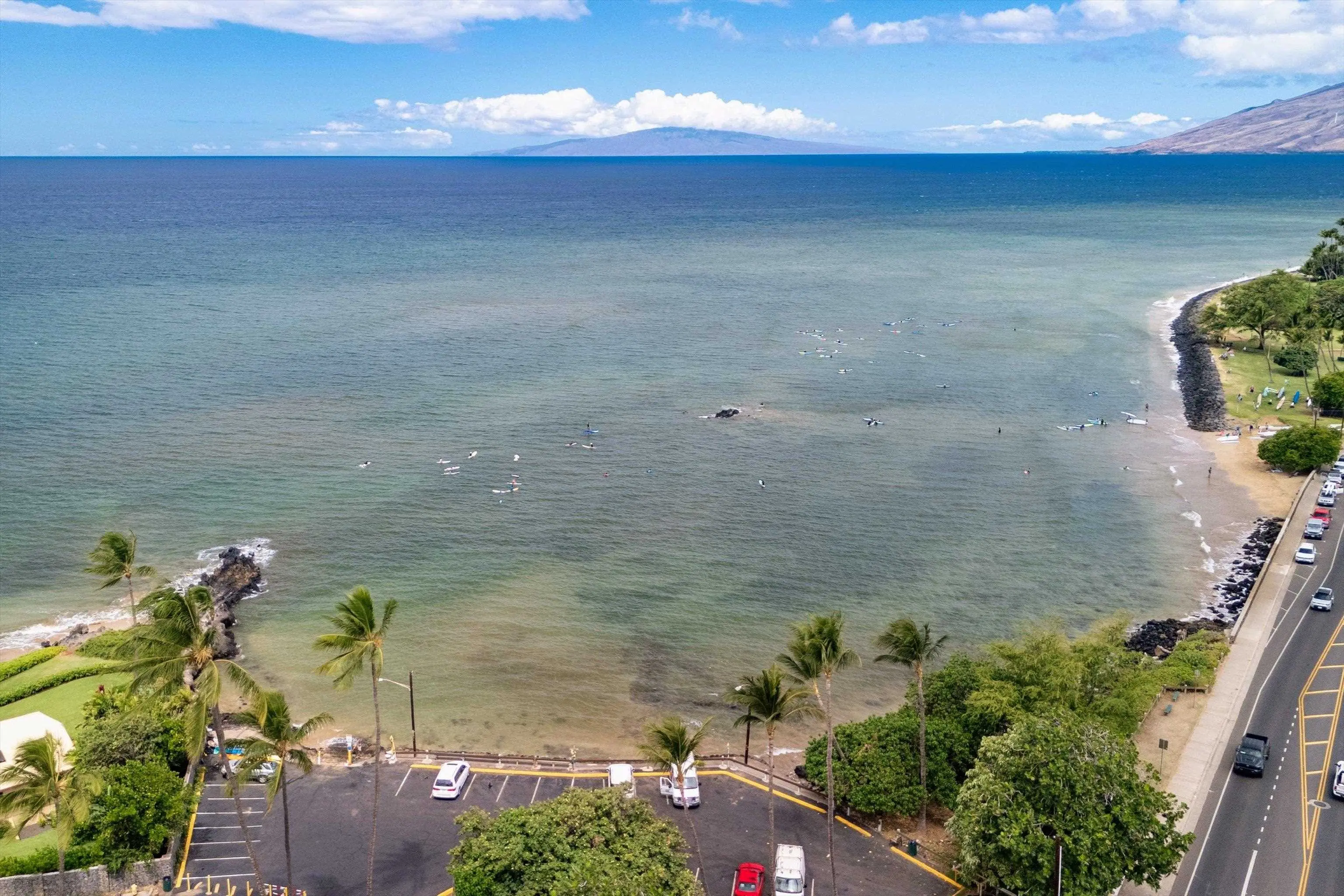


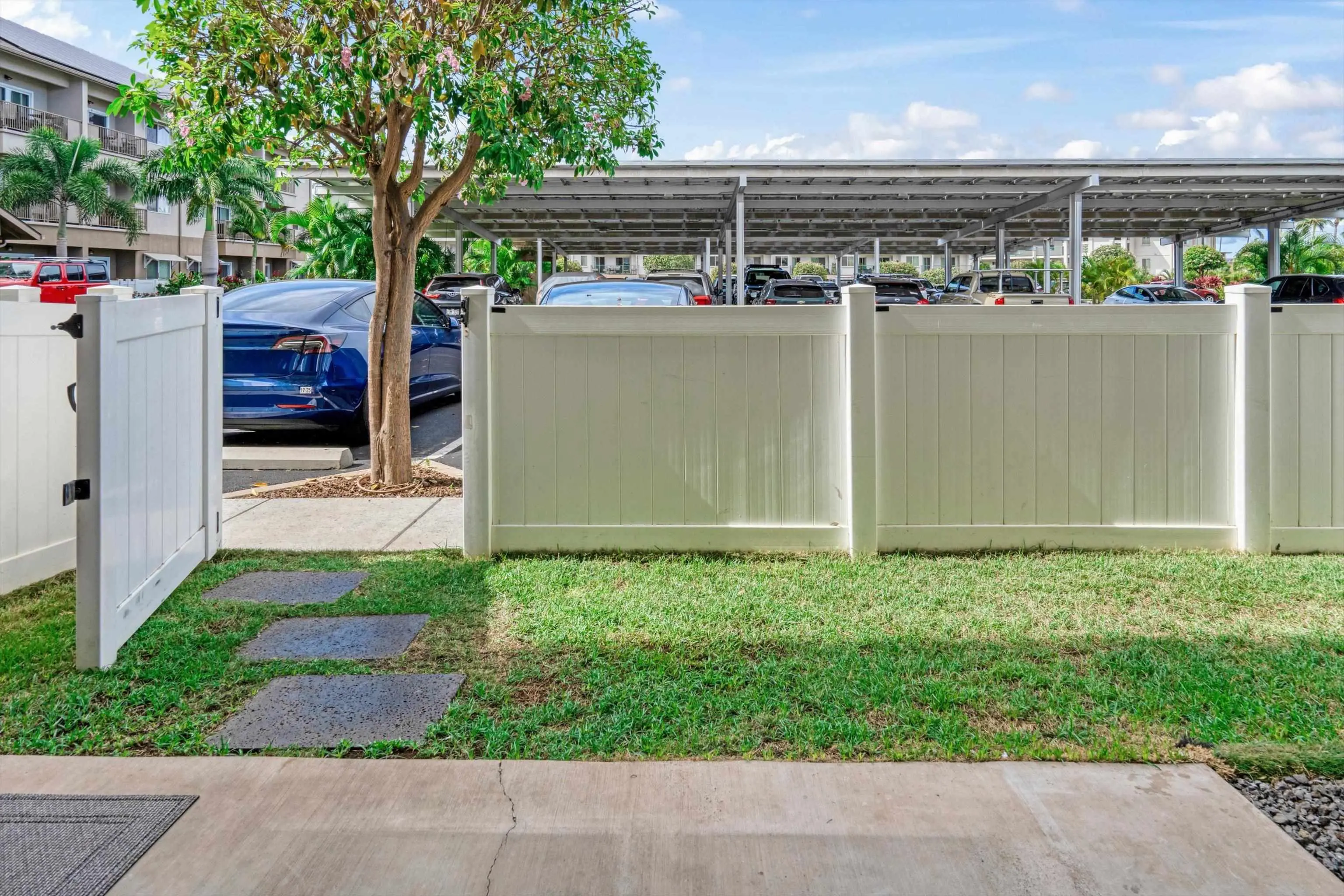
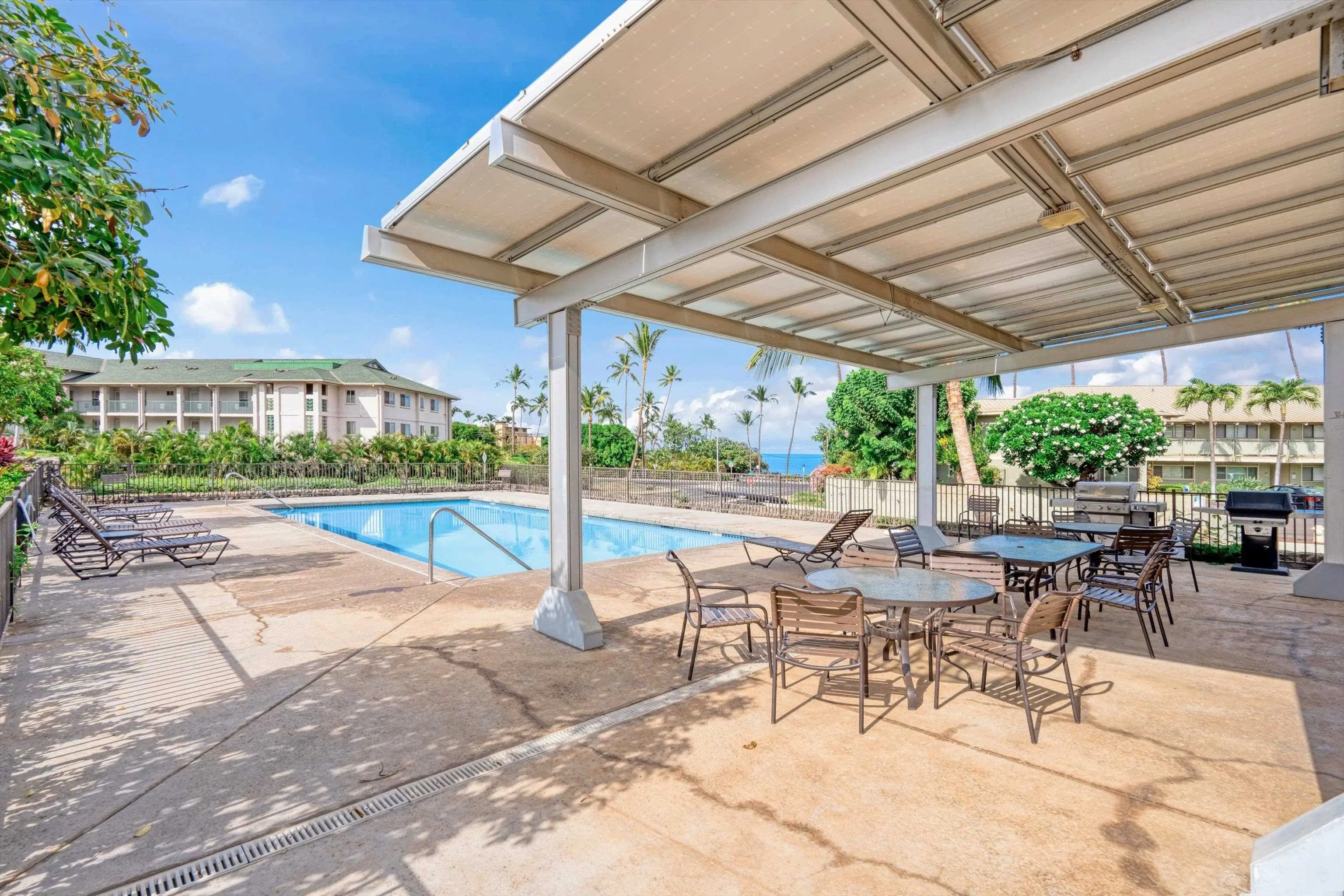

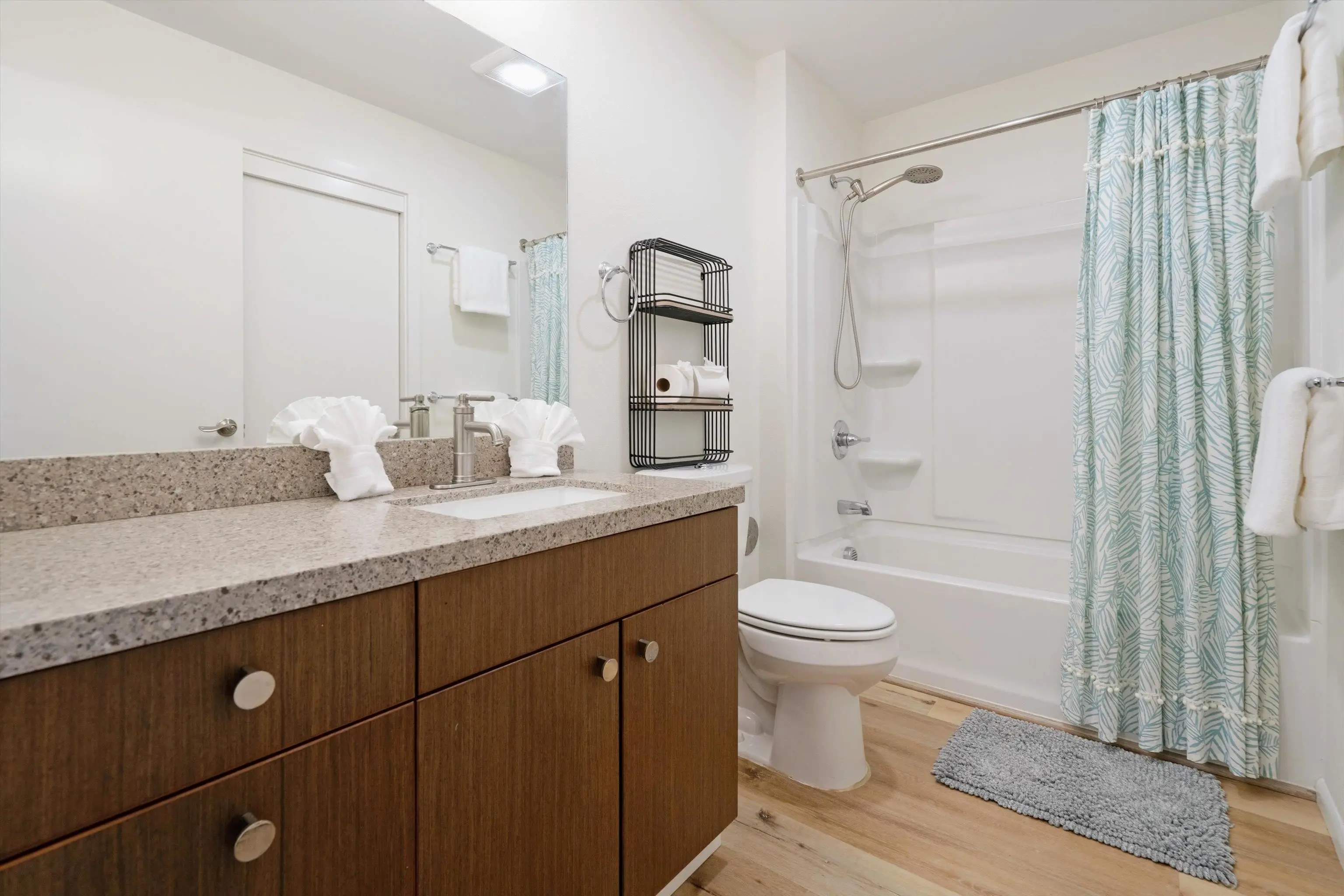









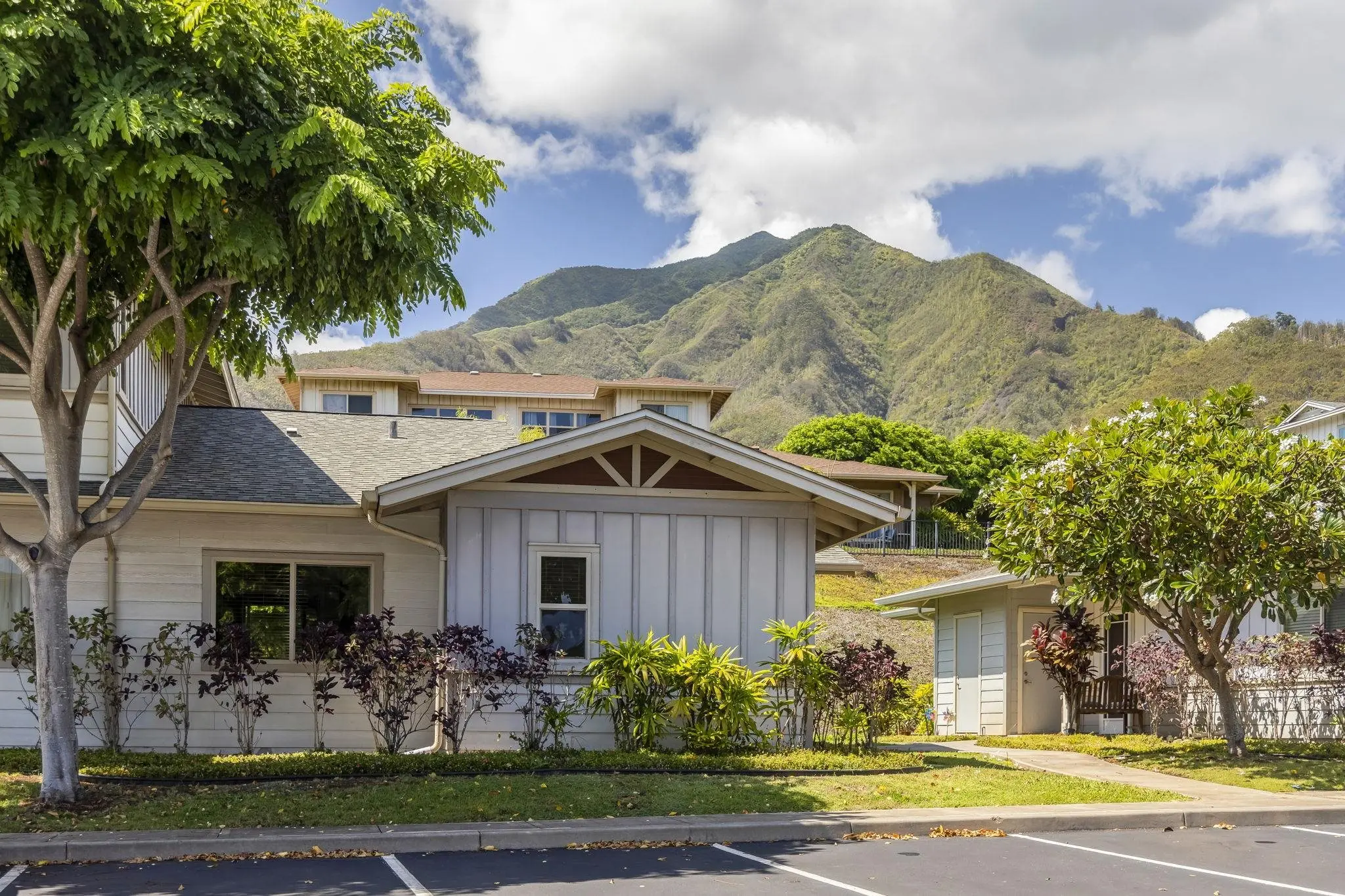
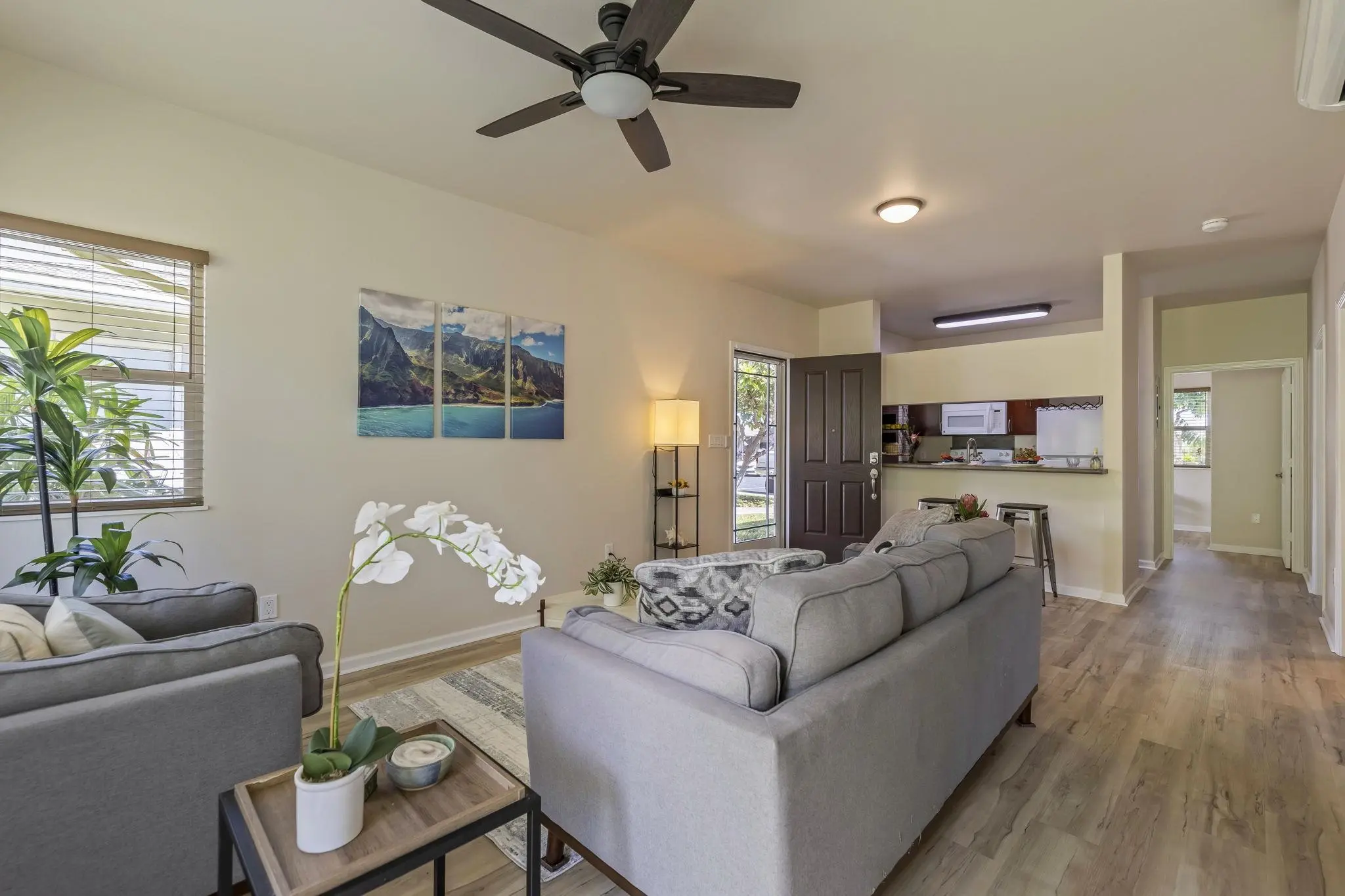
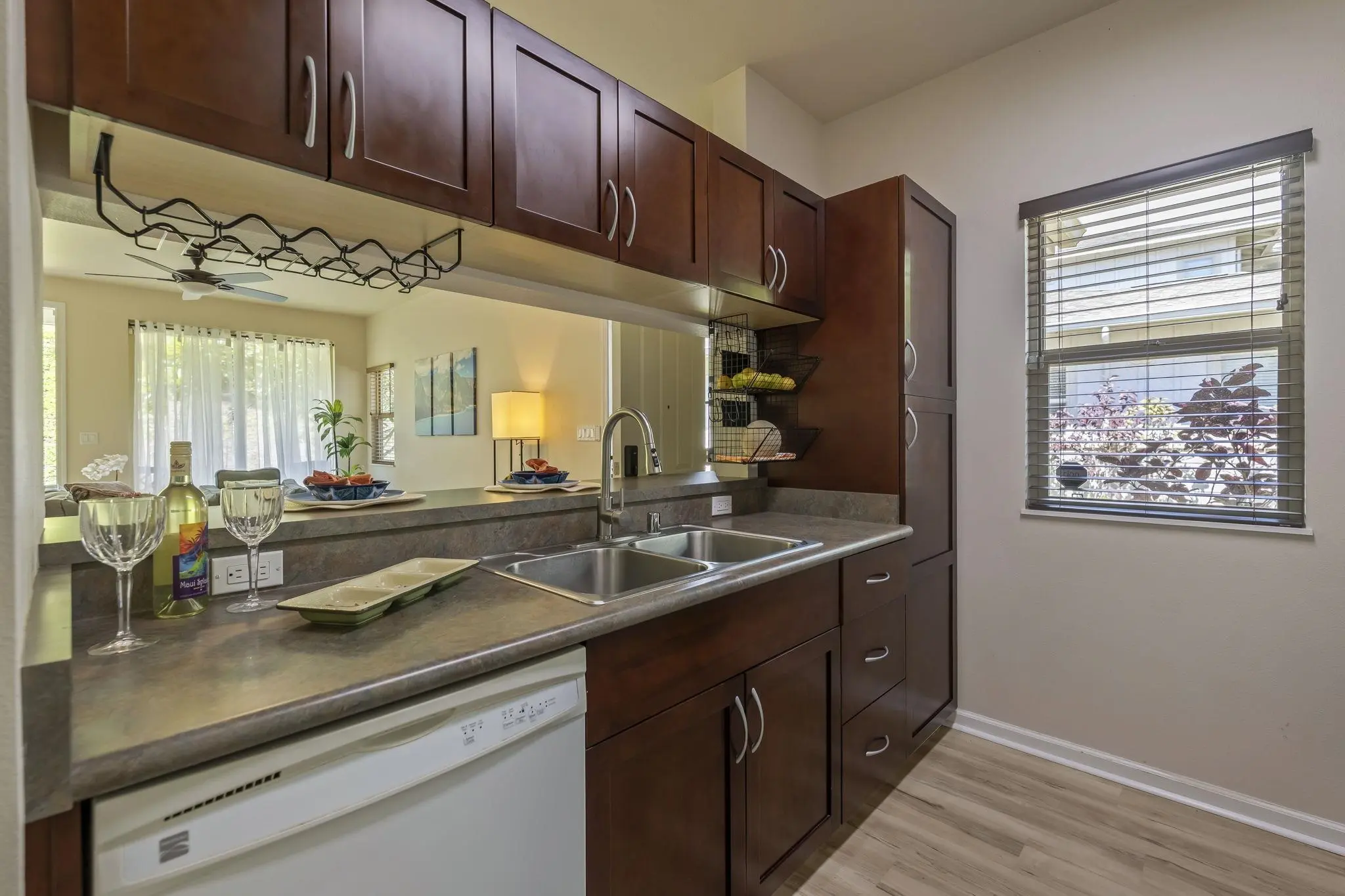
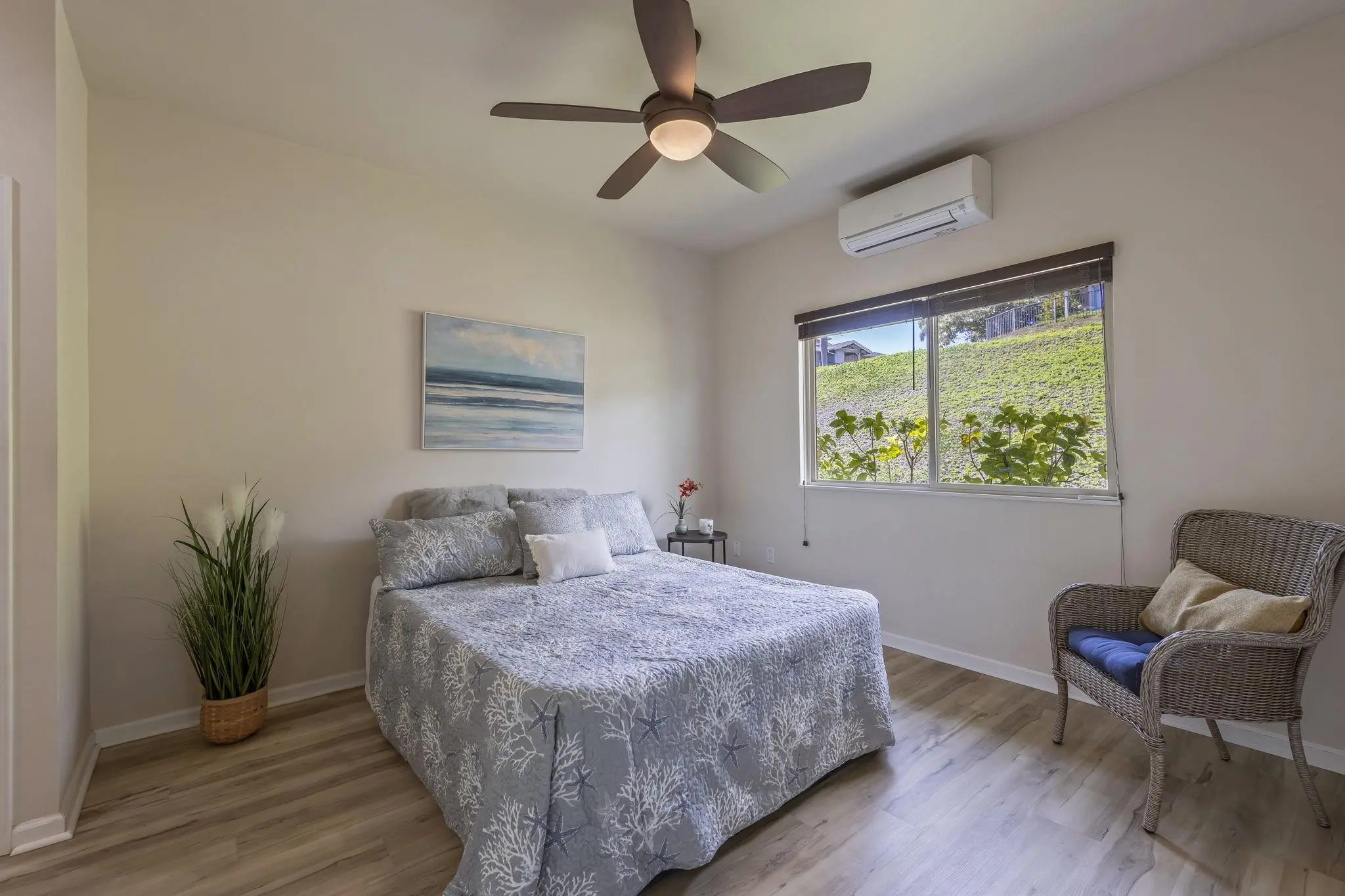
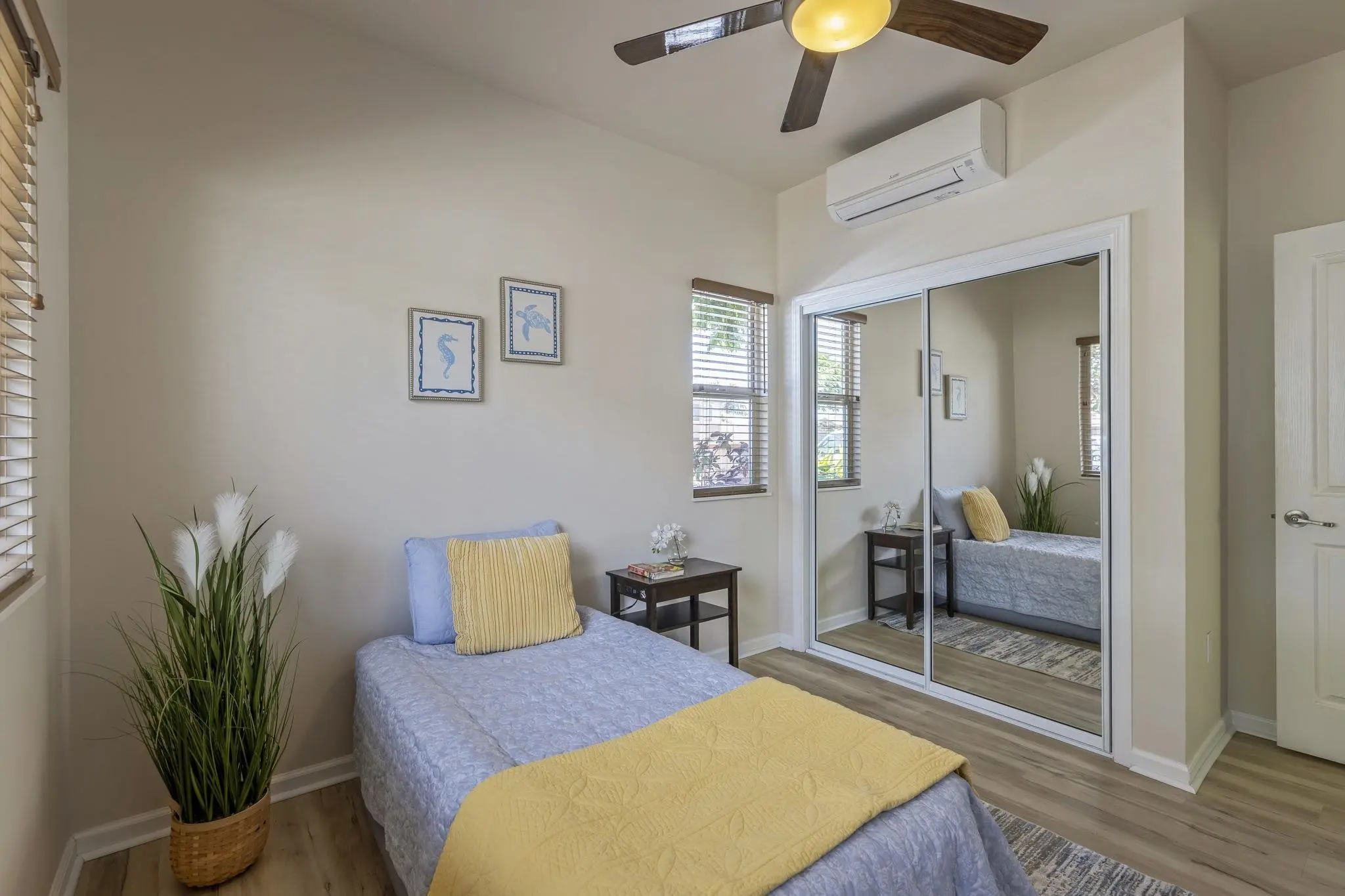
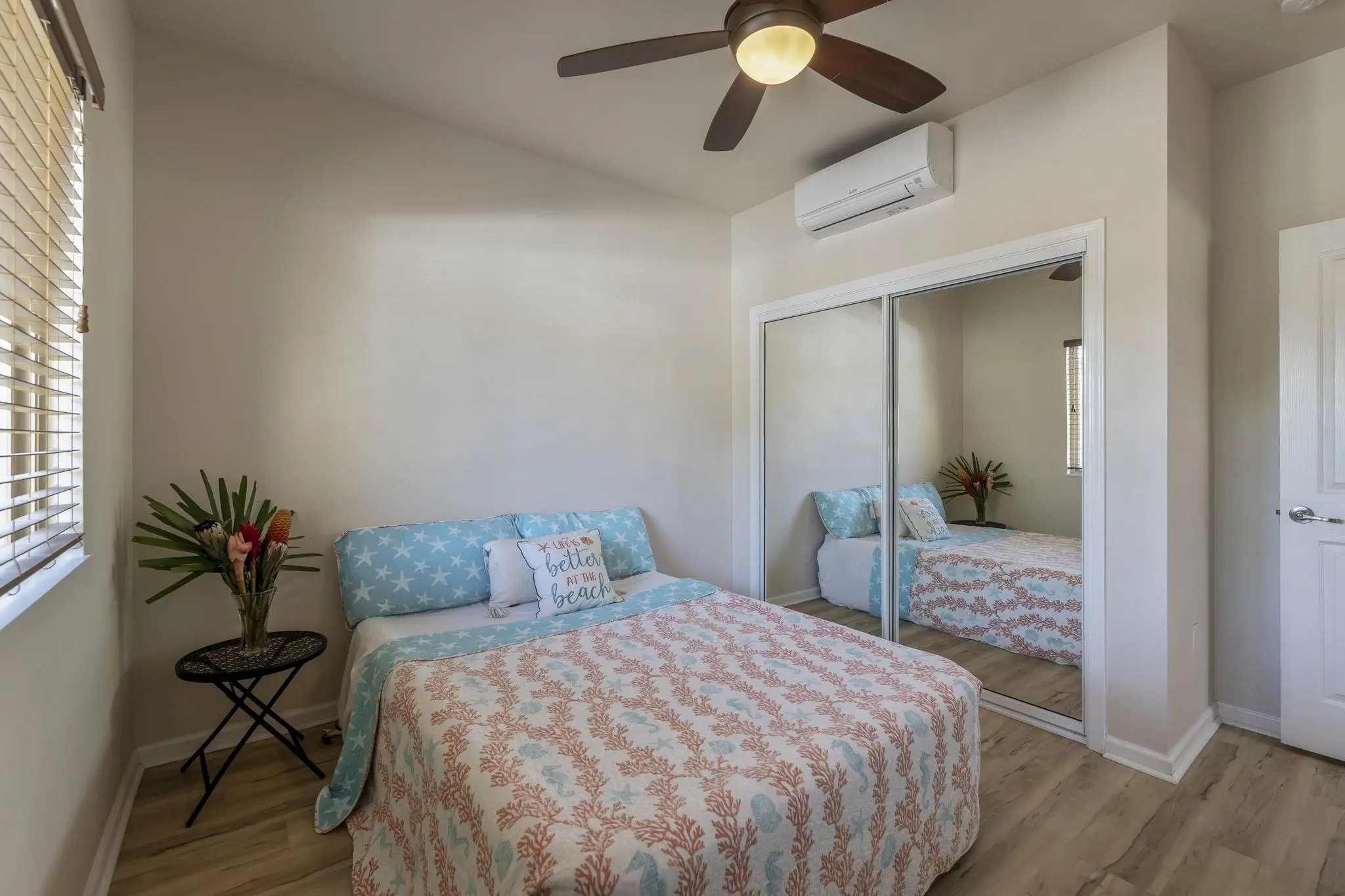
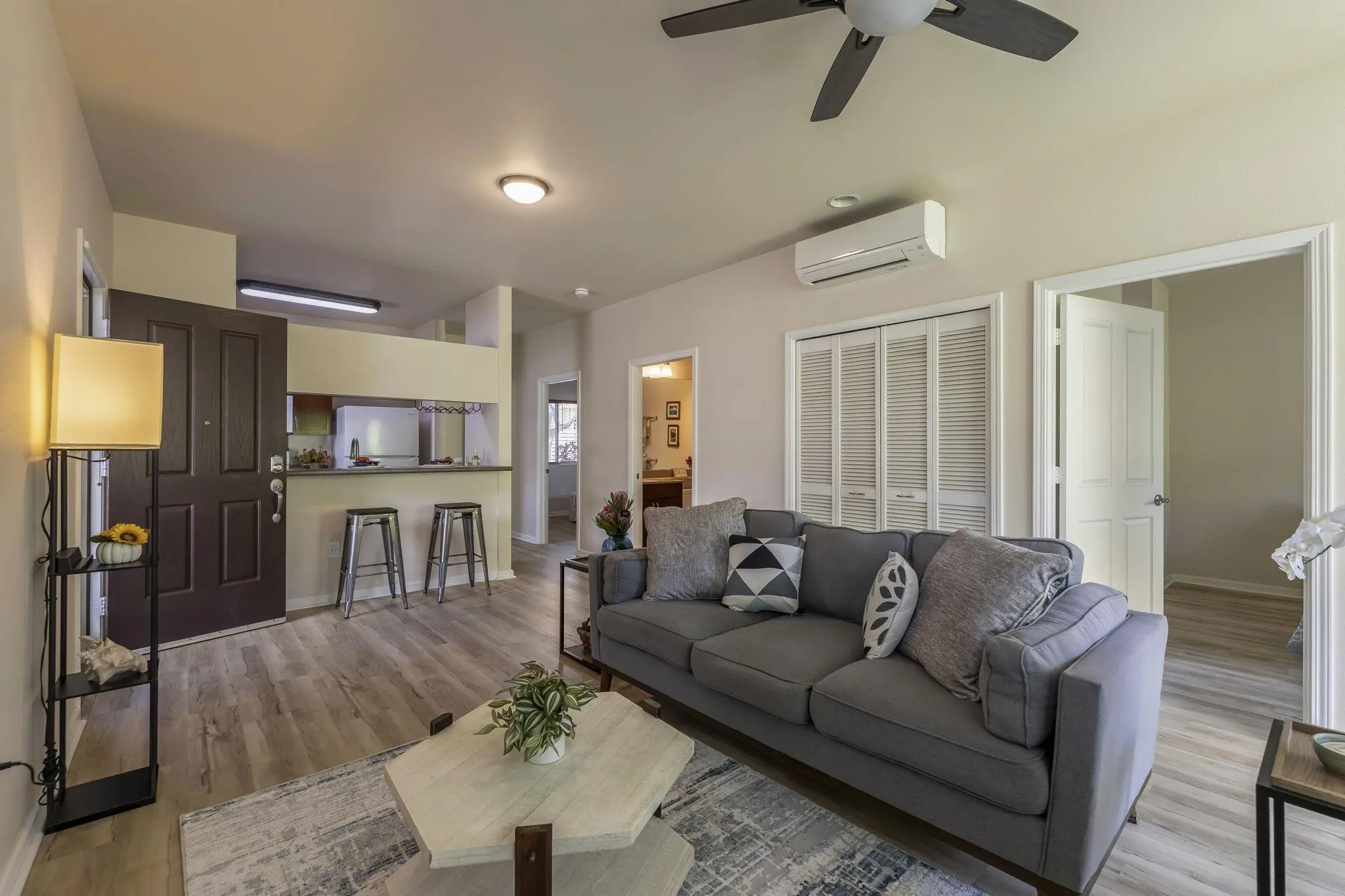
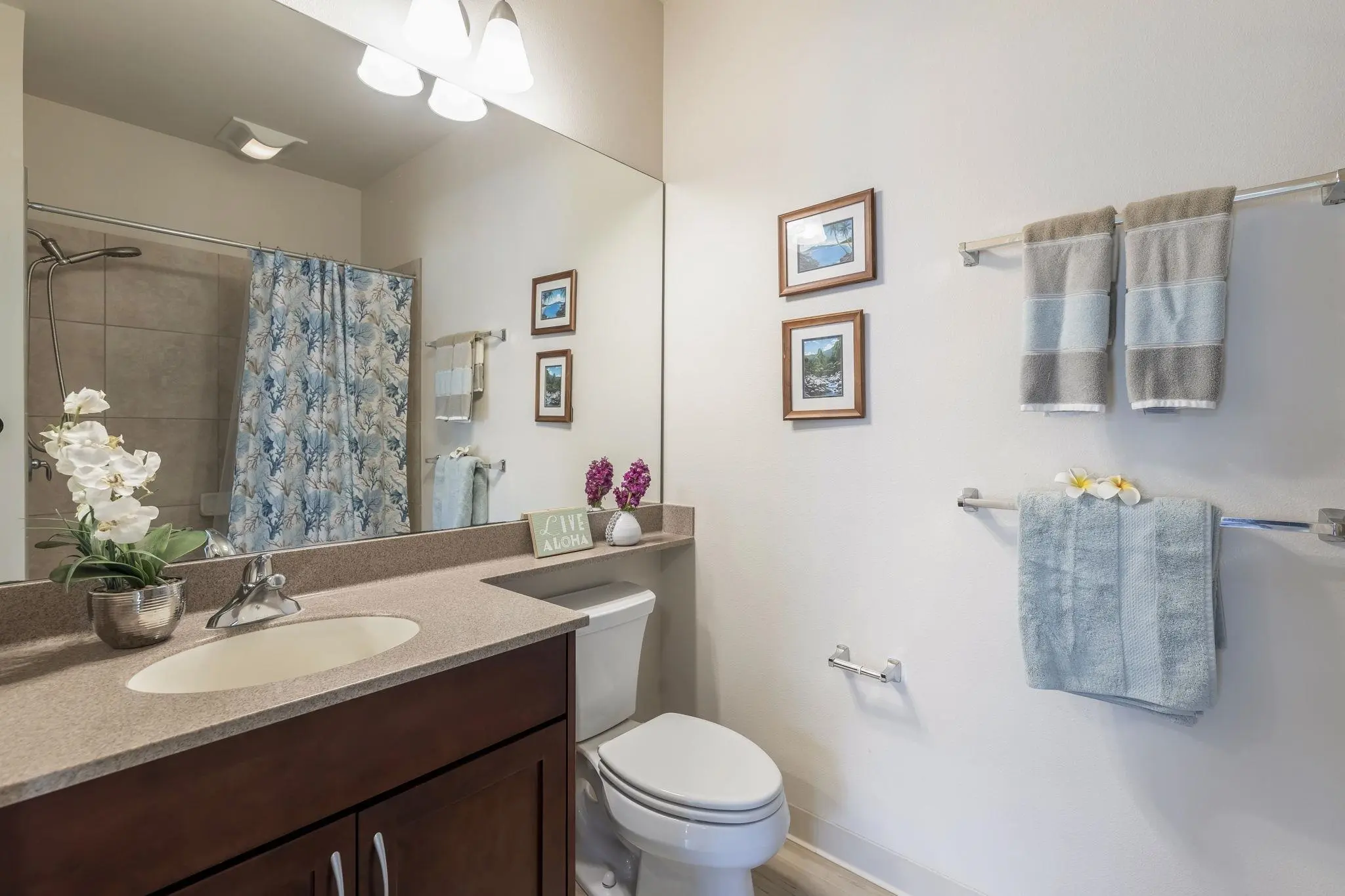
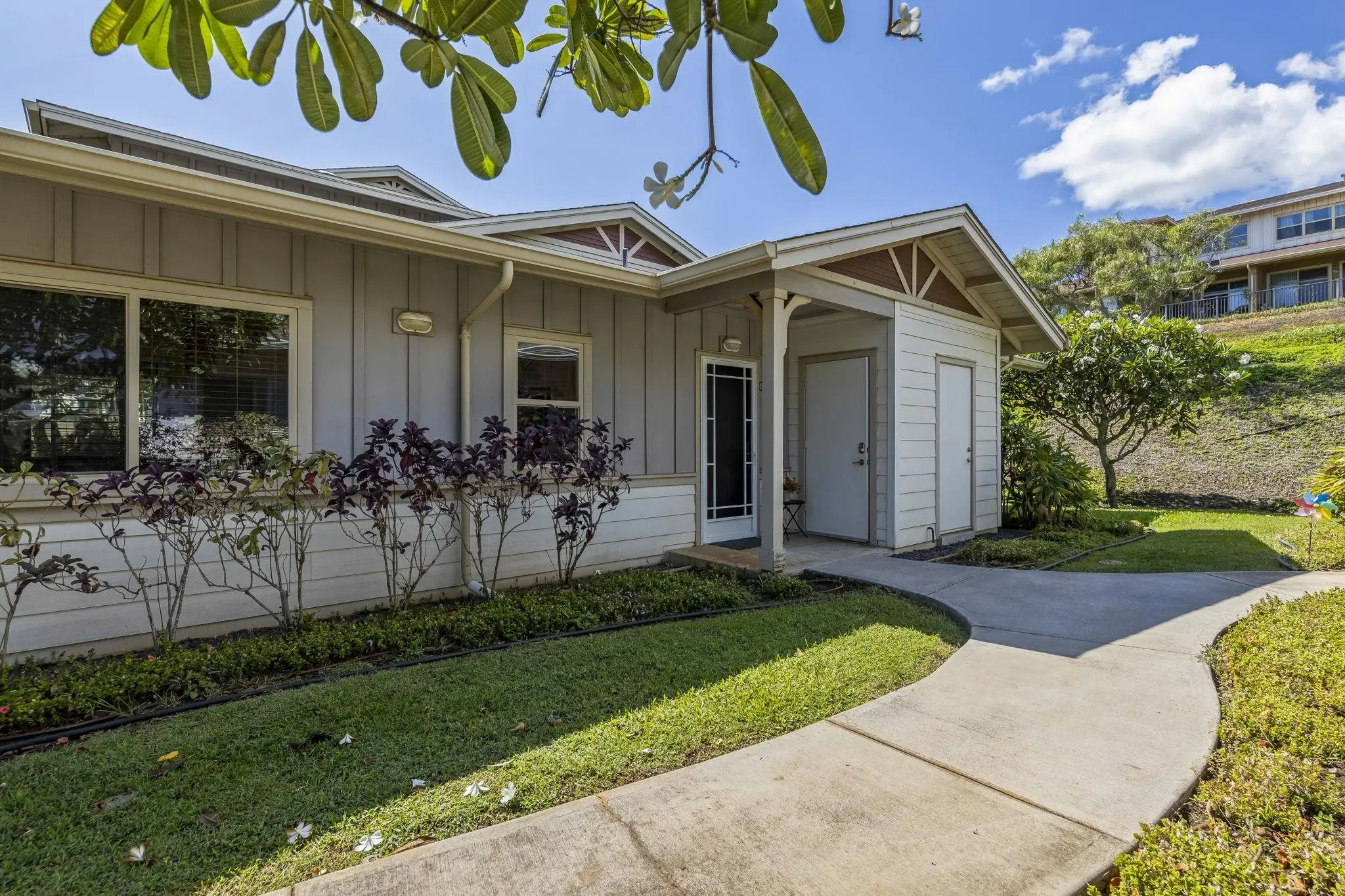
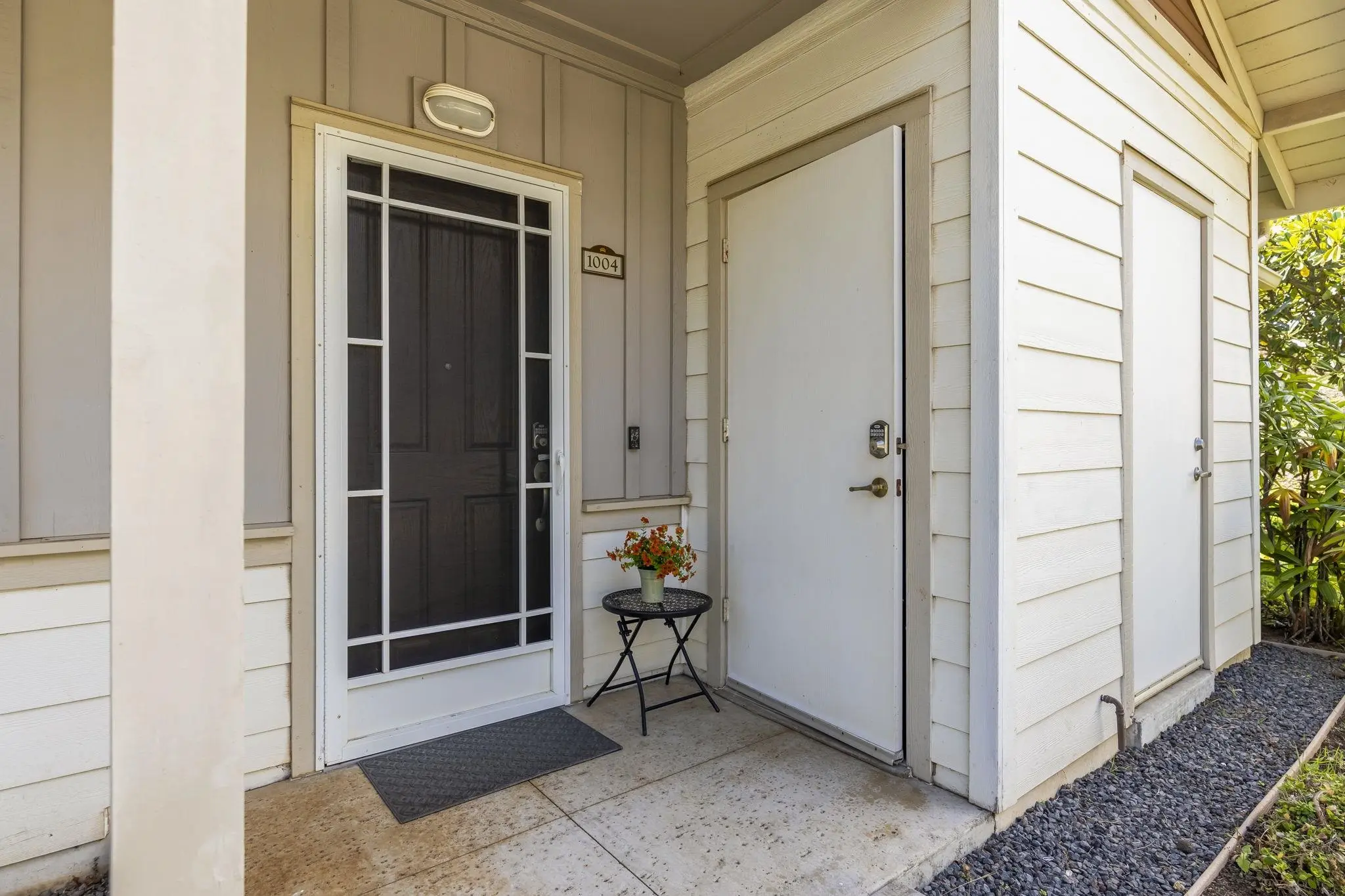
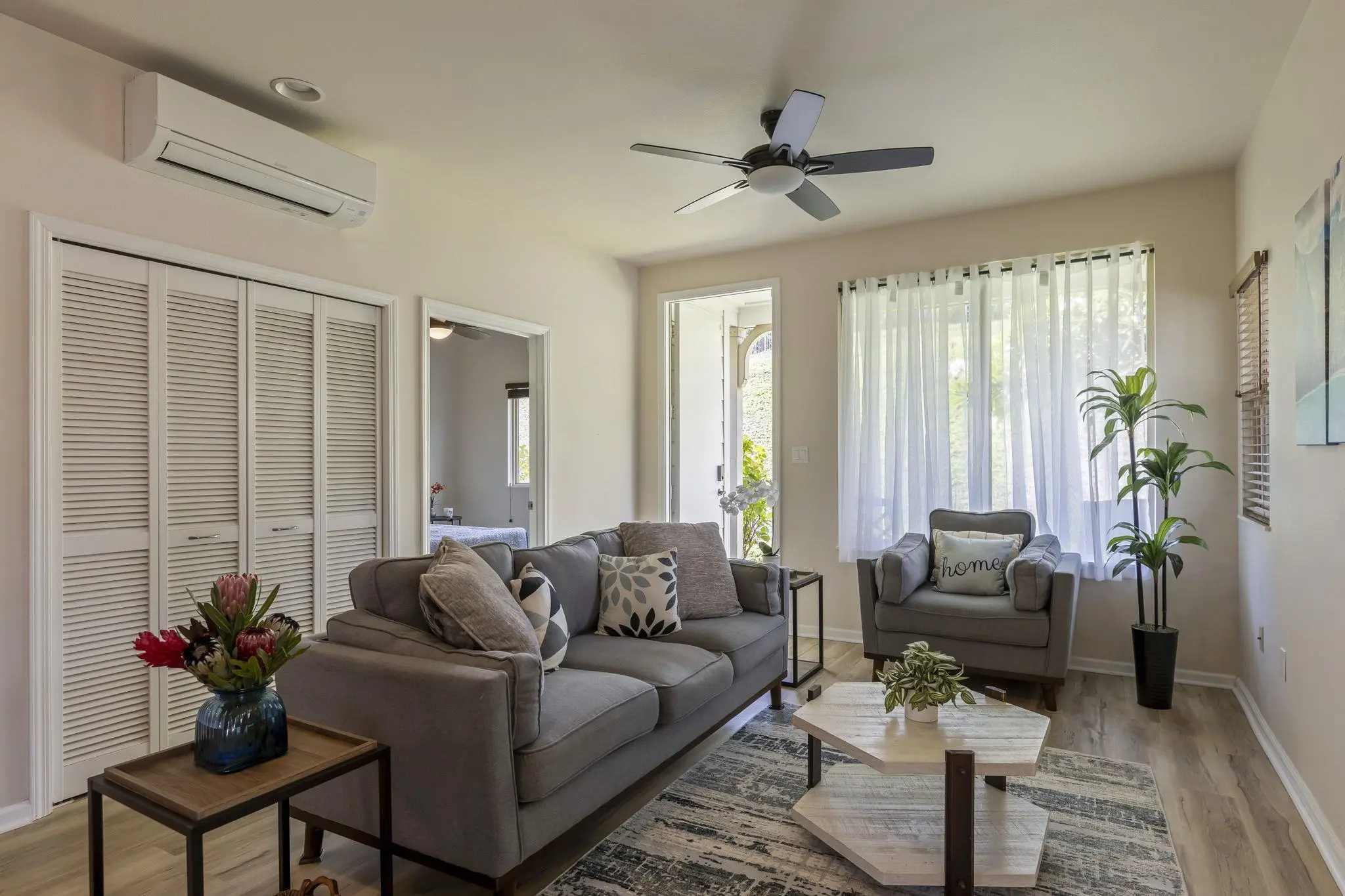
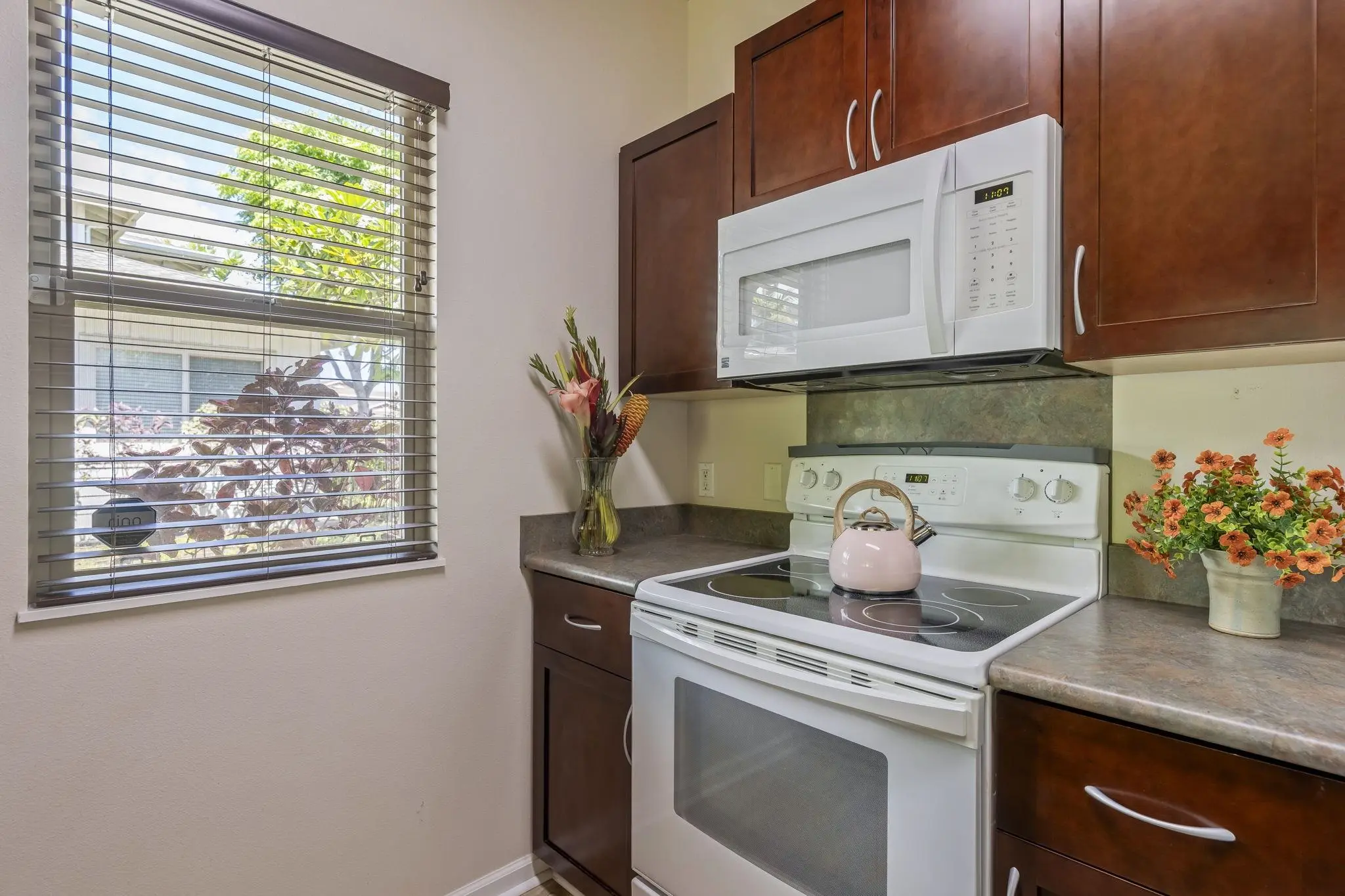
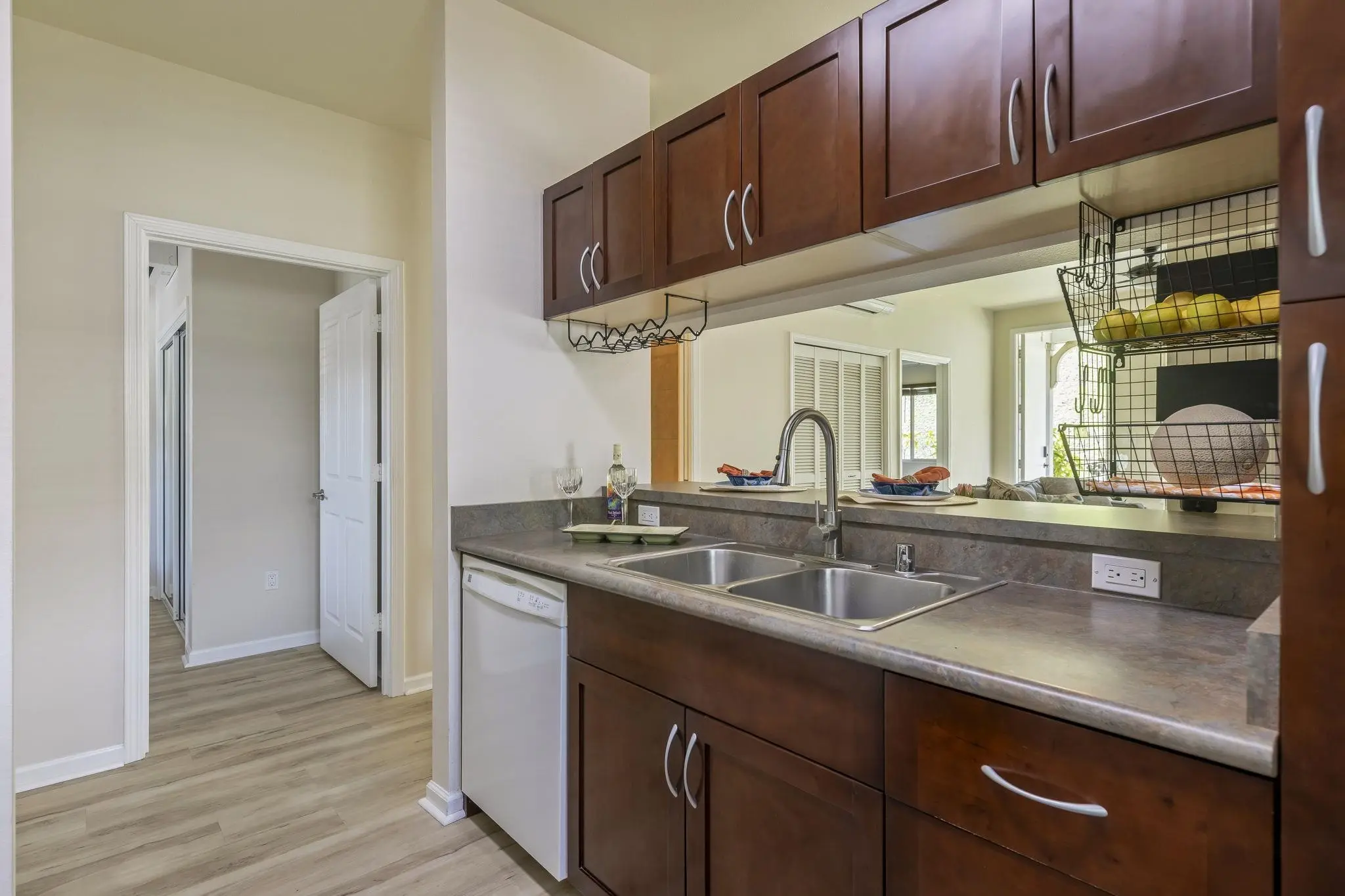
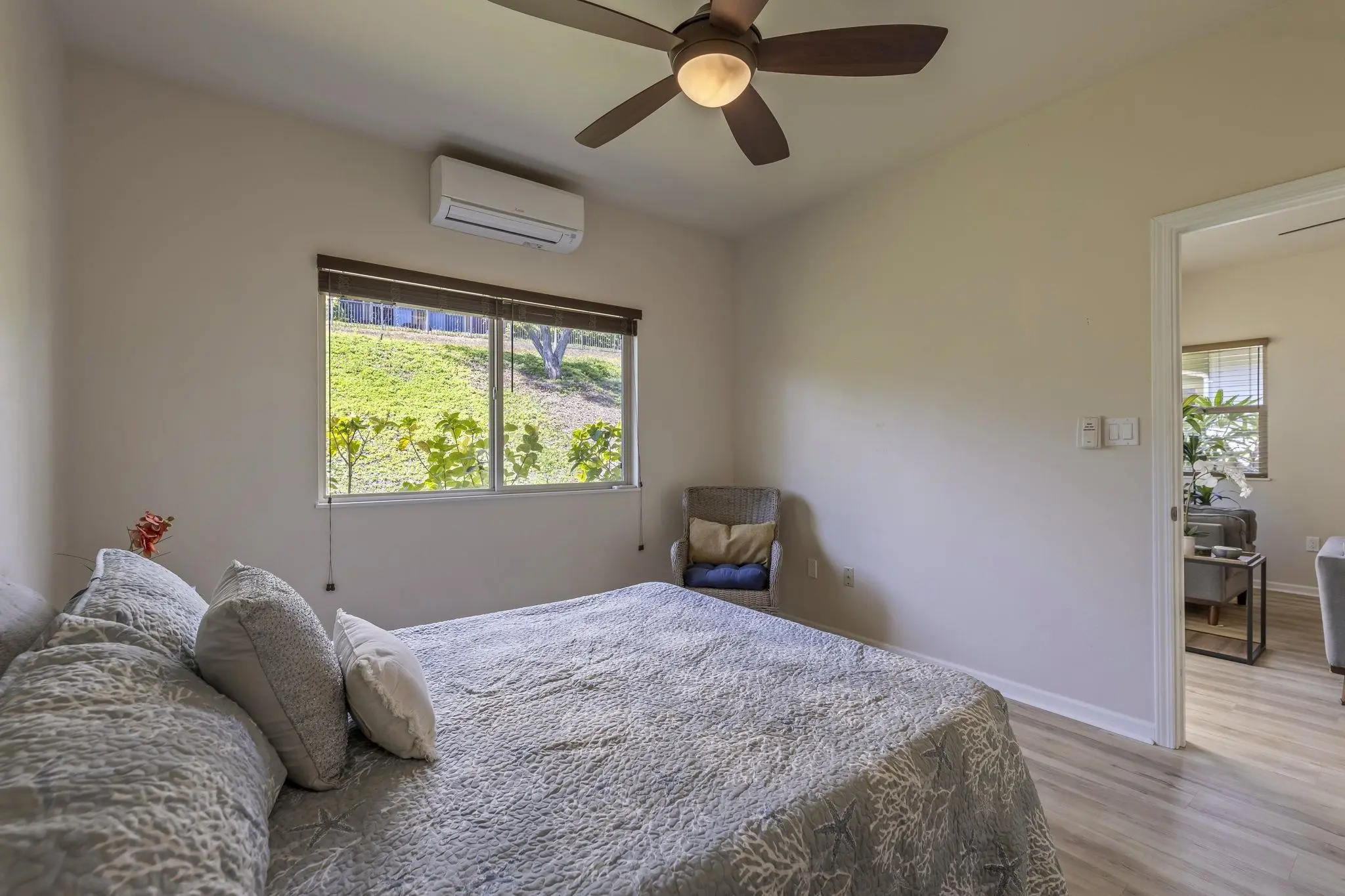
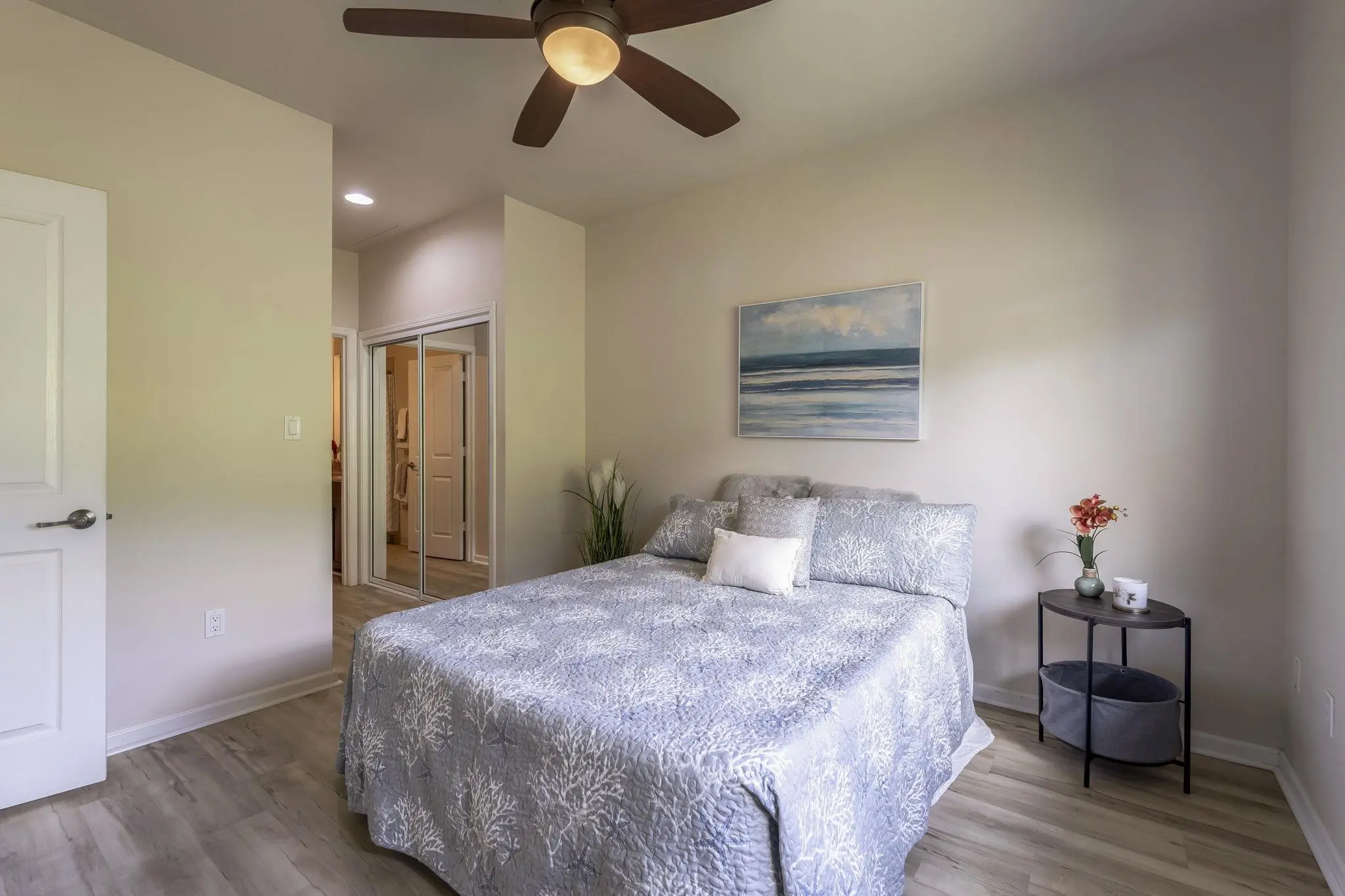
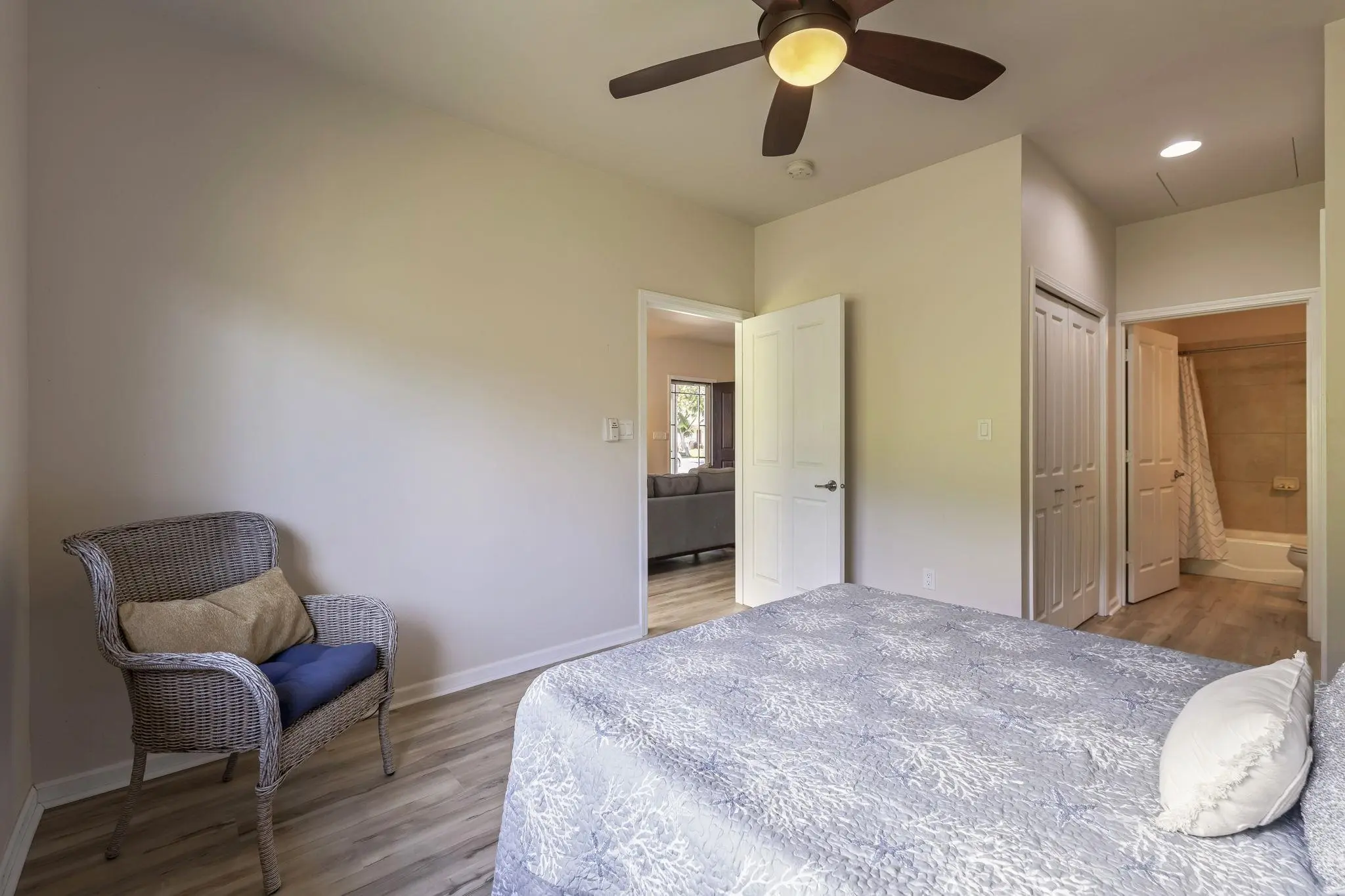
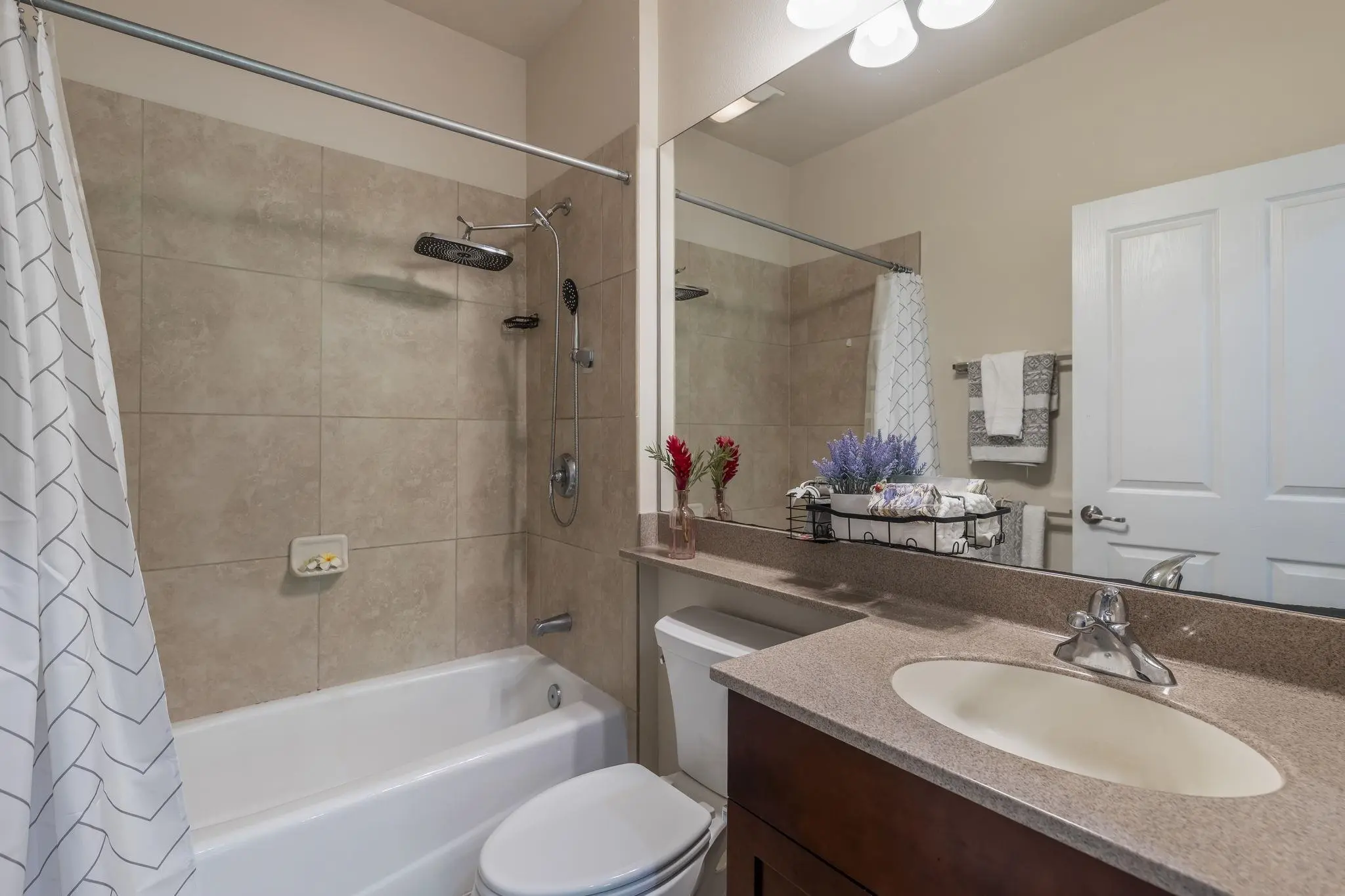
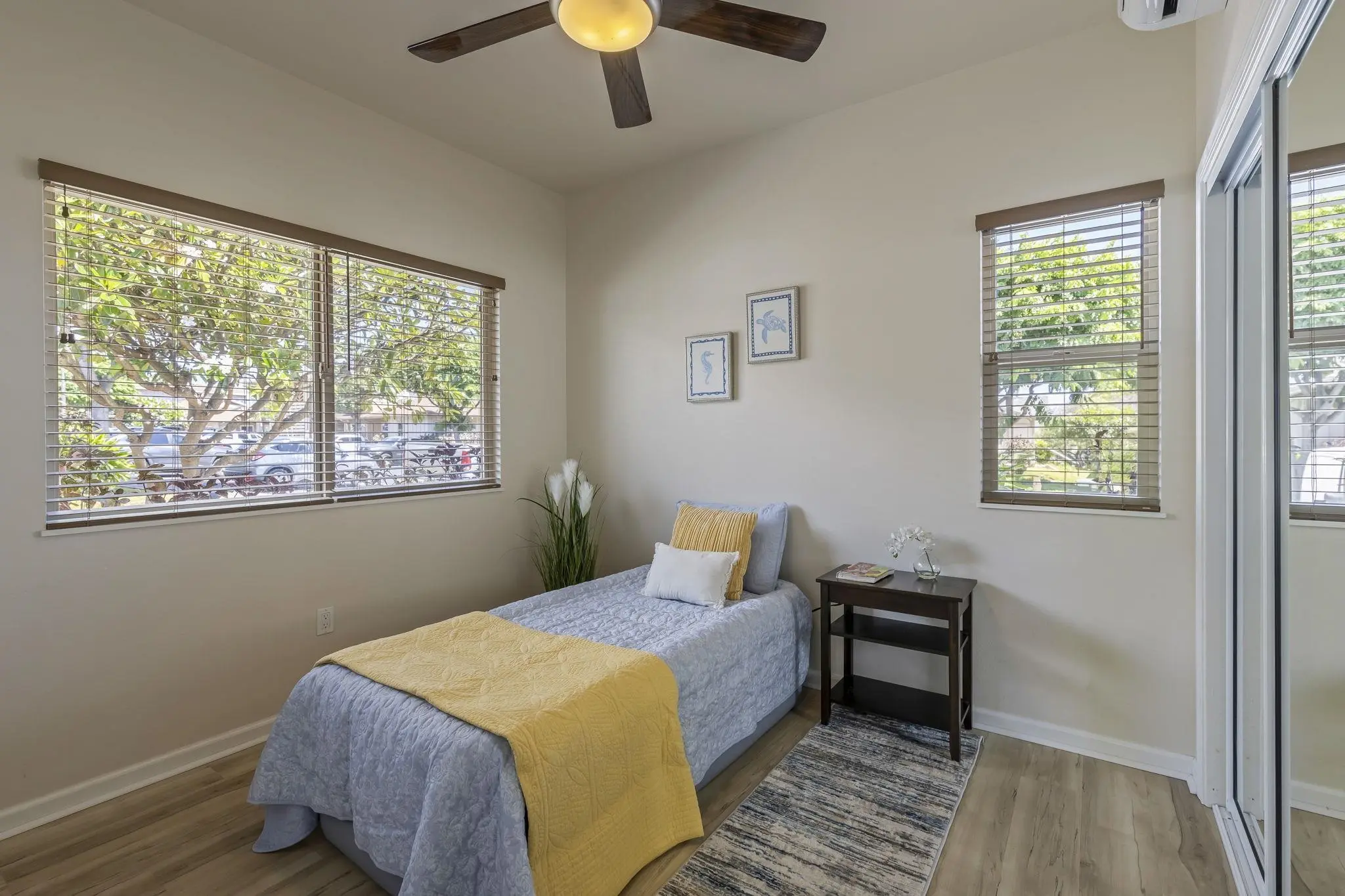
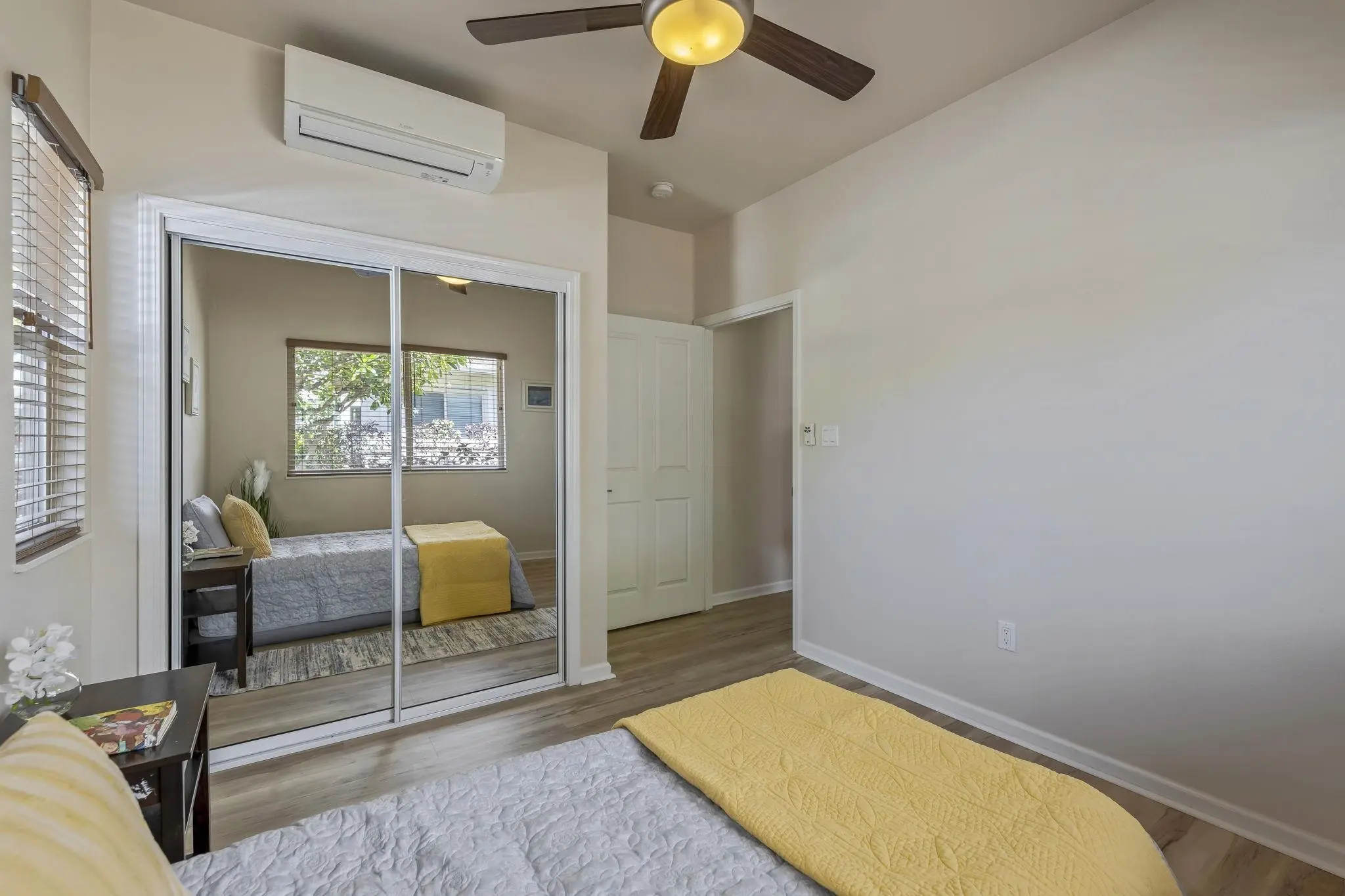
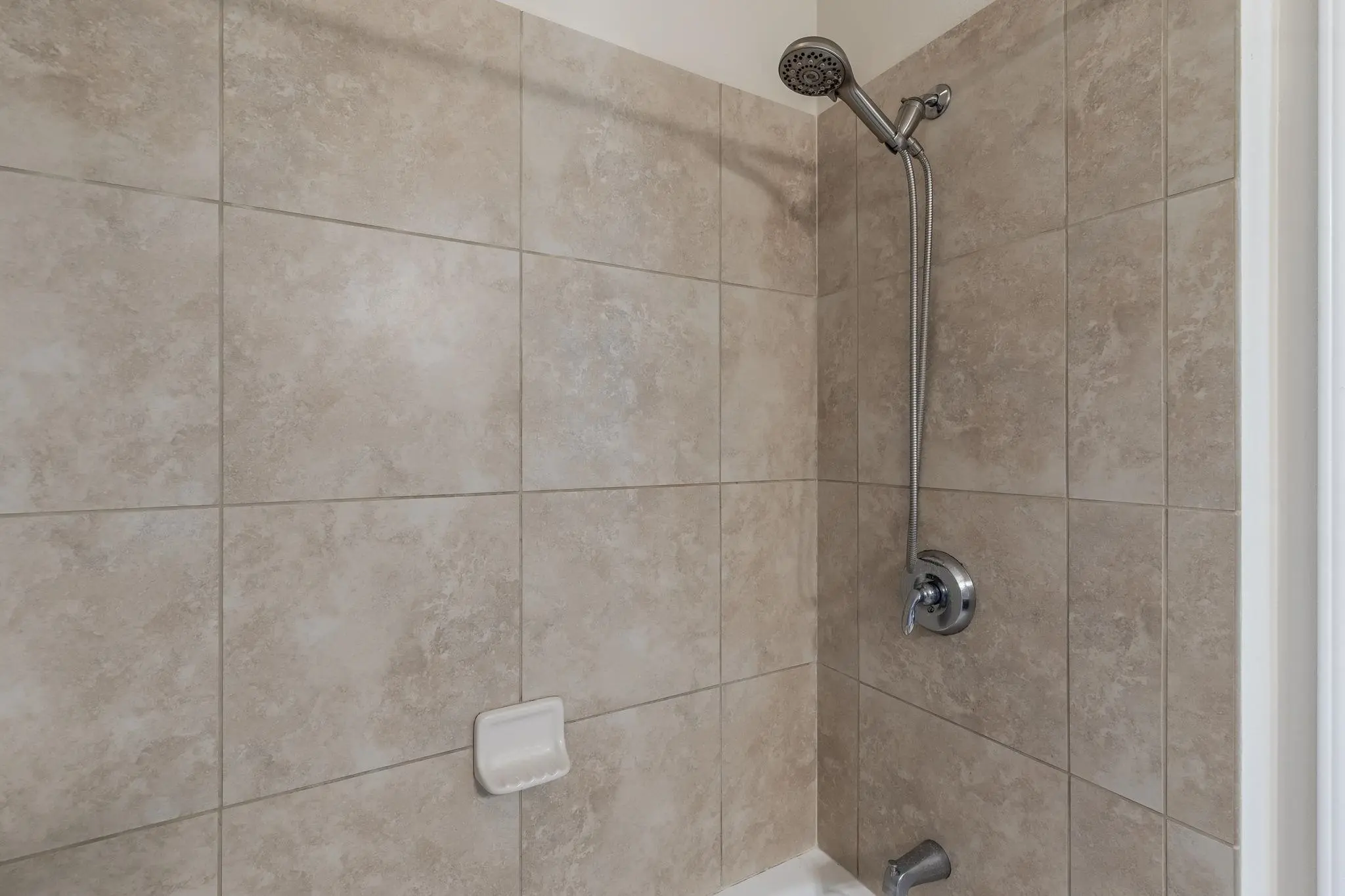
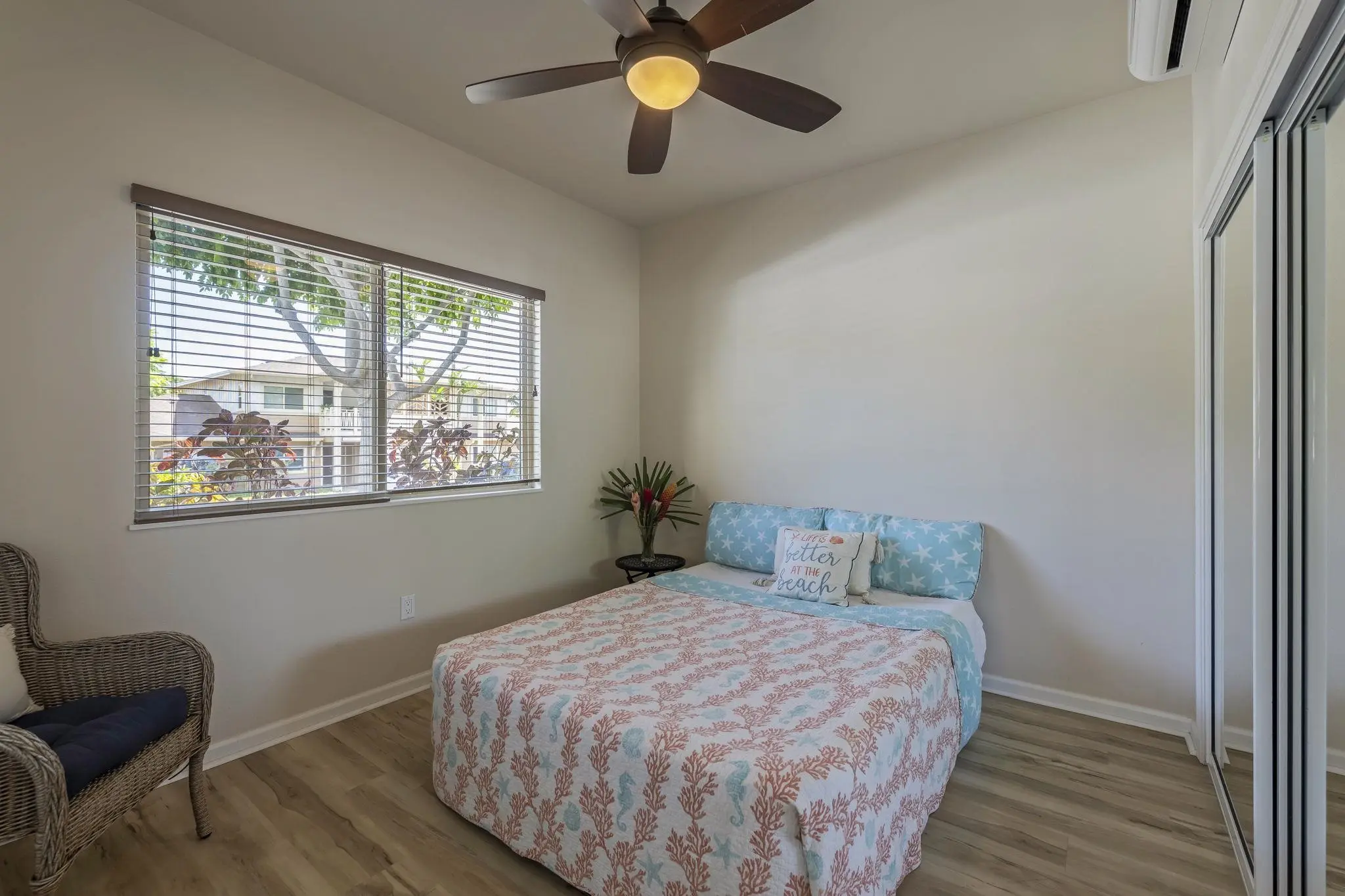
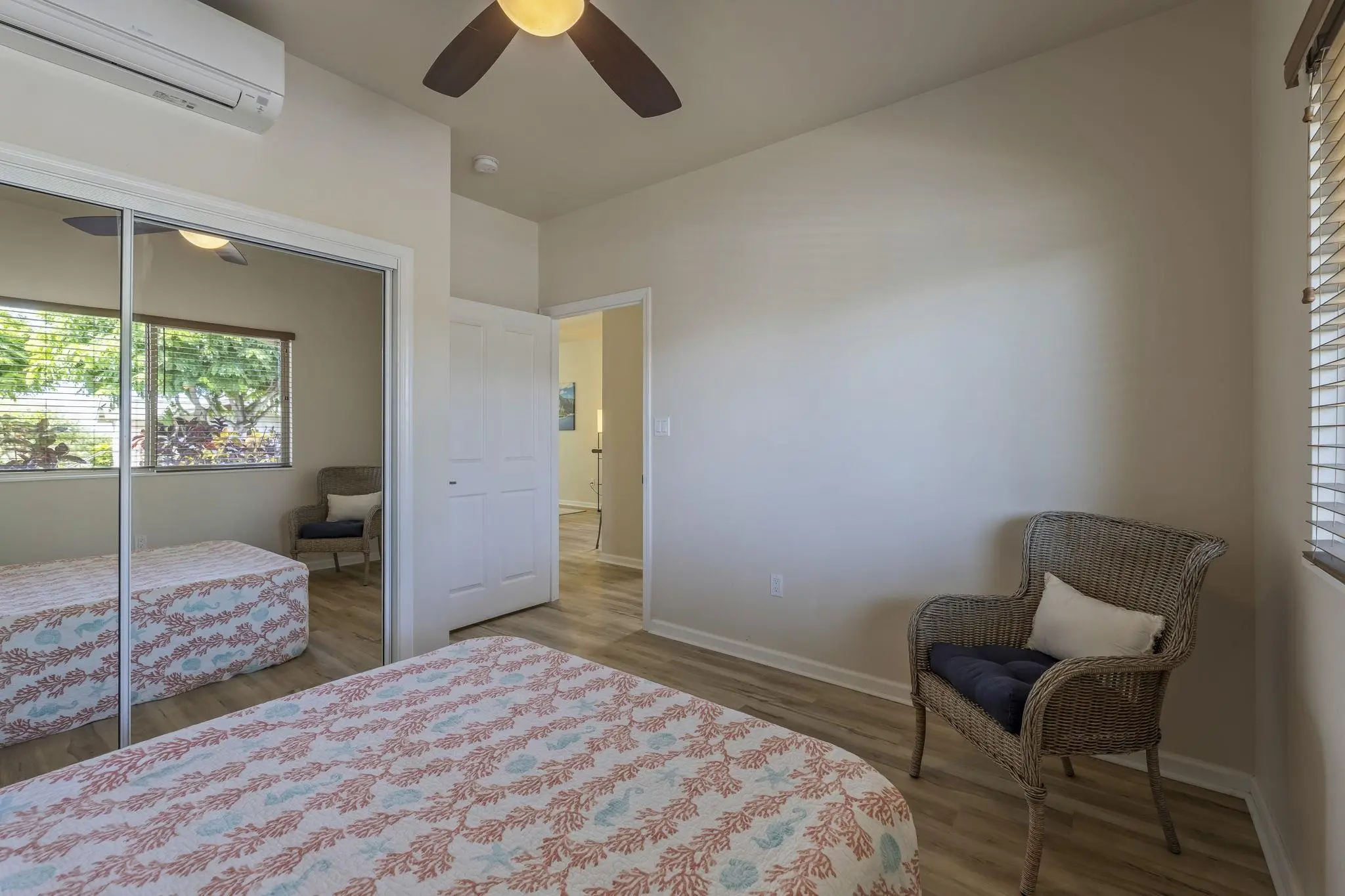
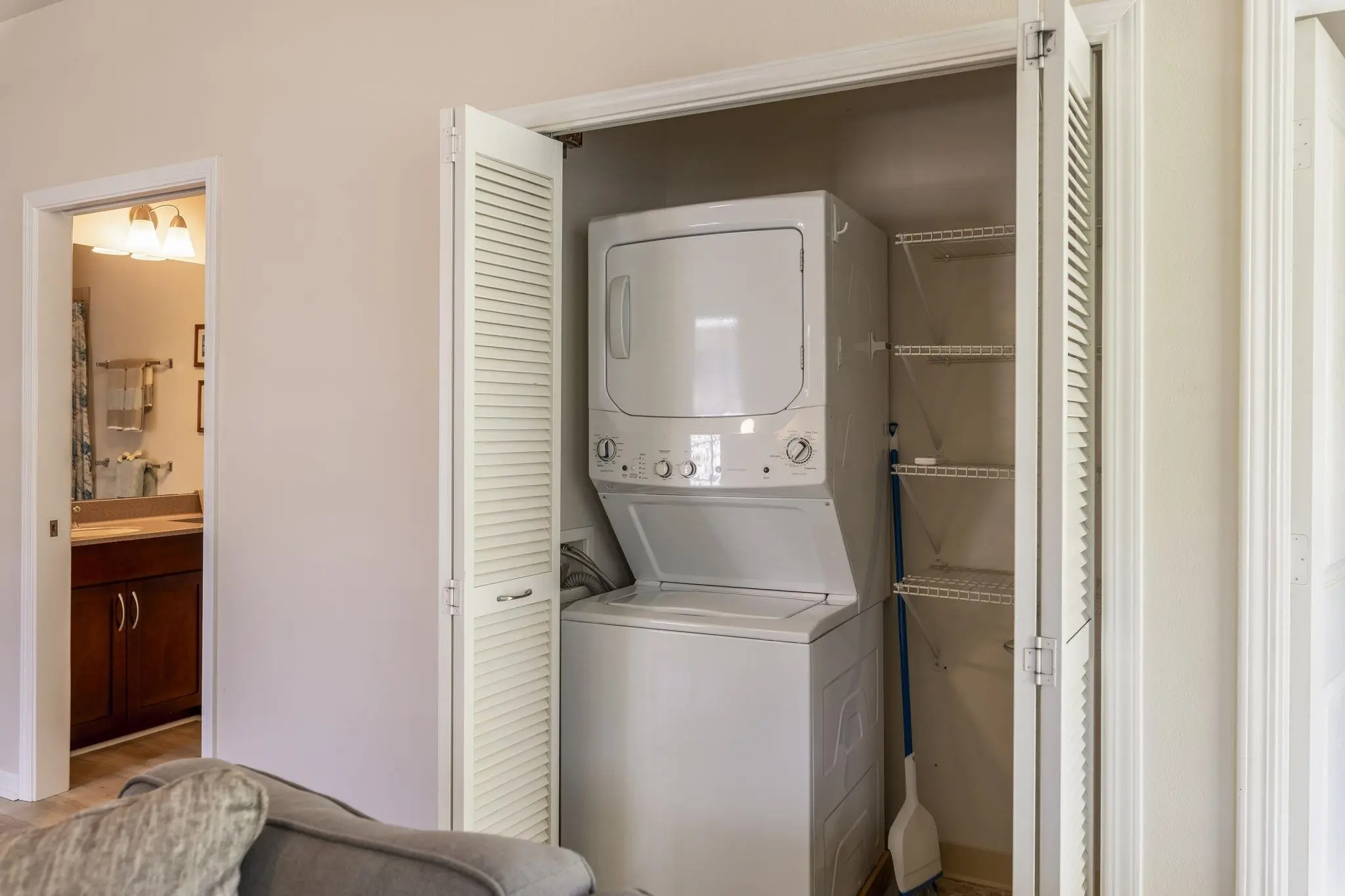
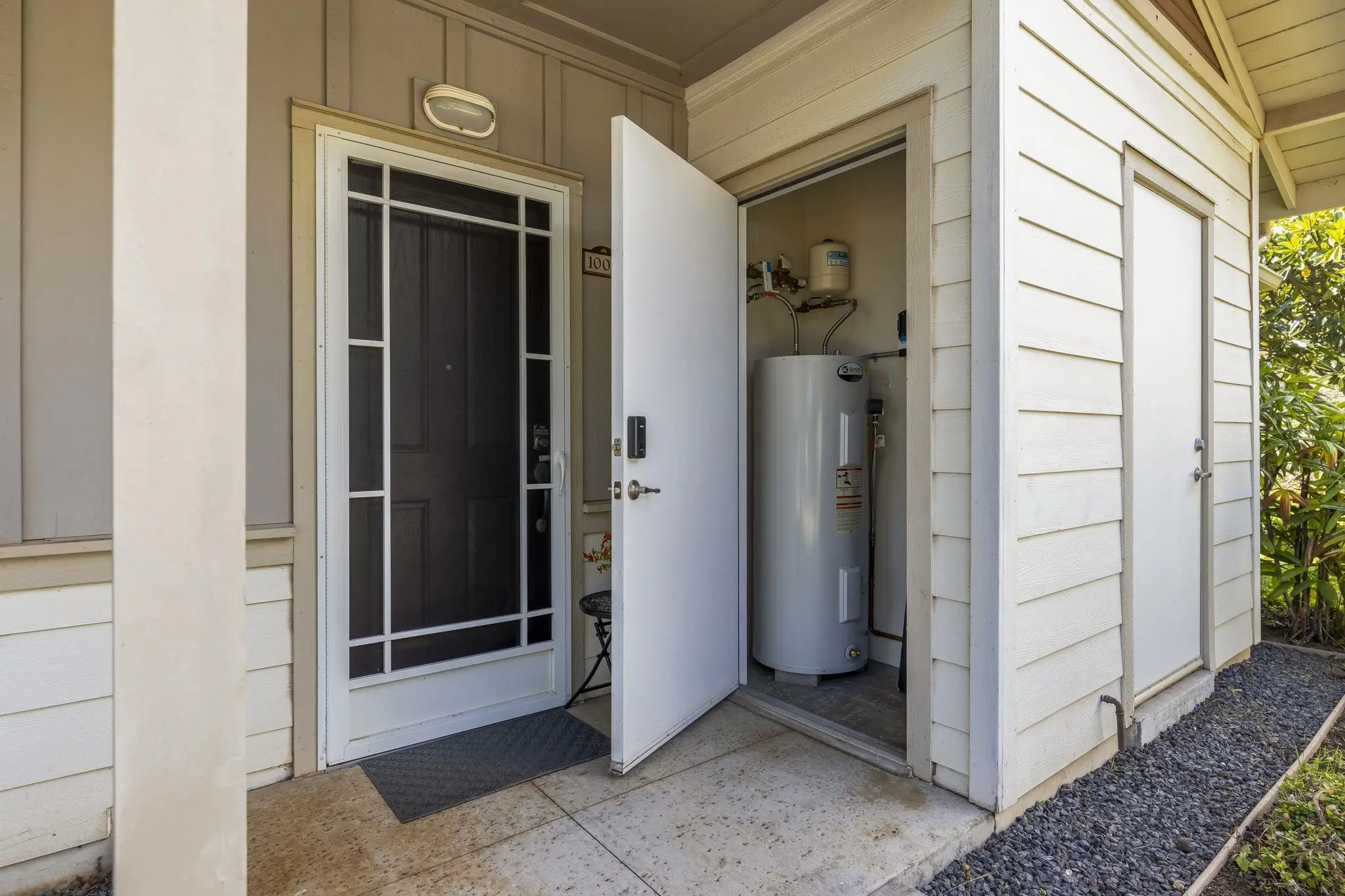
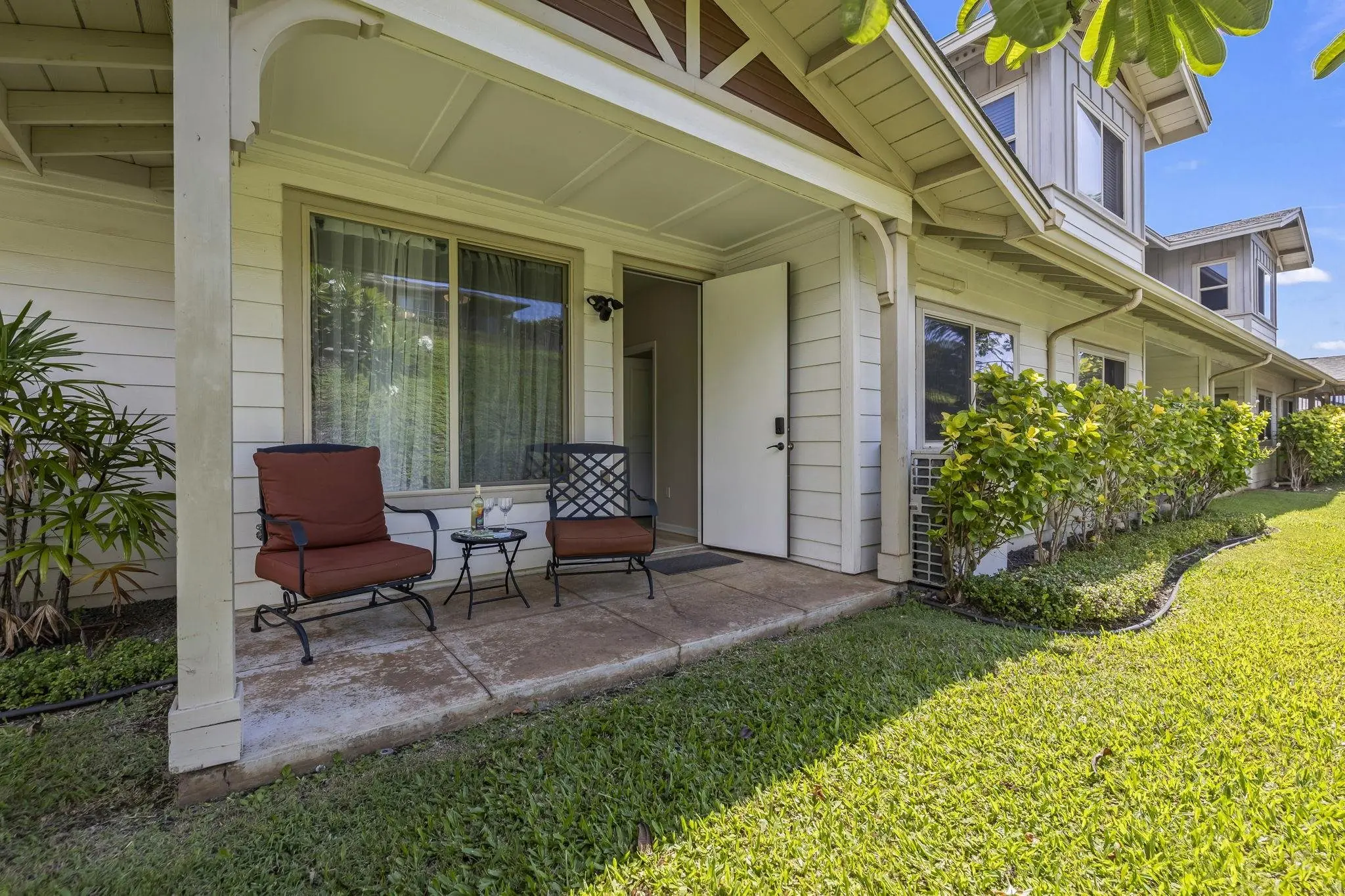
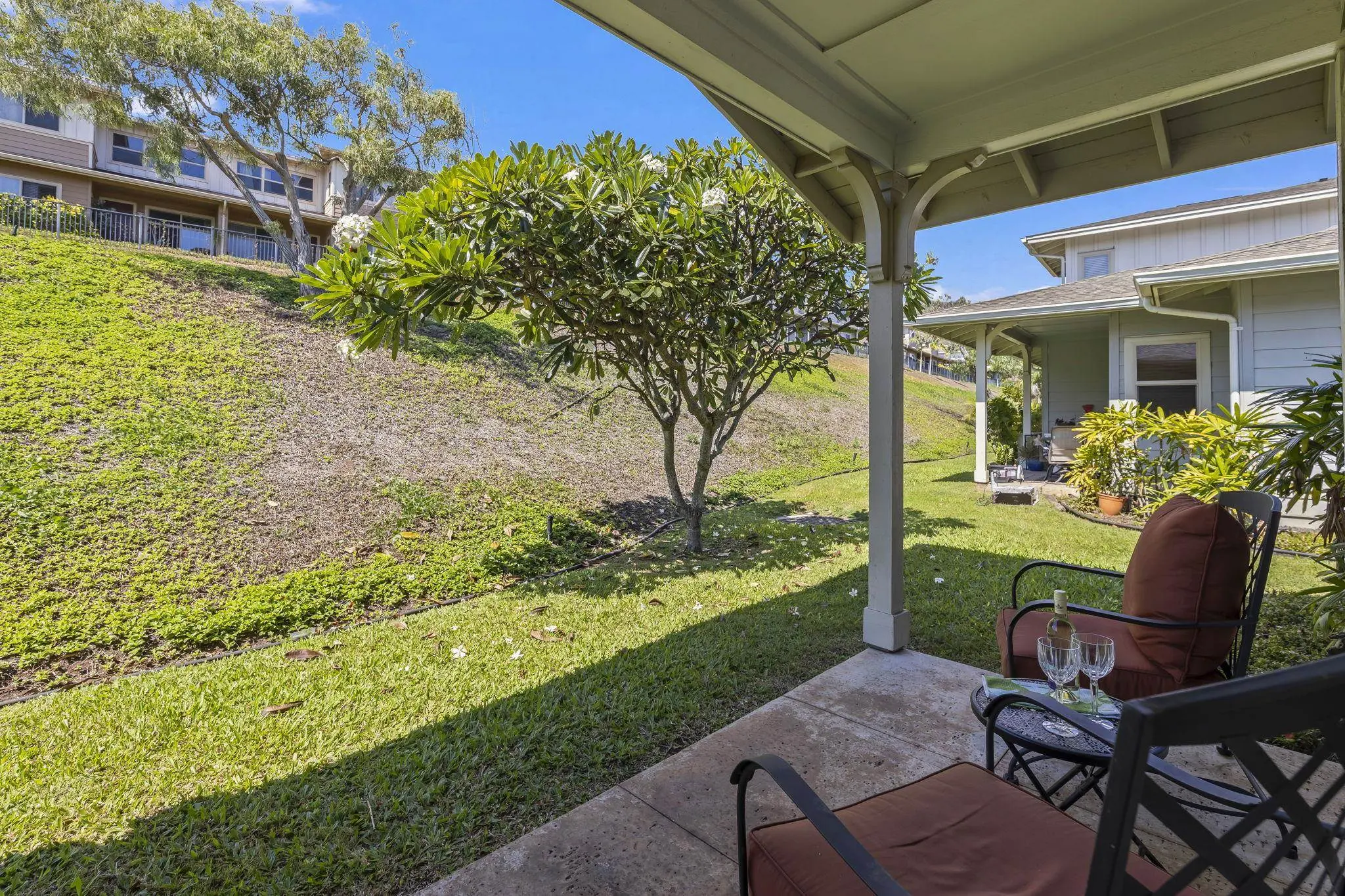
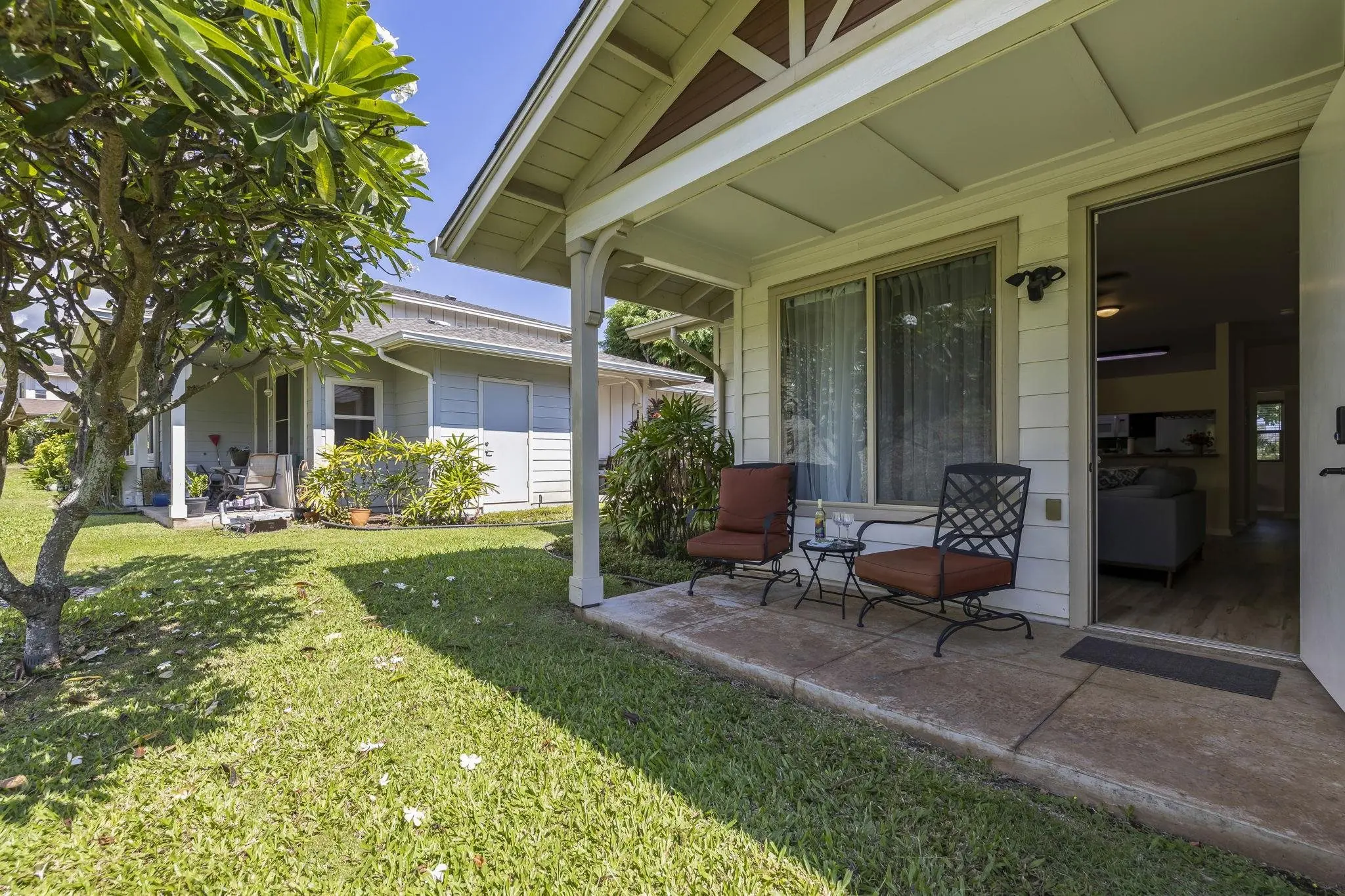
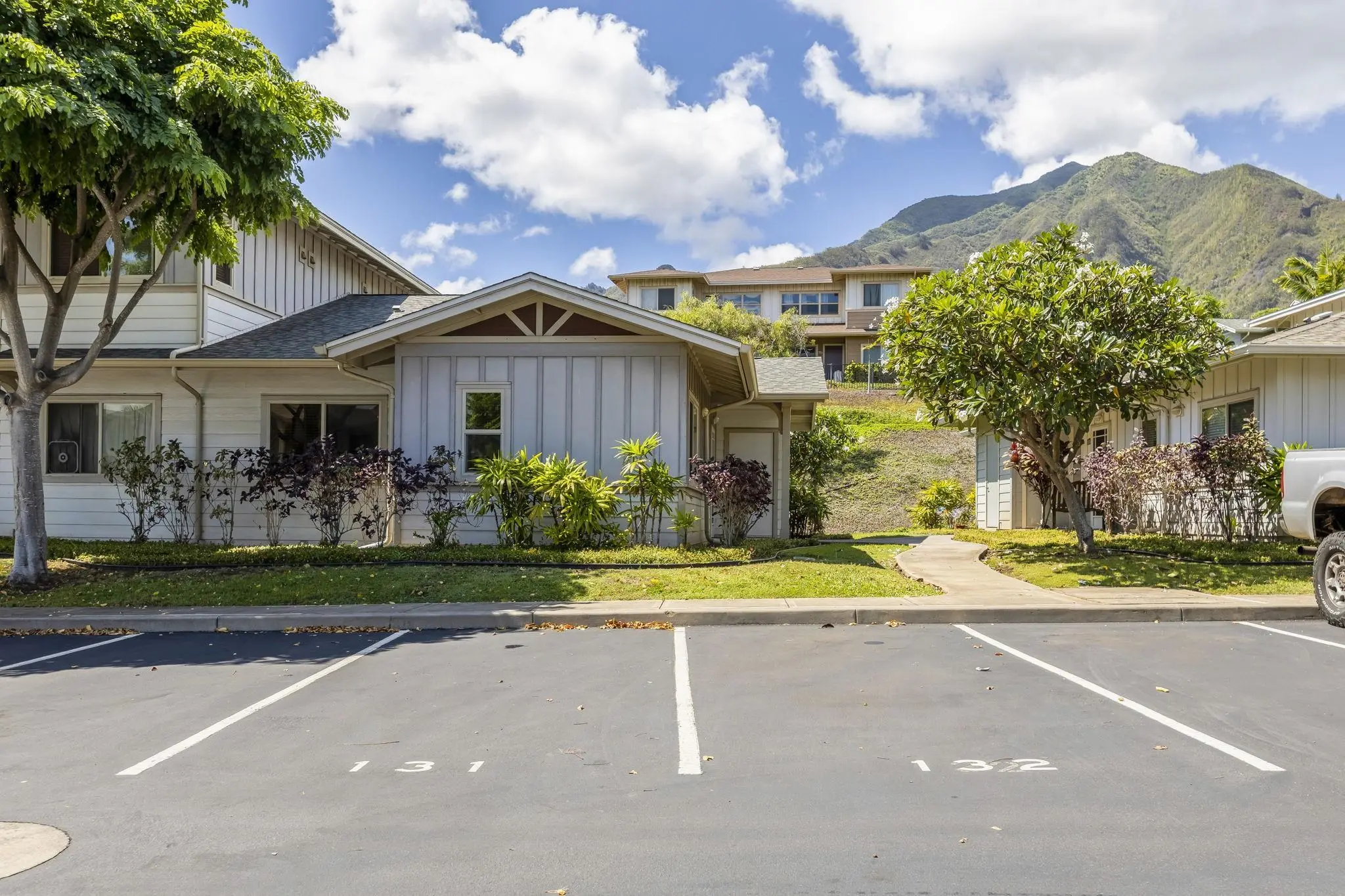
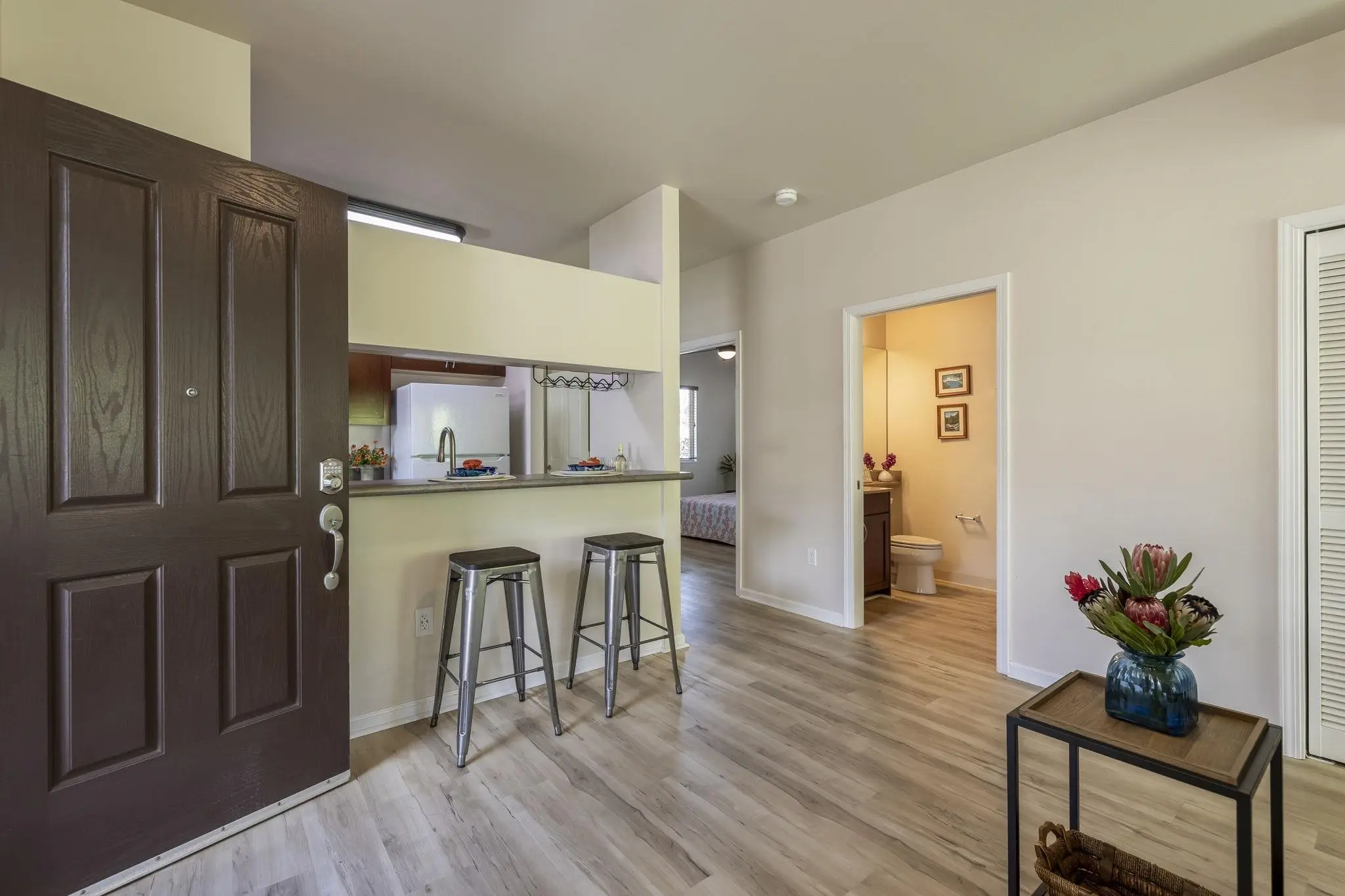
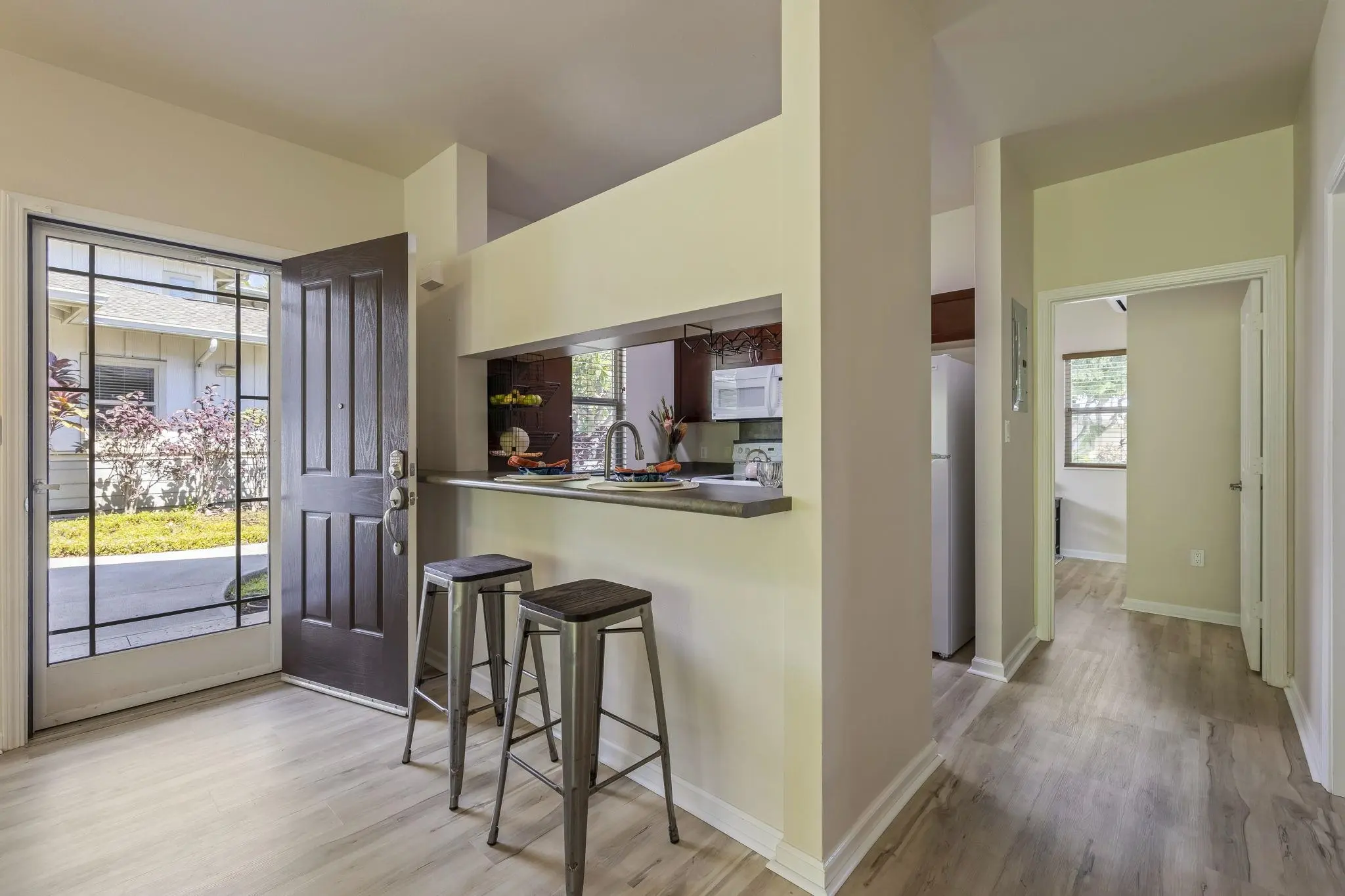
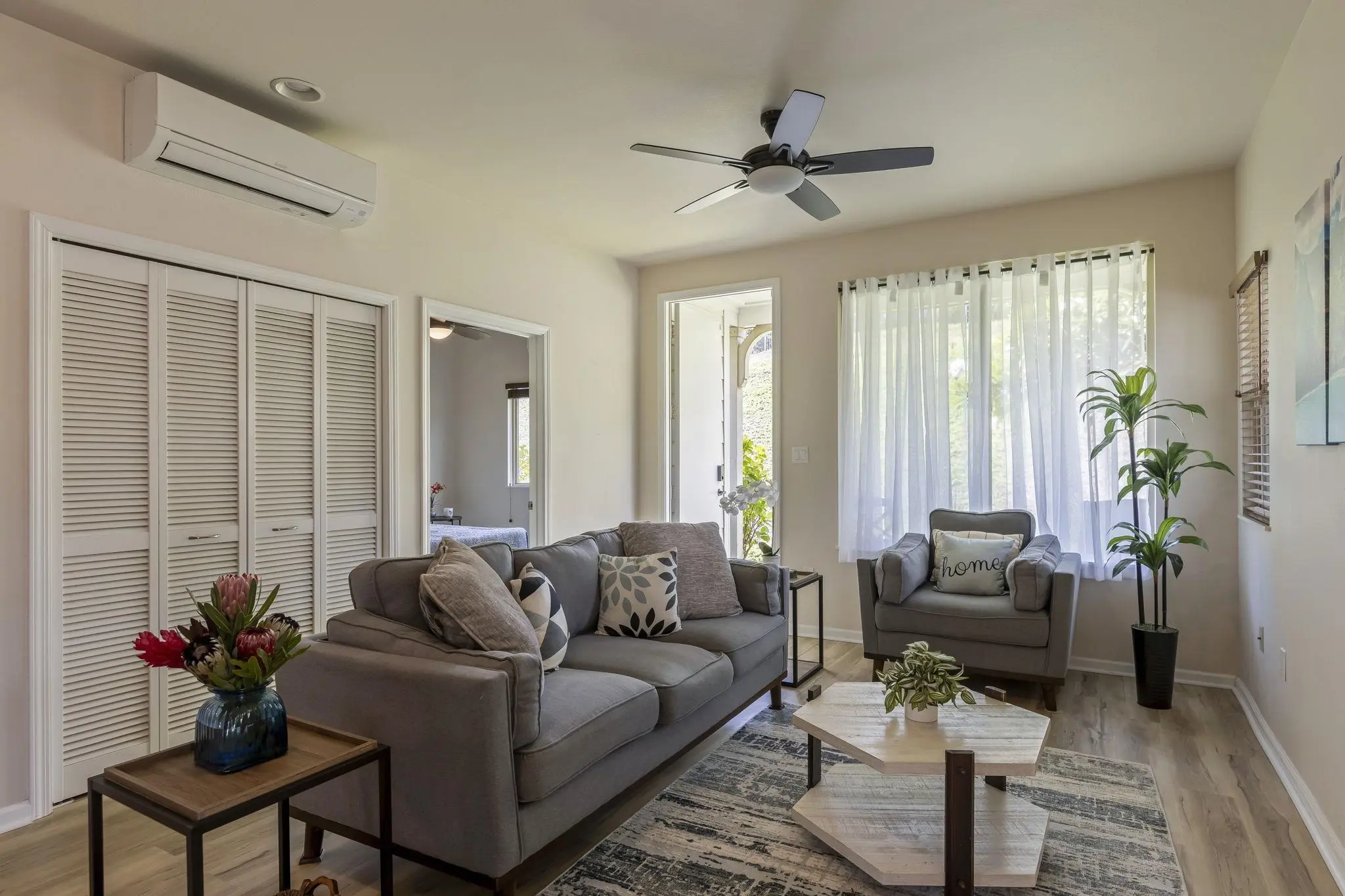
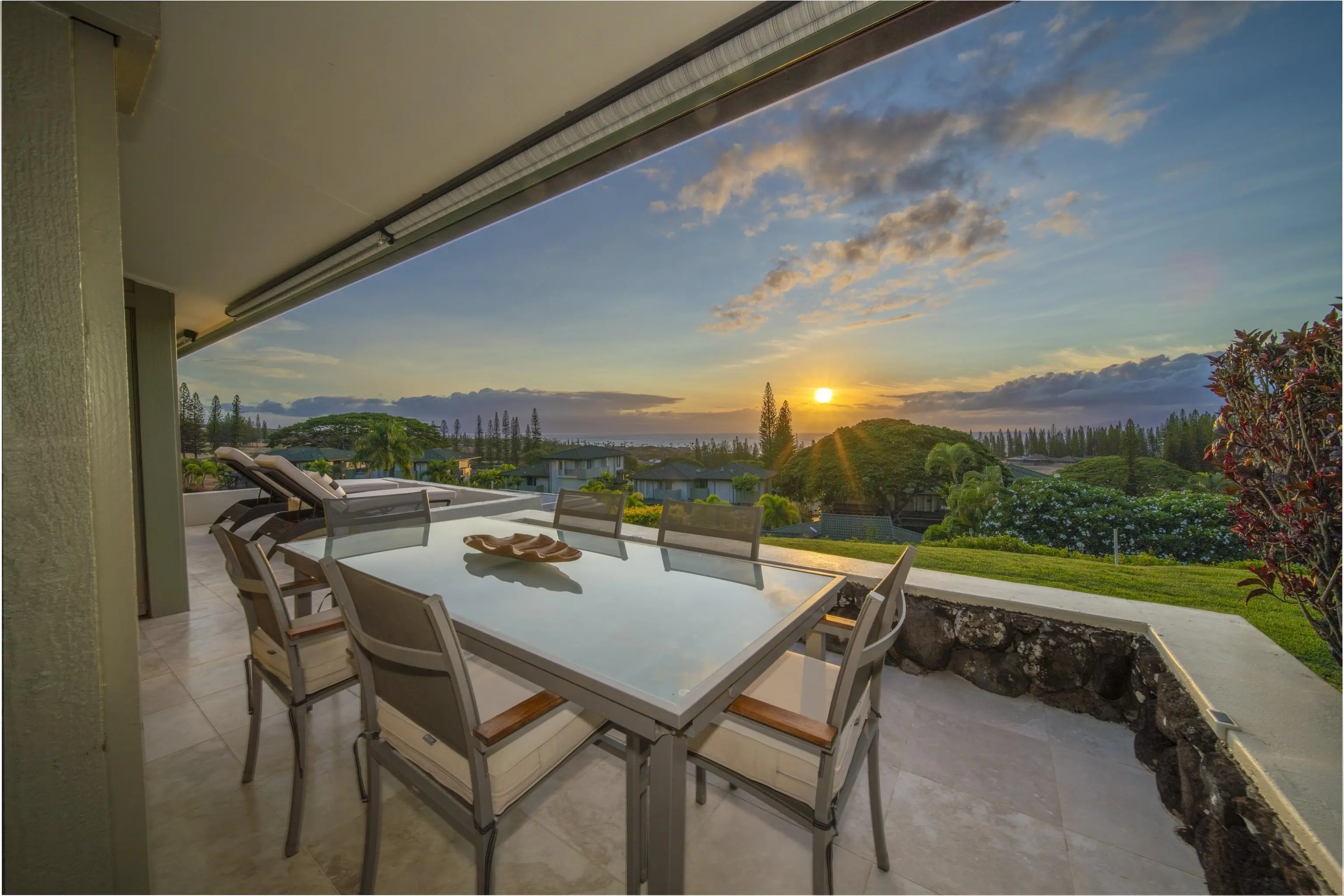
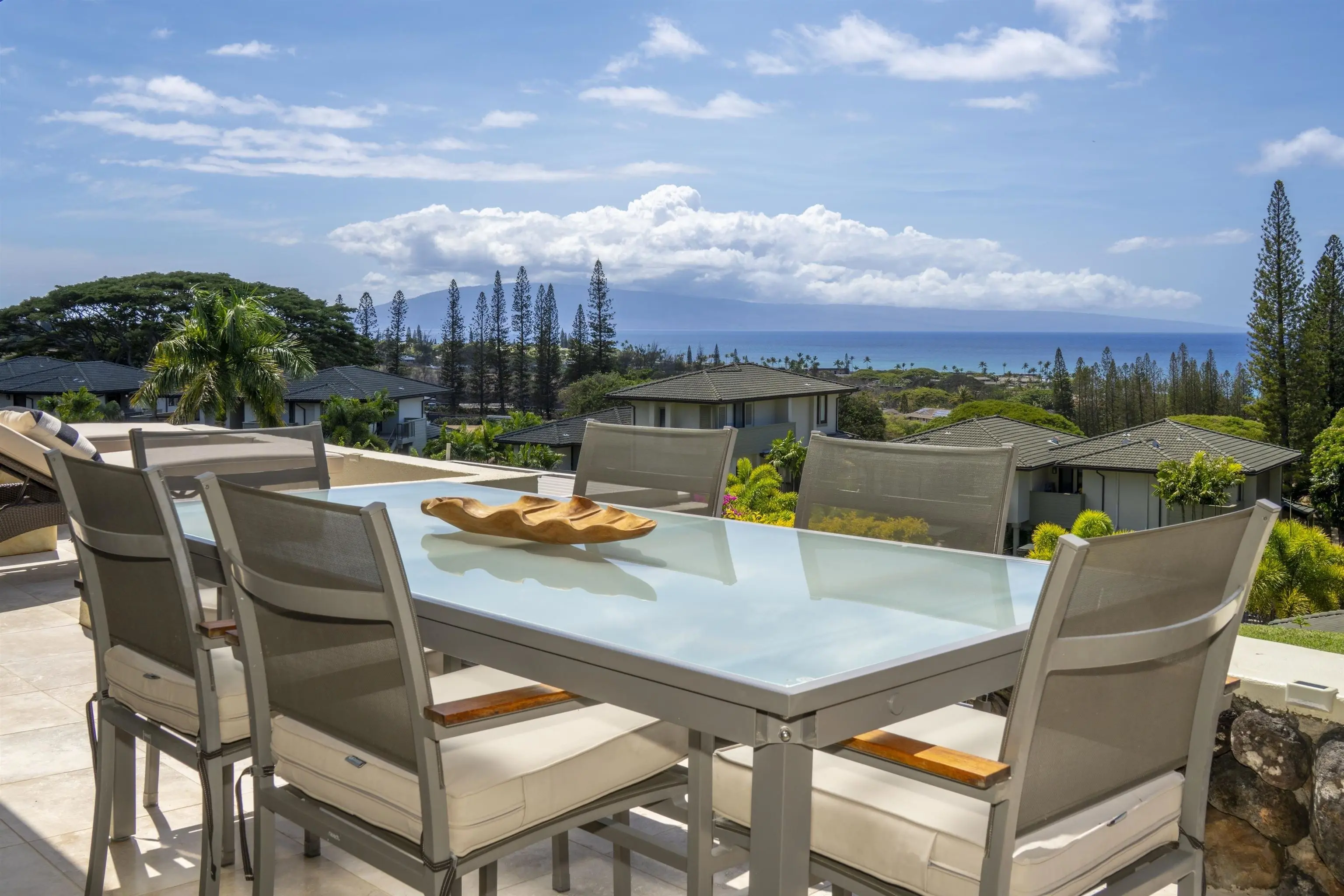
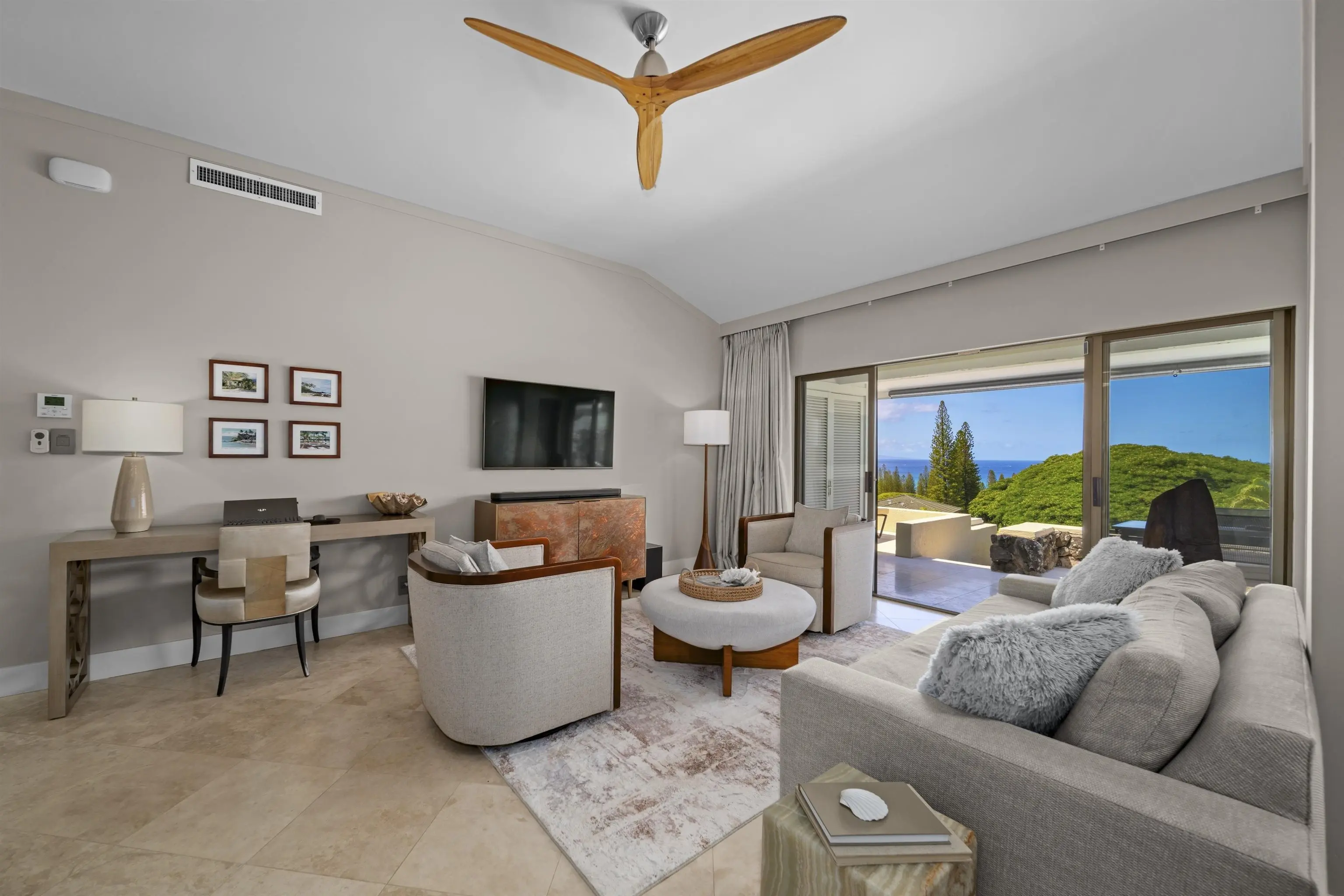
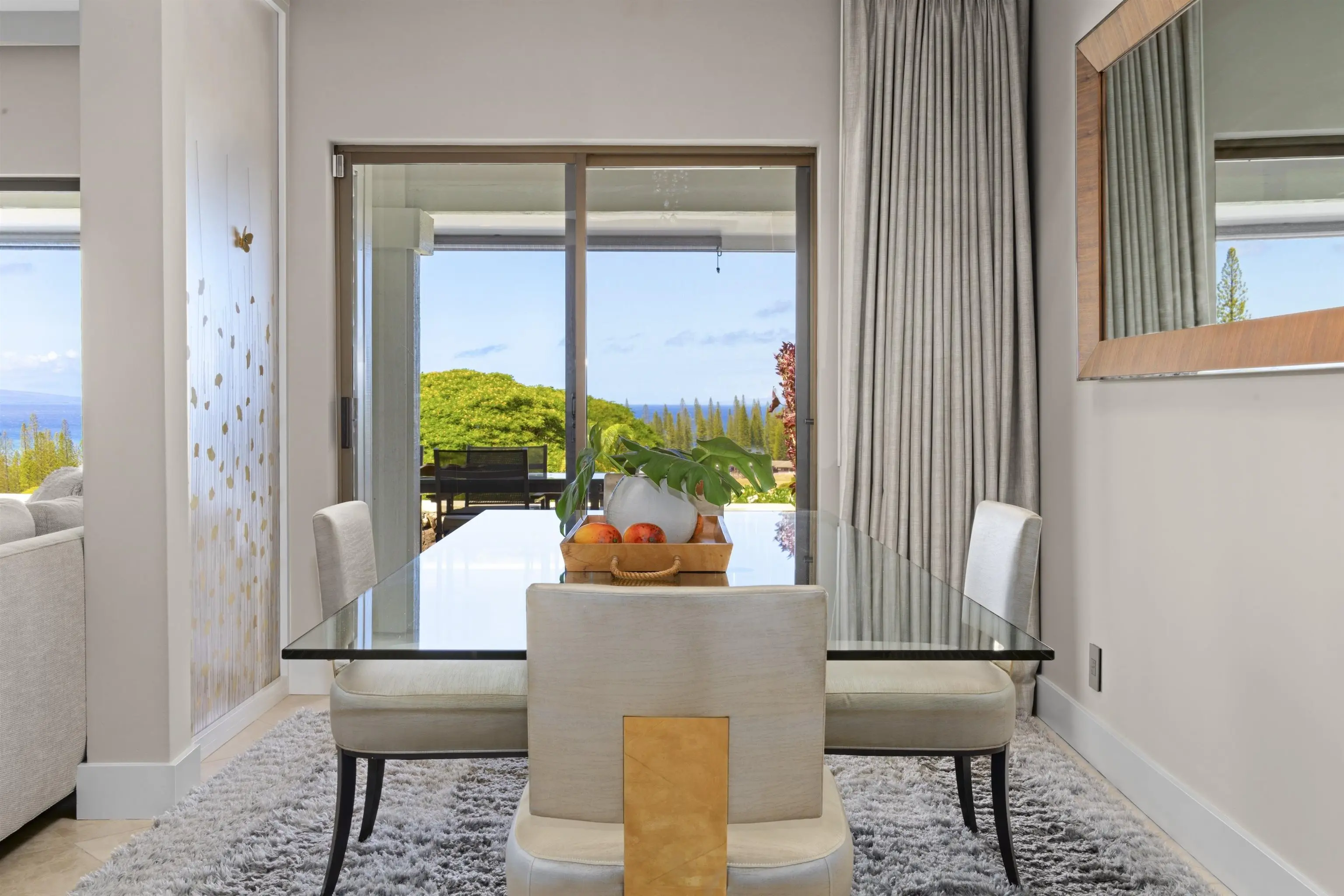
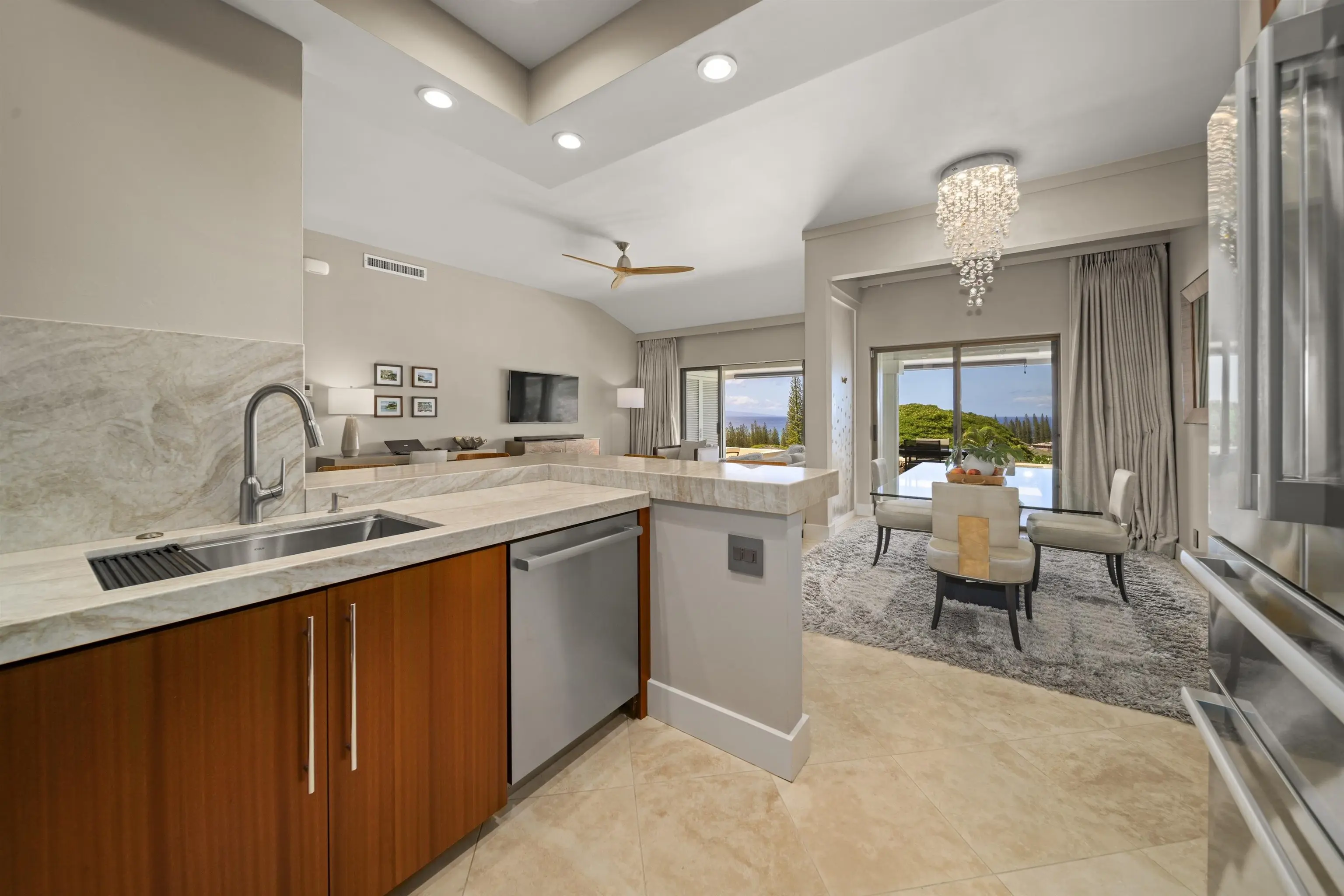
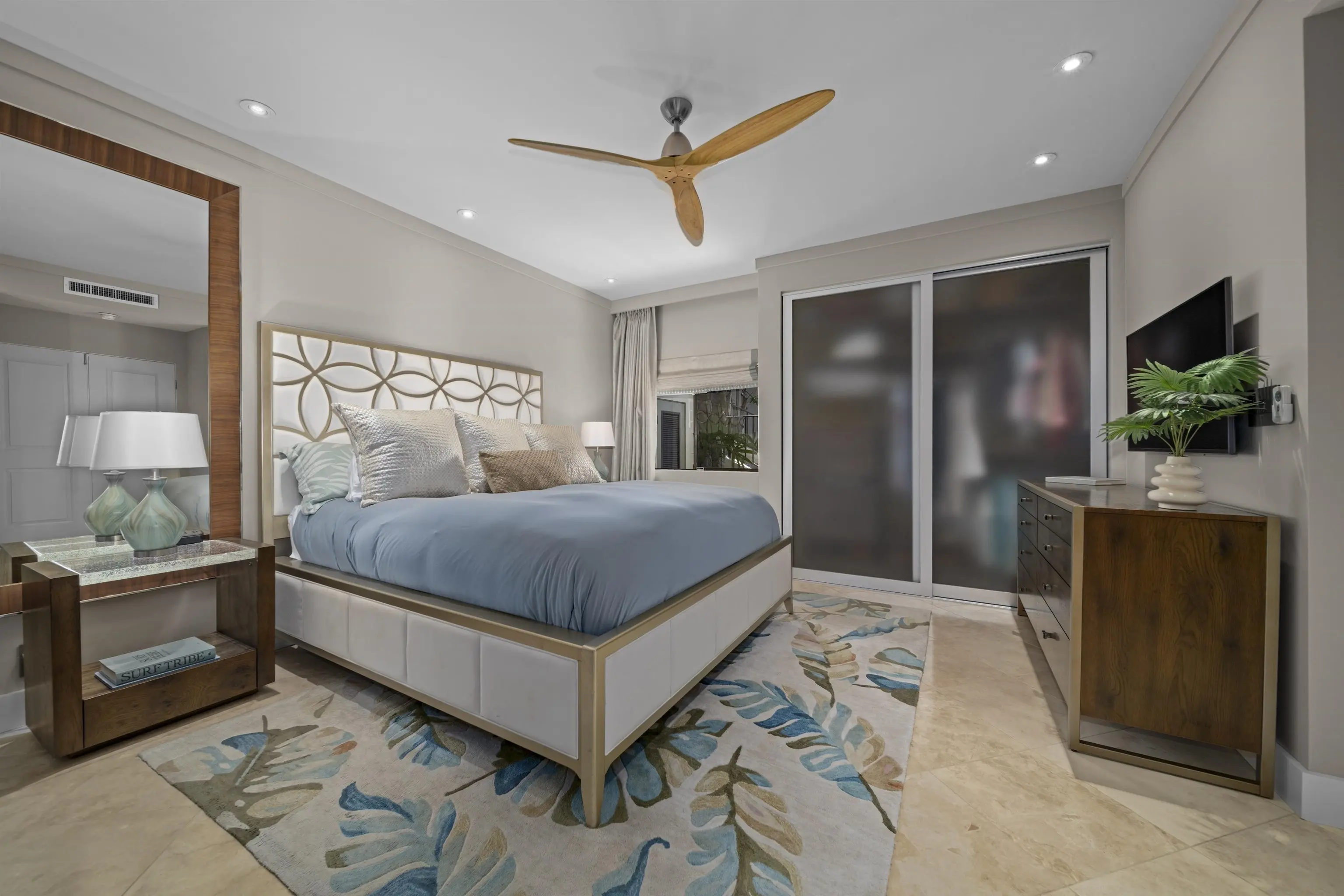
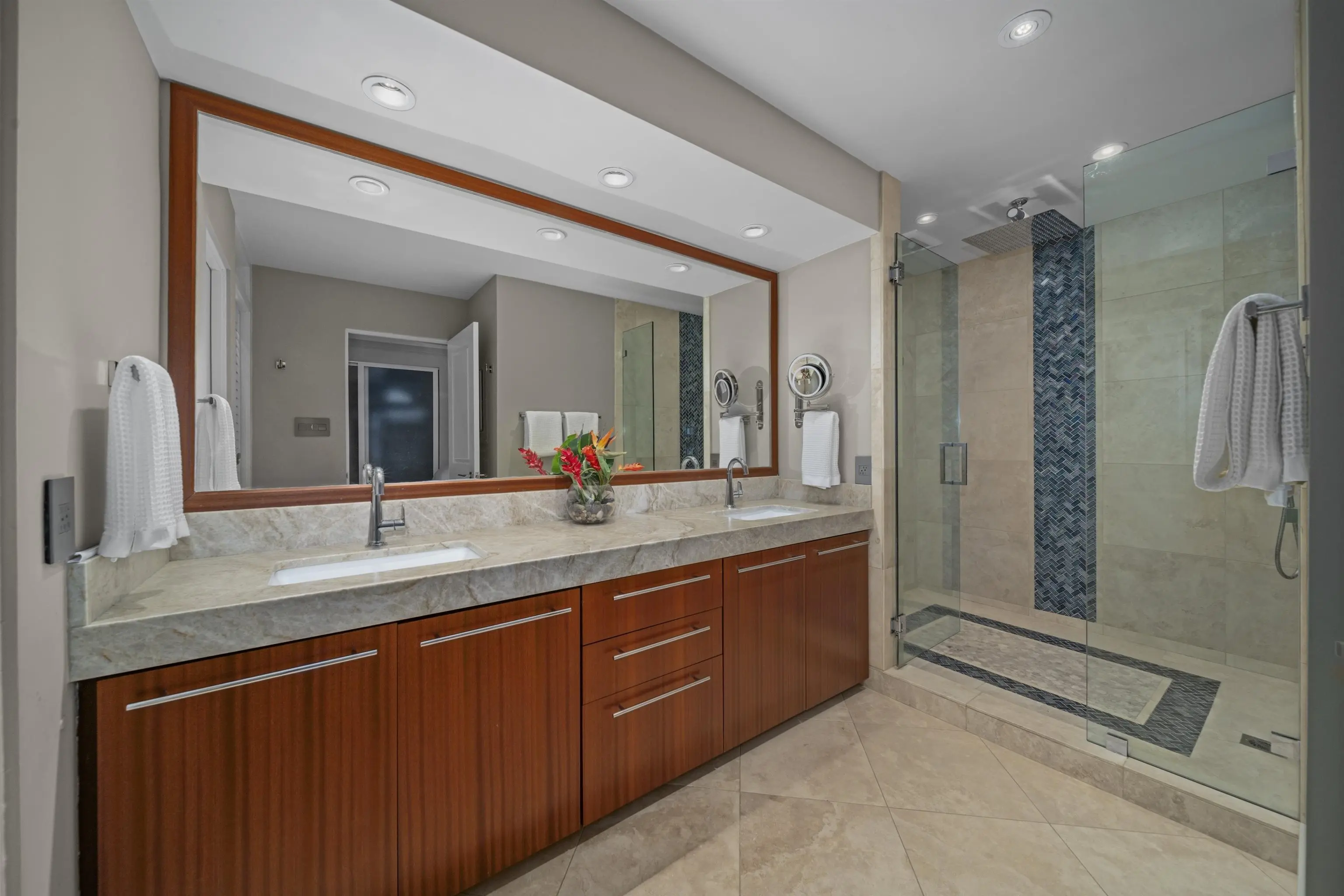

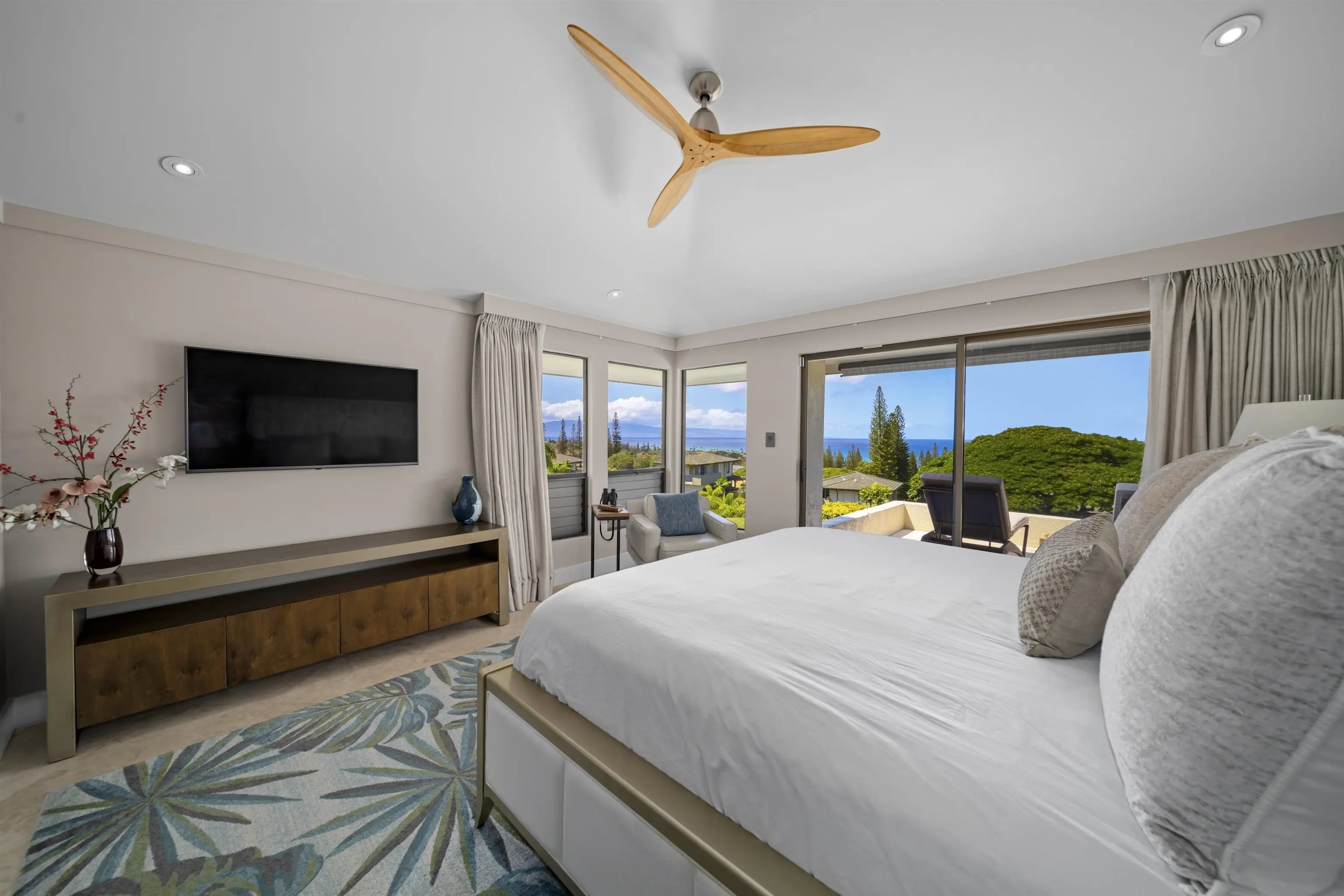
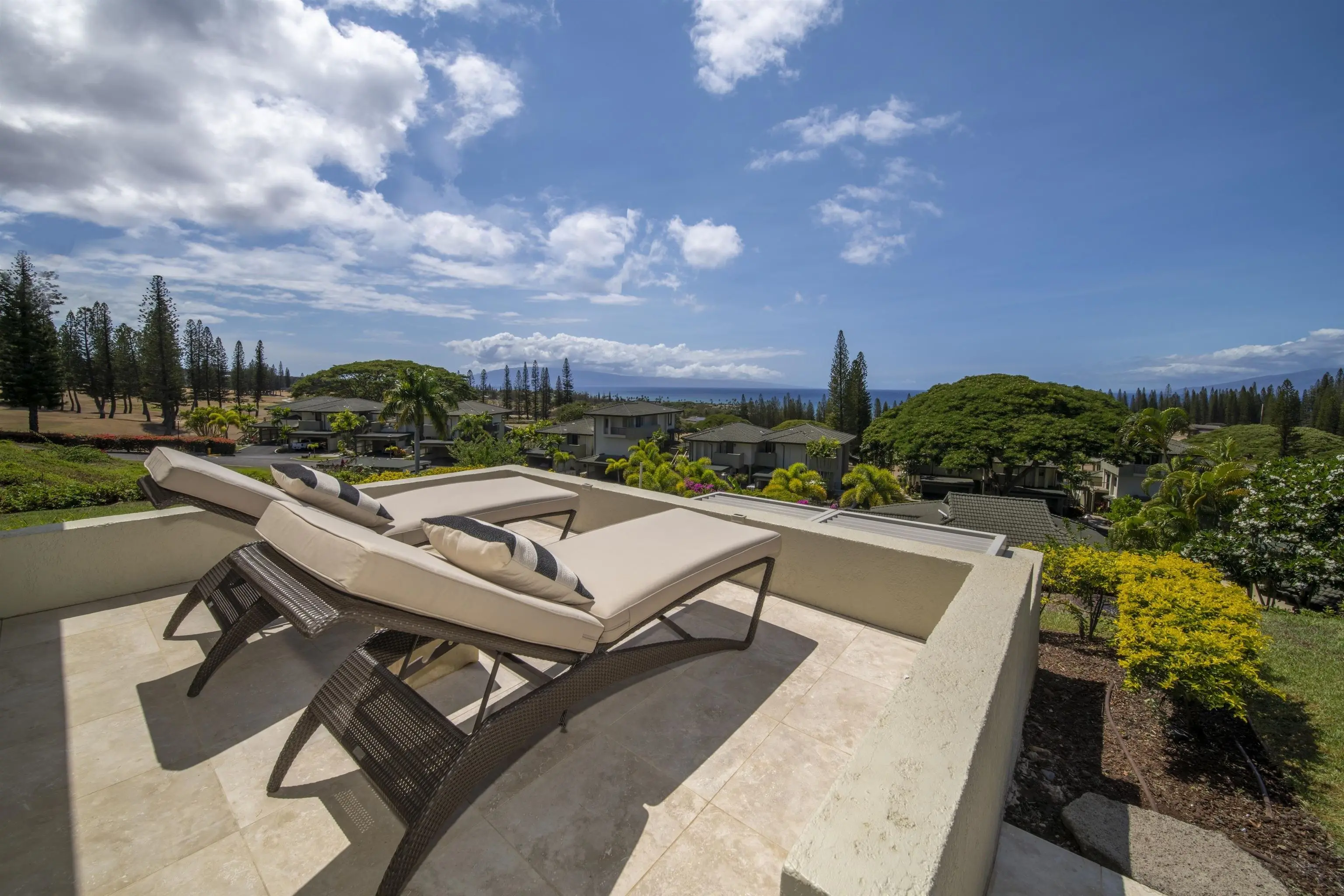
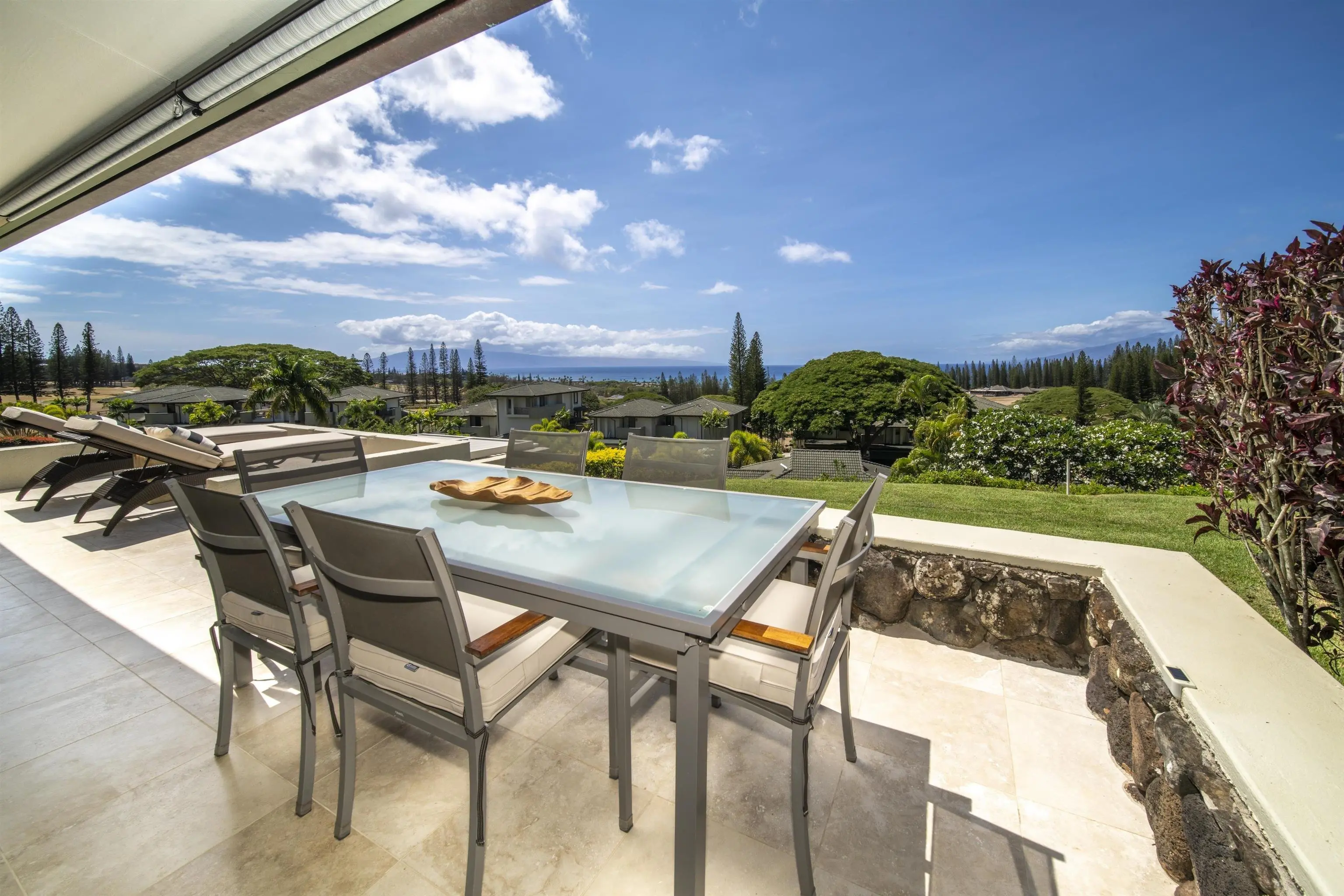


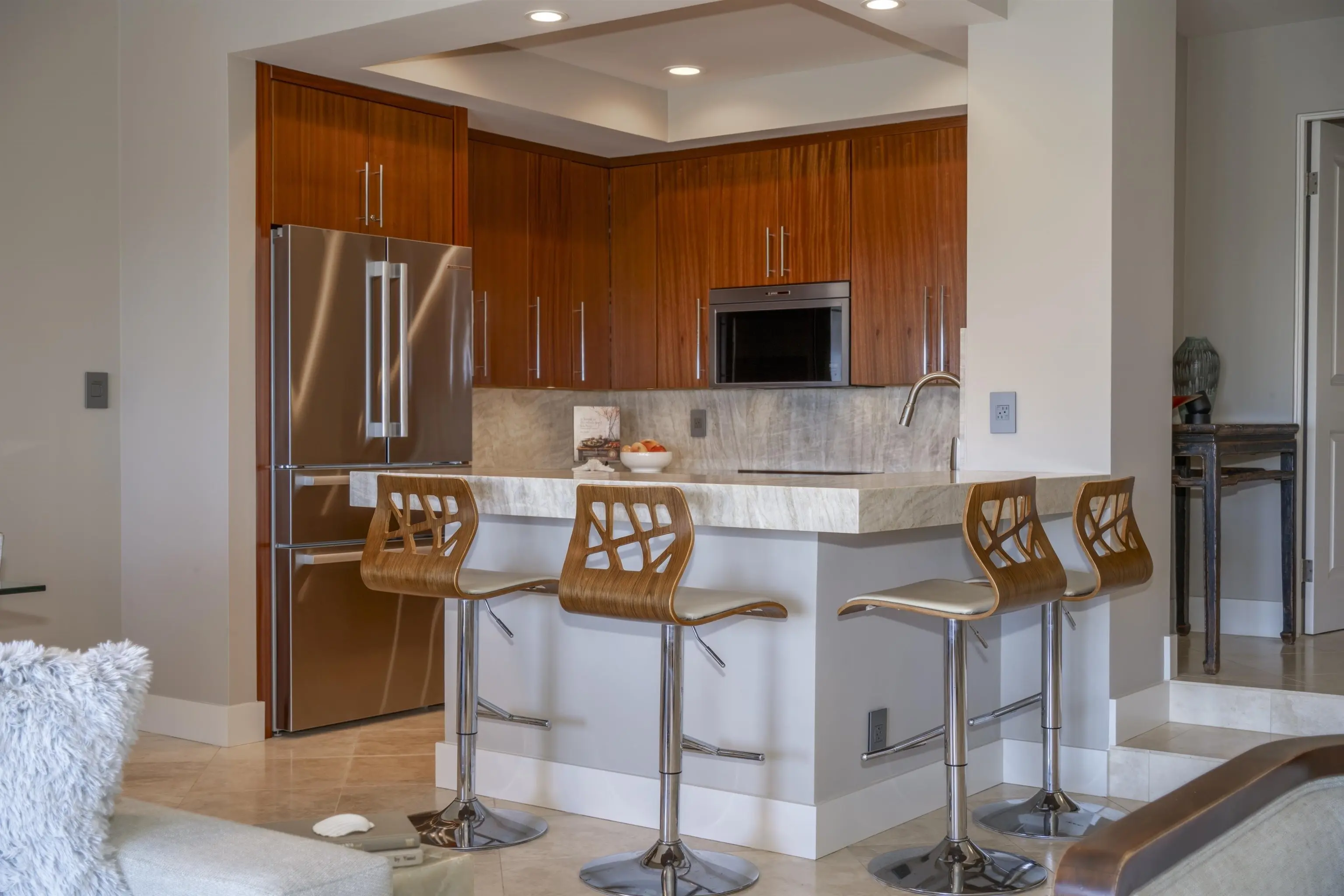
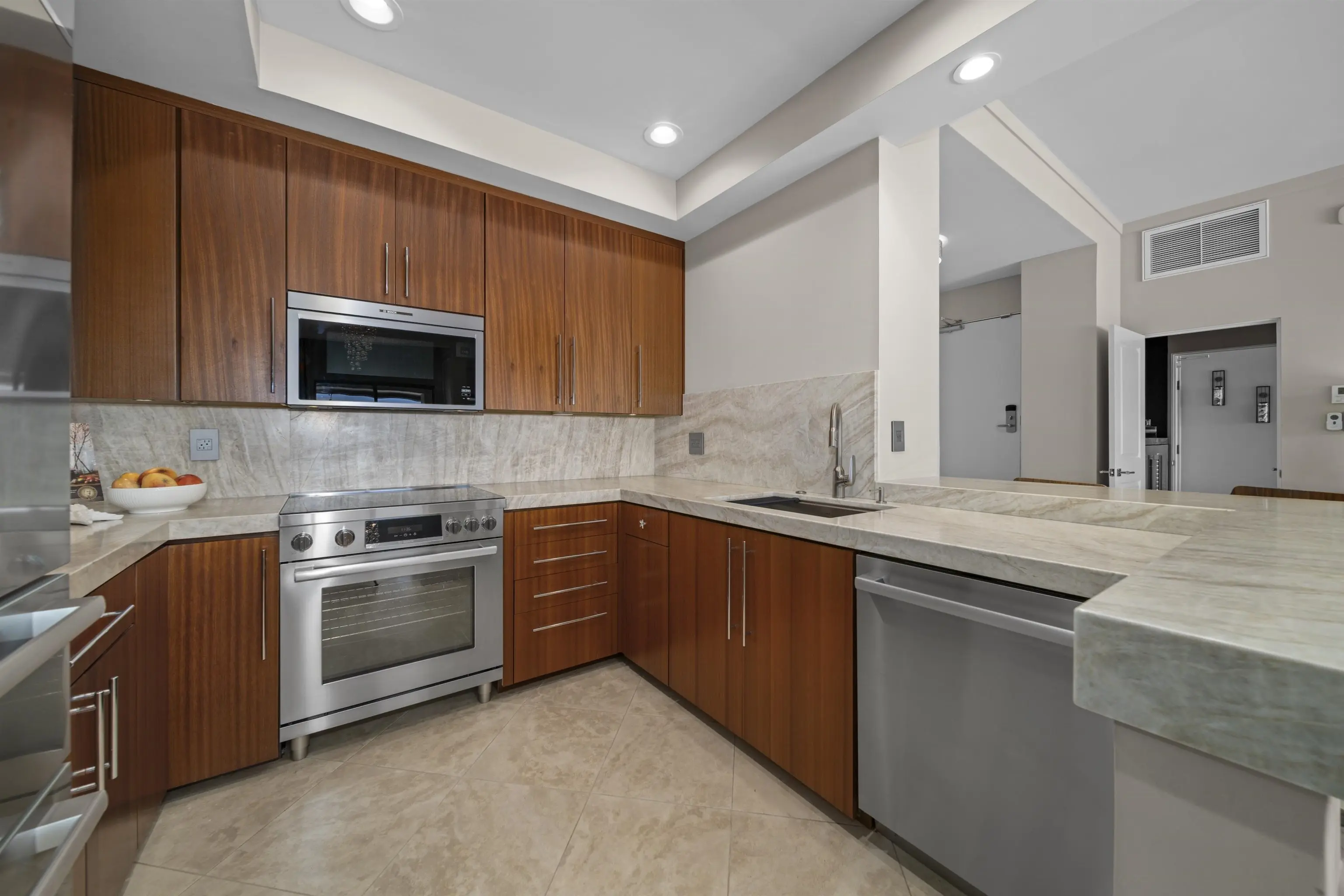
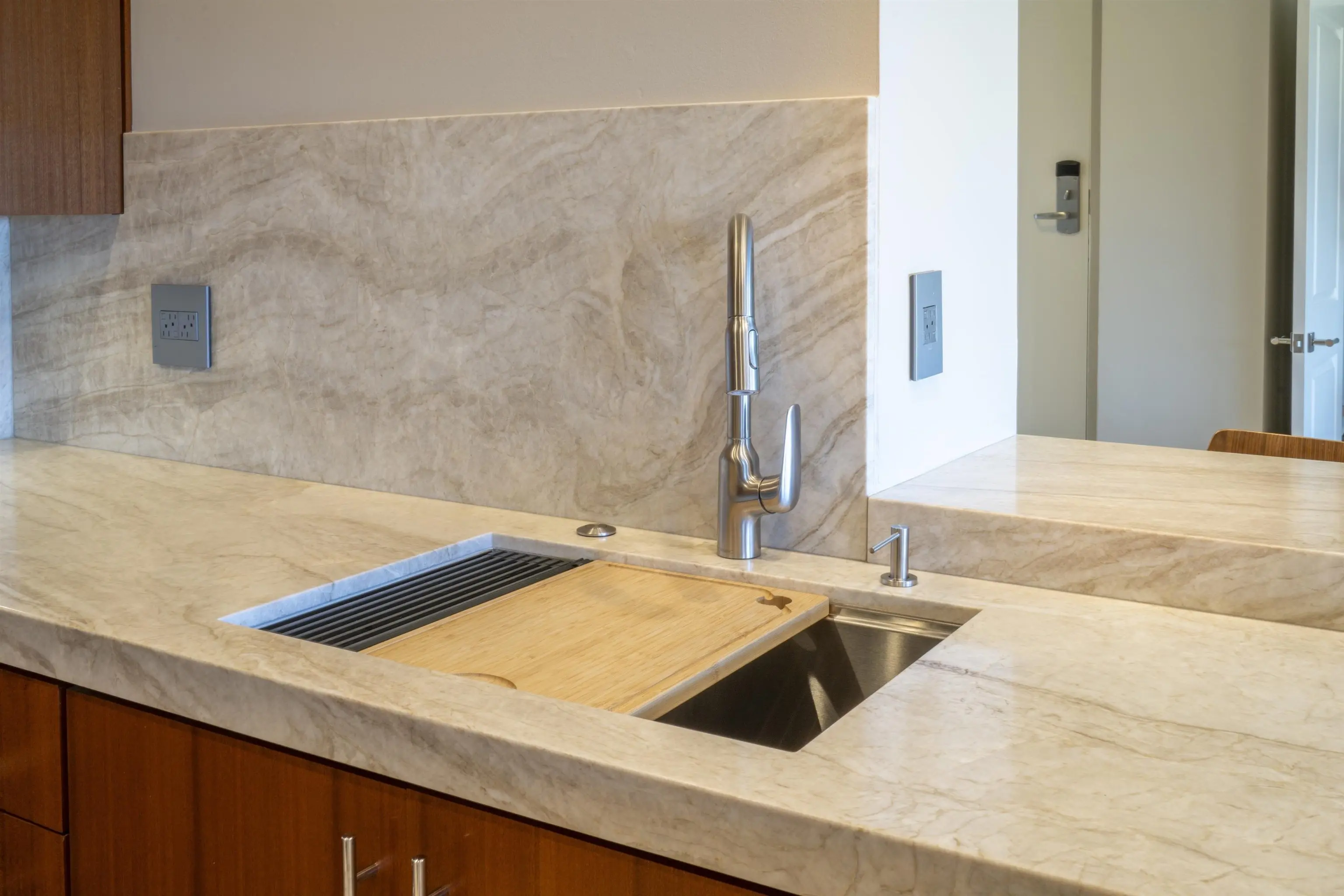
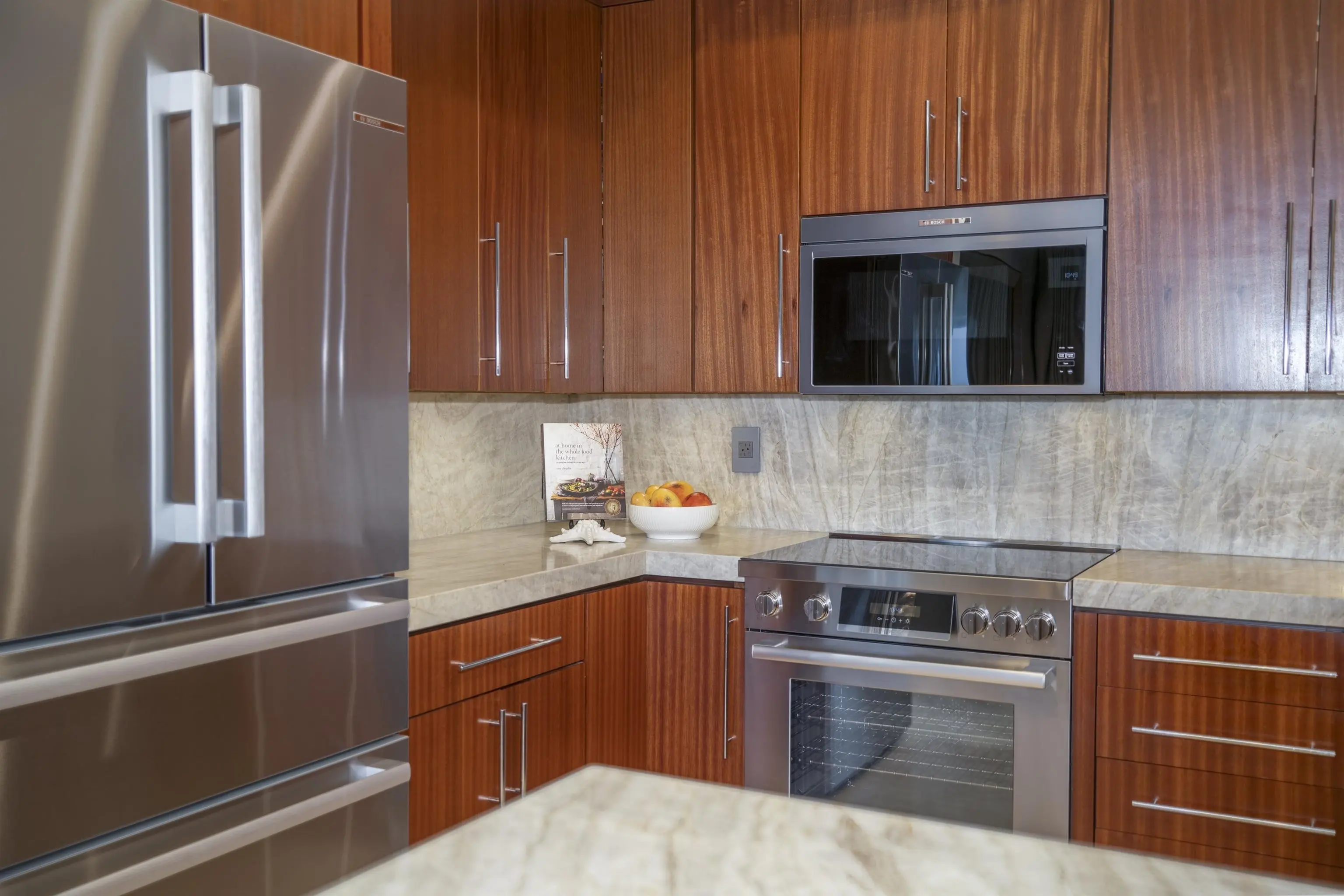
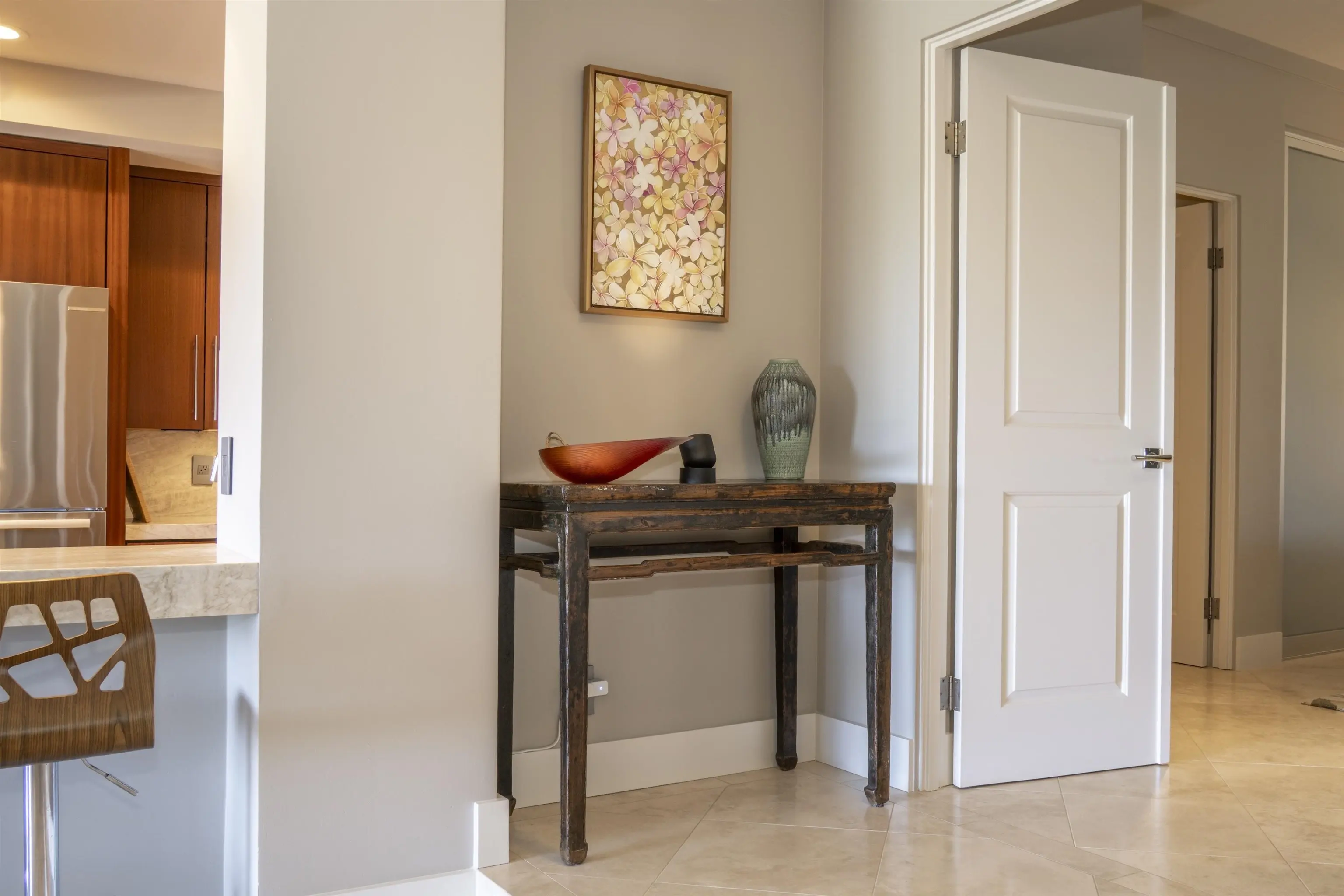
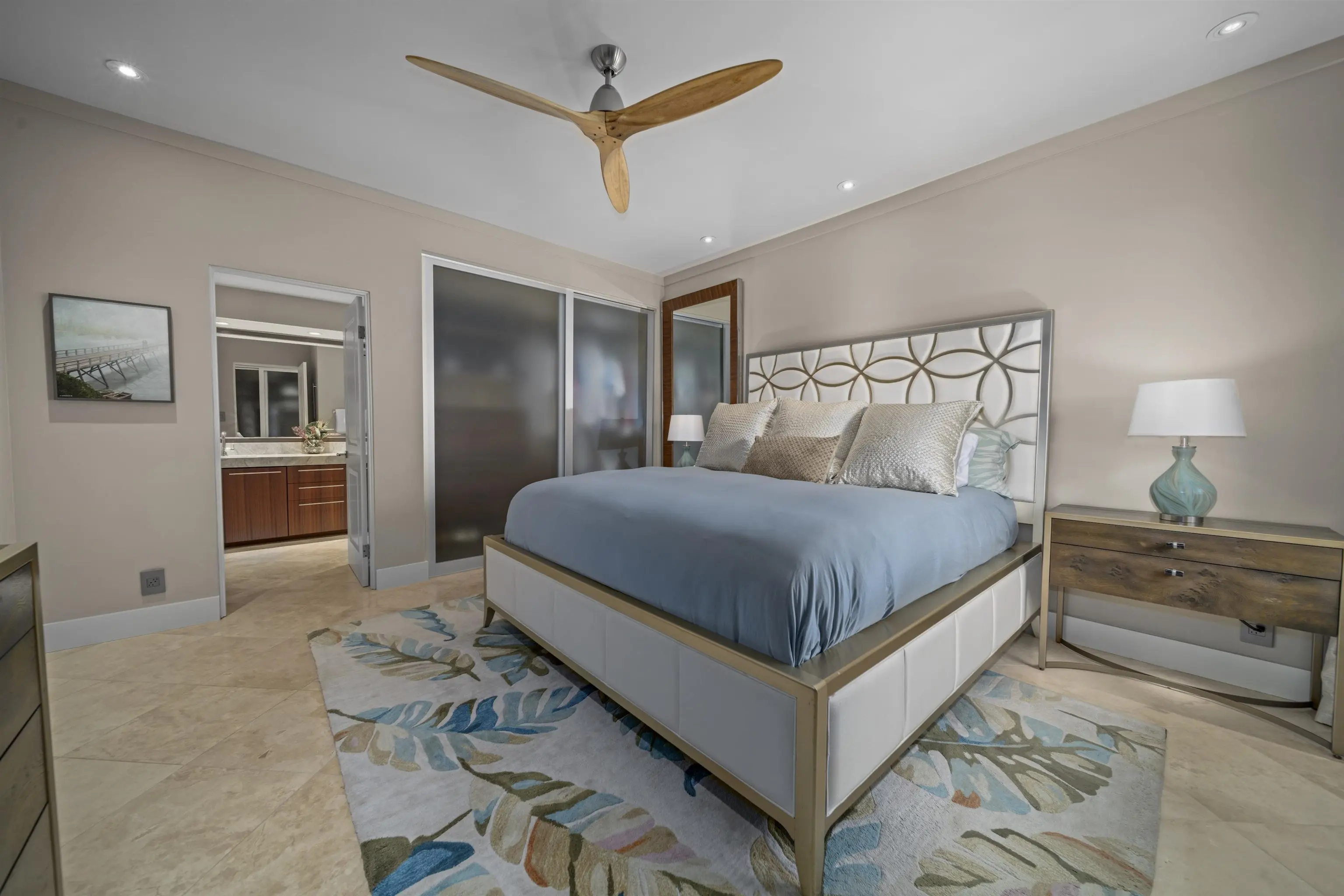

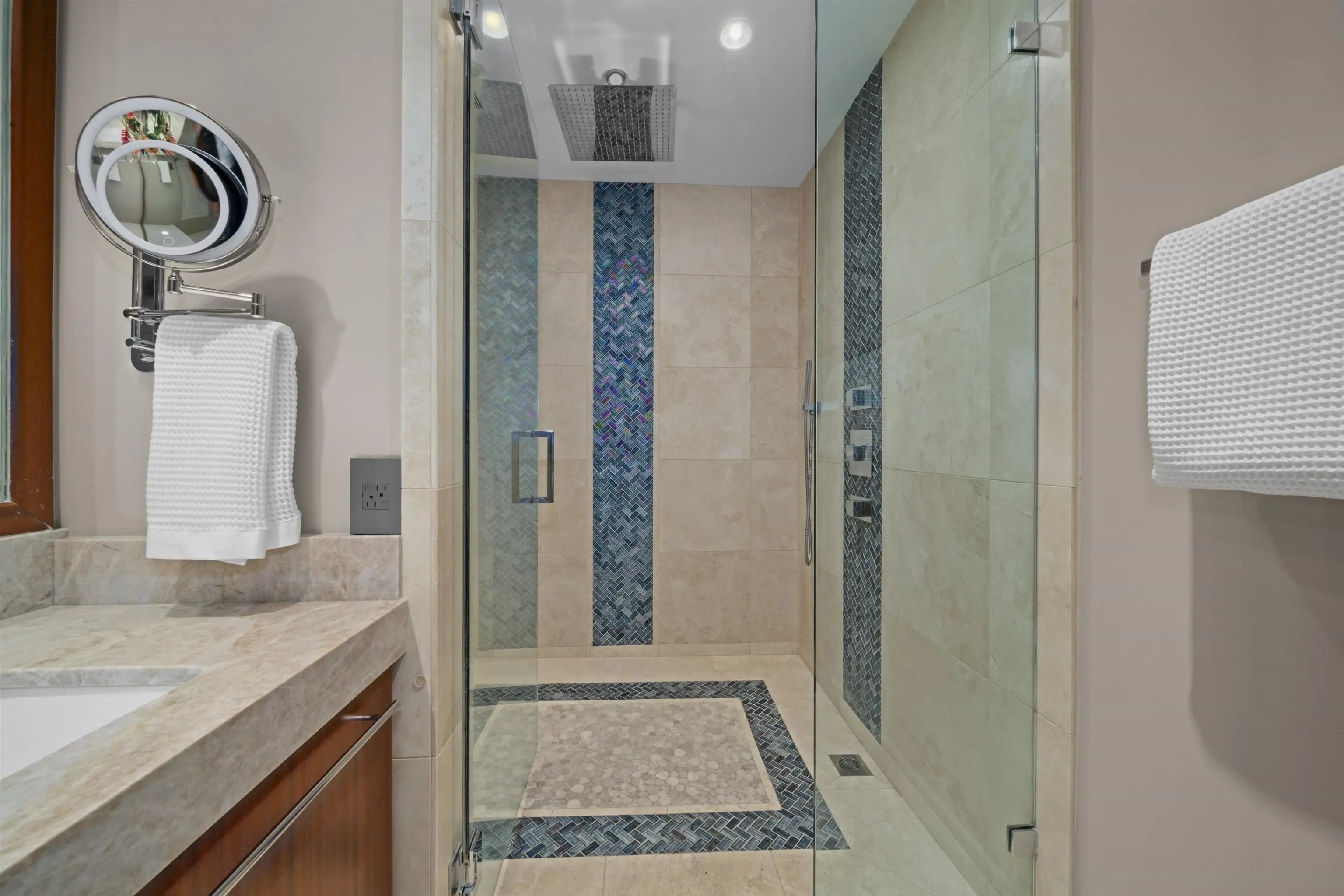
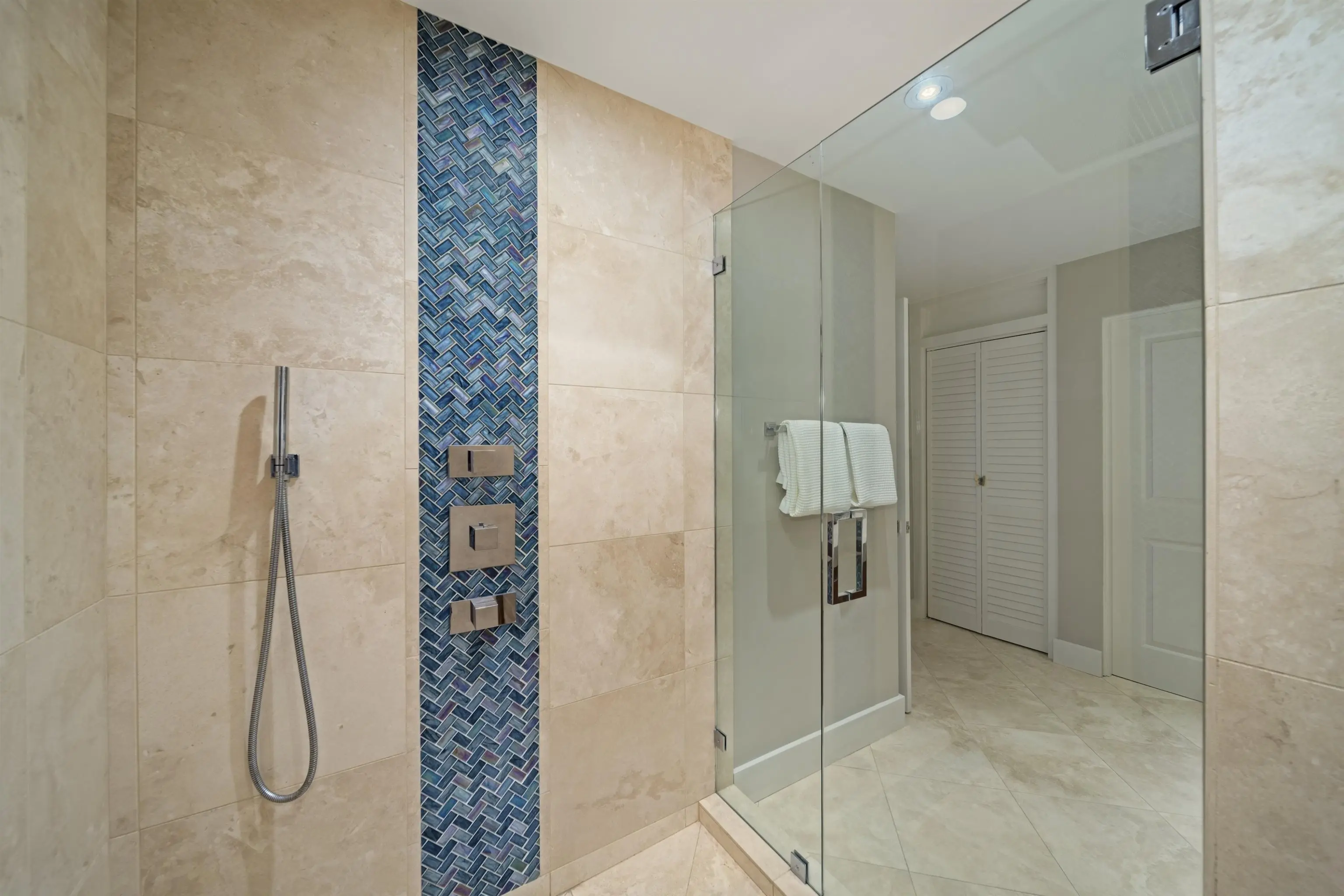
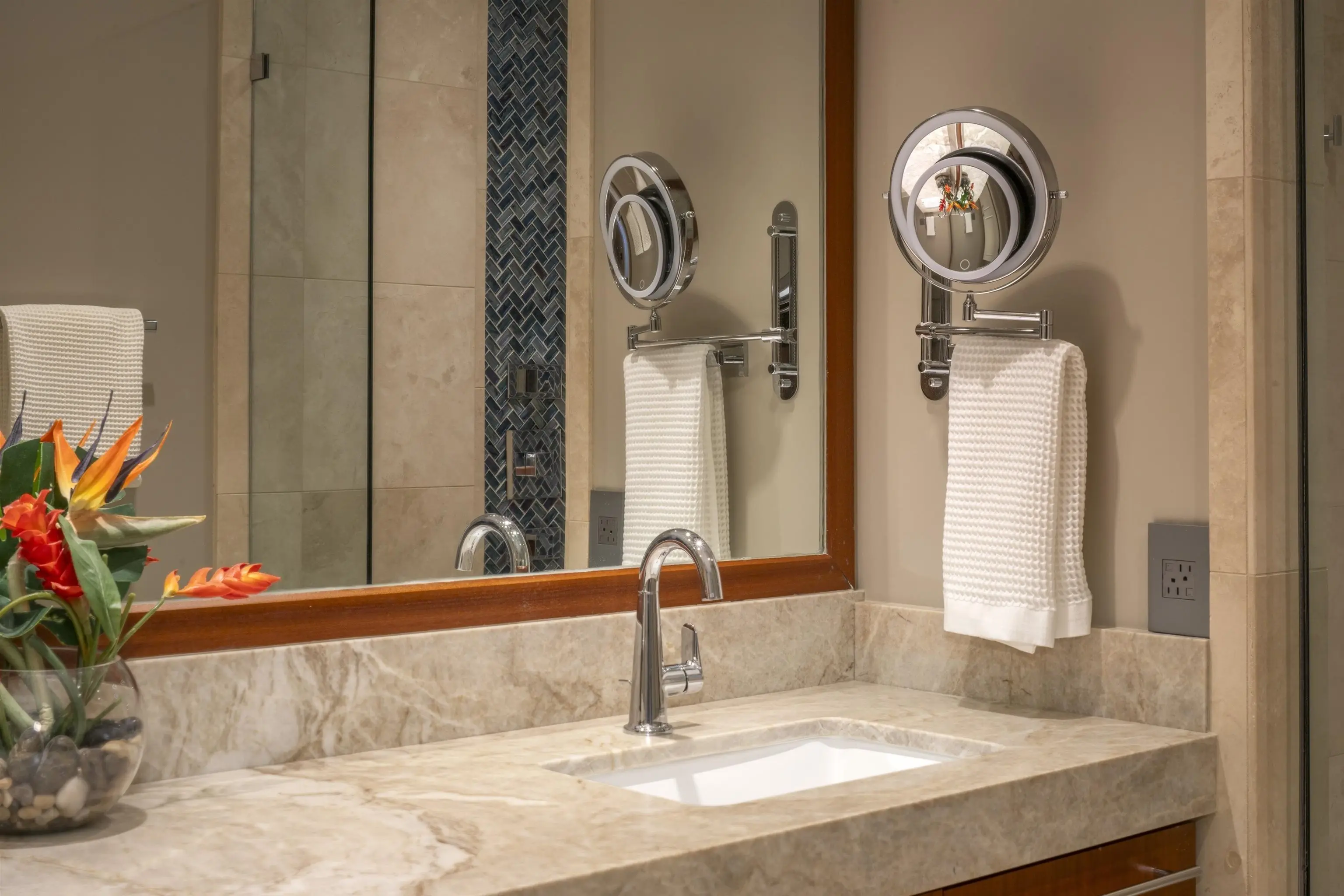
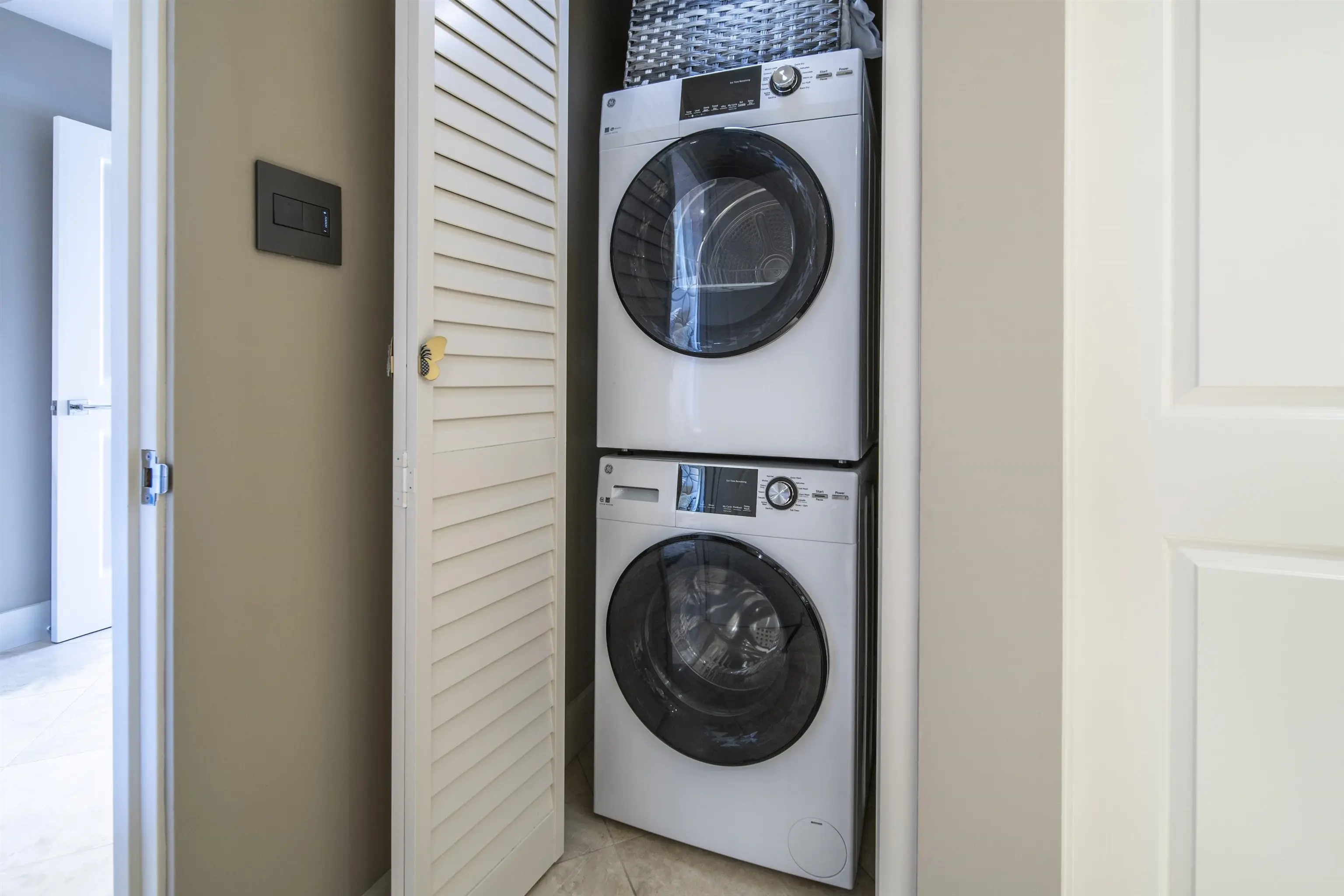
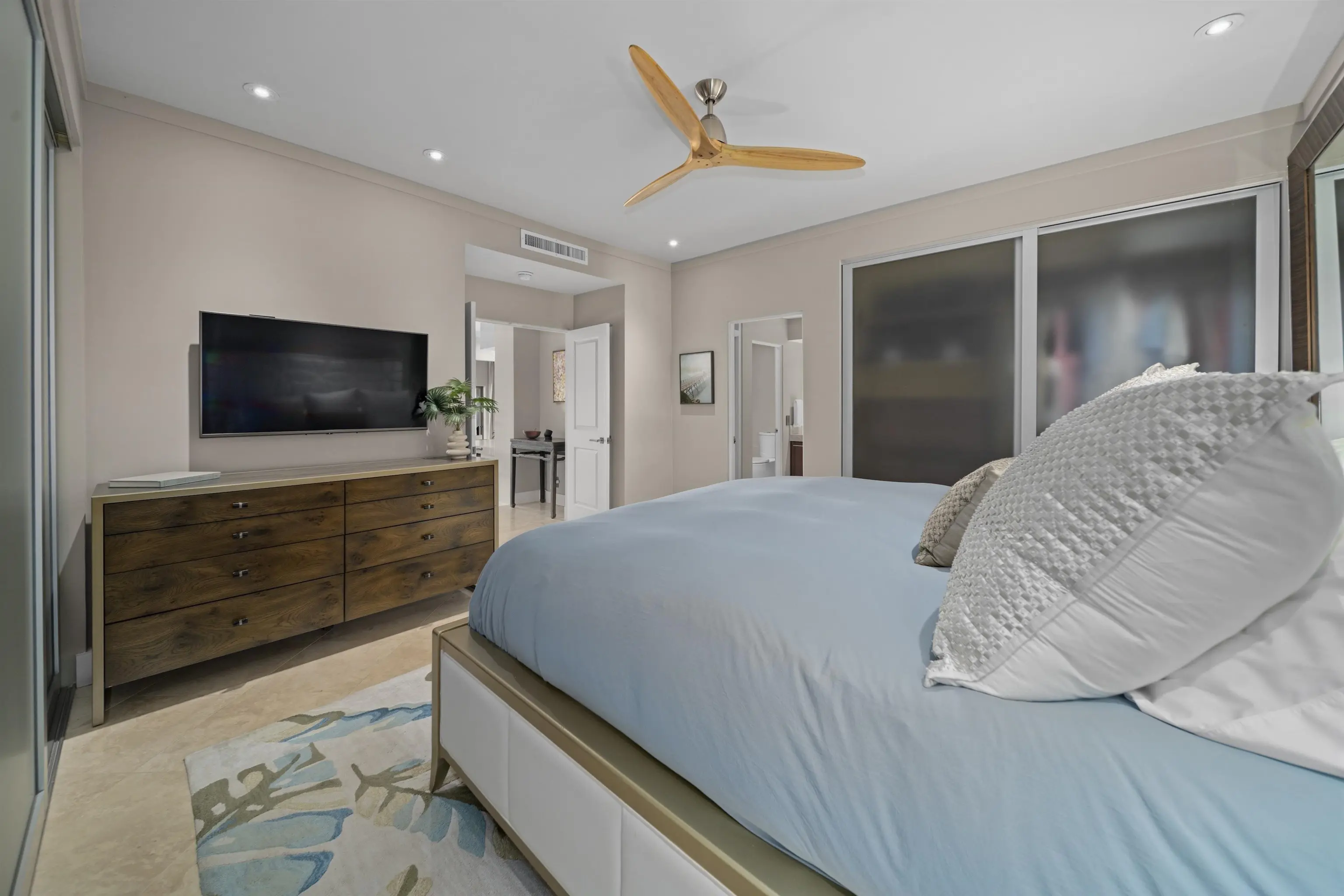
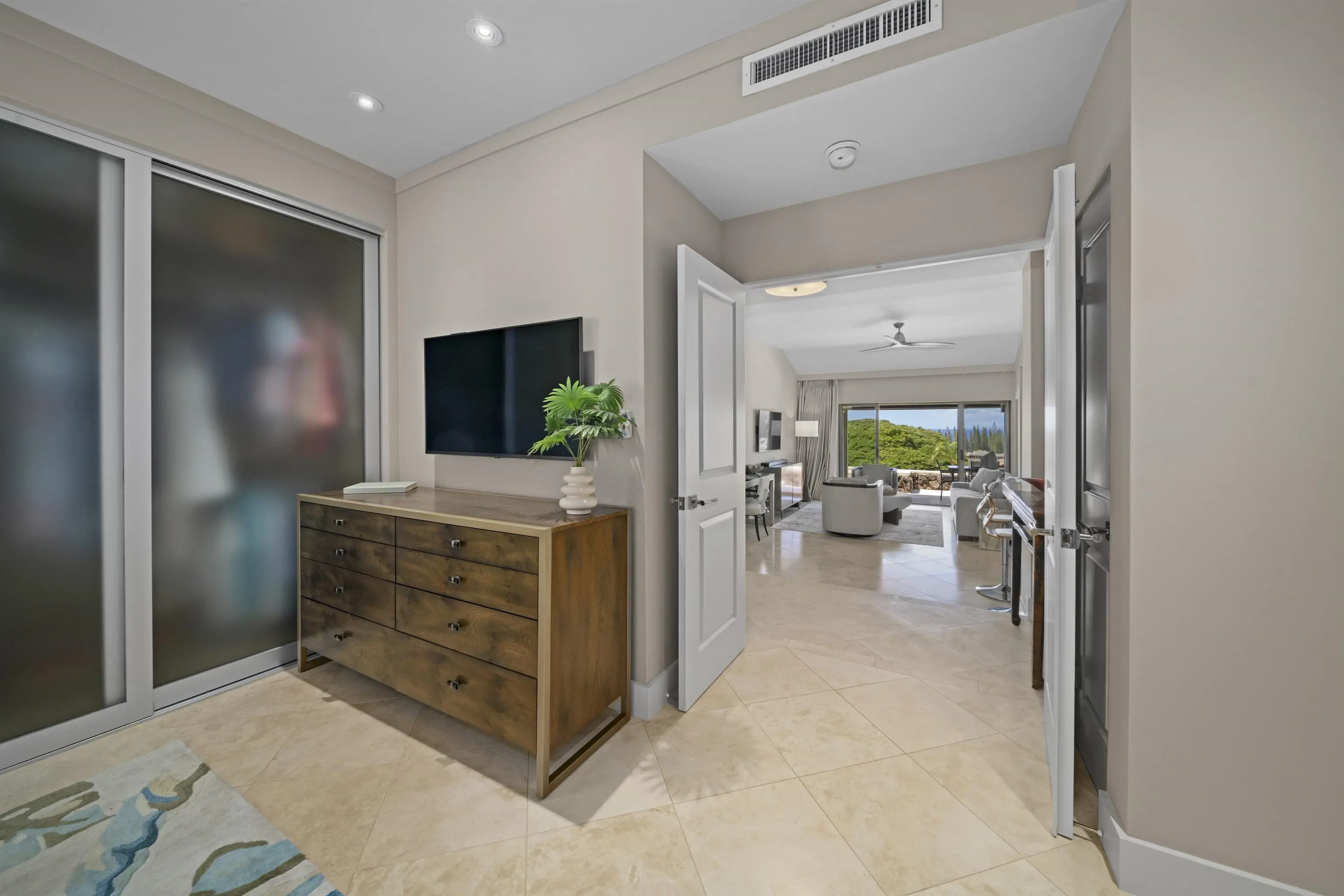

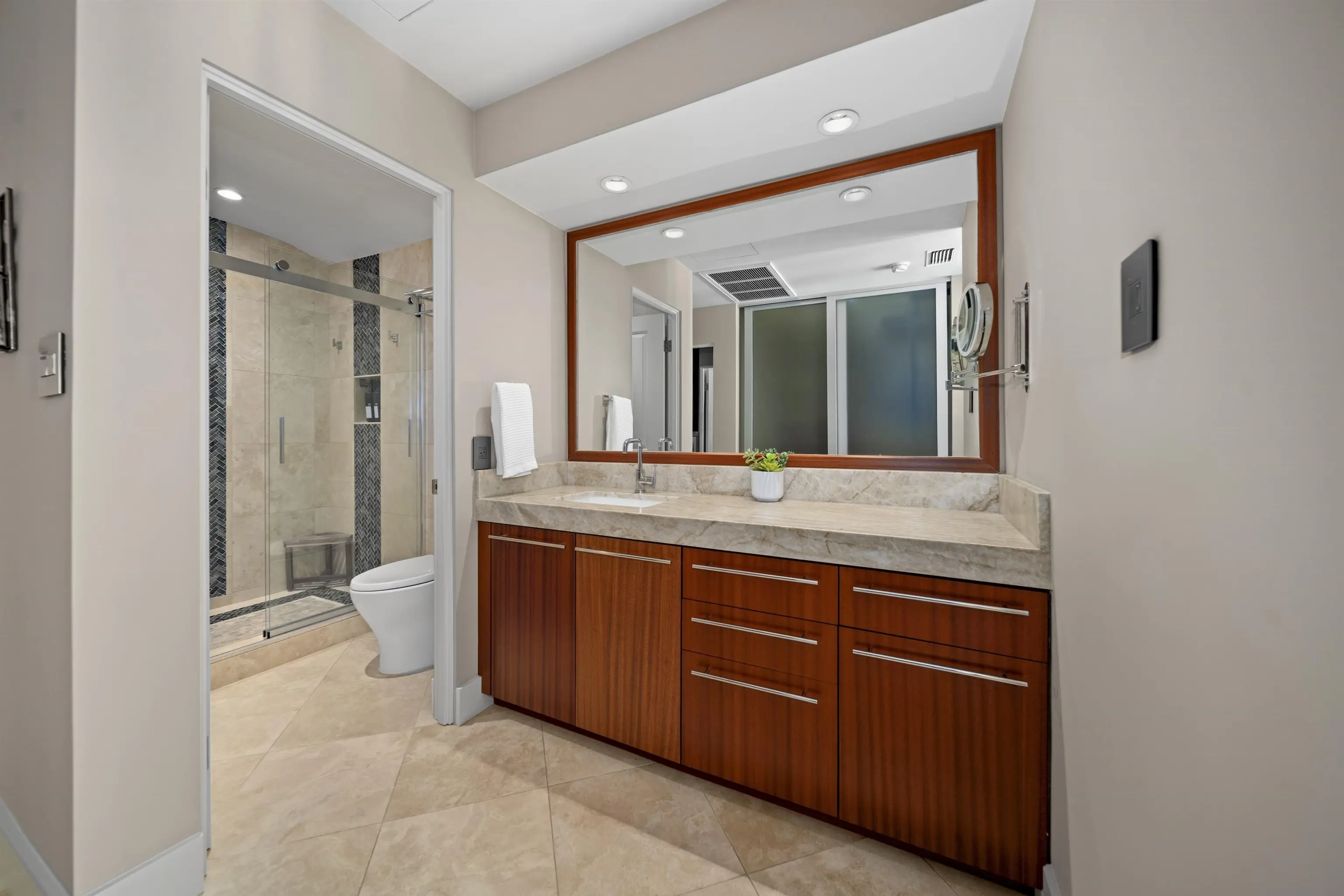
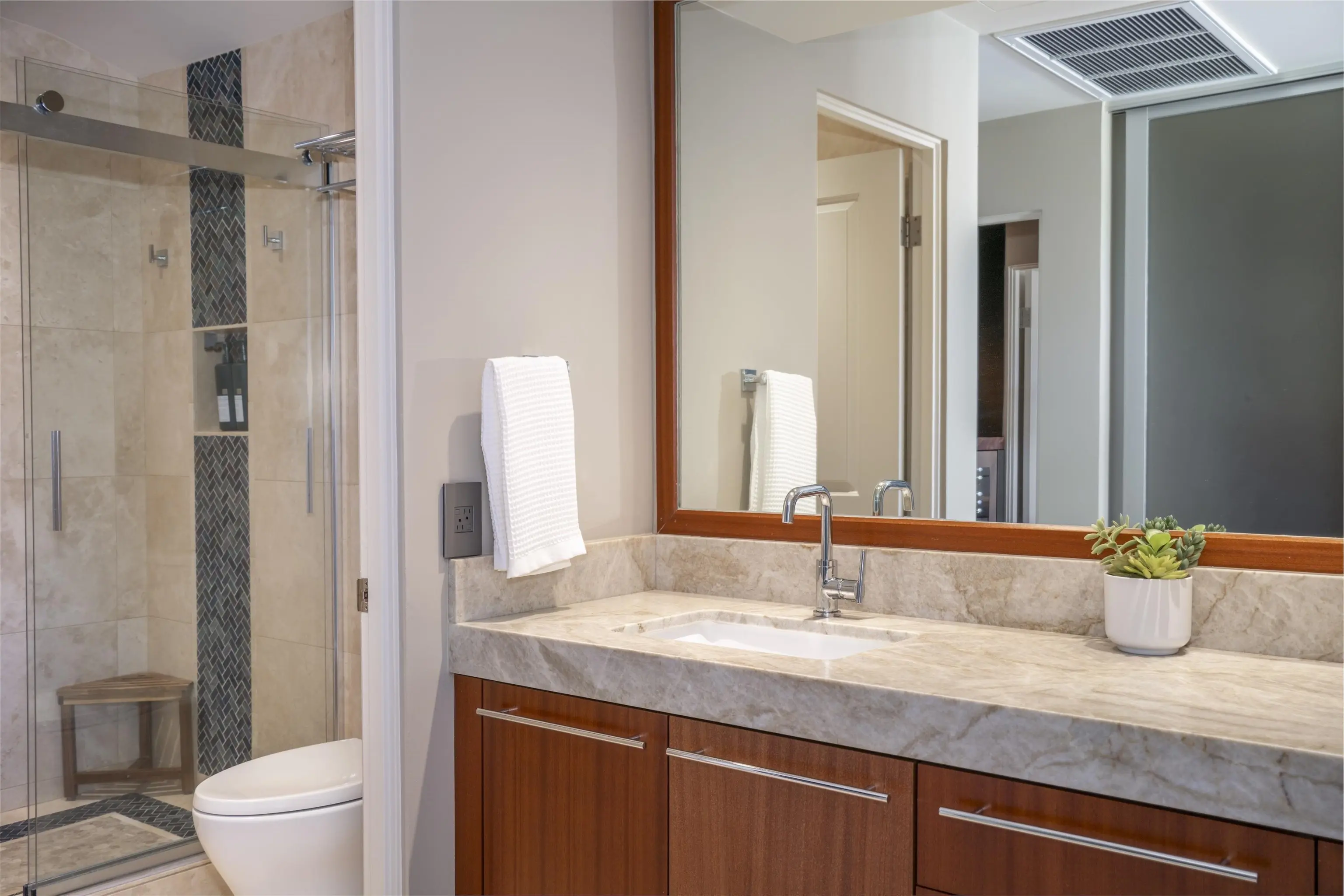
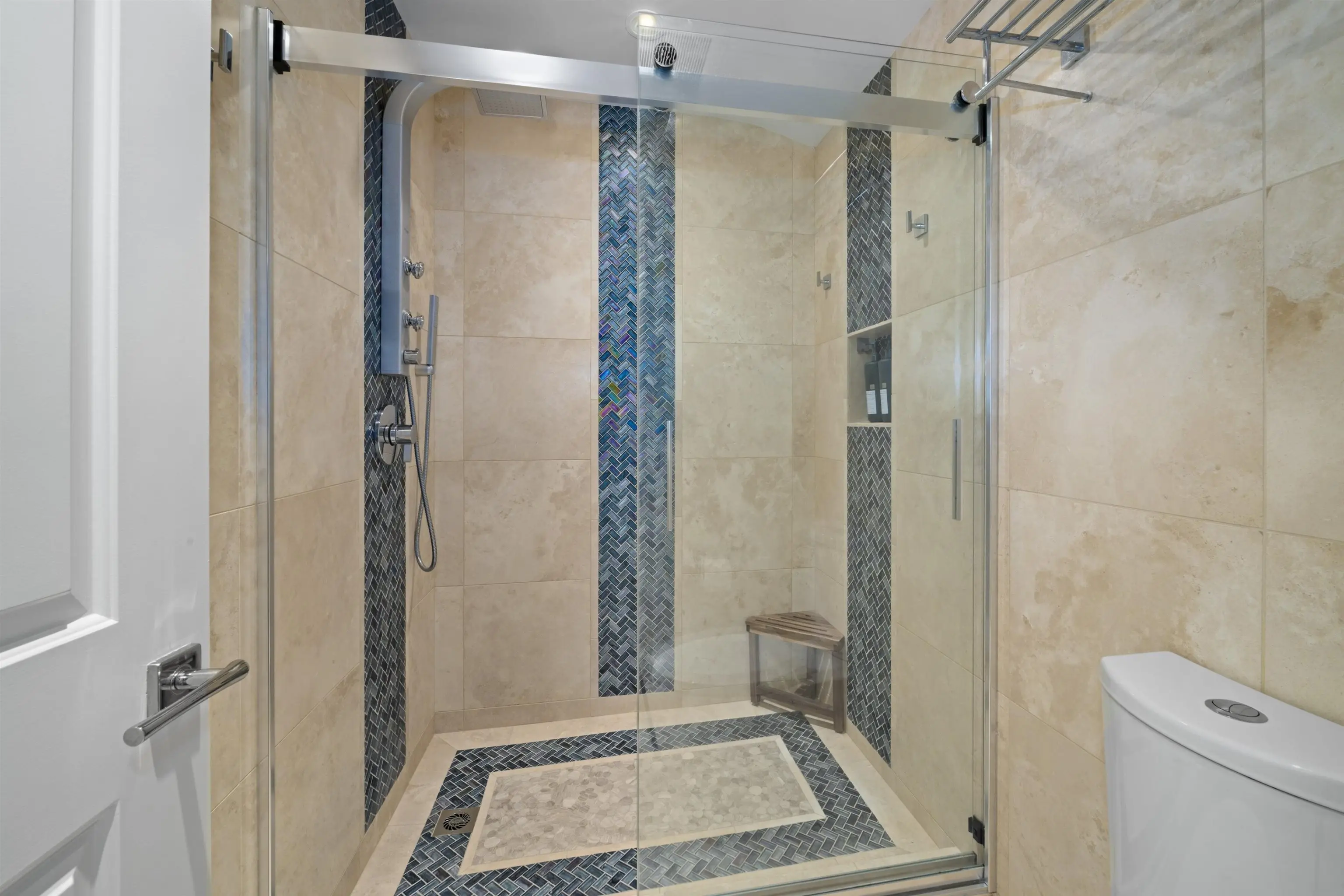
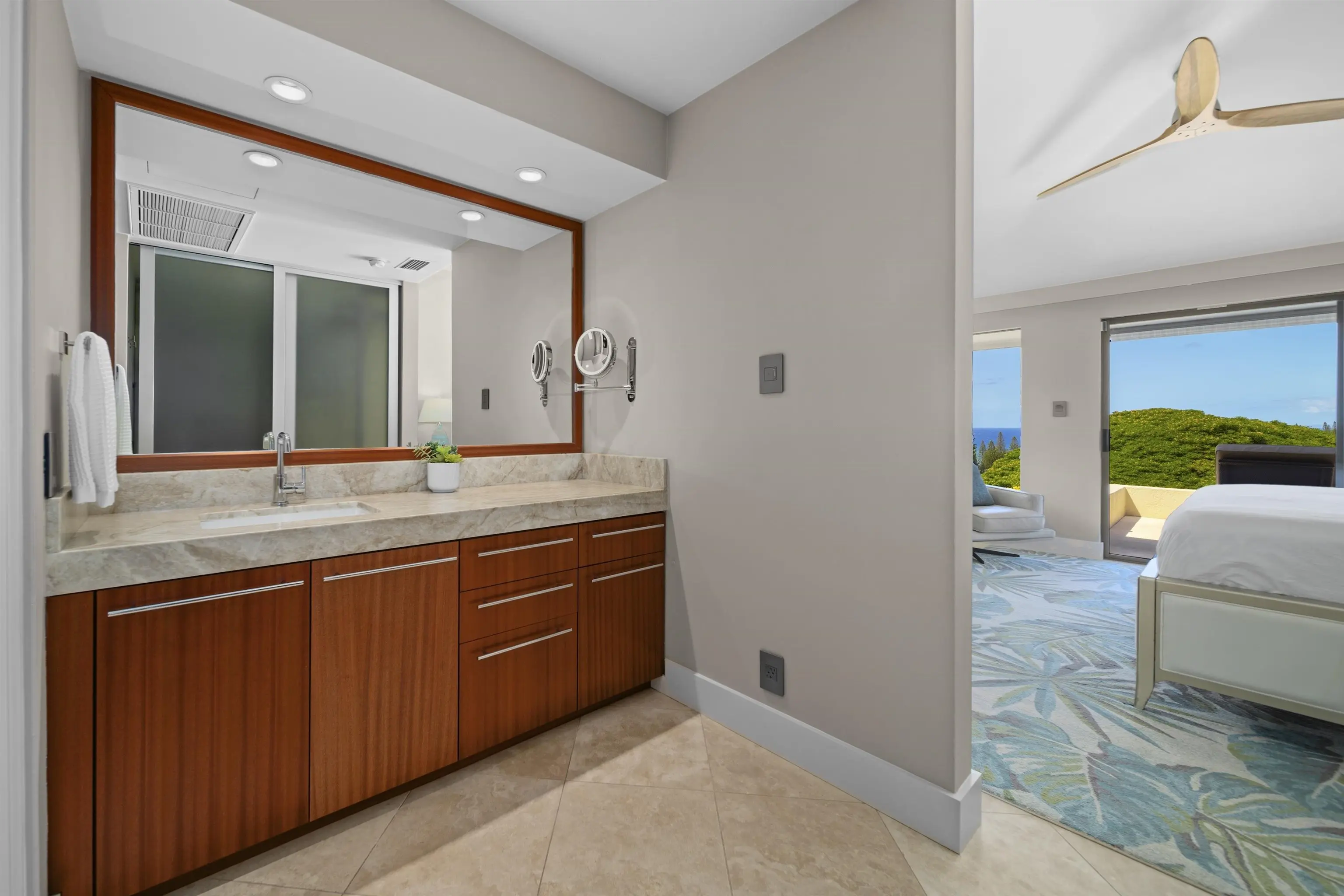
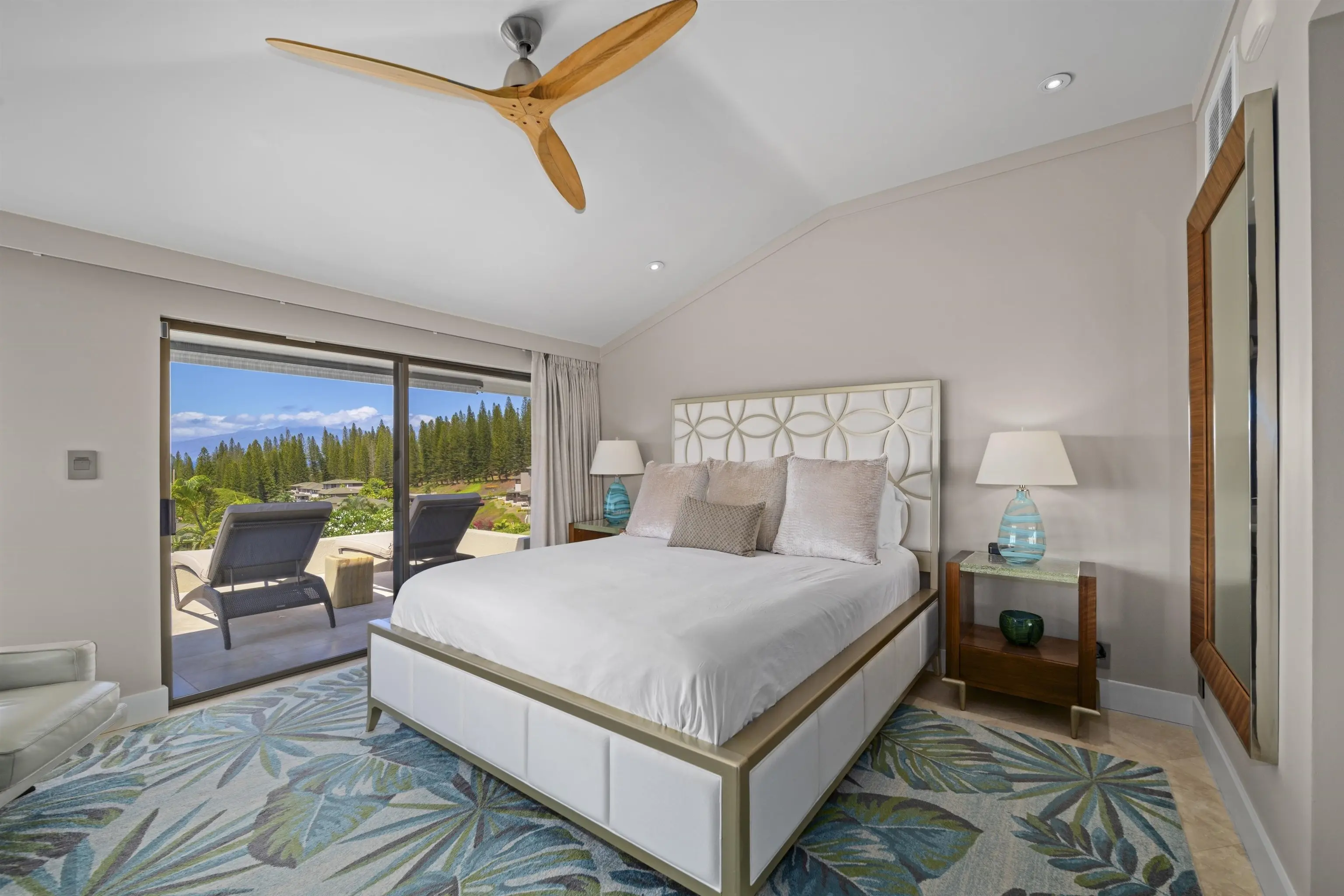
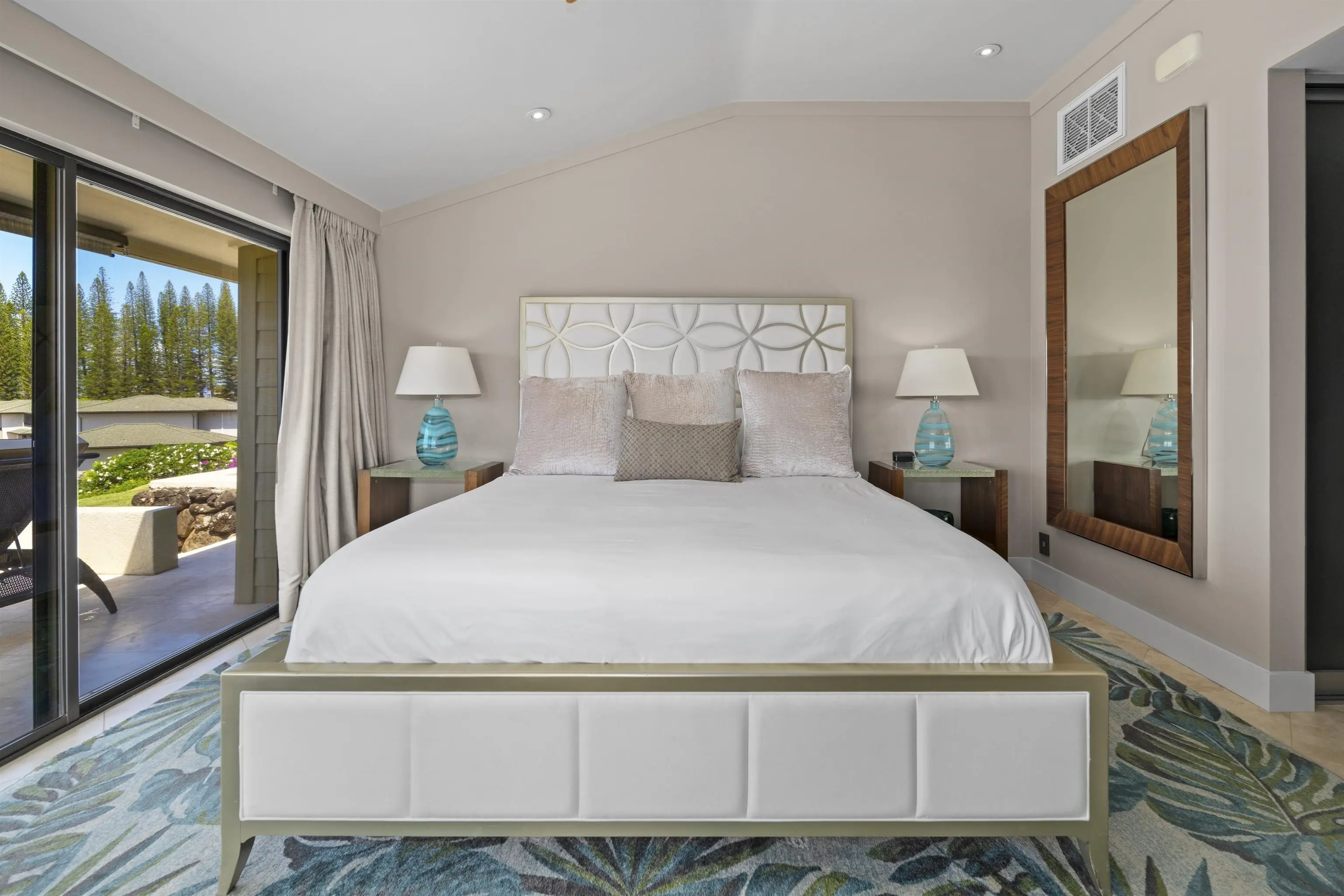
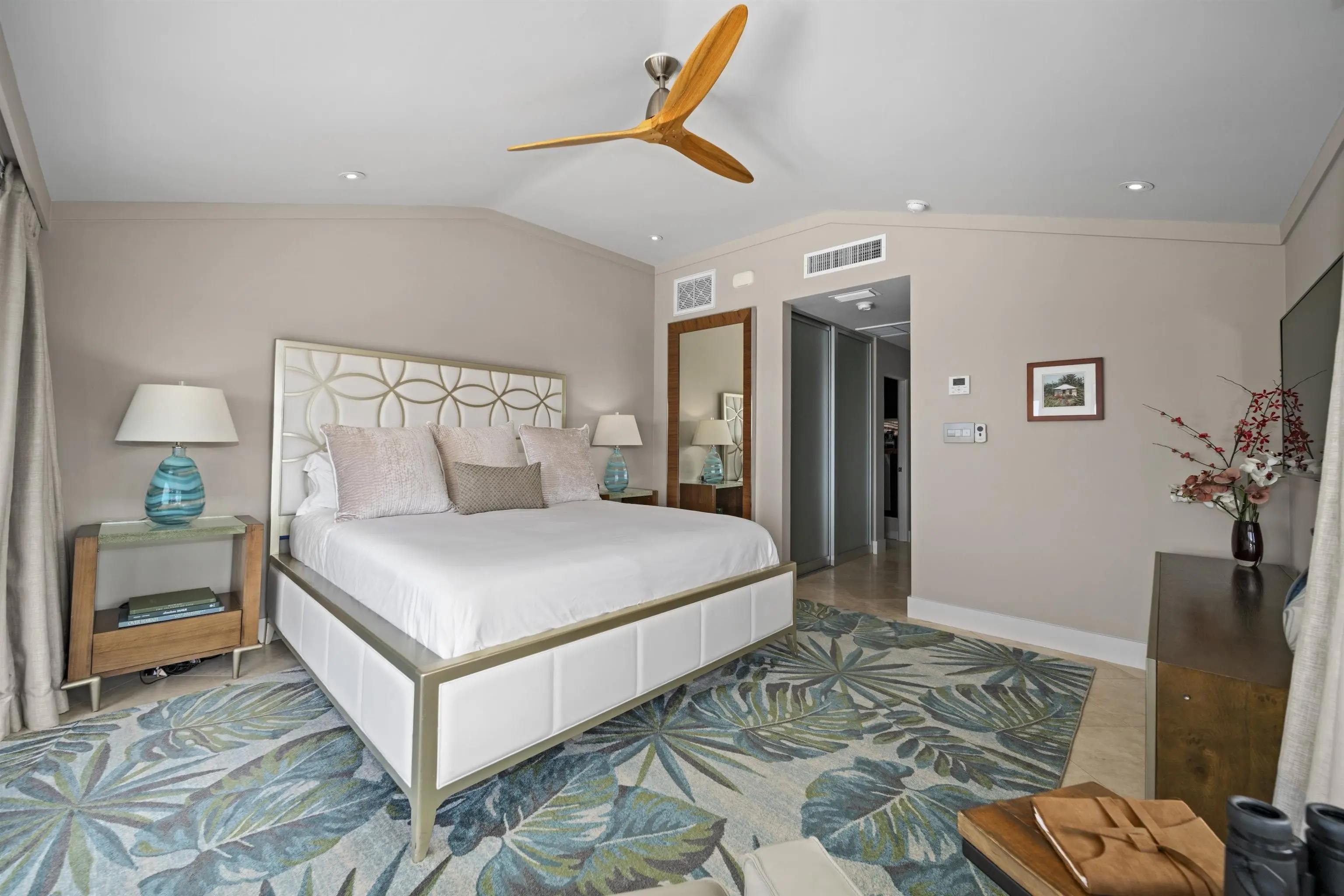
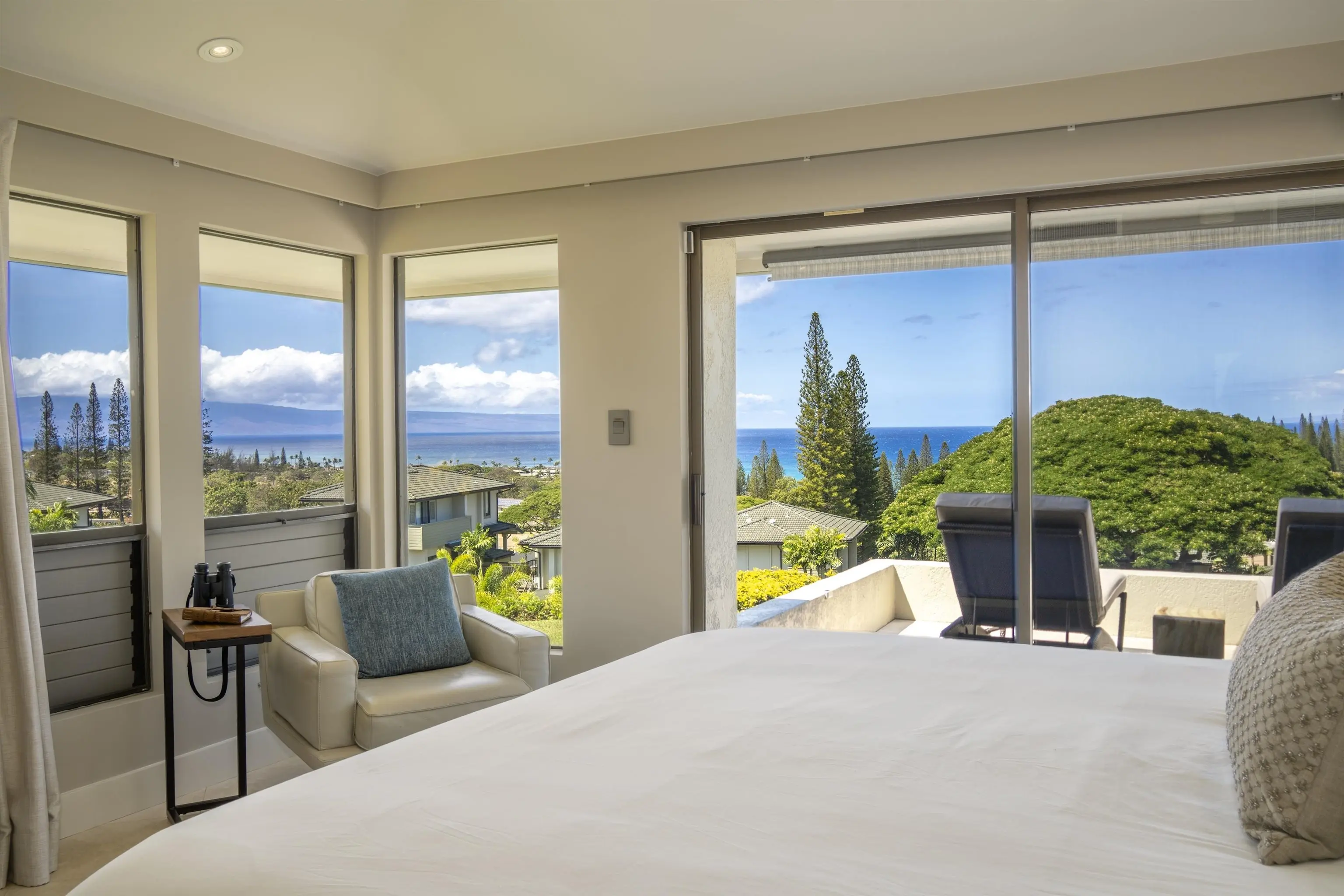
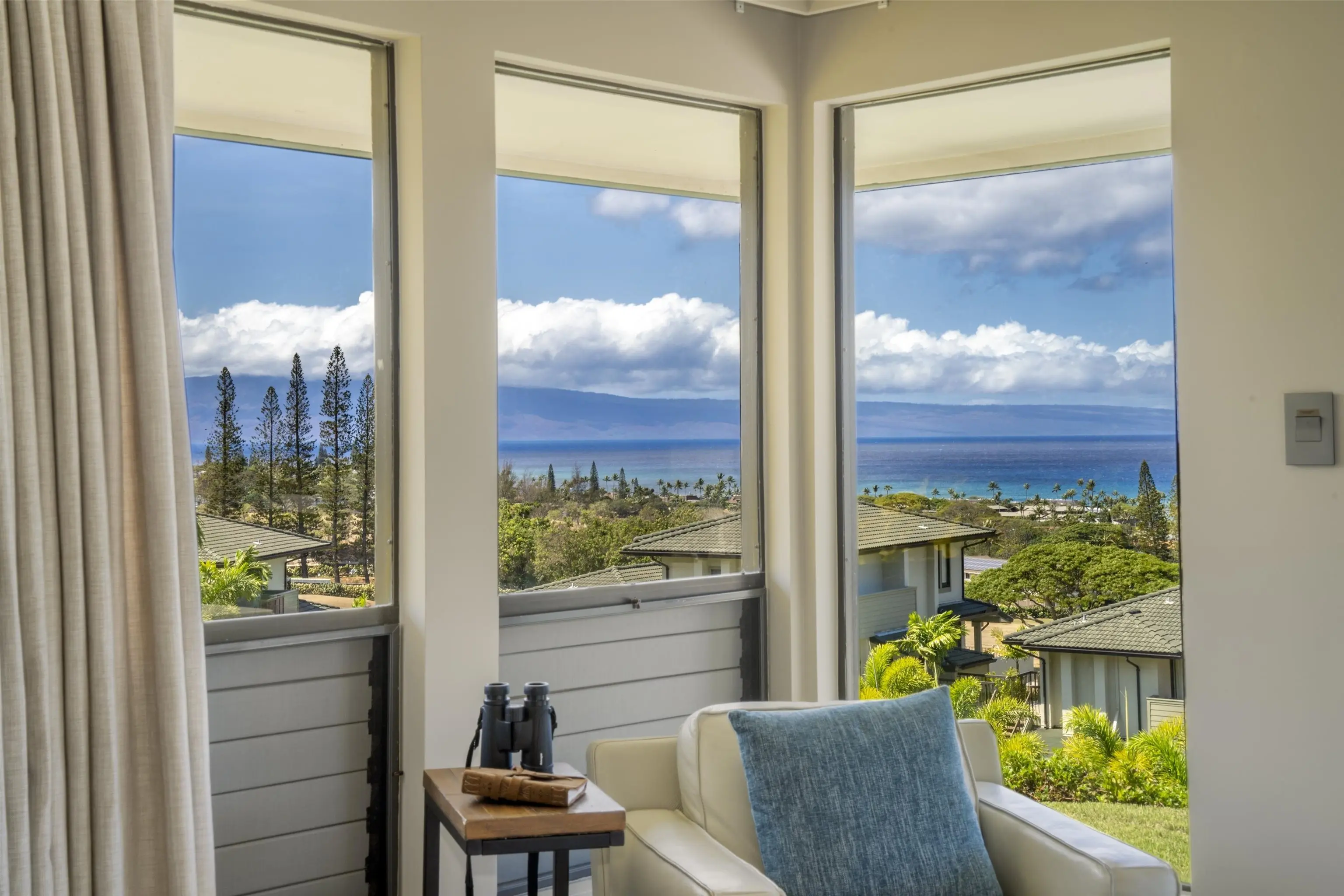
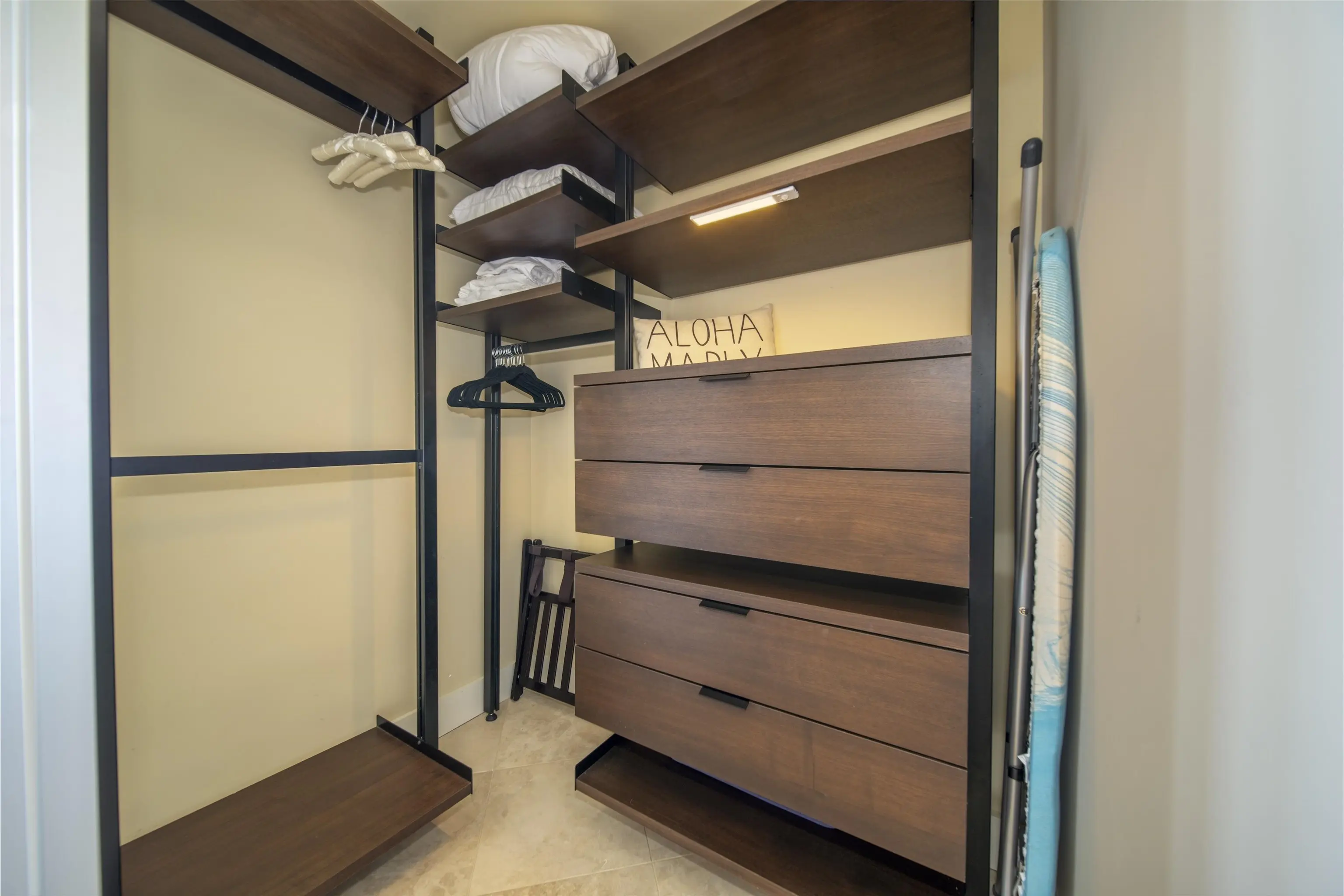
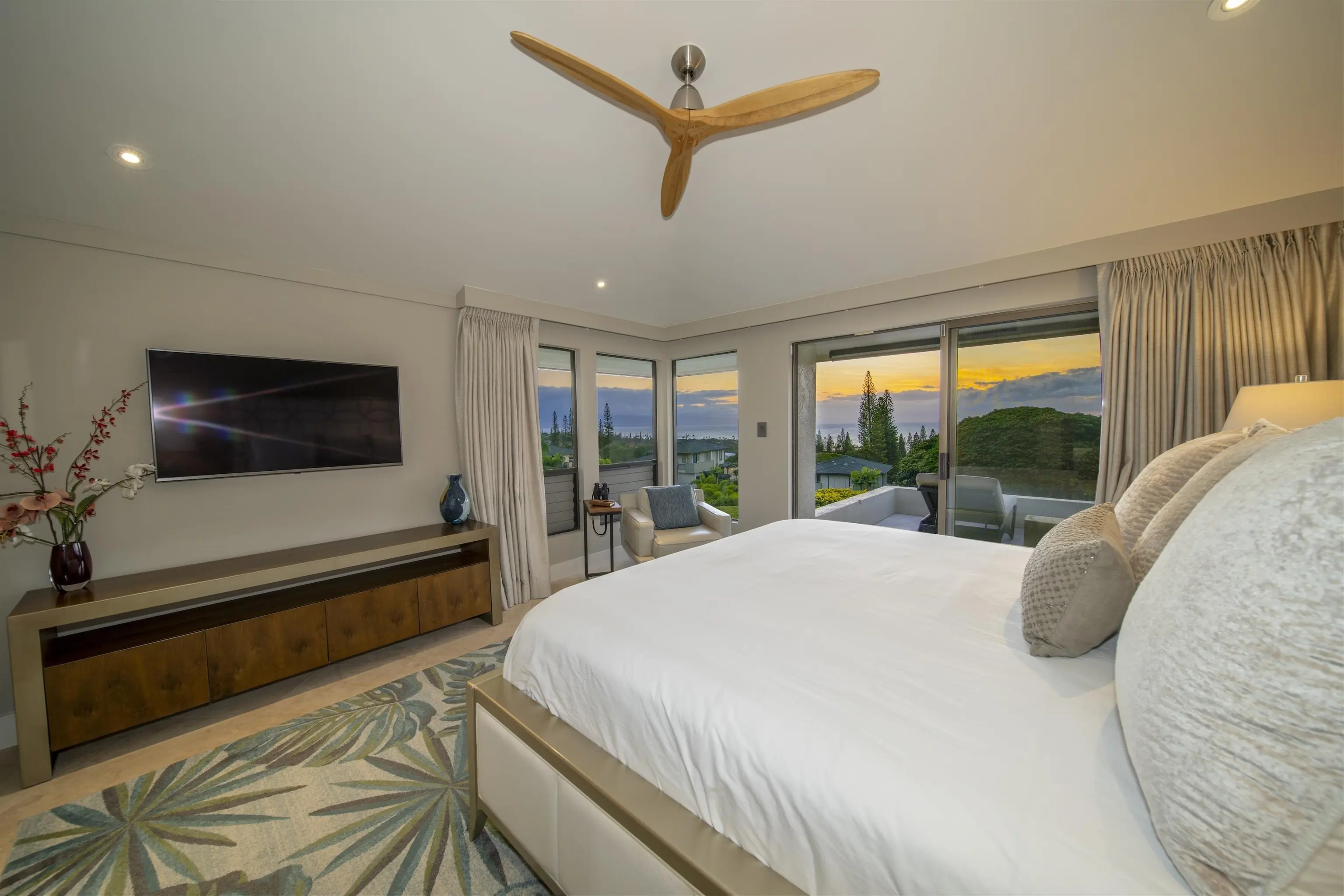
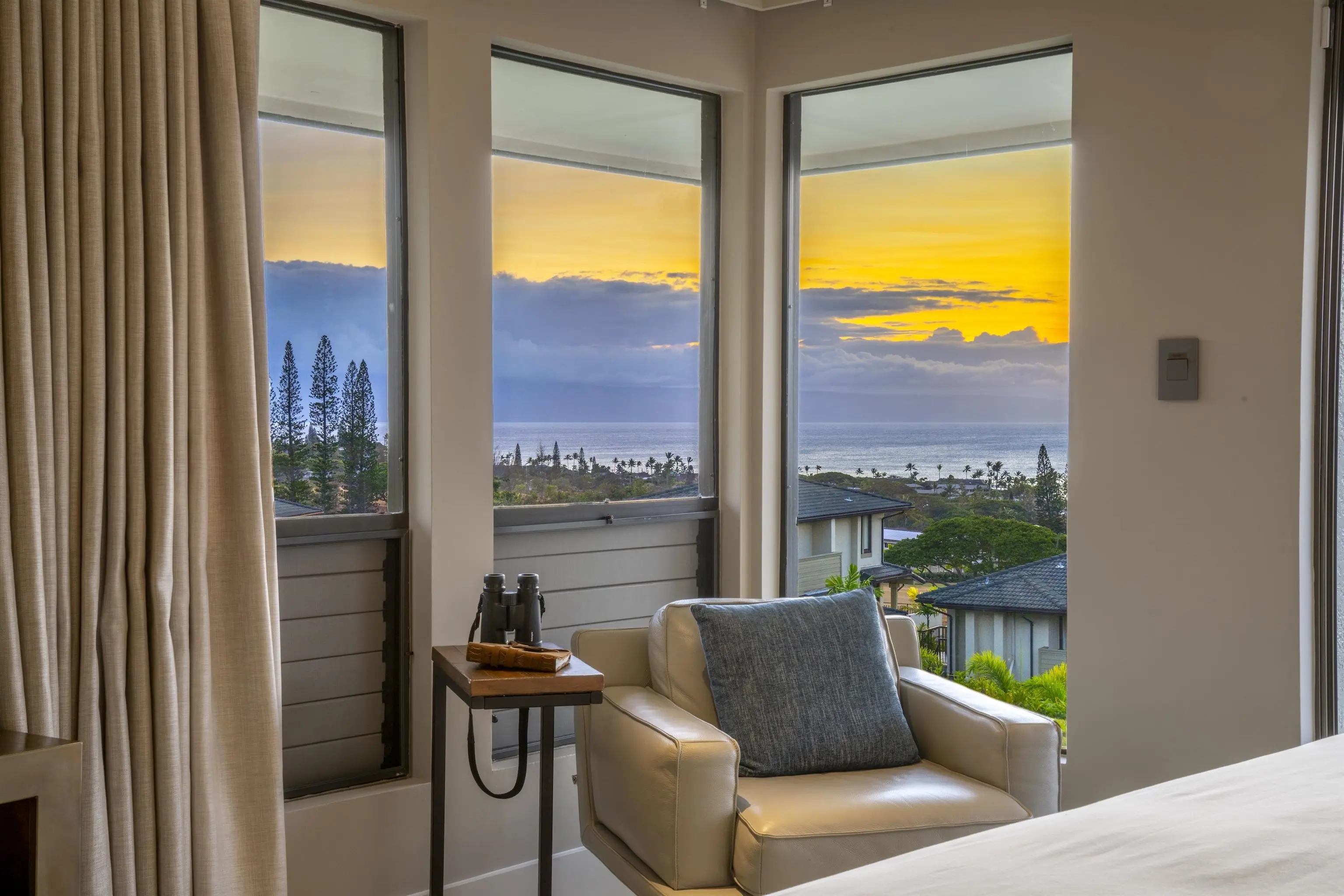
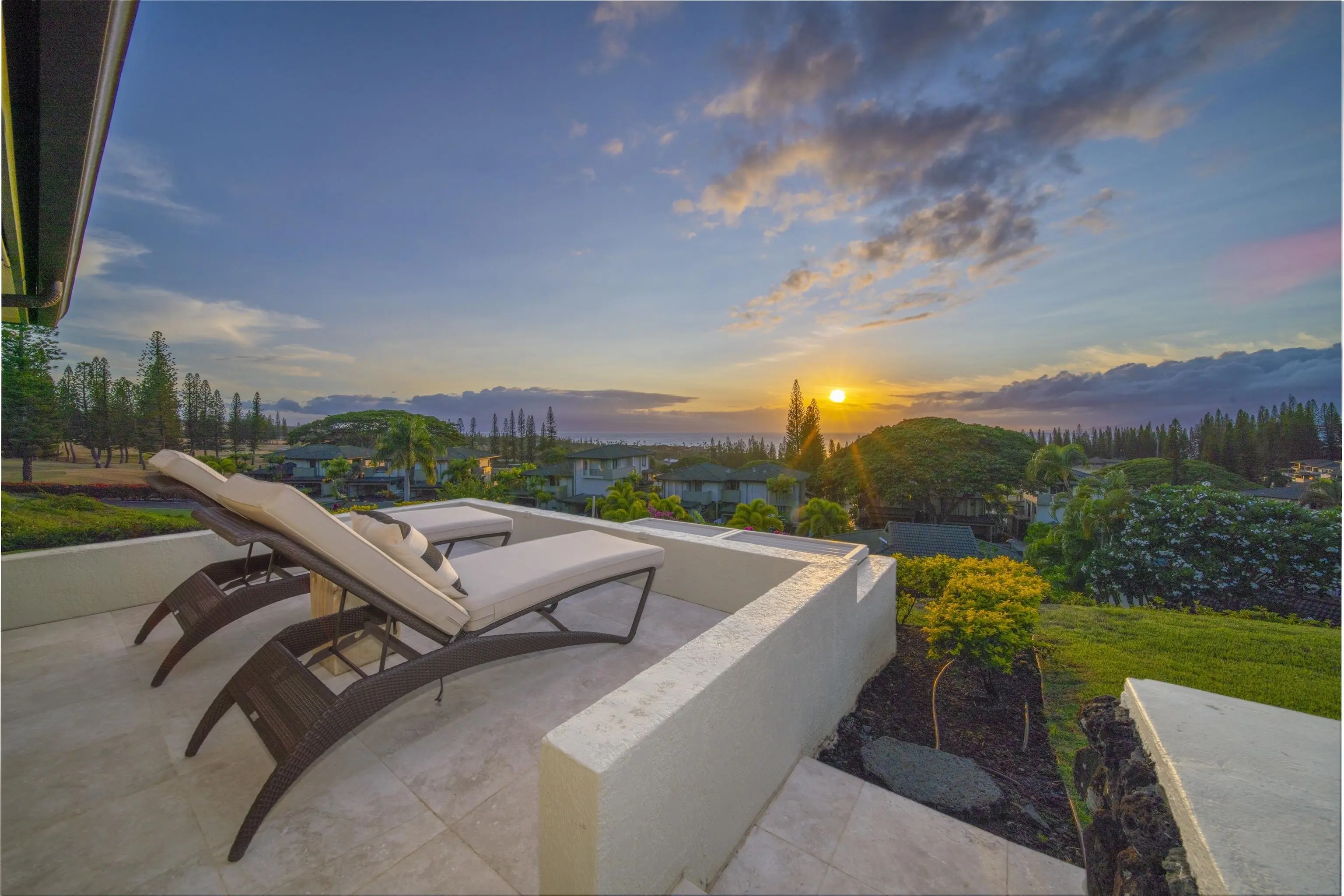
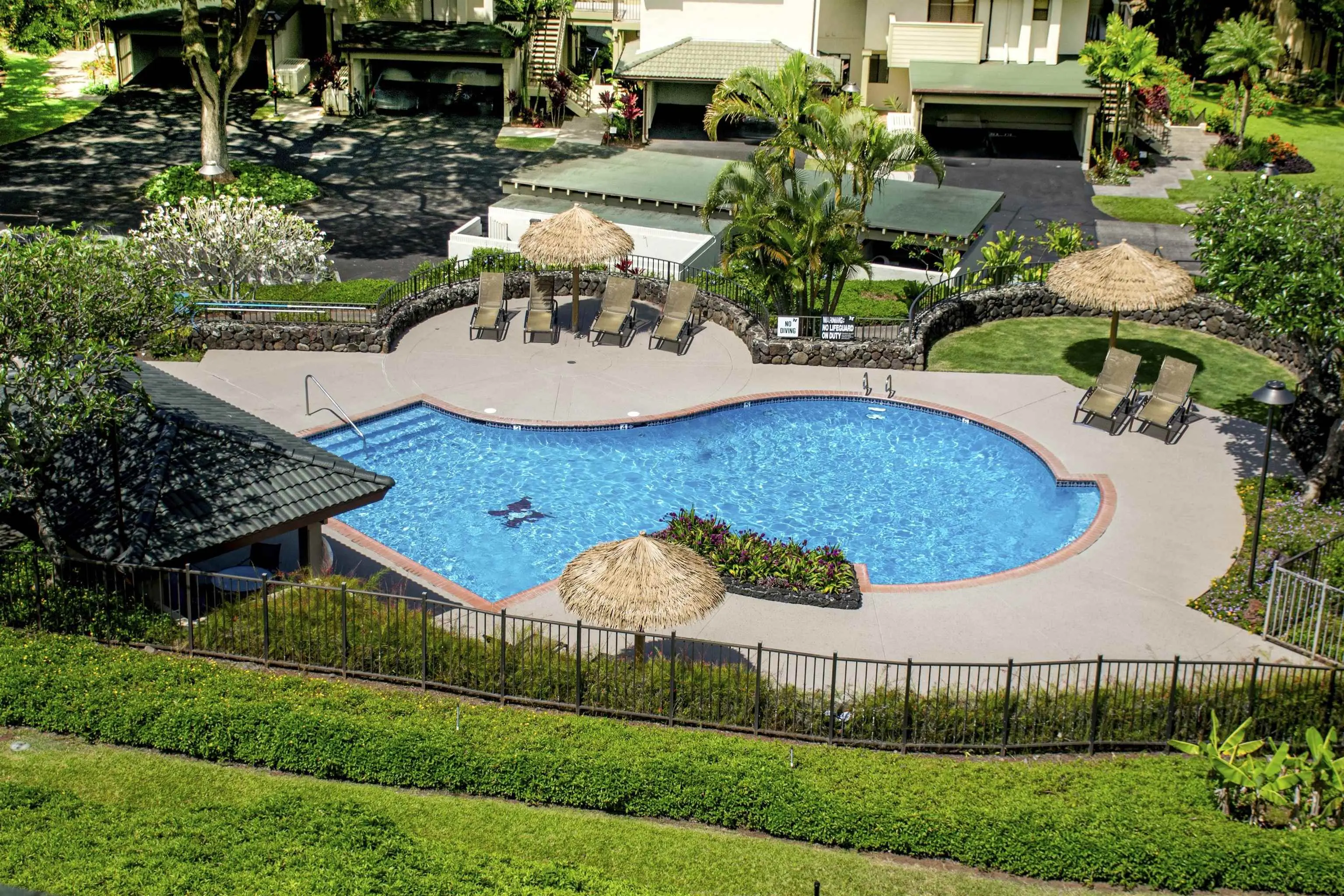
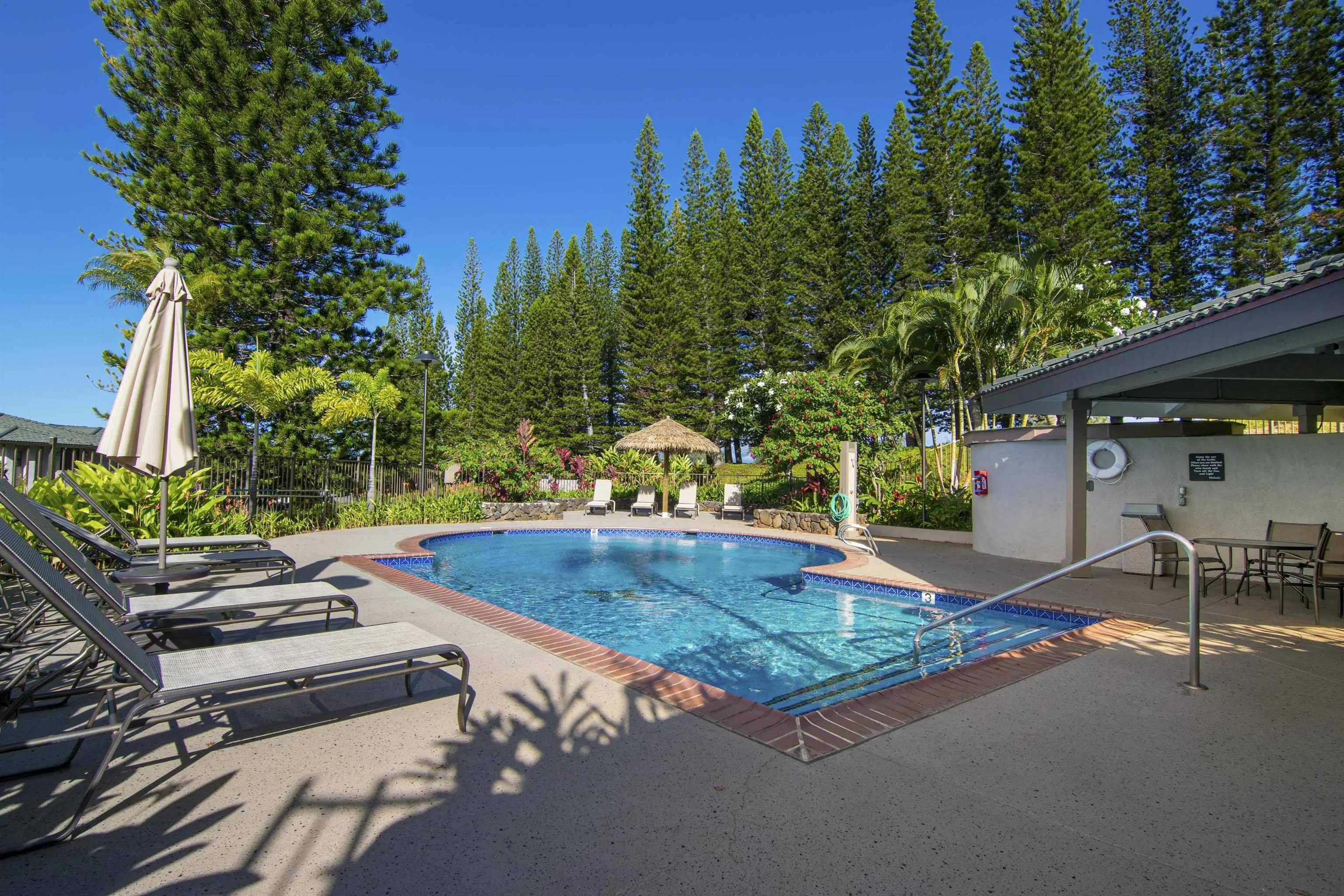
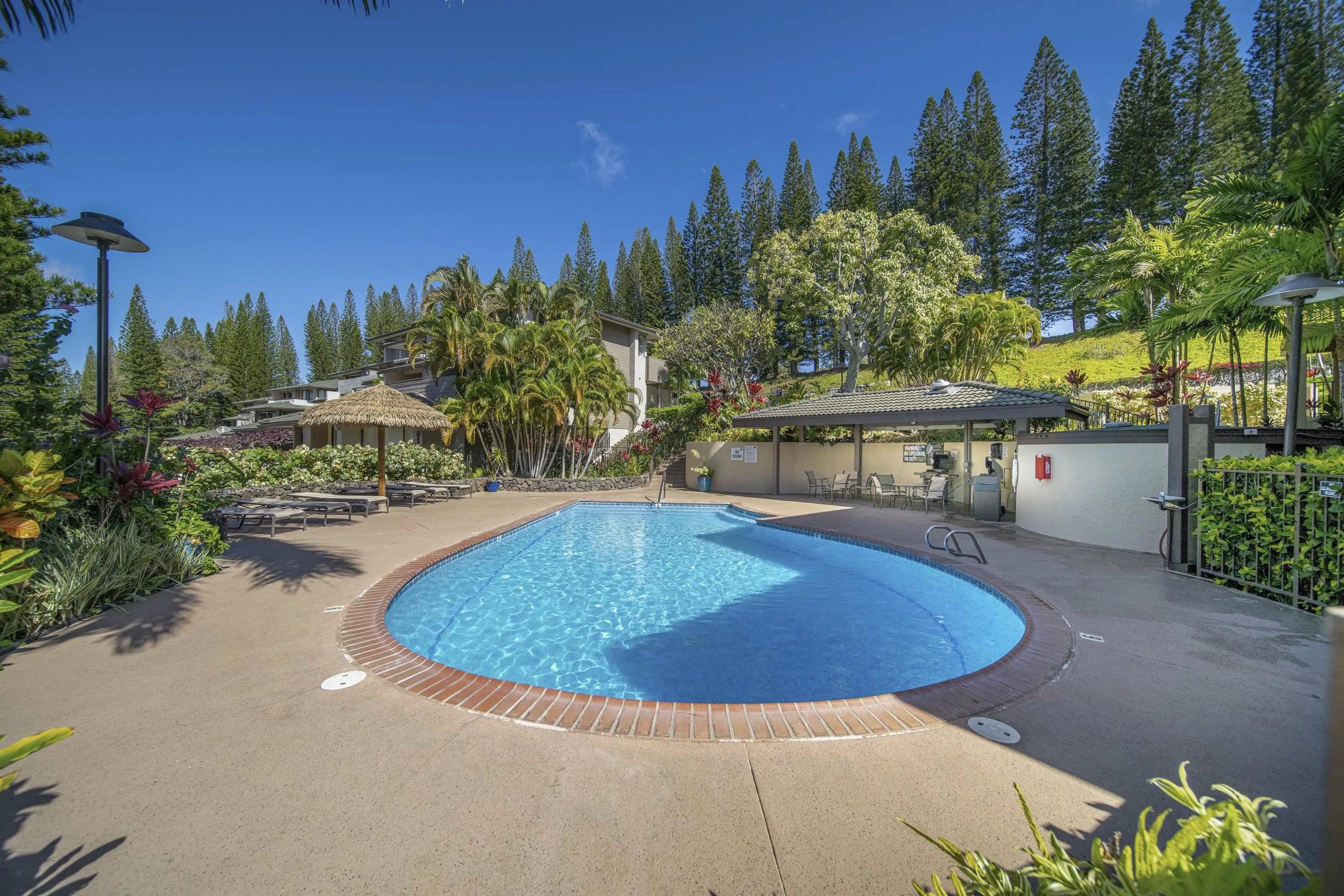
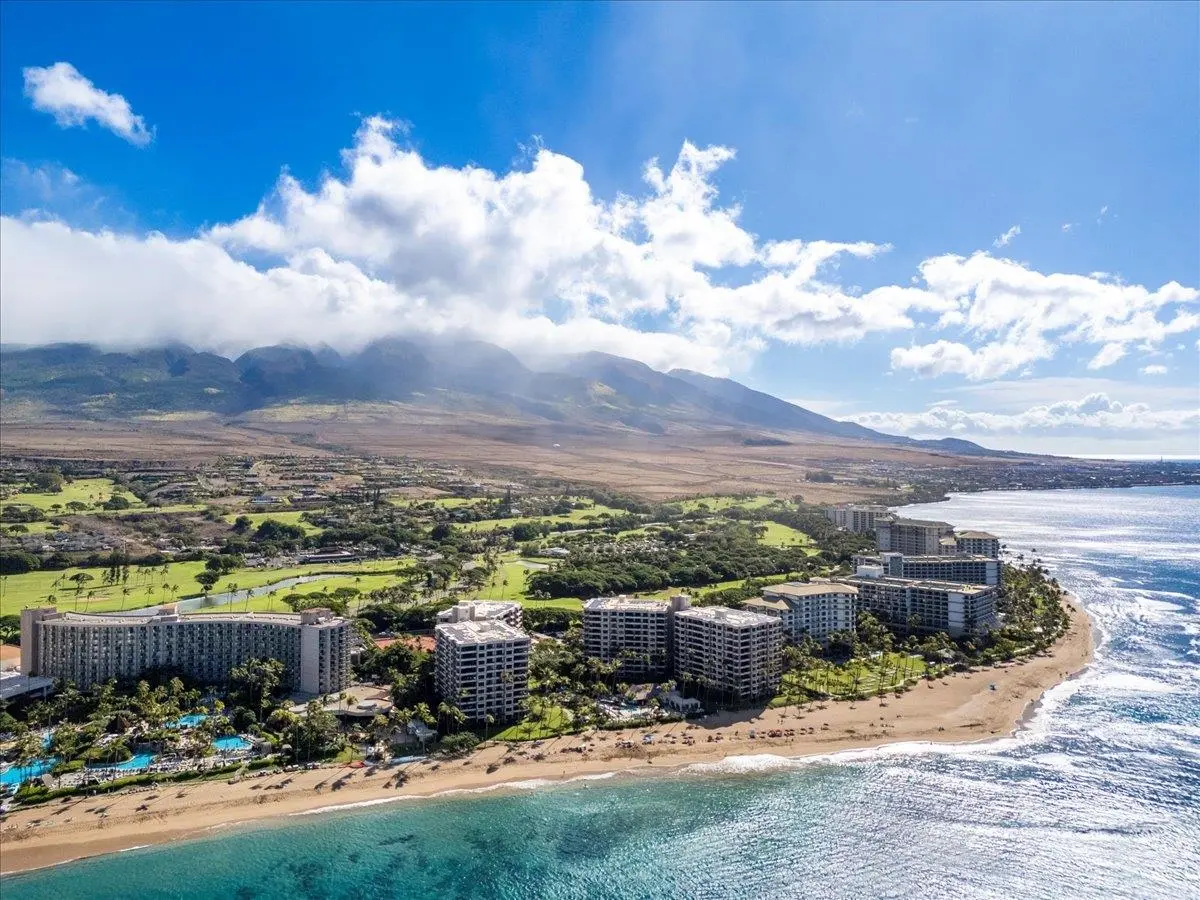
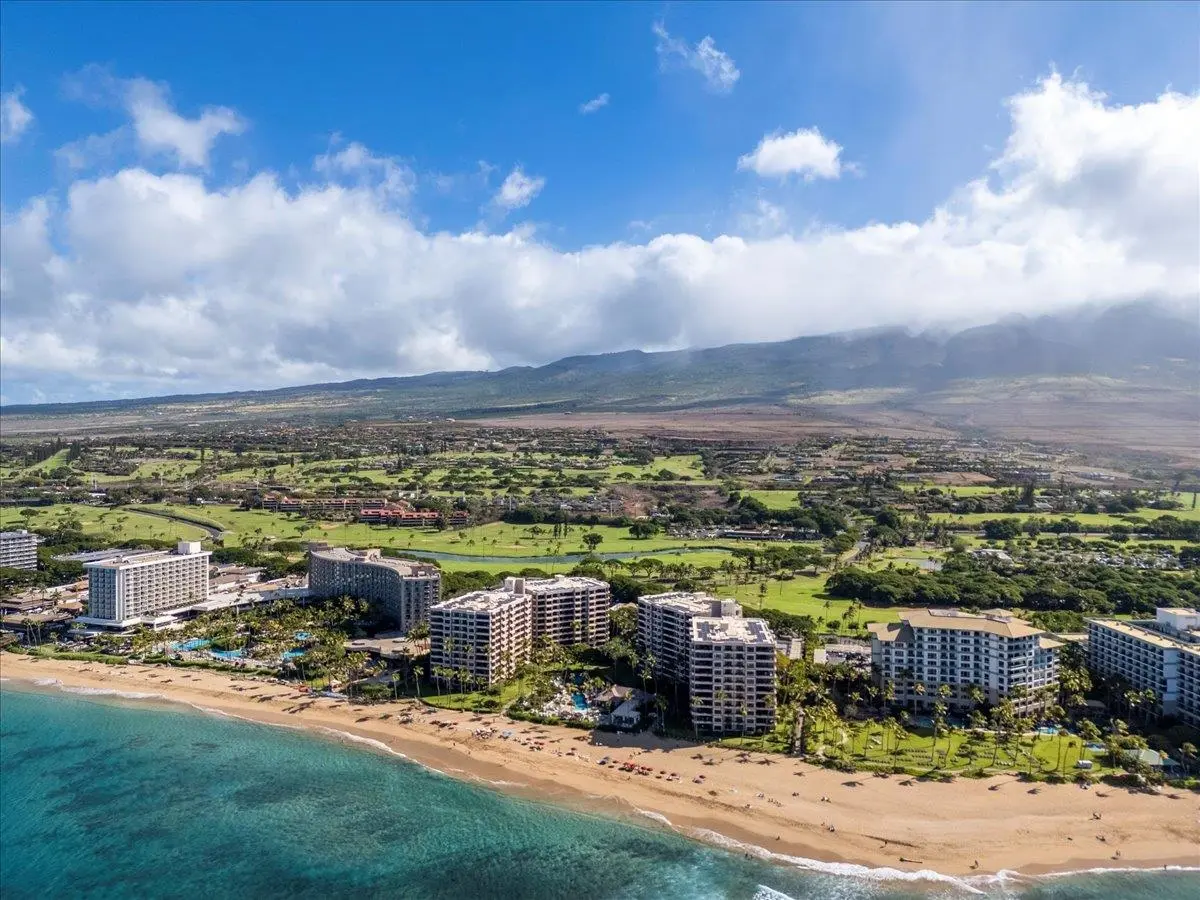
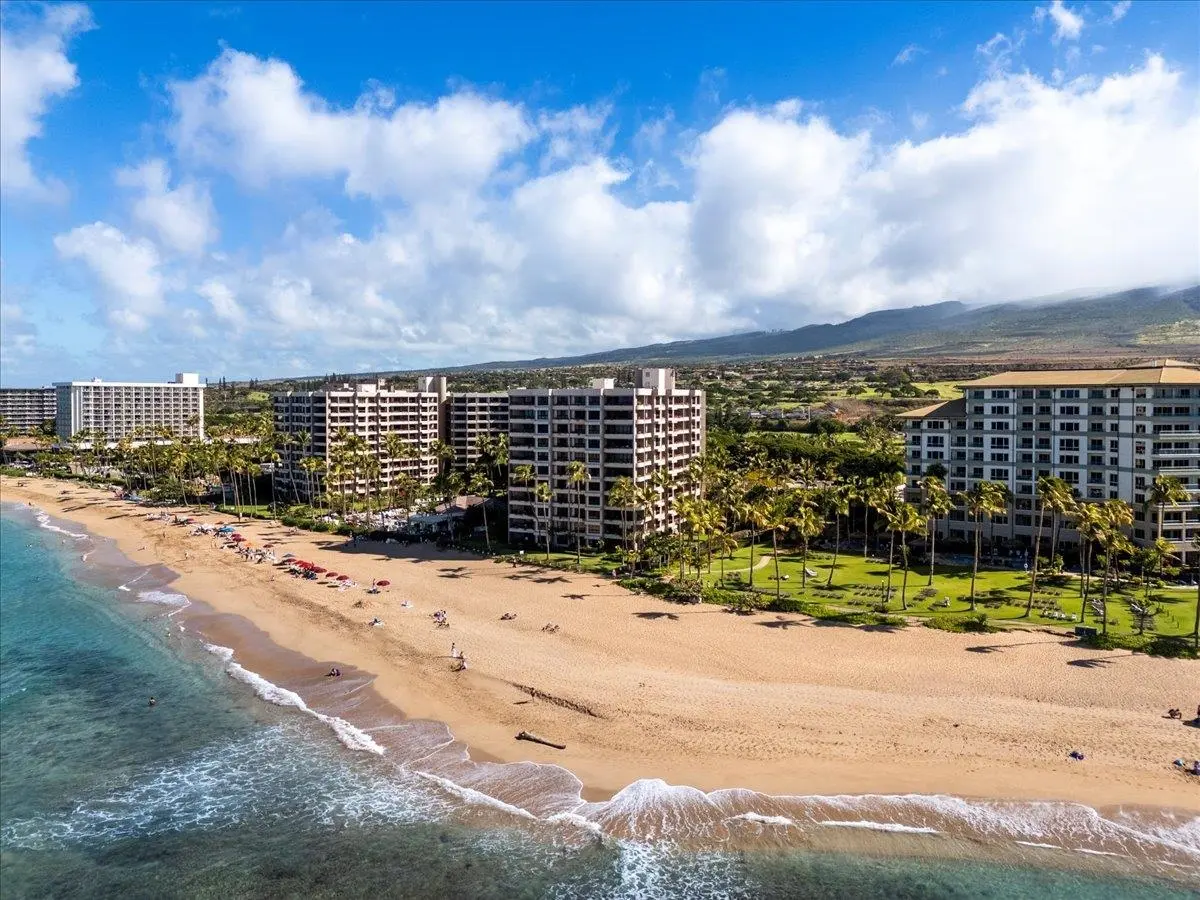
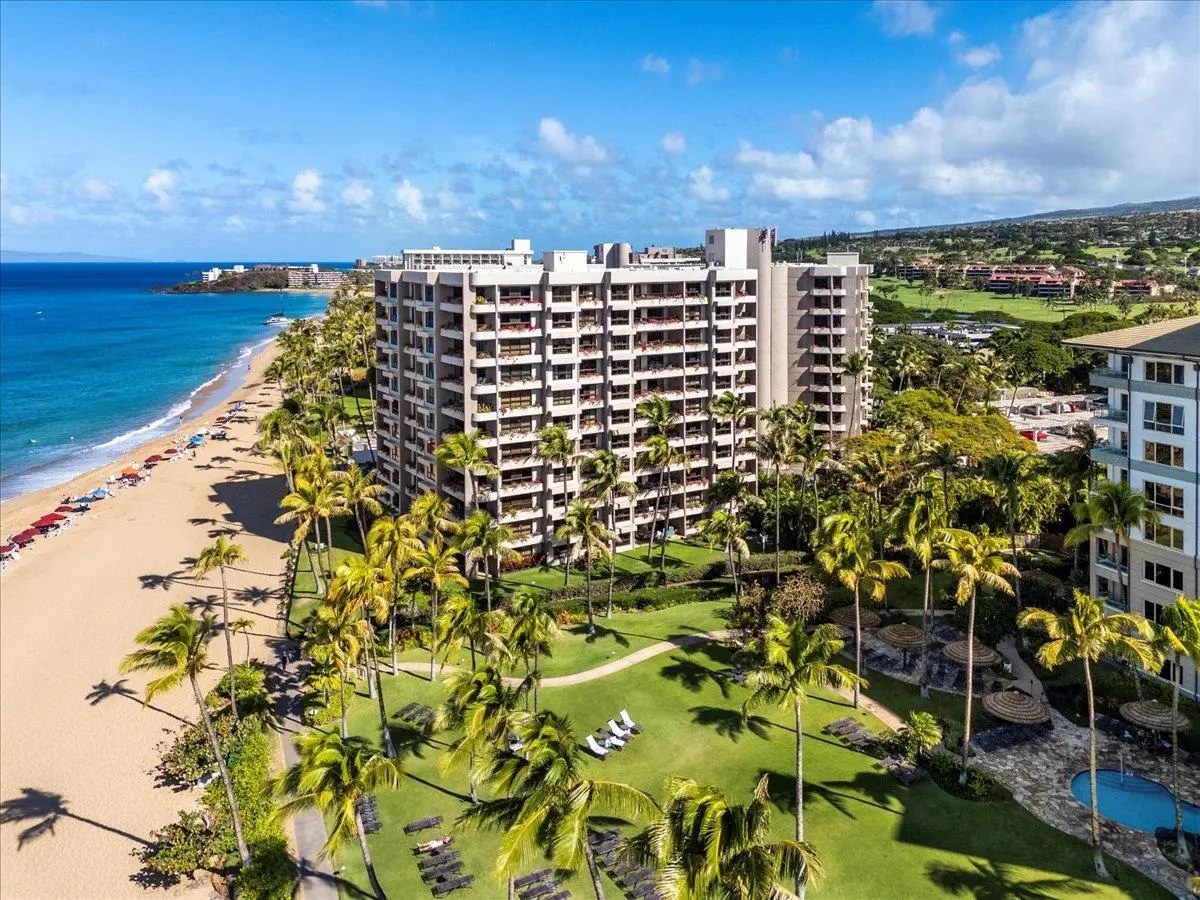
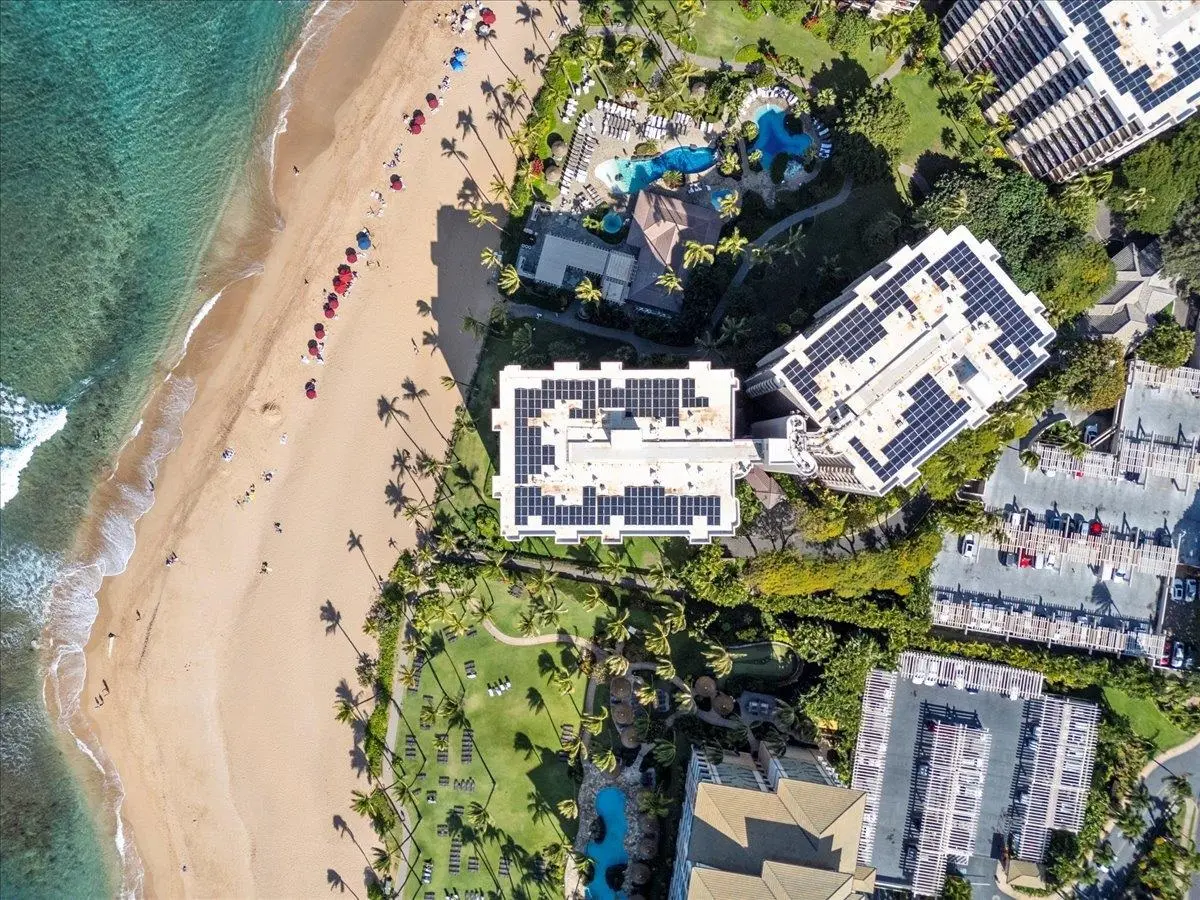
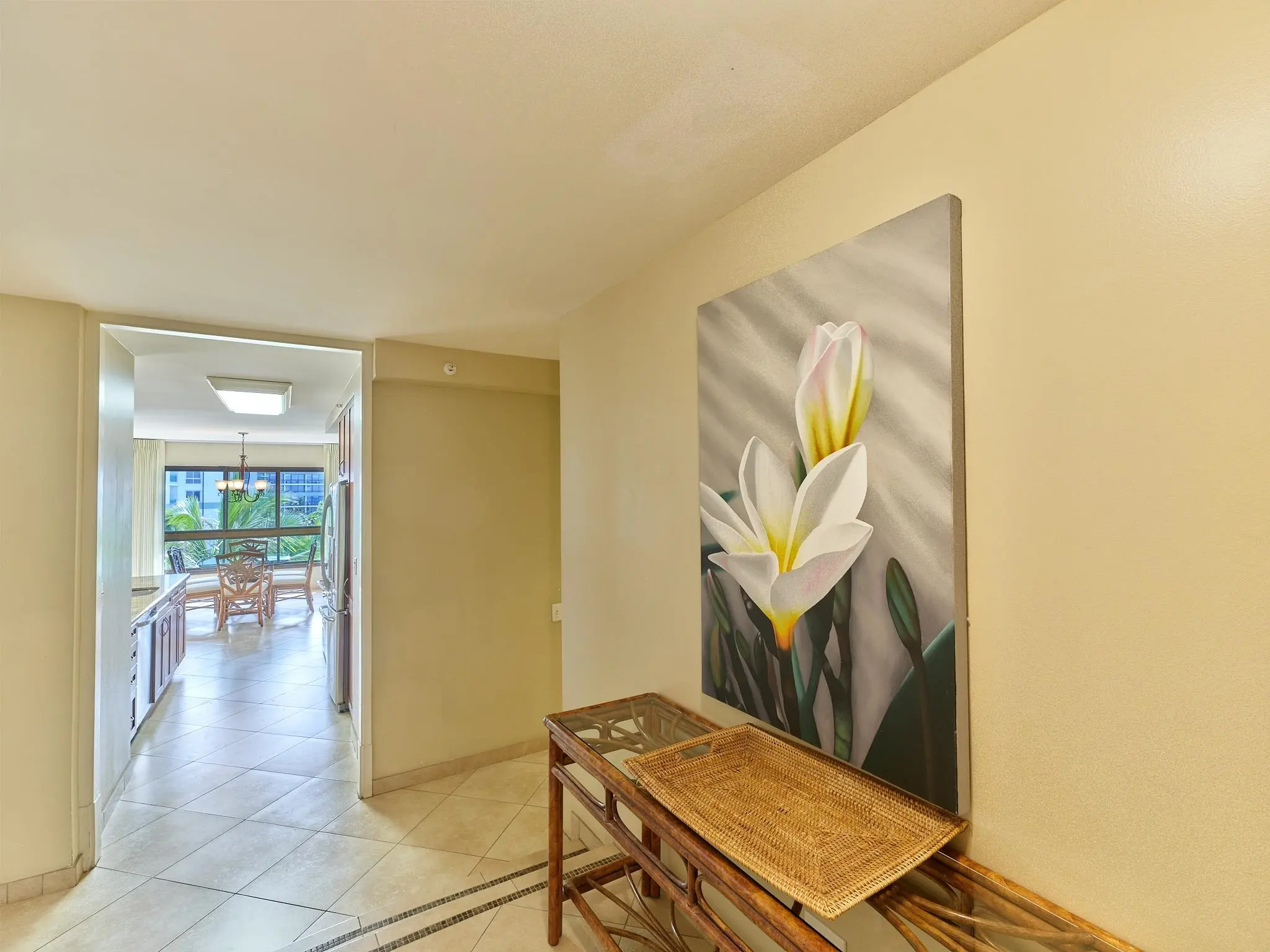
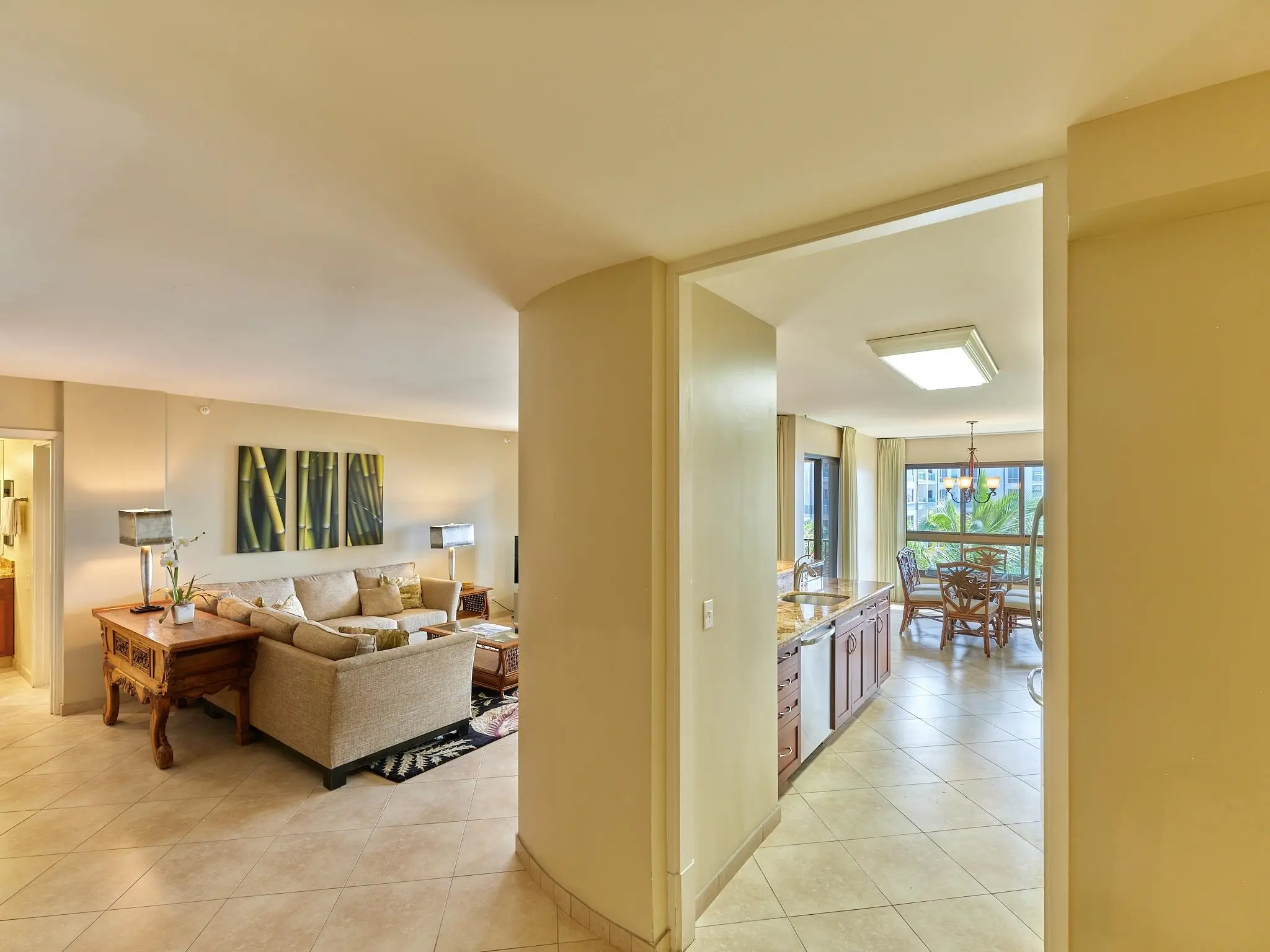
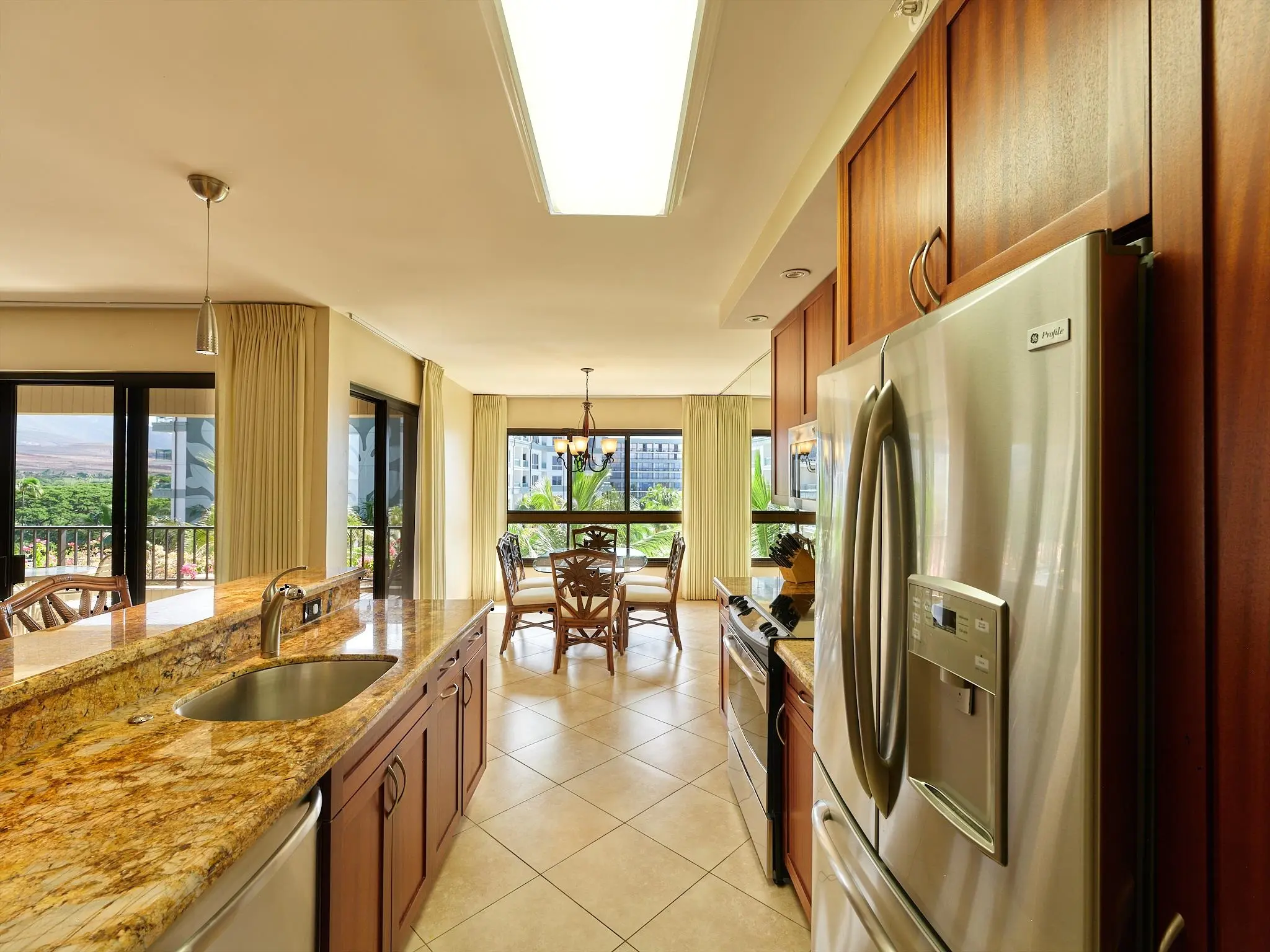
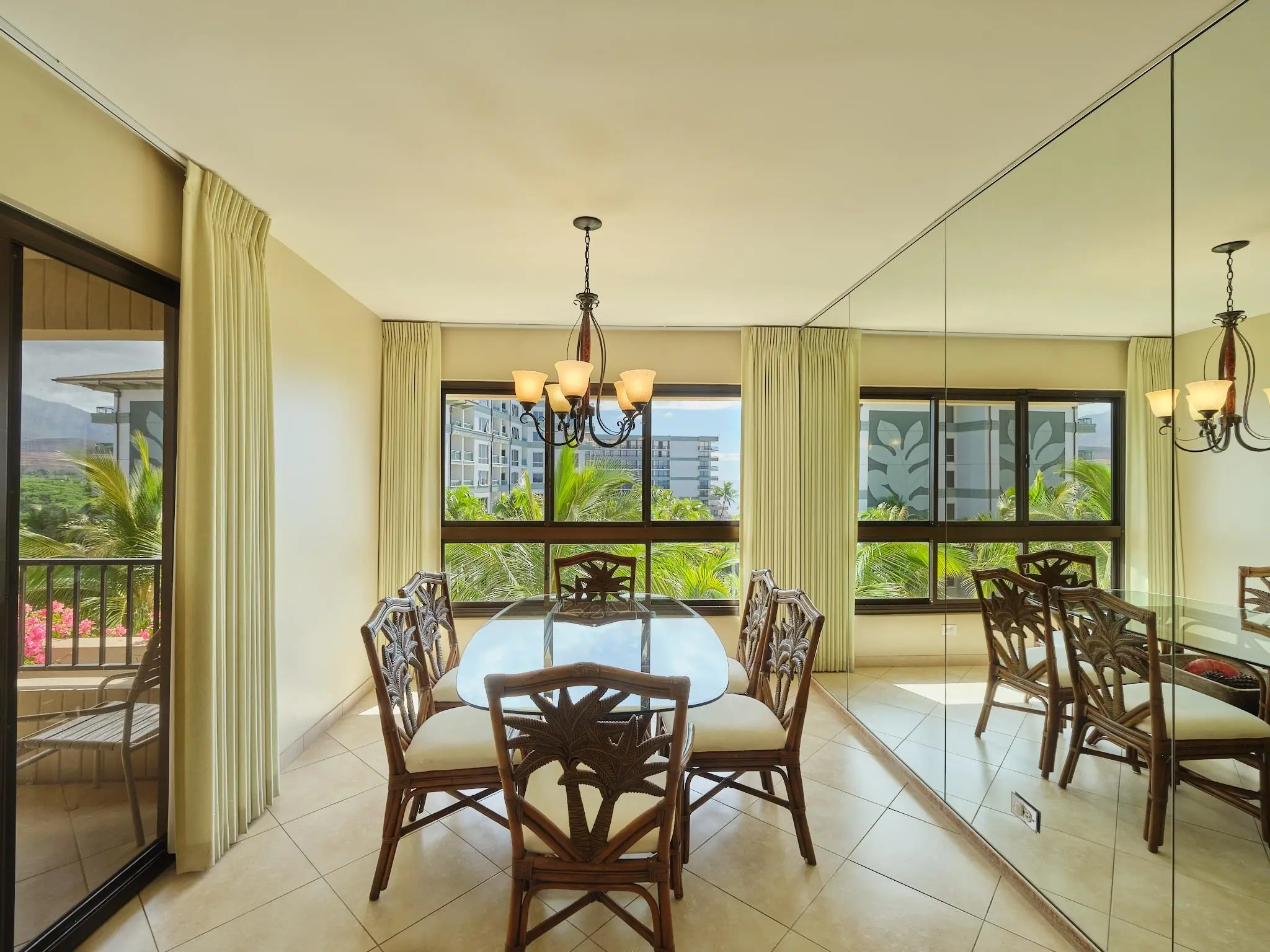
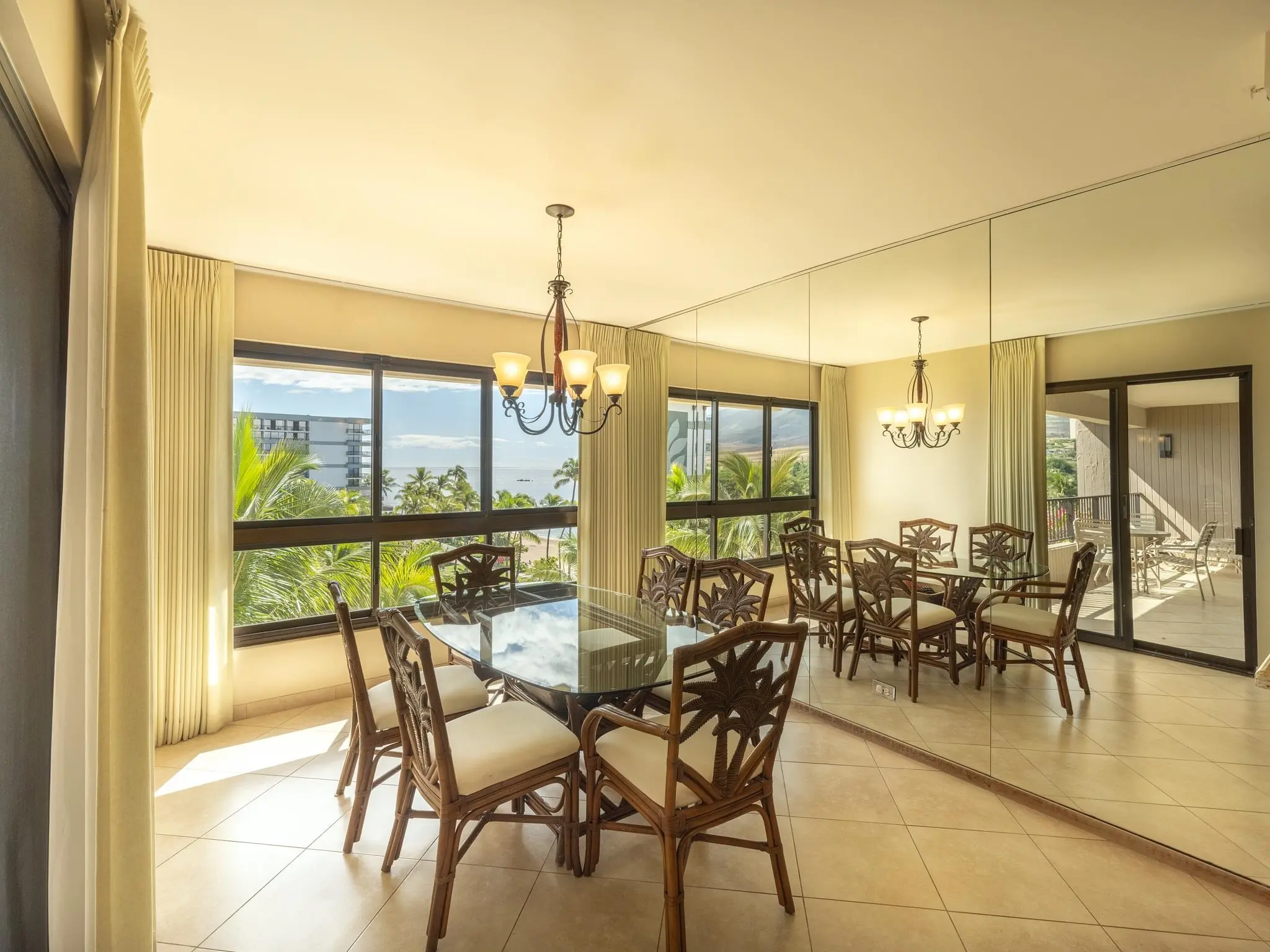
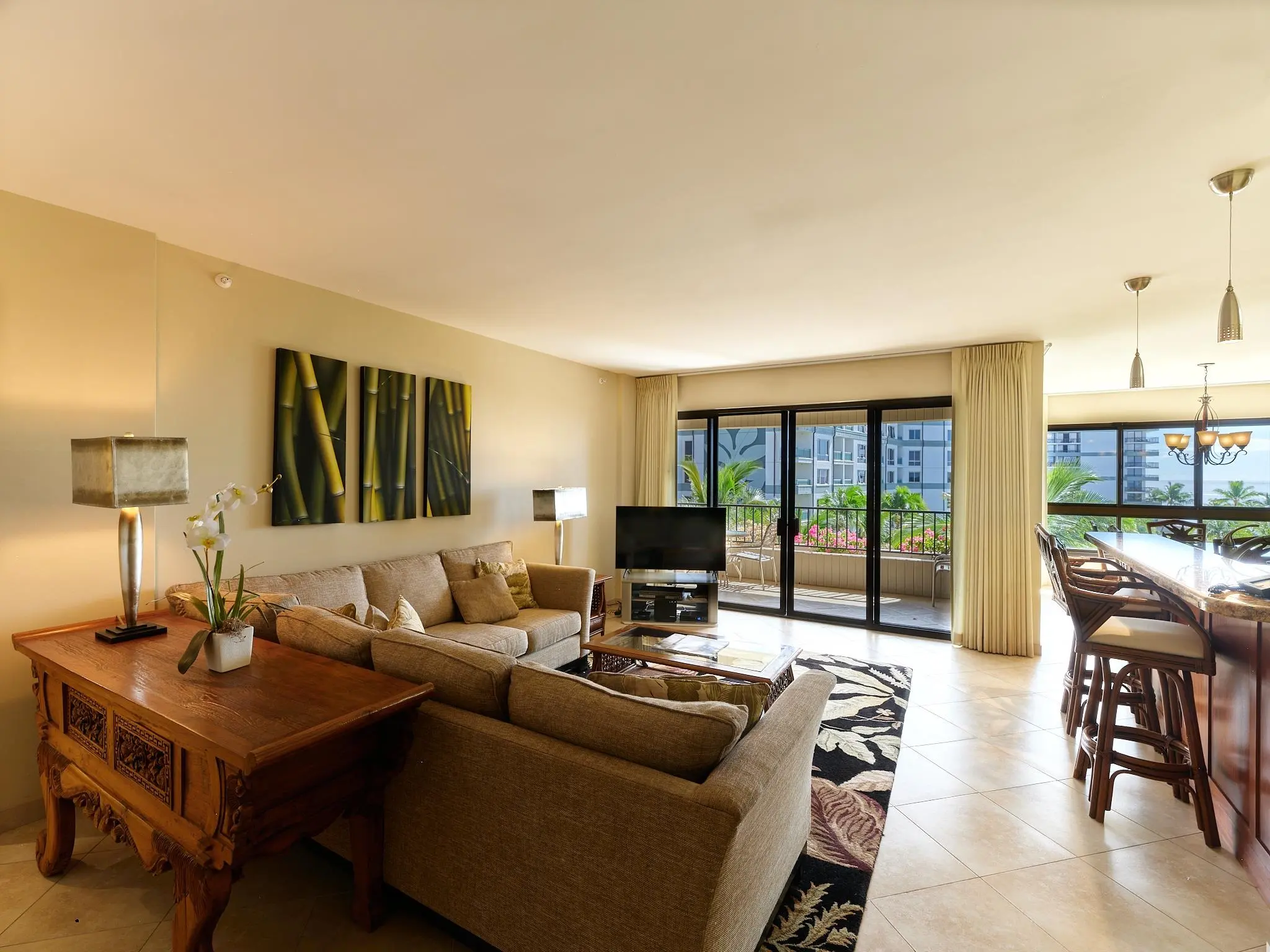
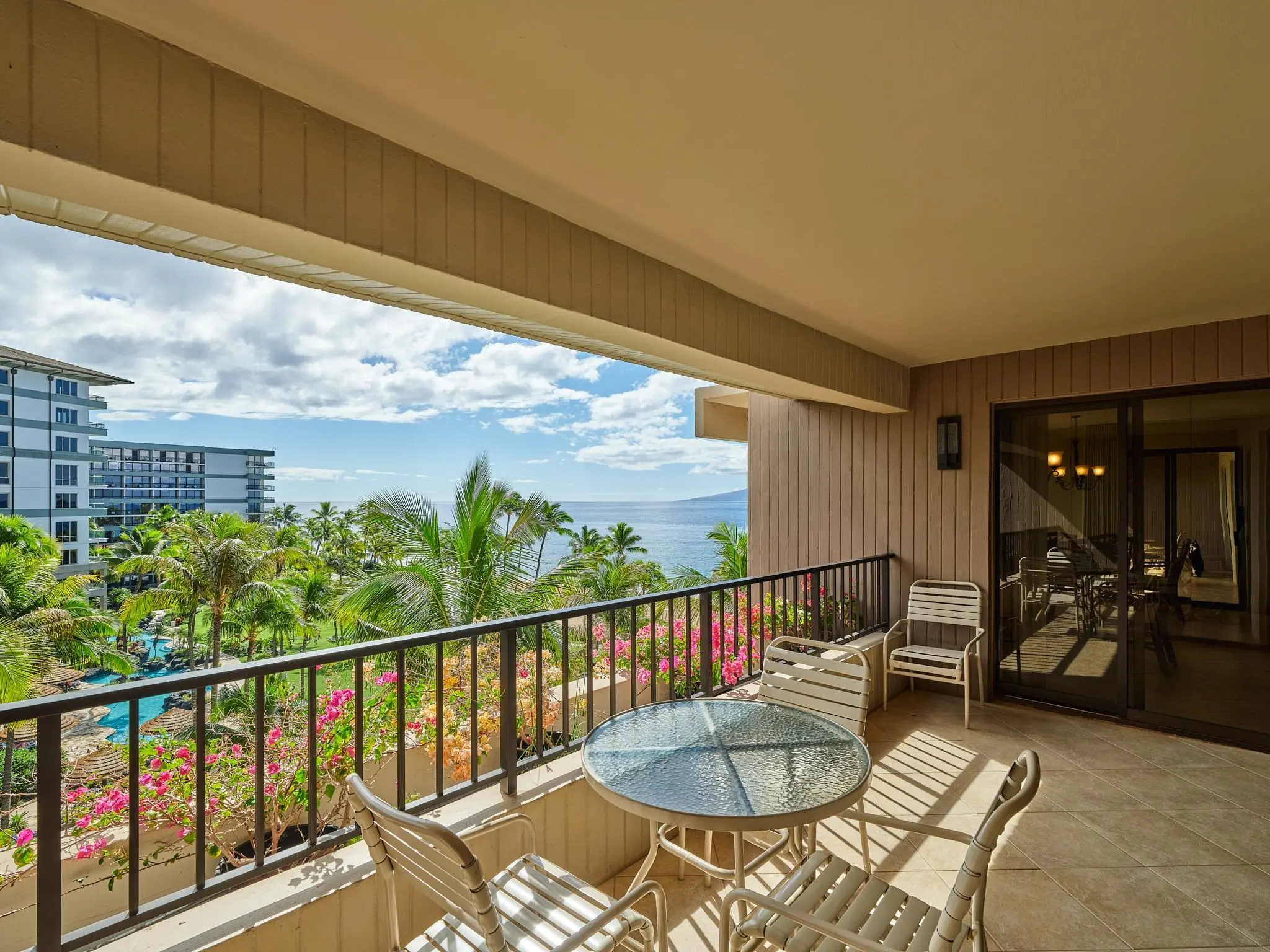

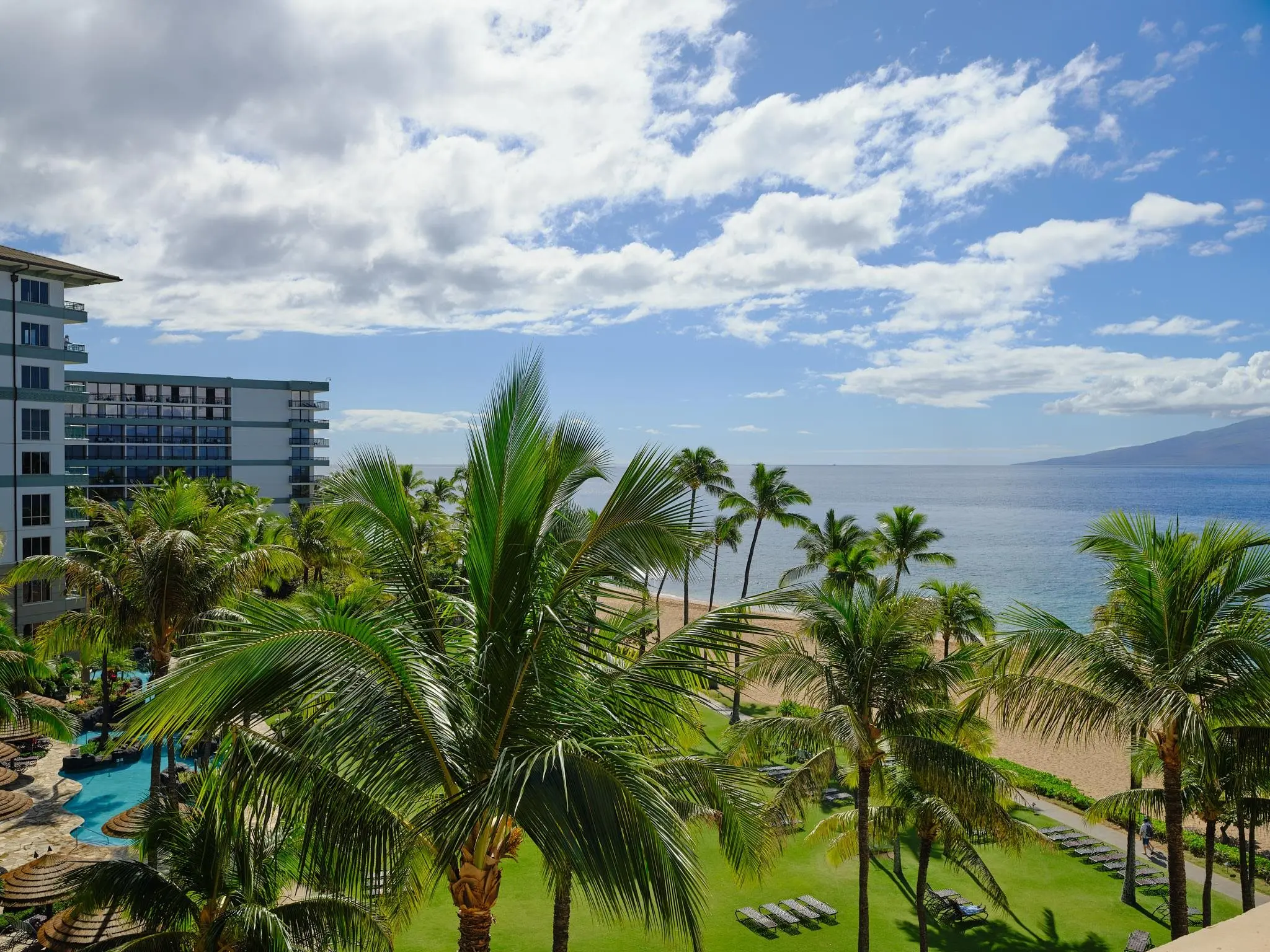

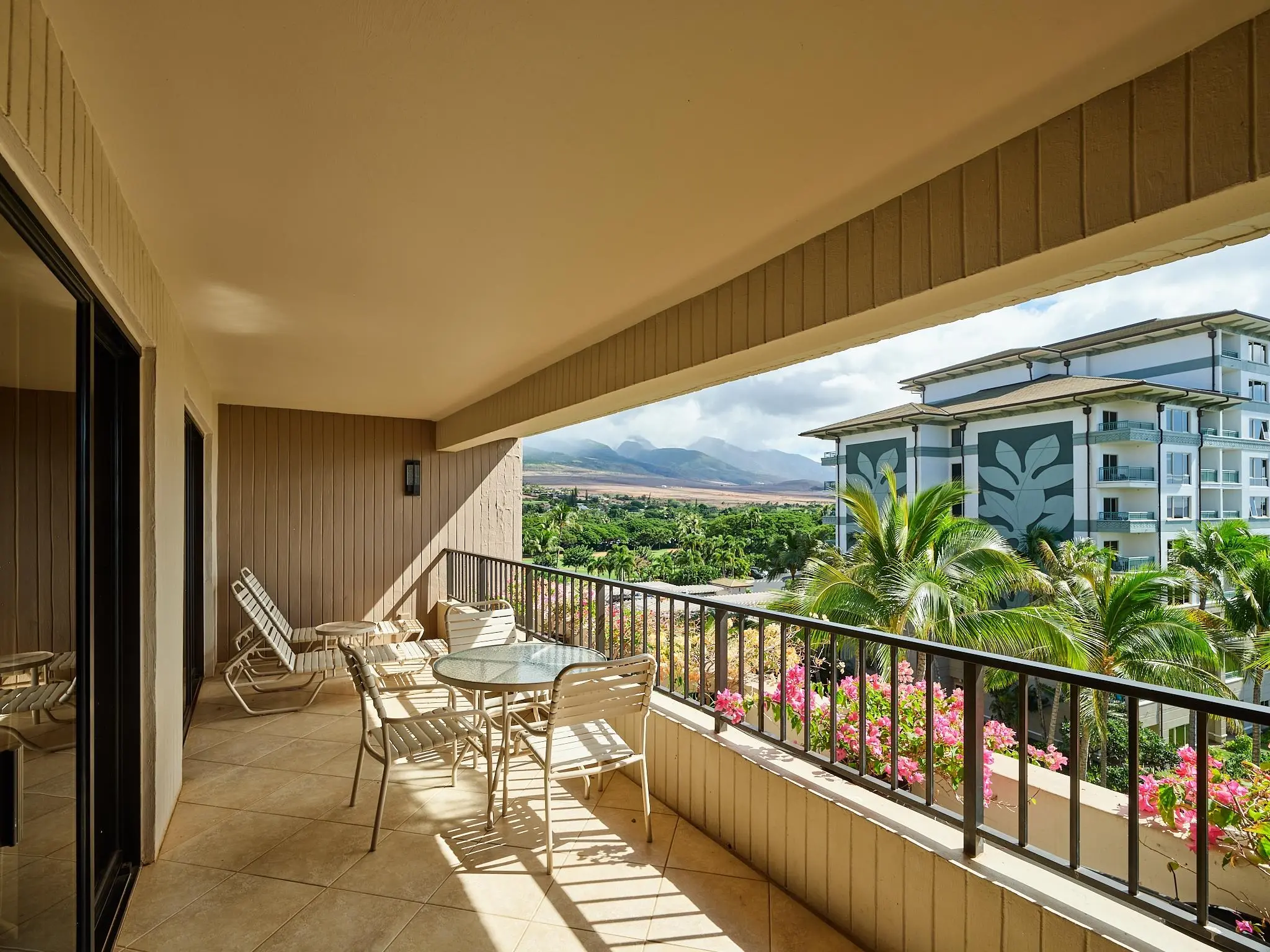

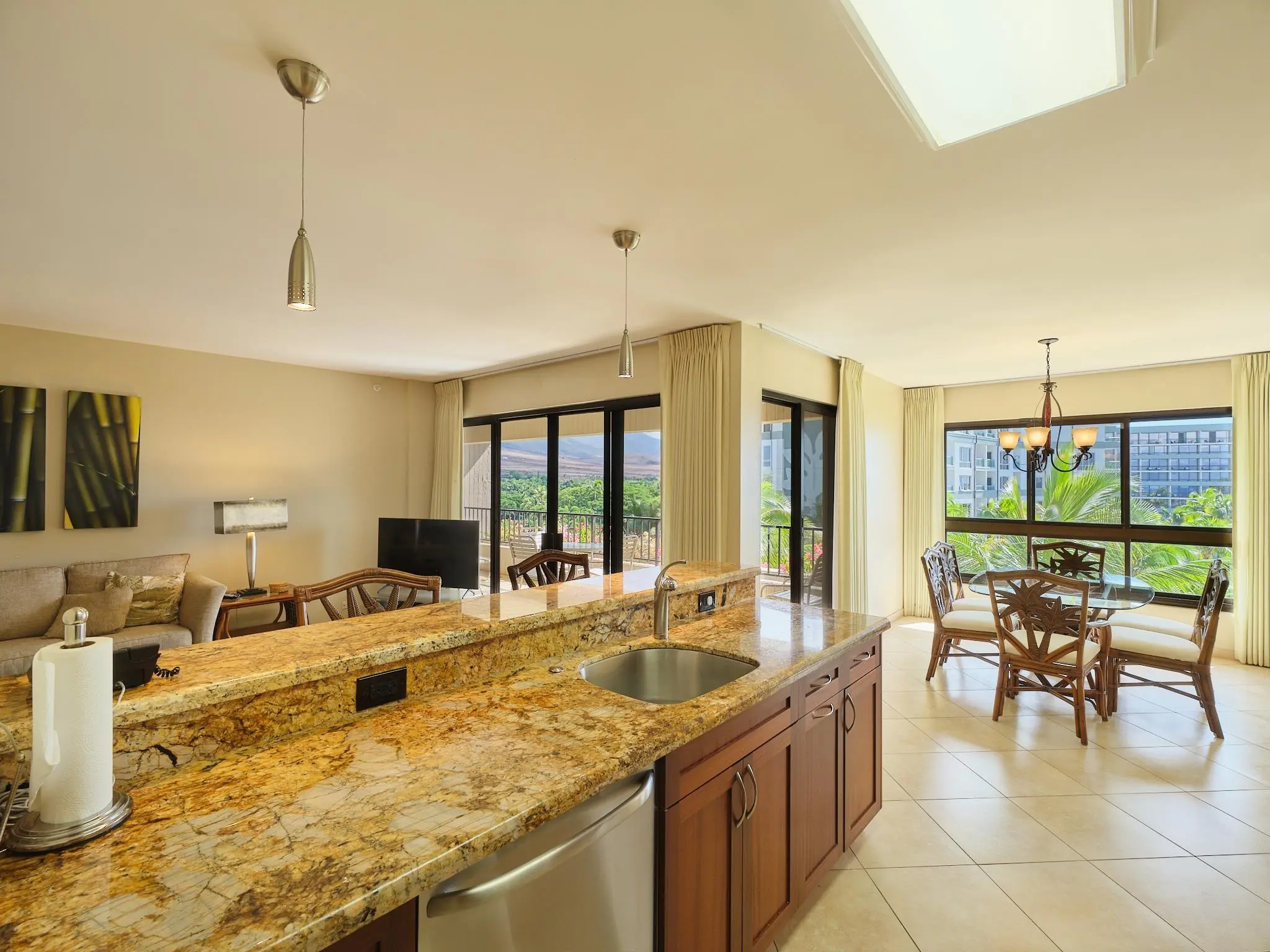
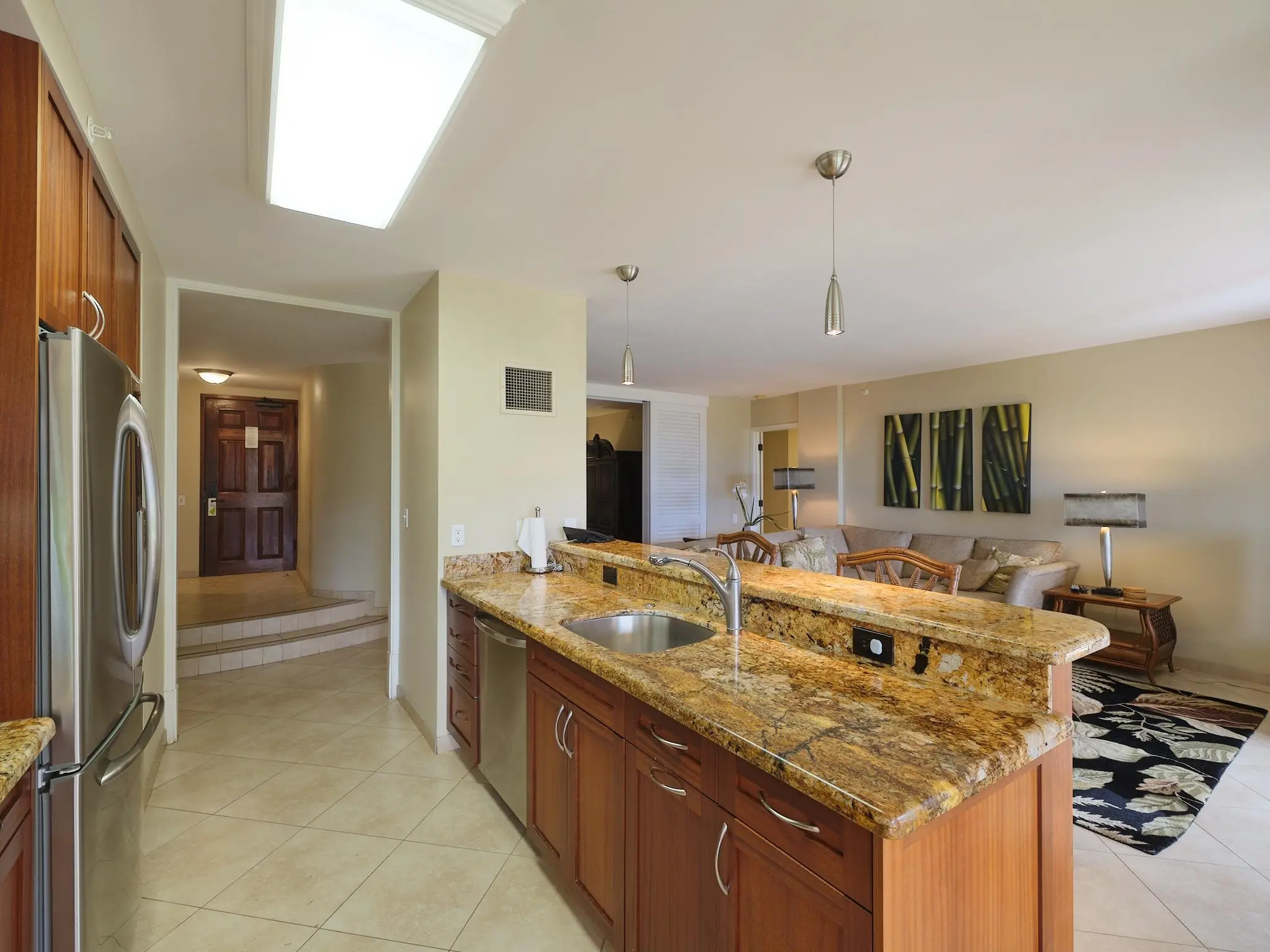
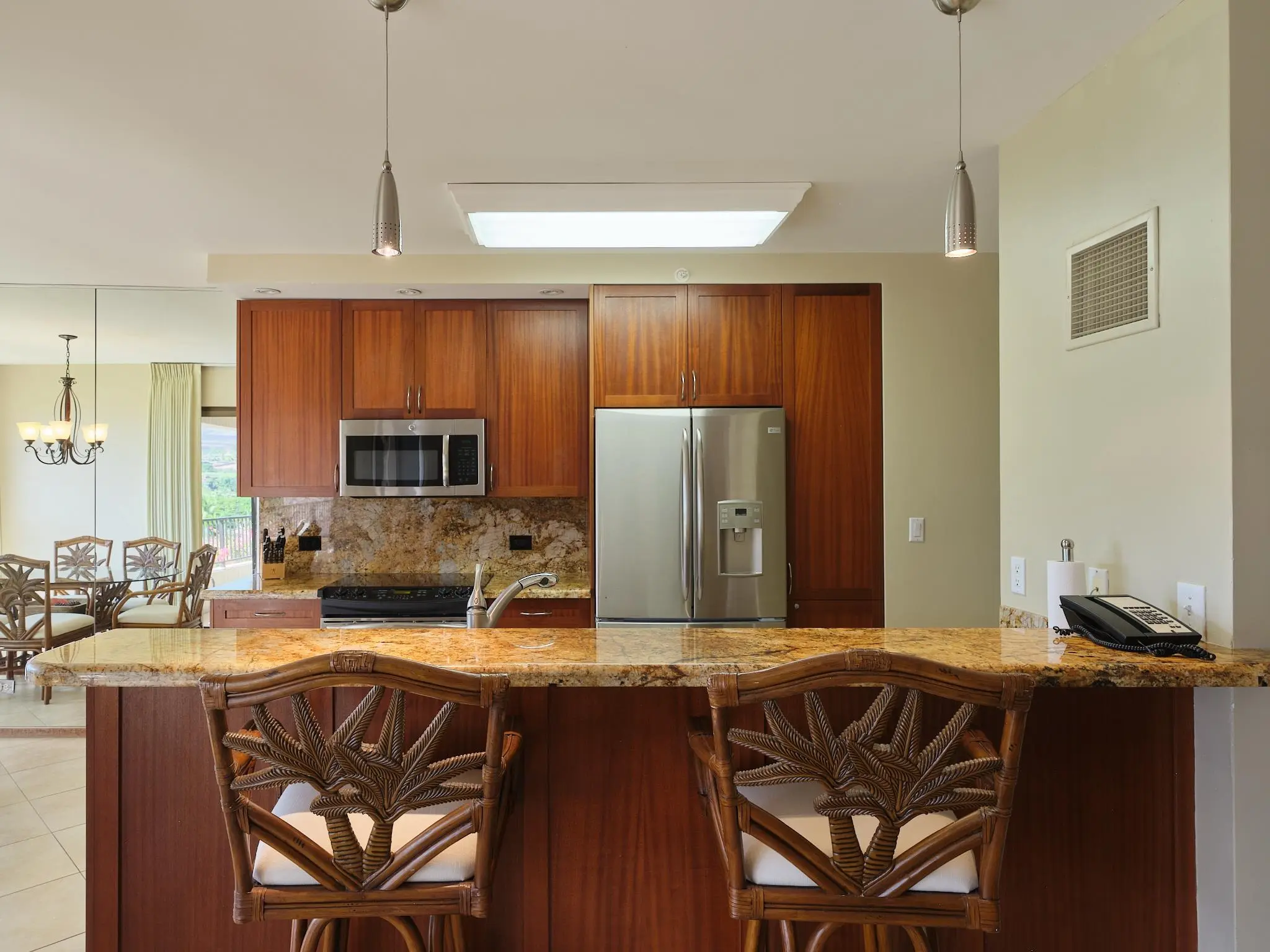
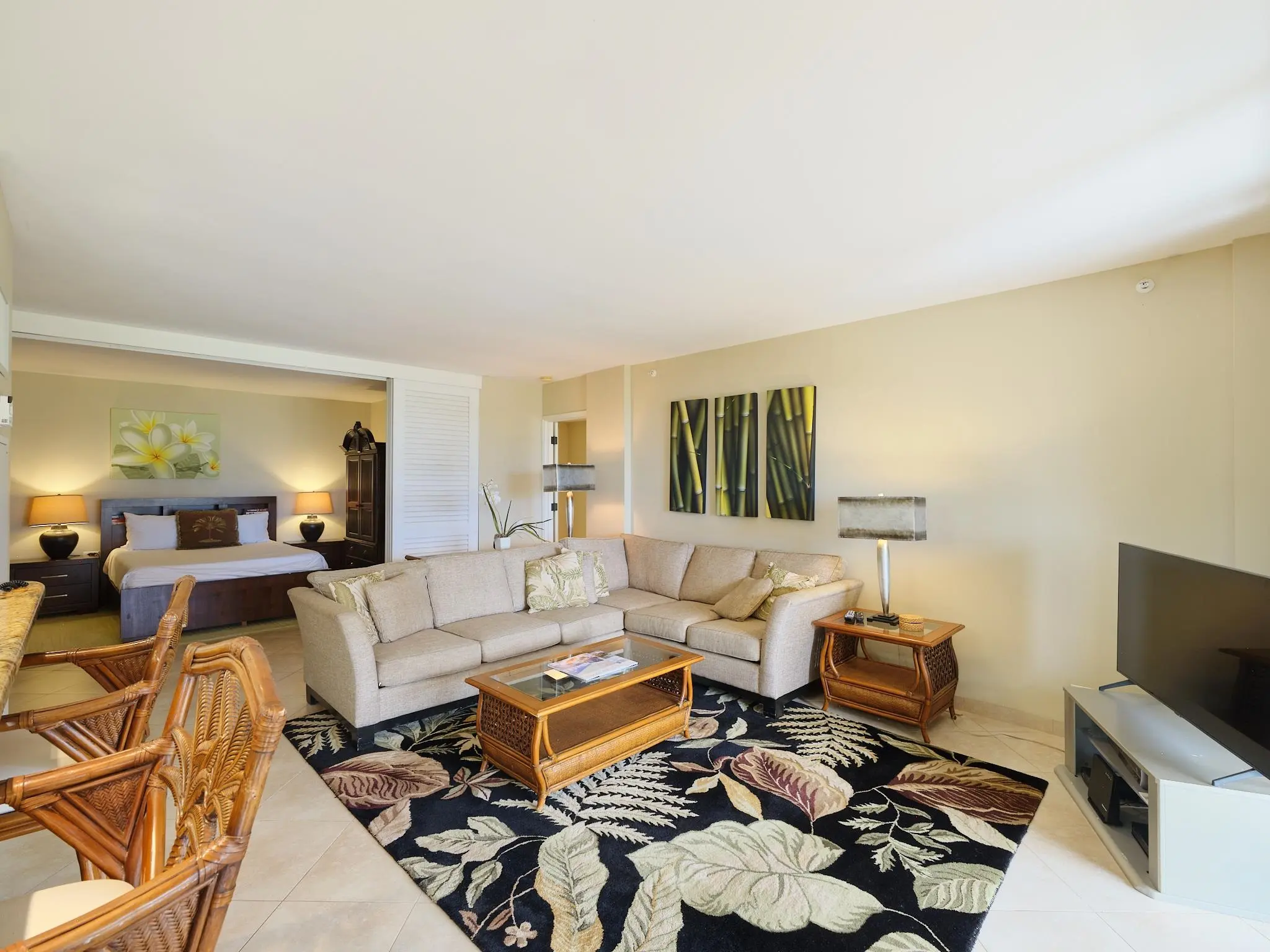
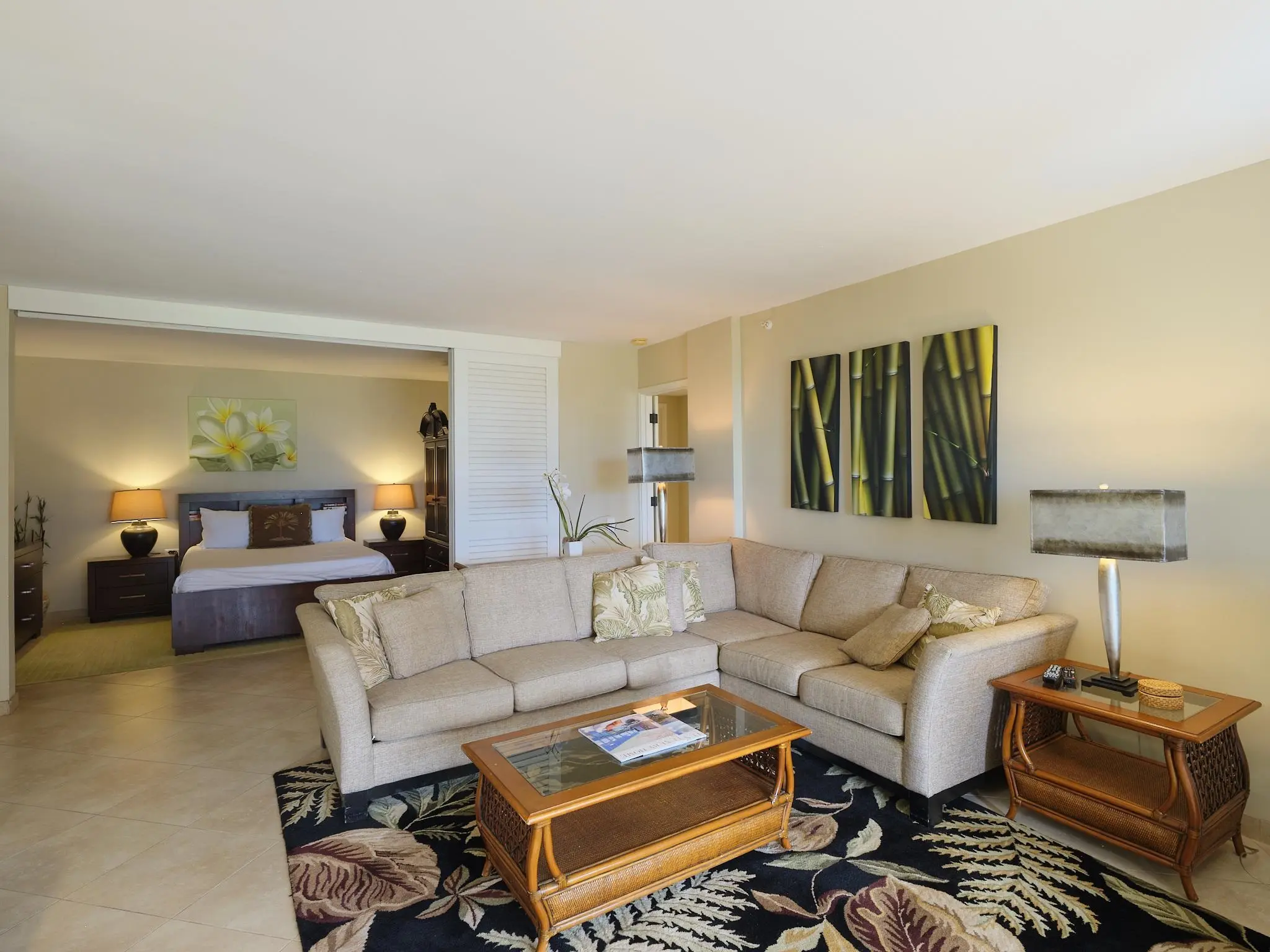

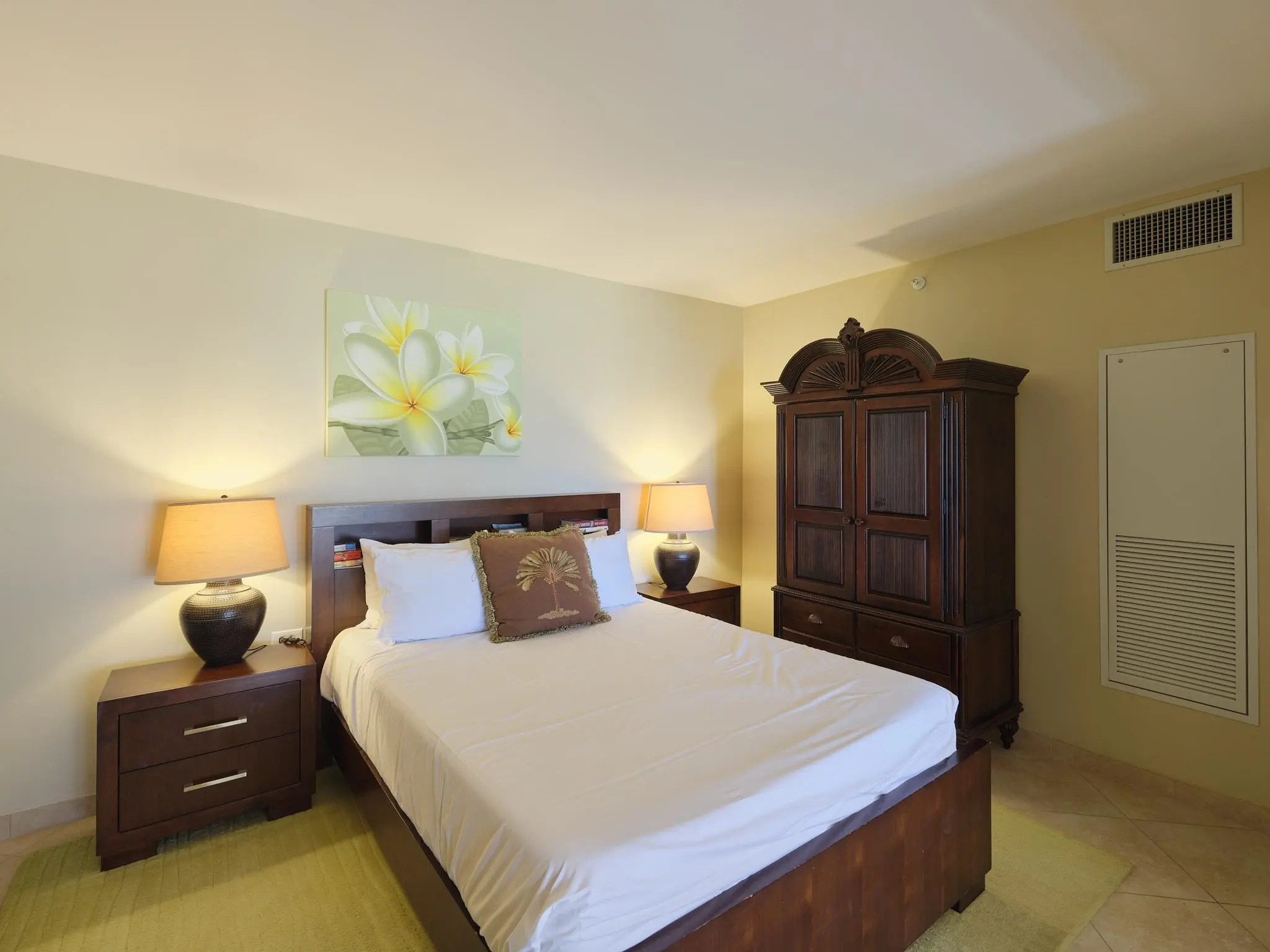

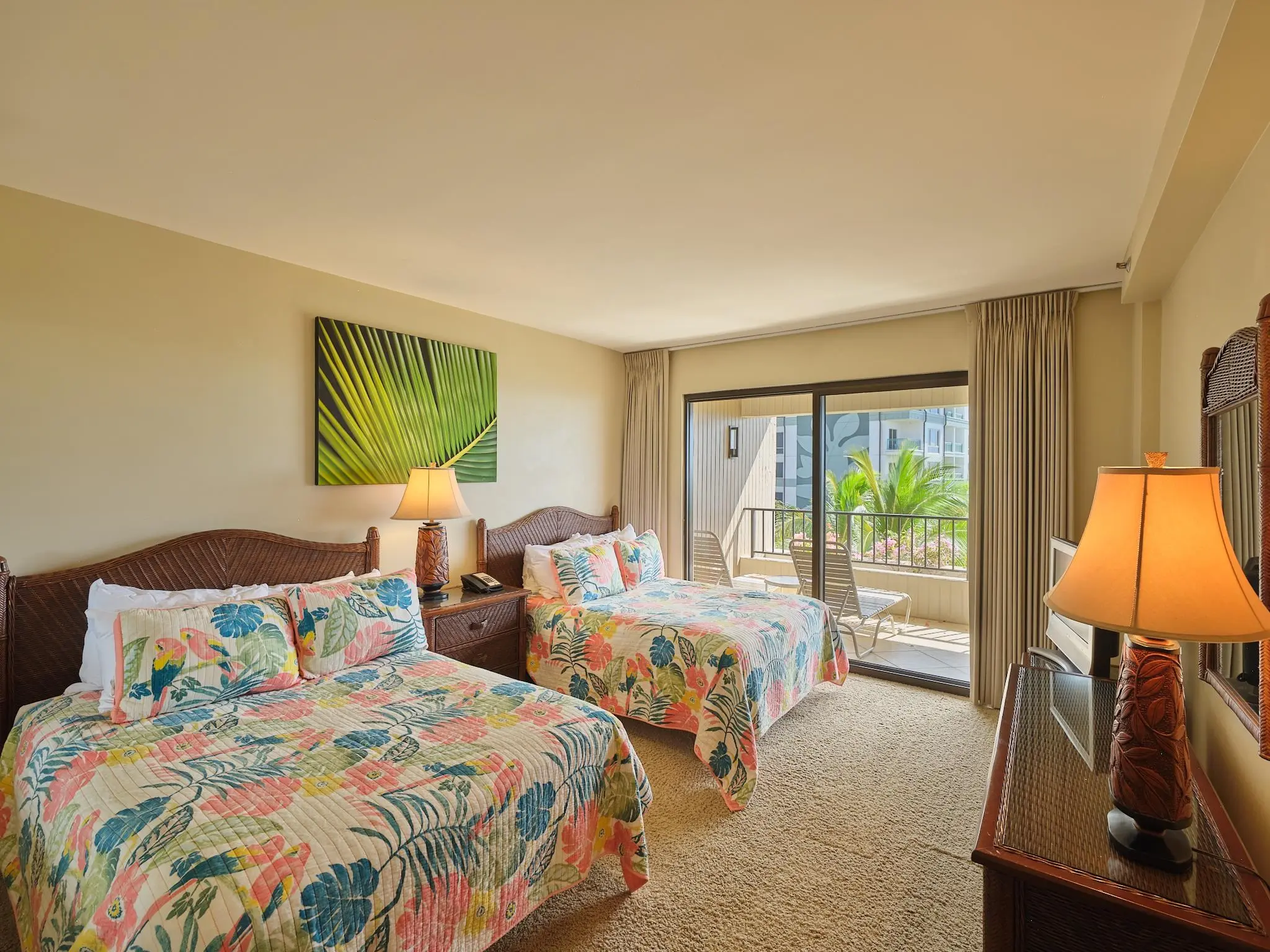
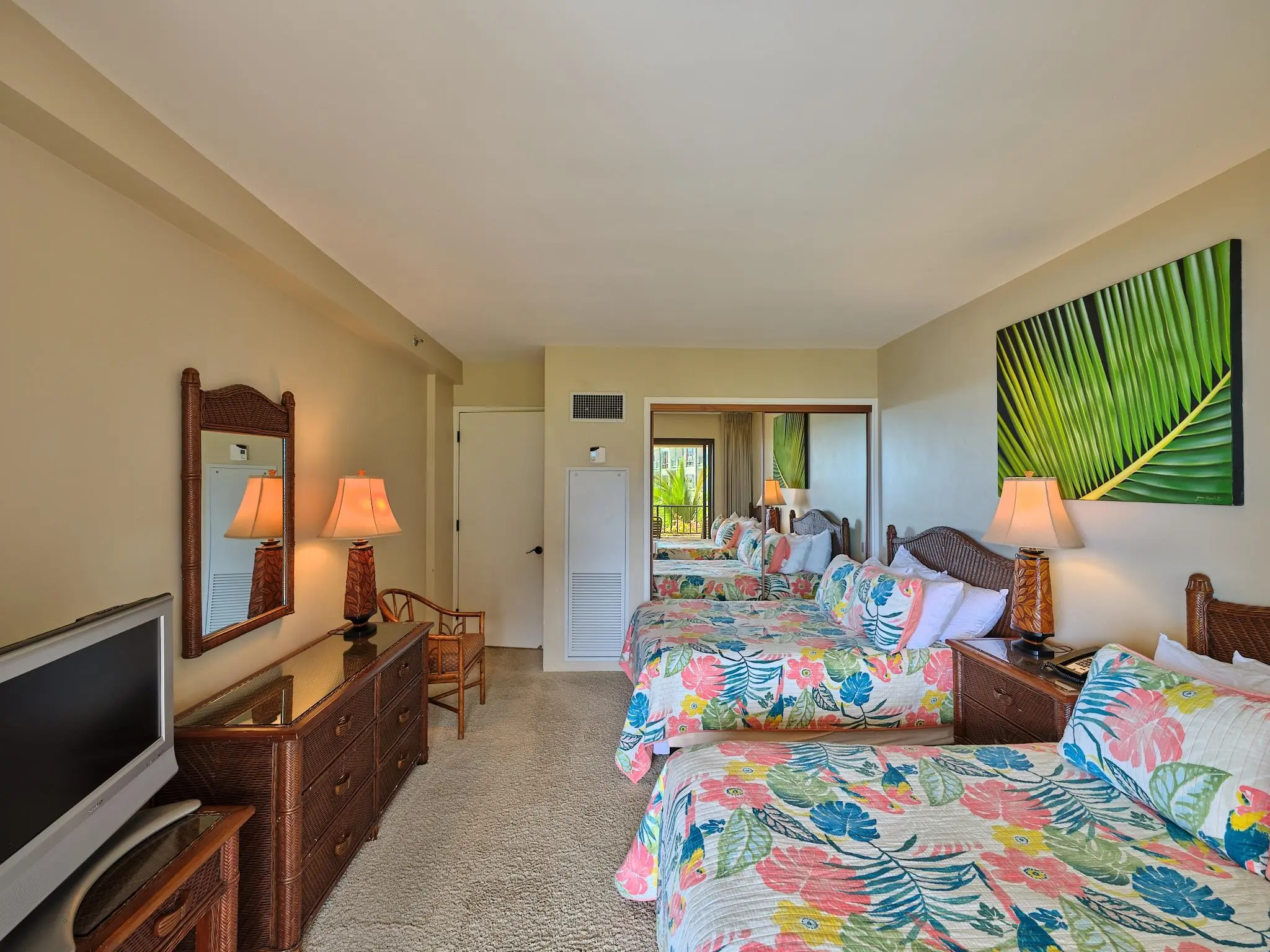
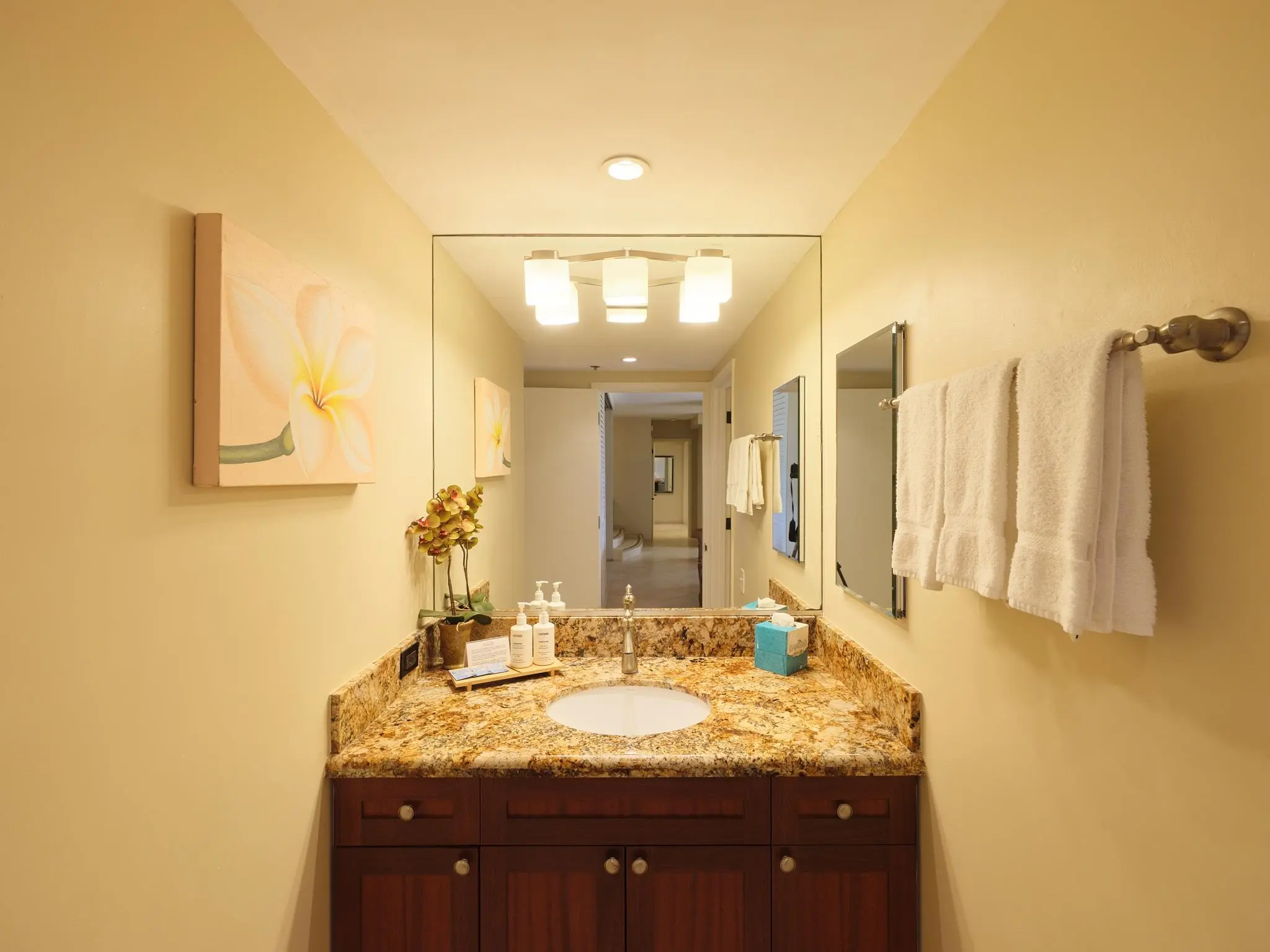
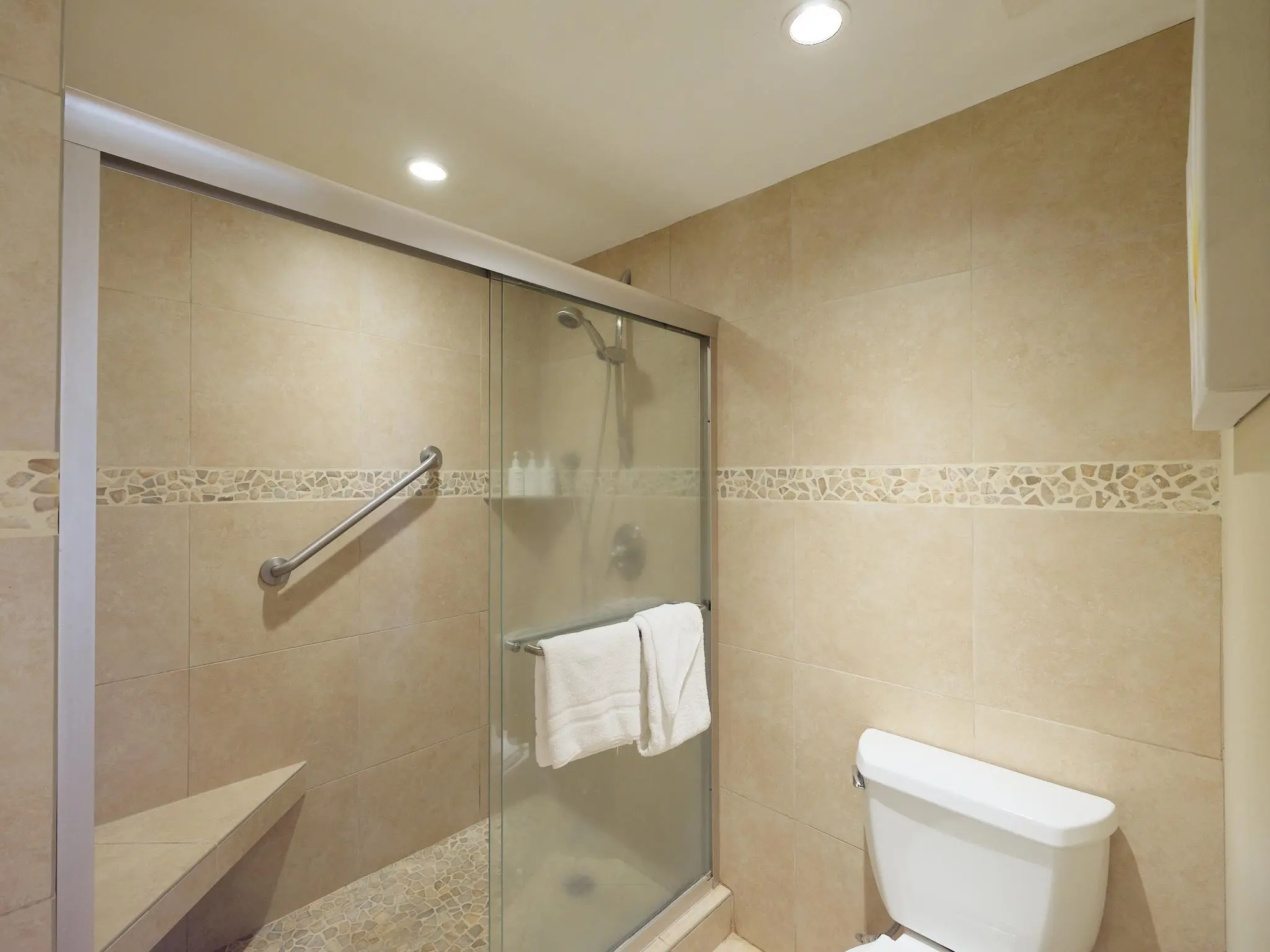
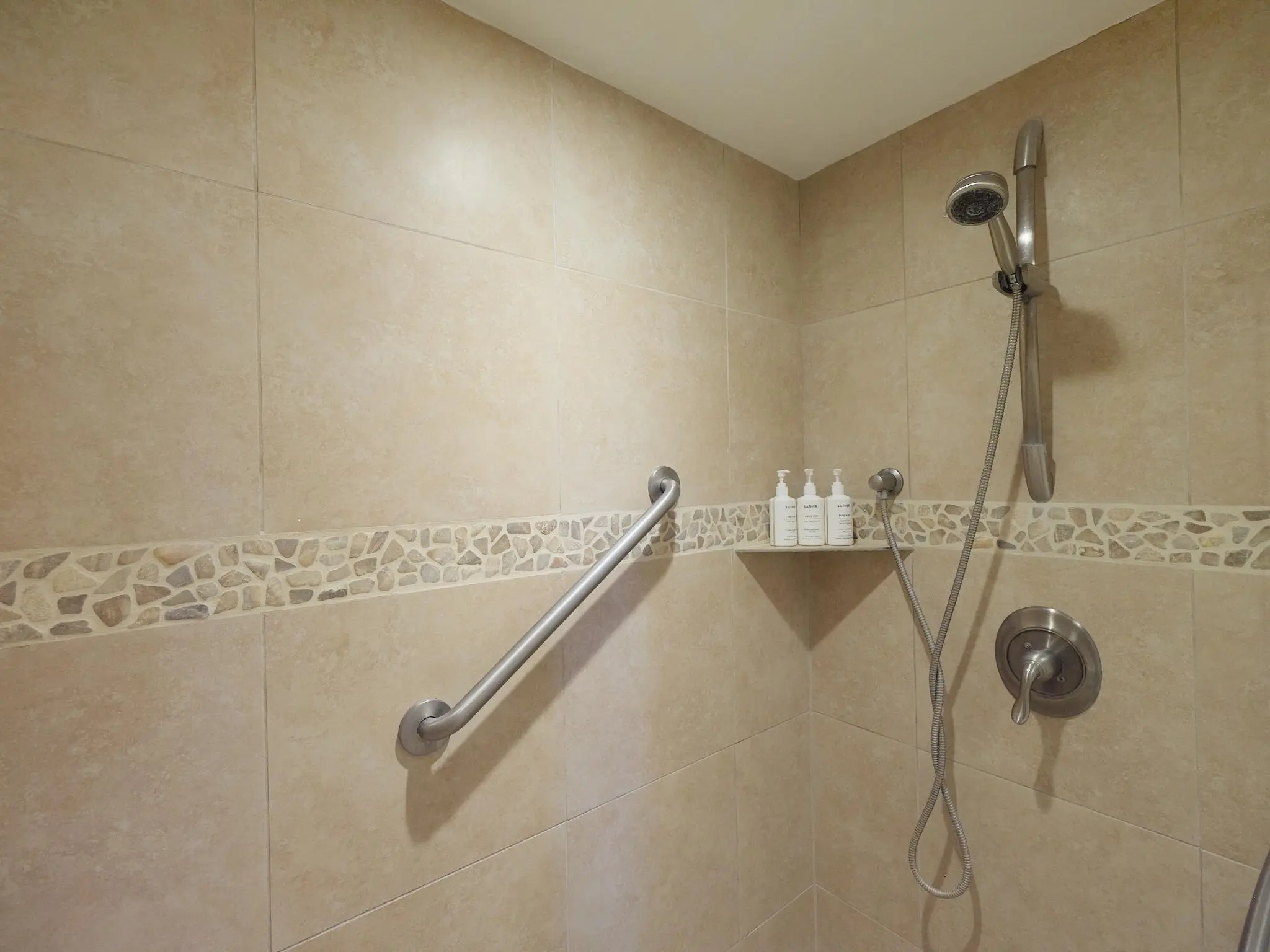
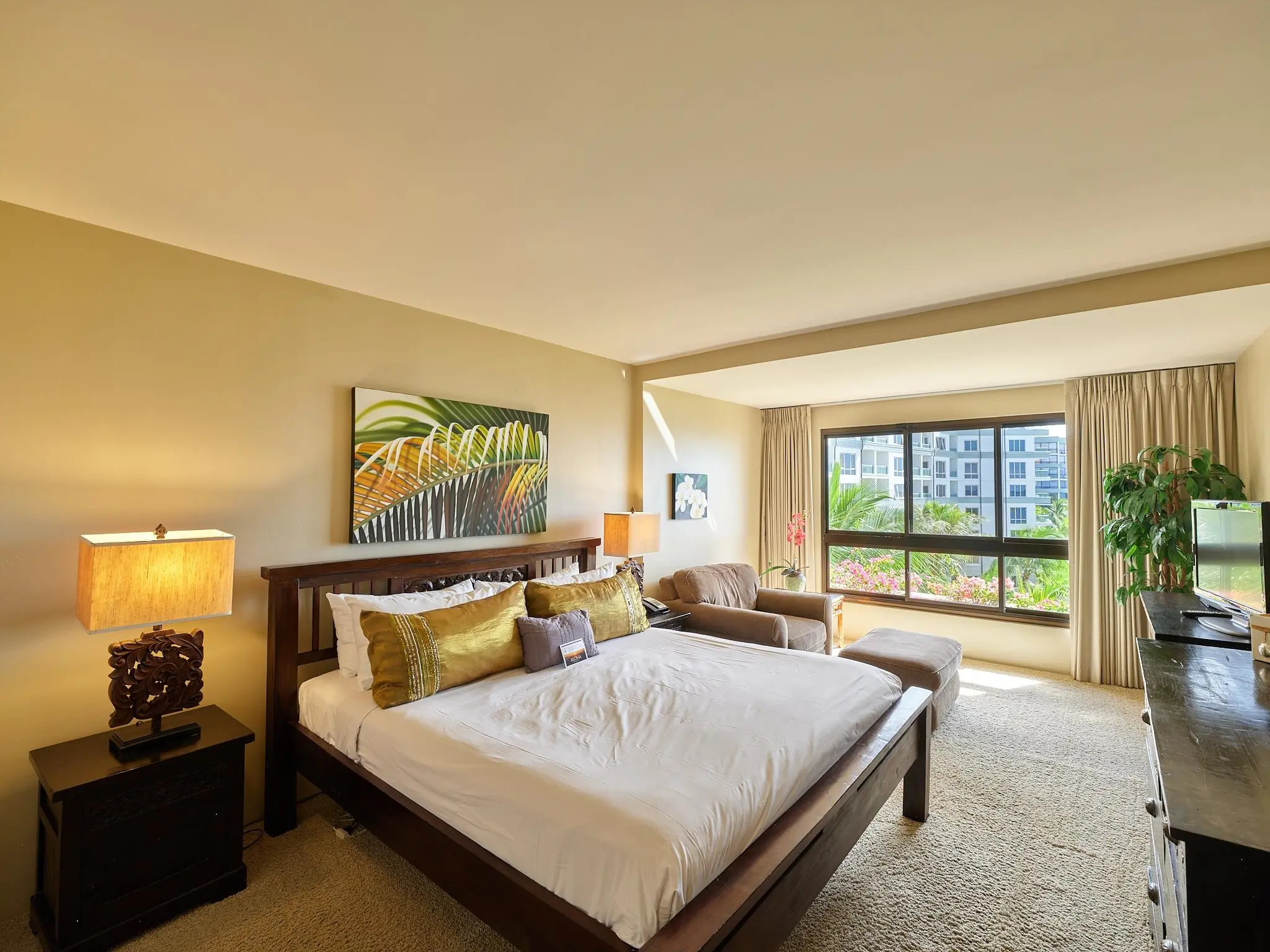
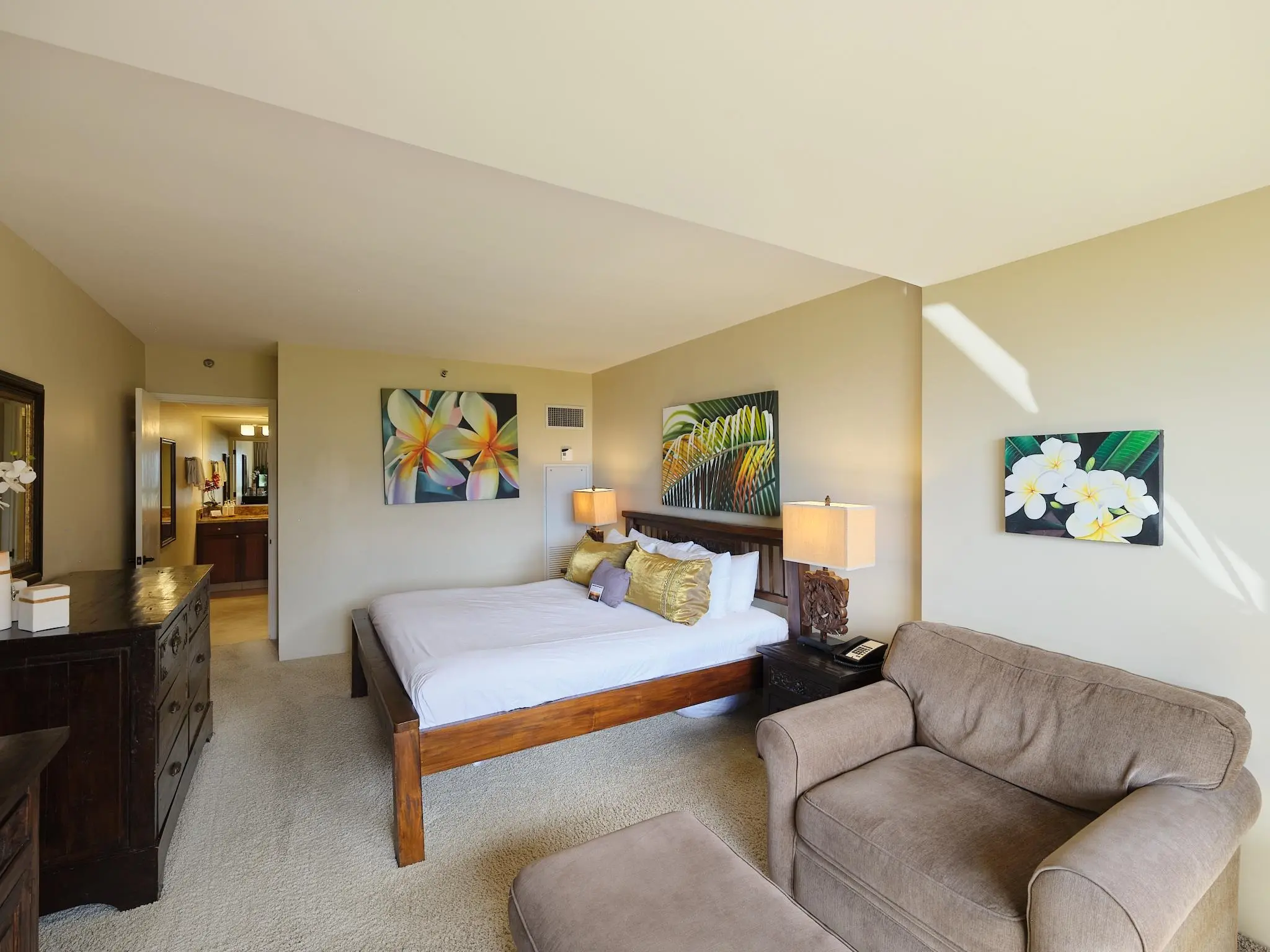
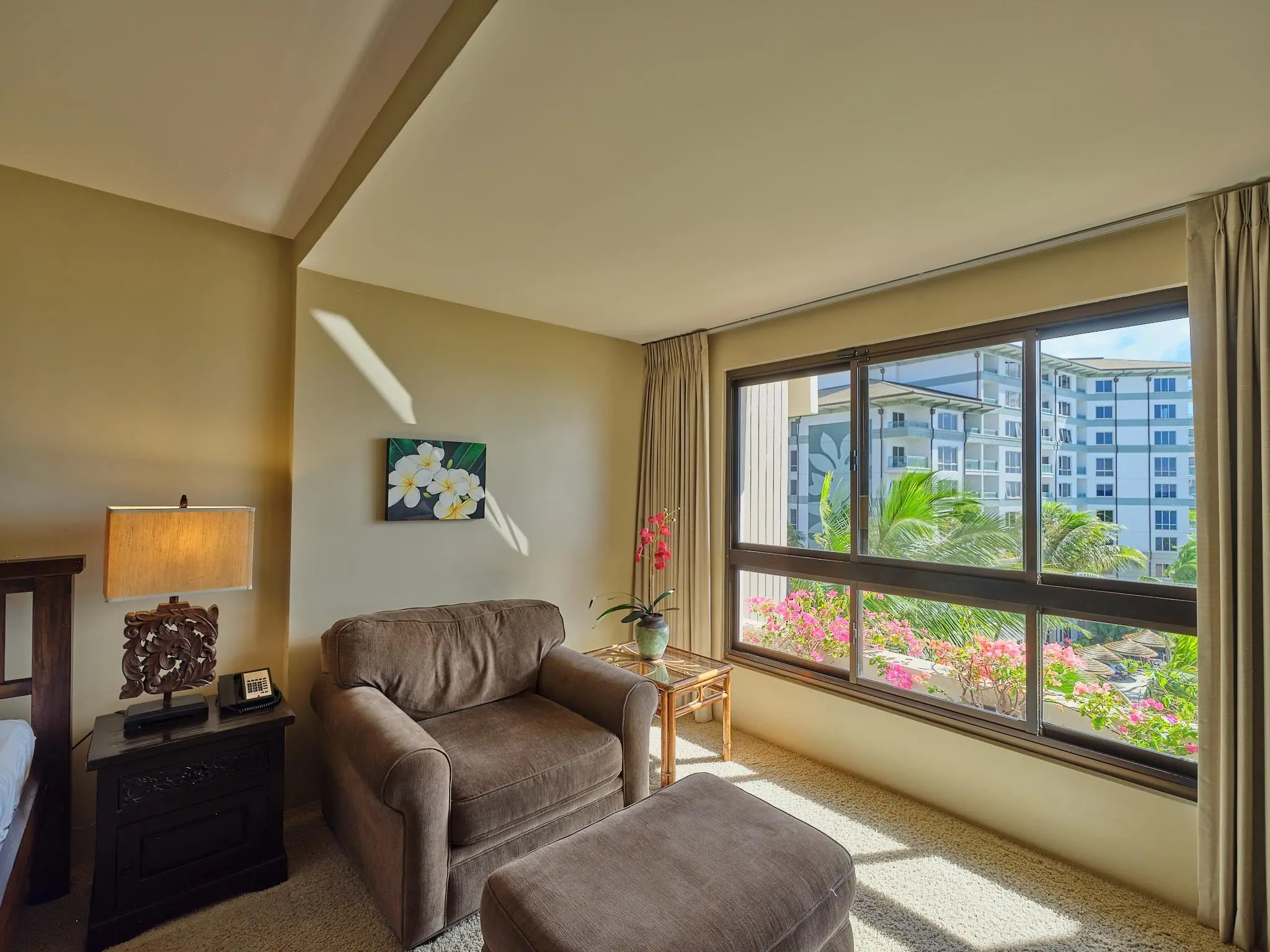
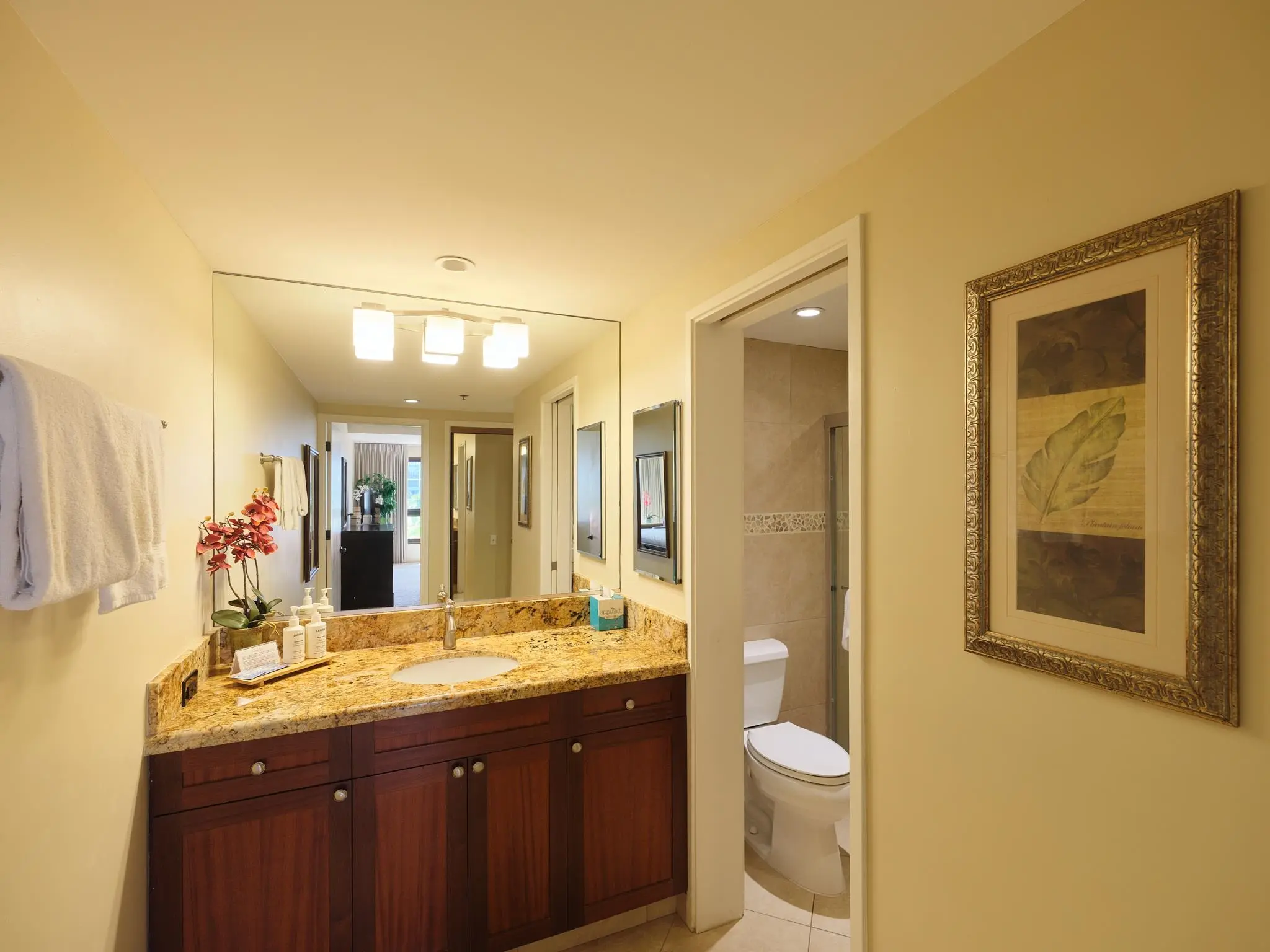
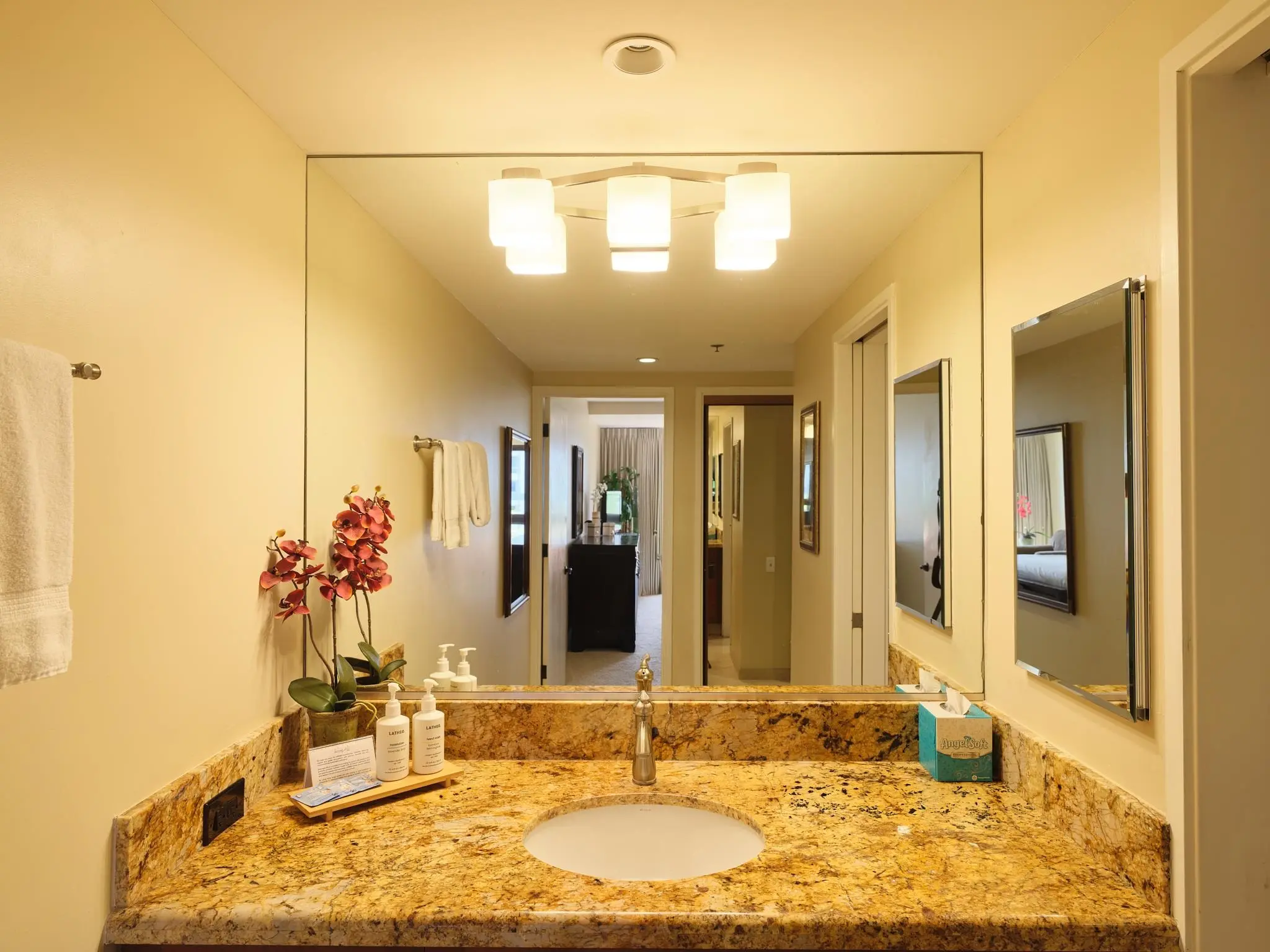
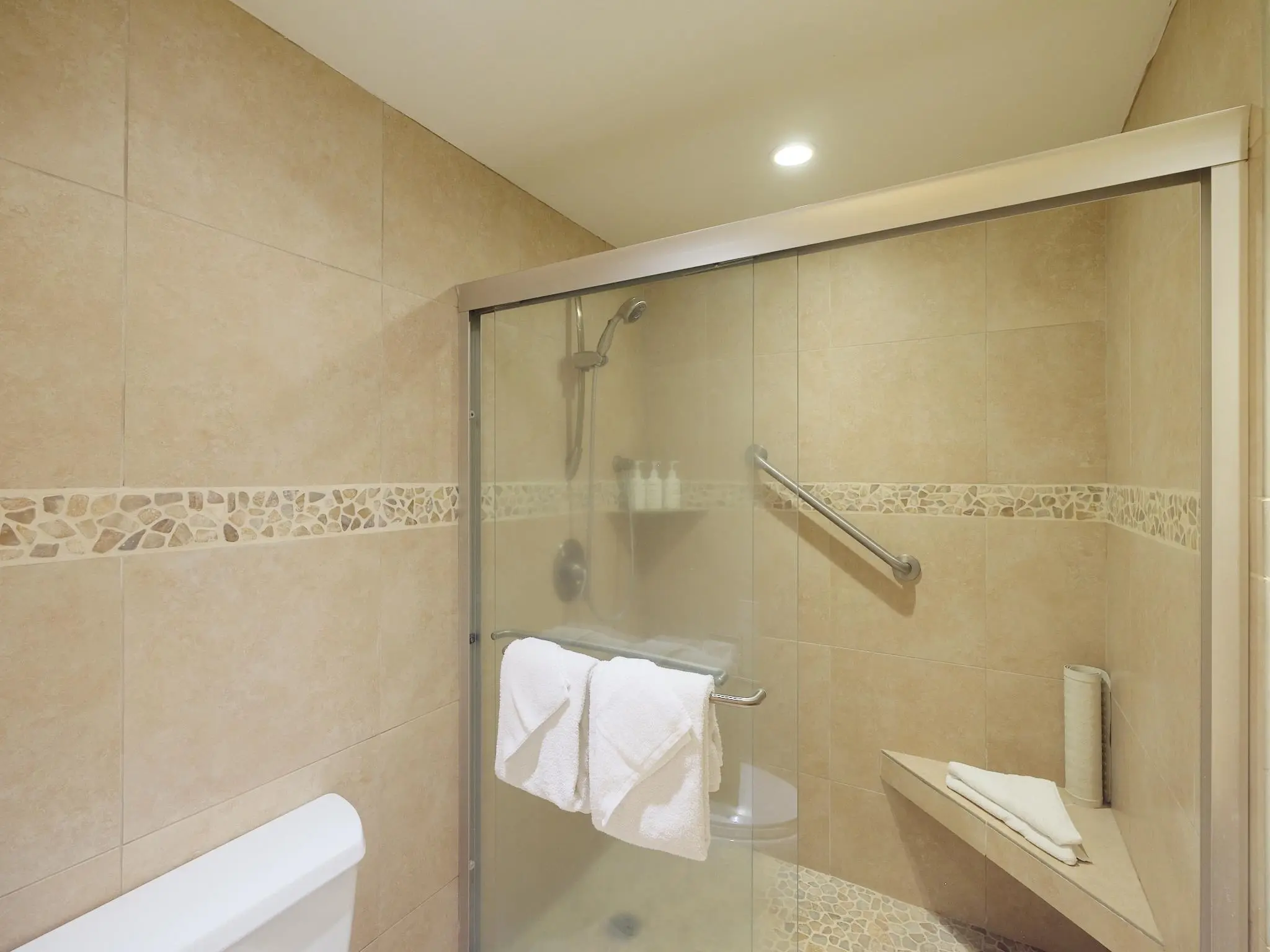
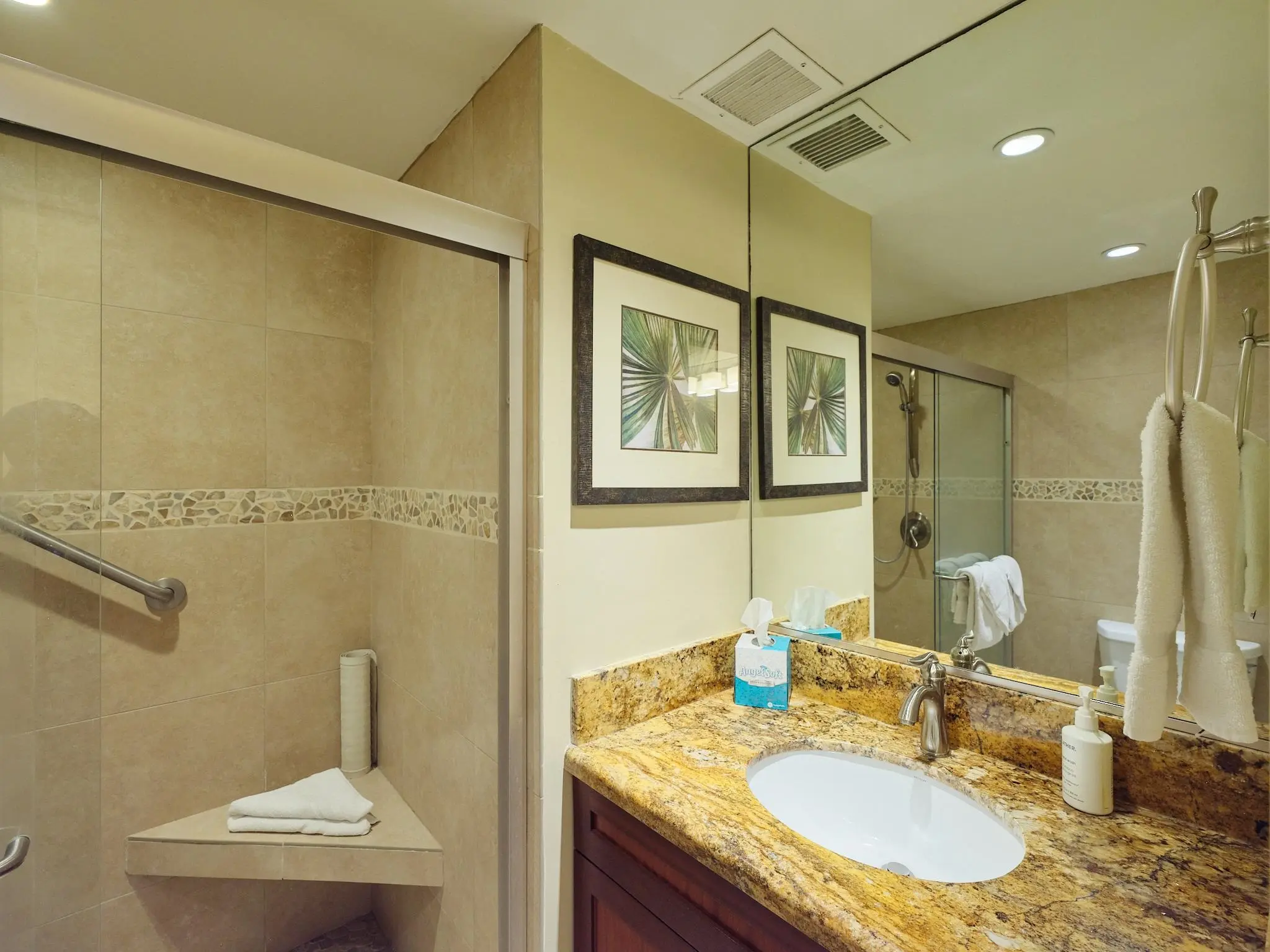
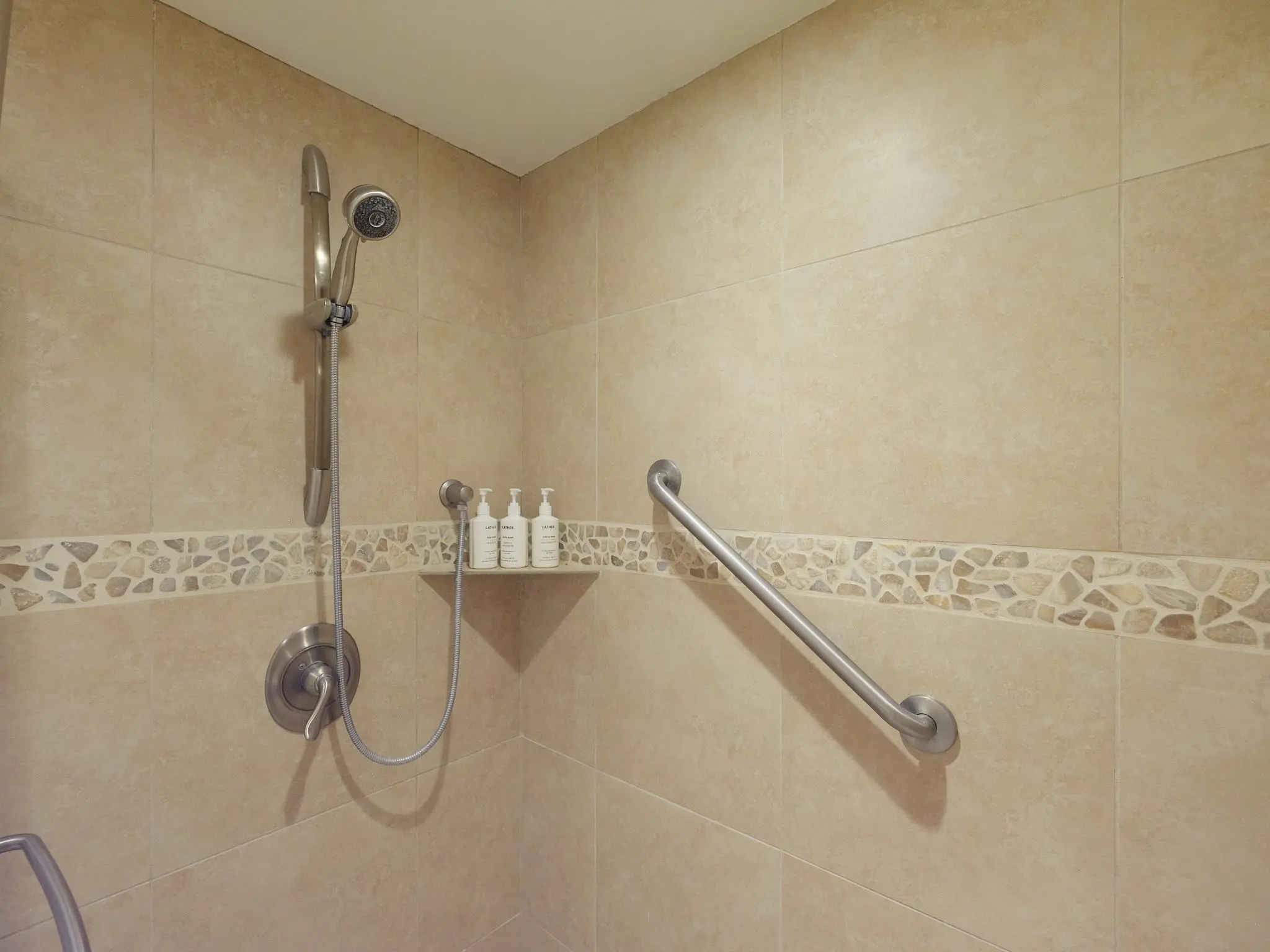
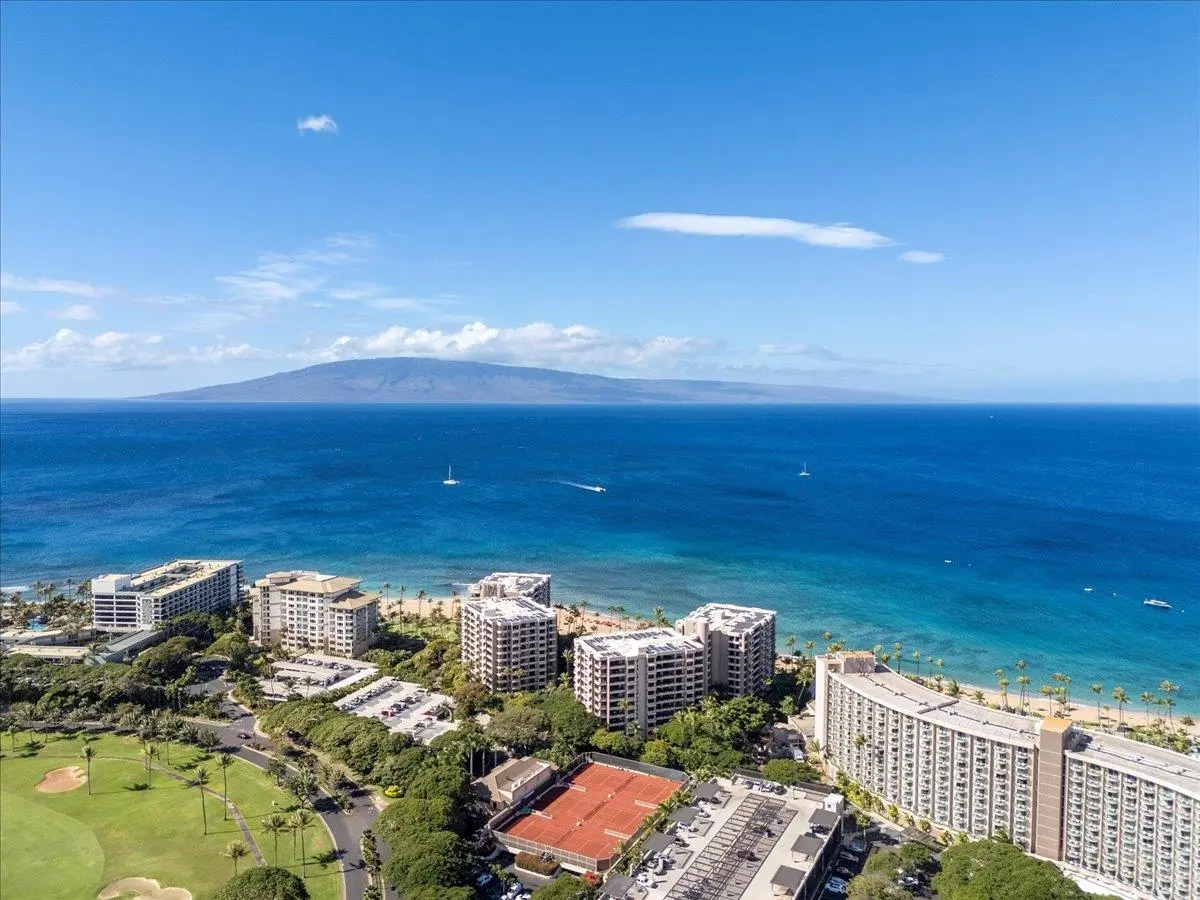
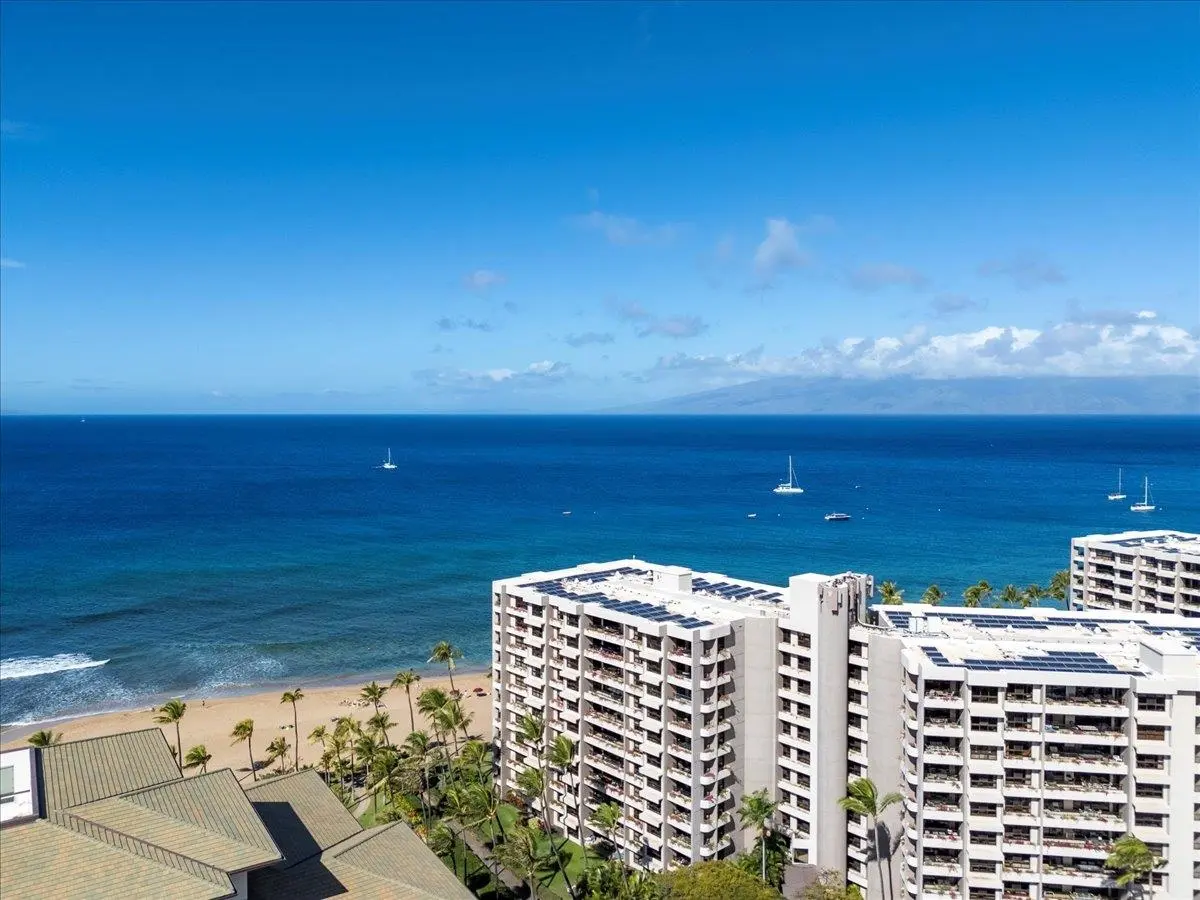

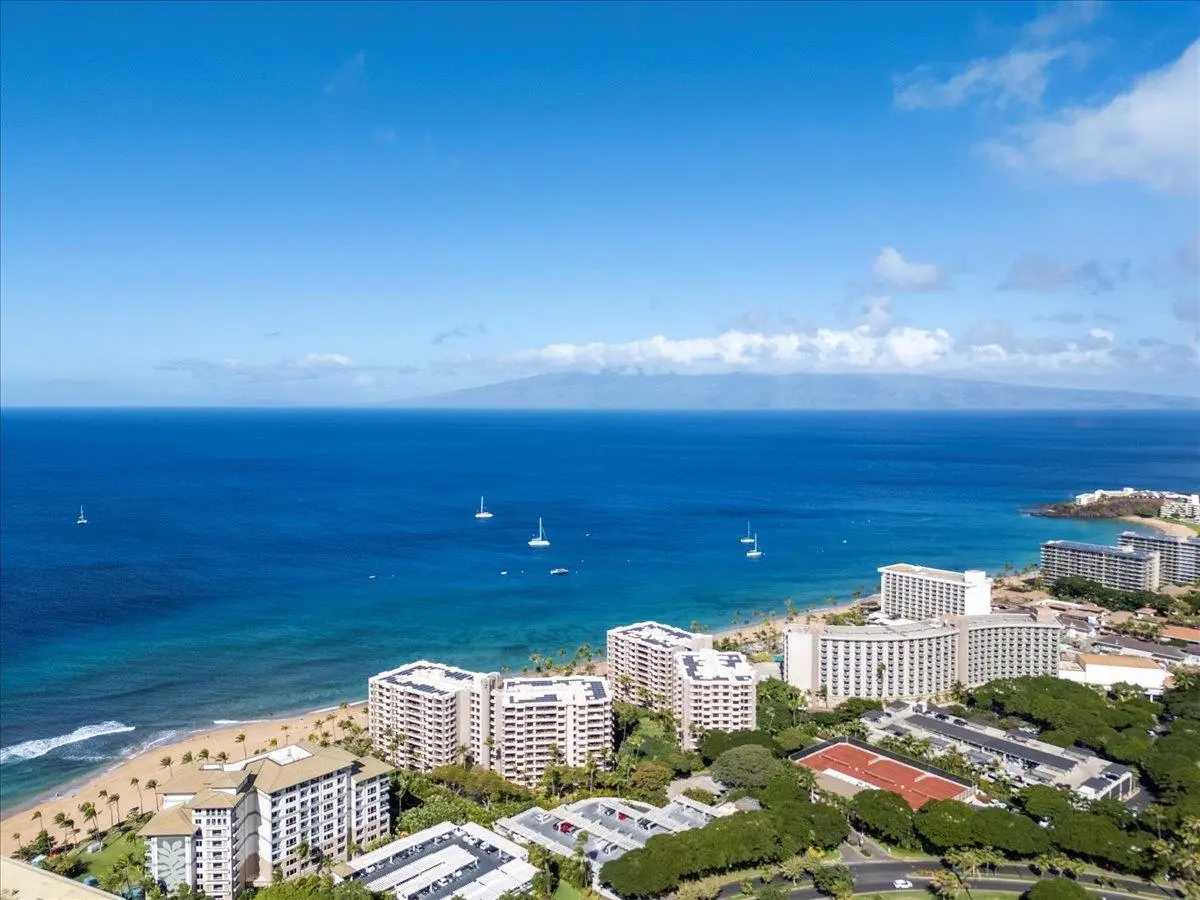

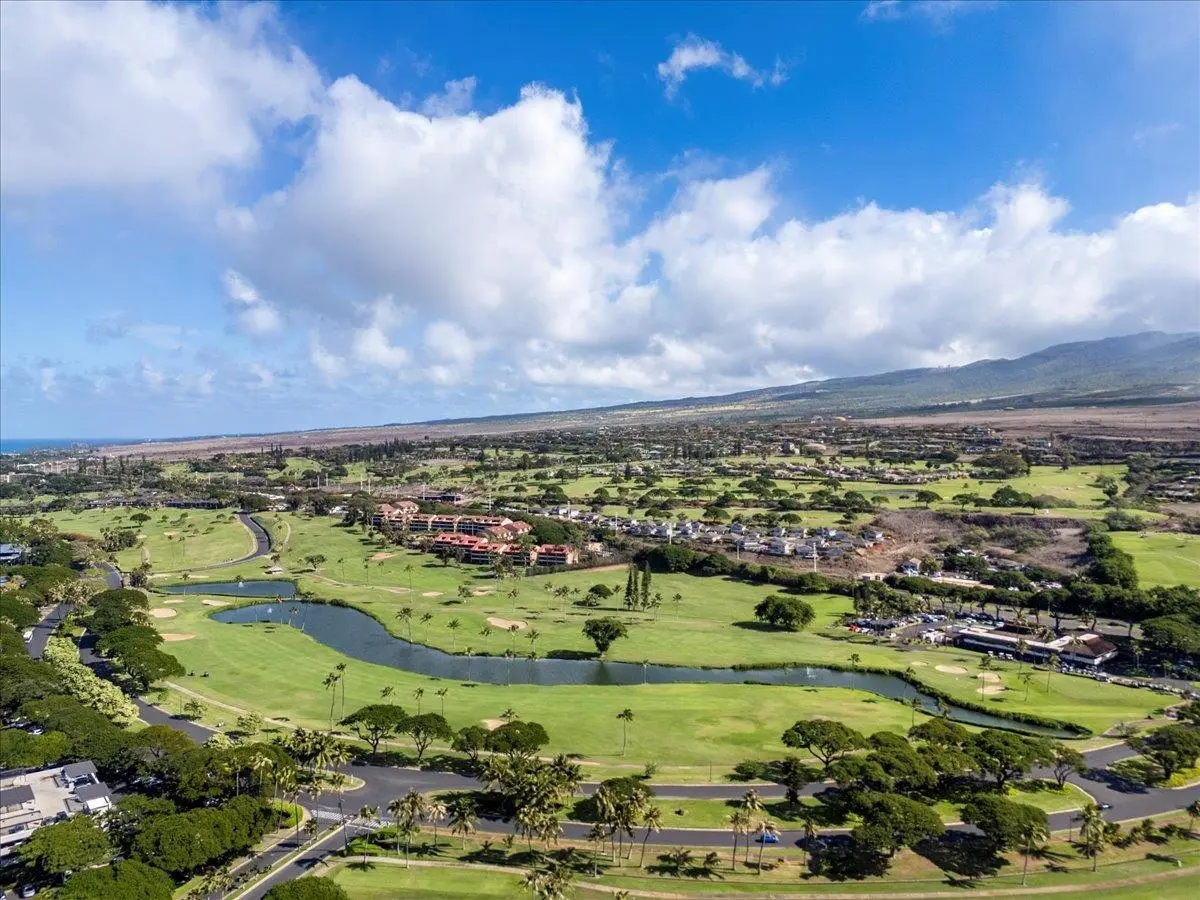
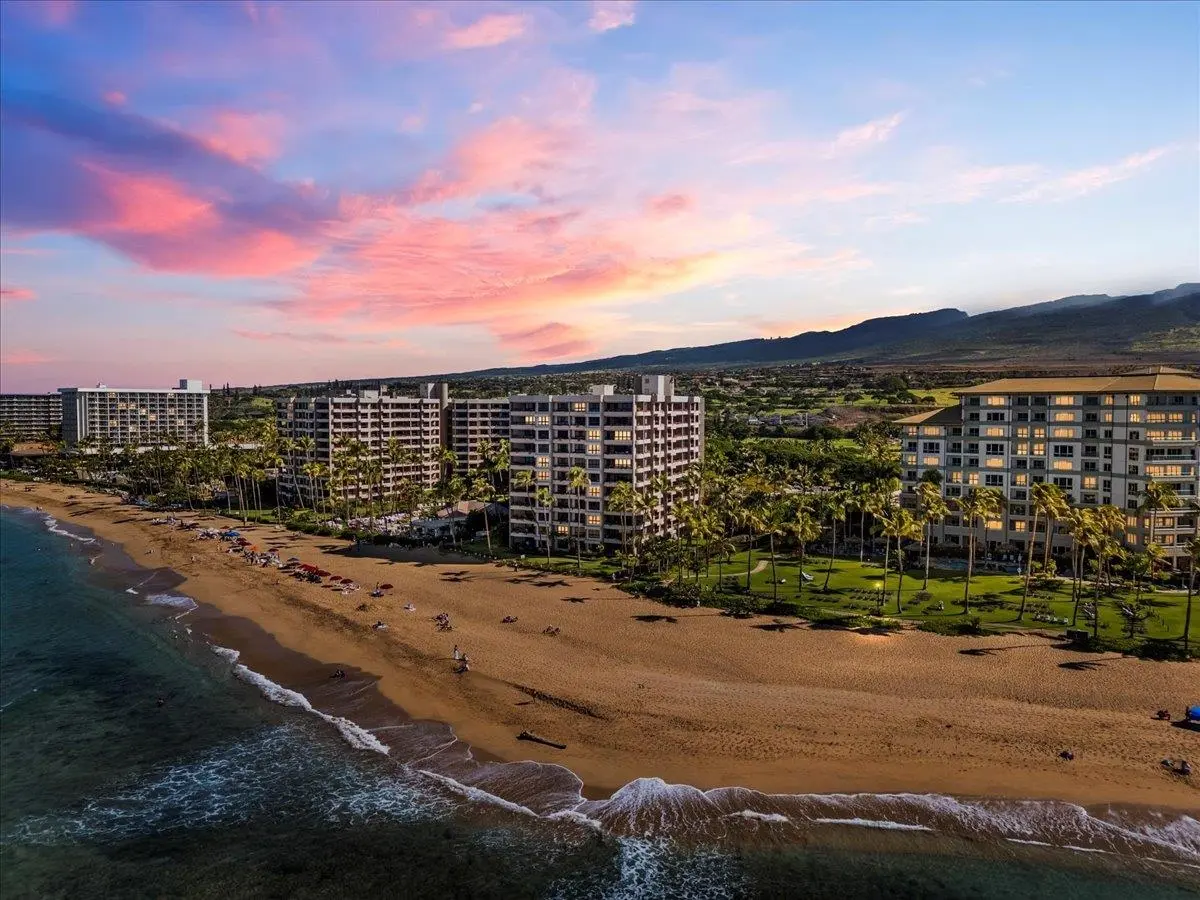

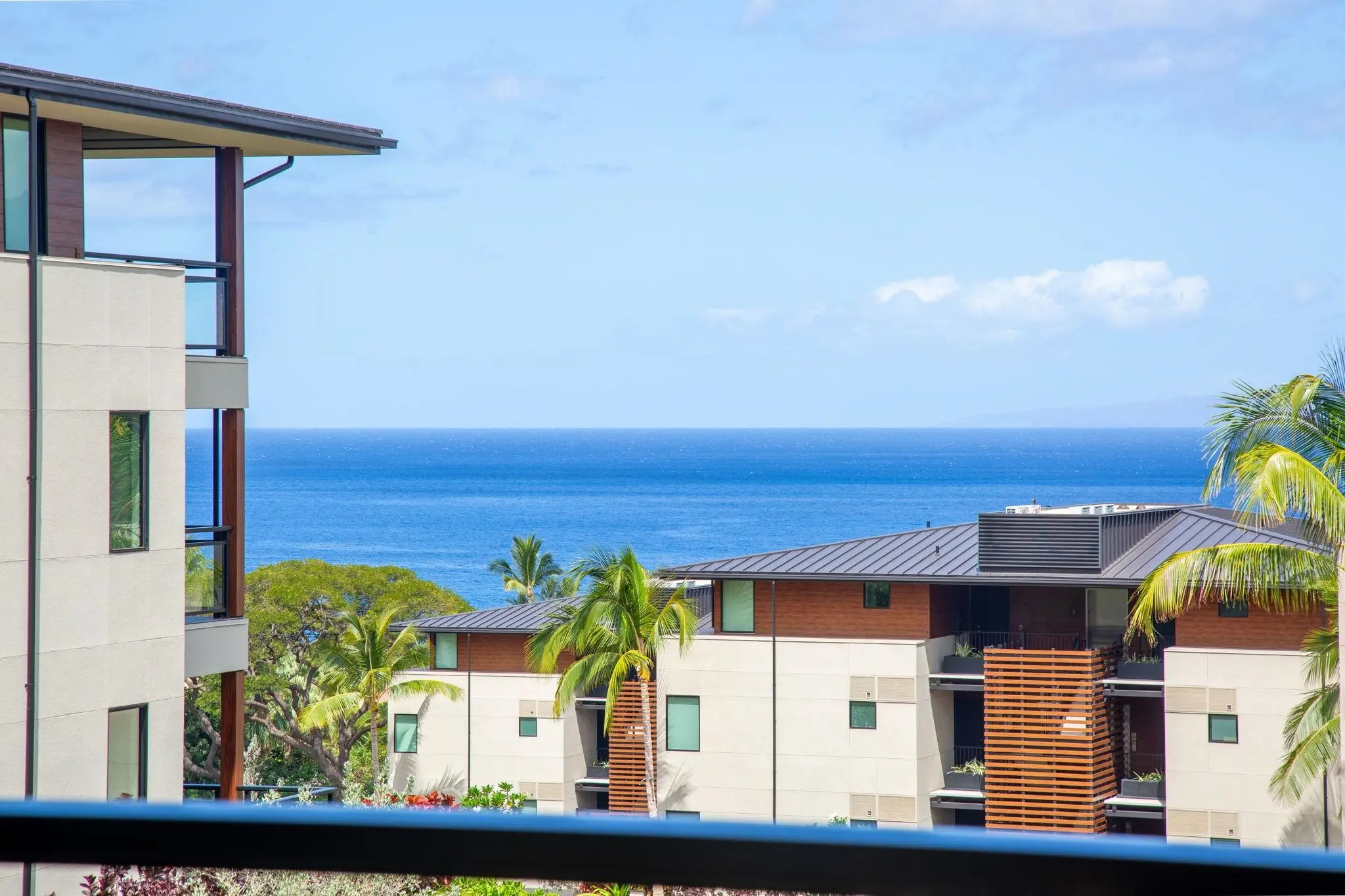

















































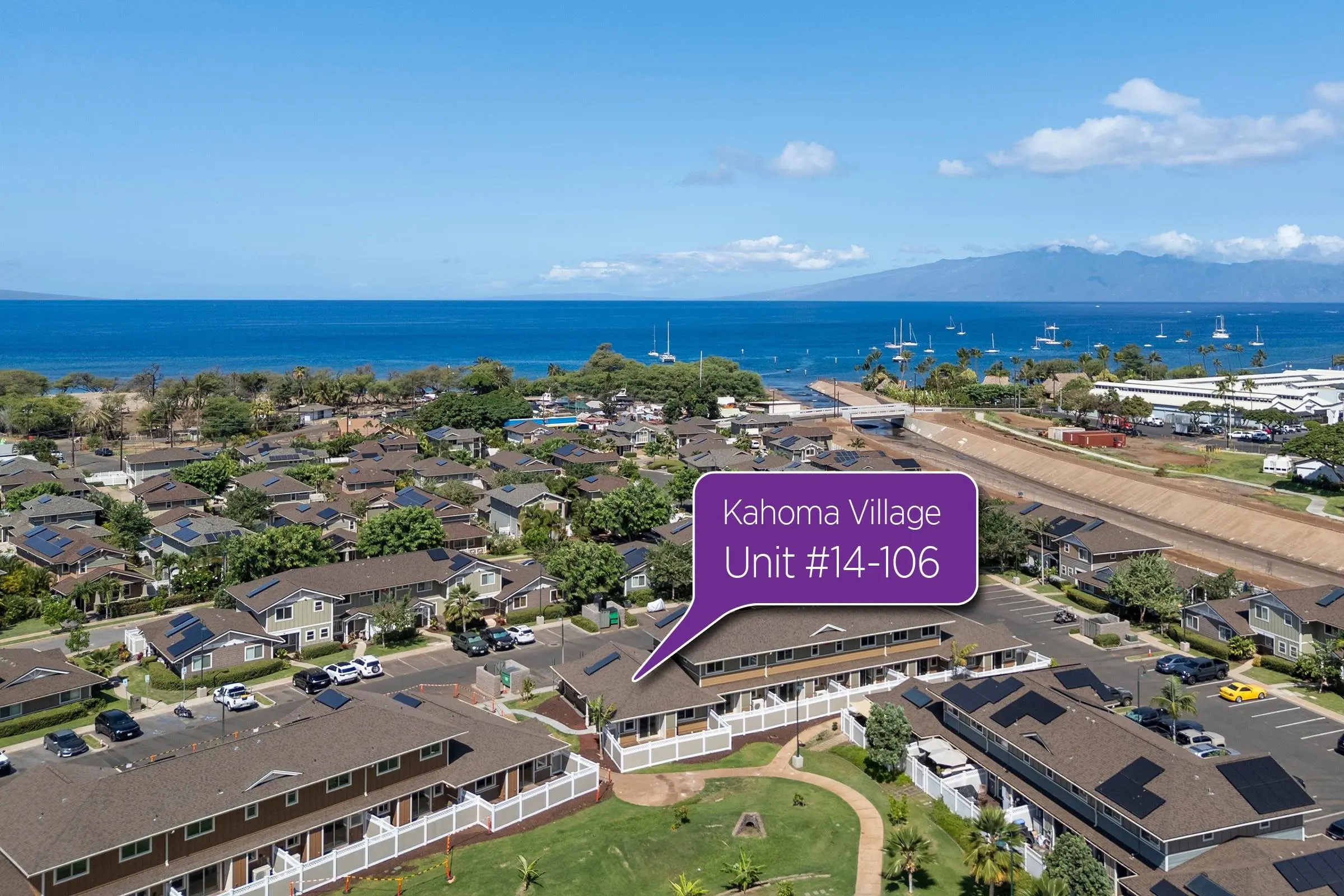









































Leave A Comment